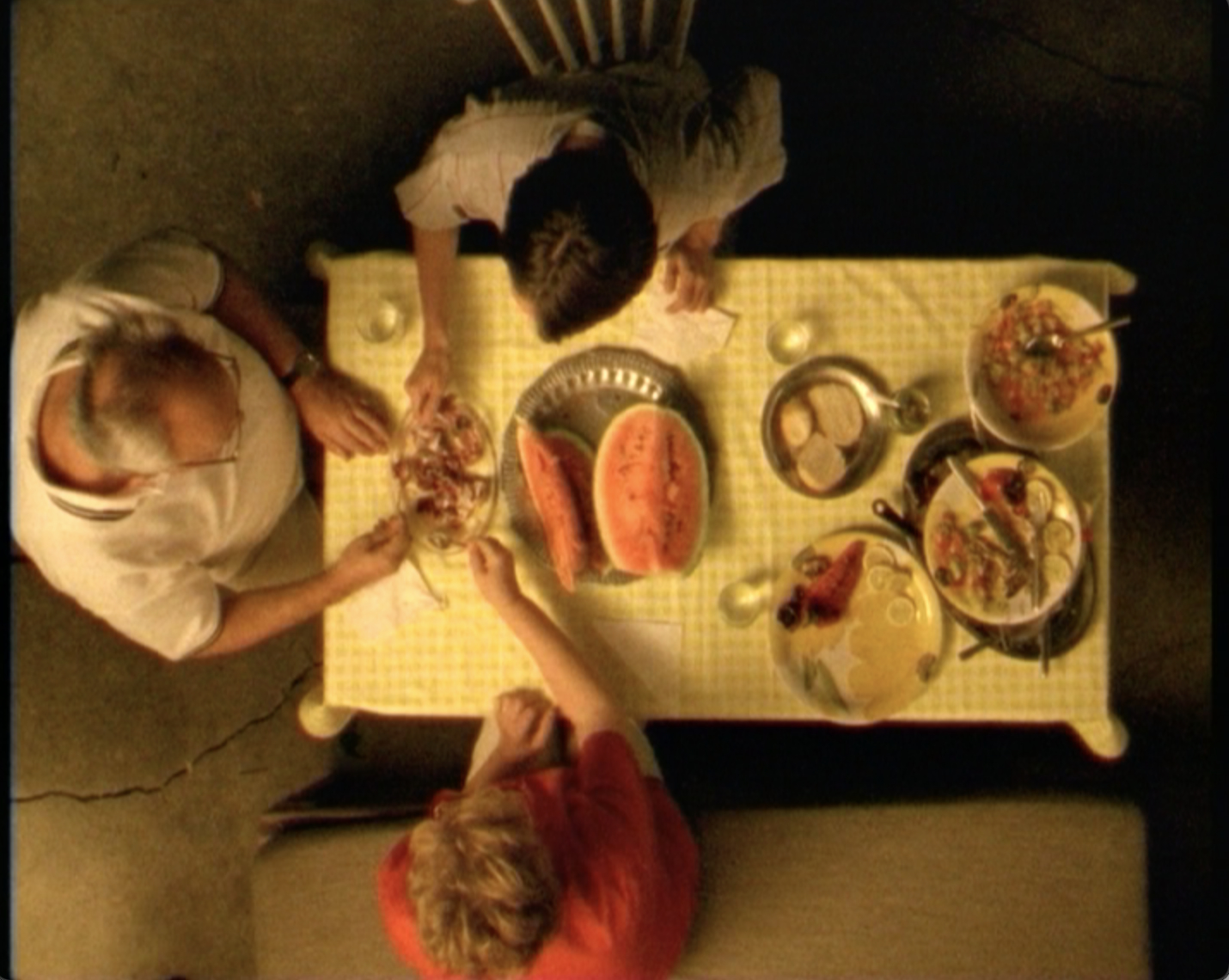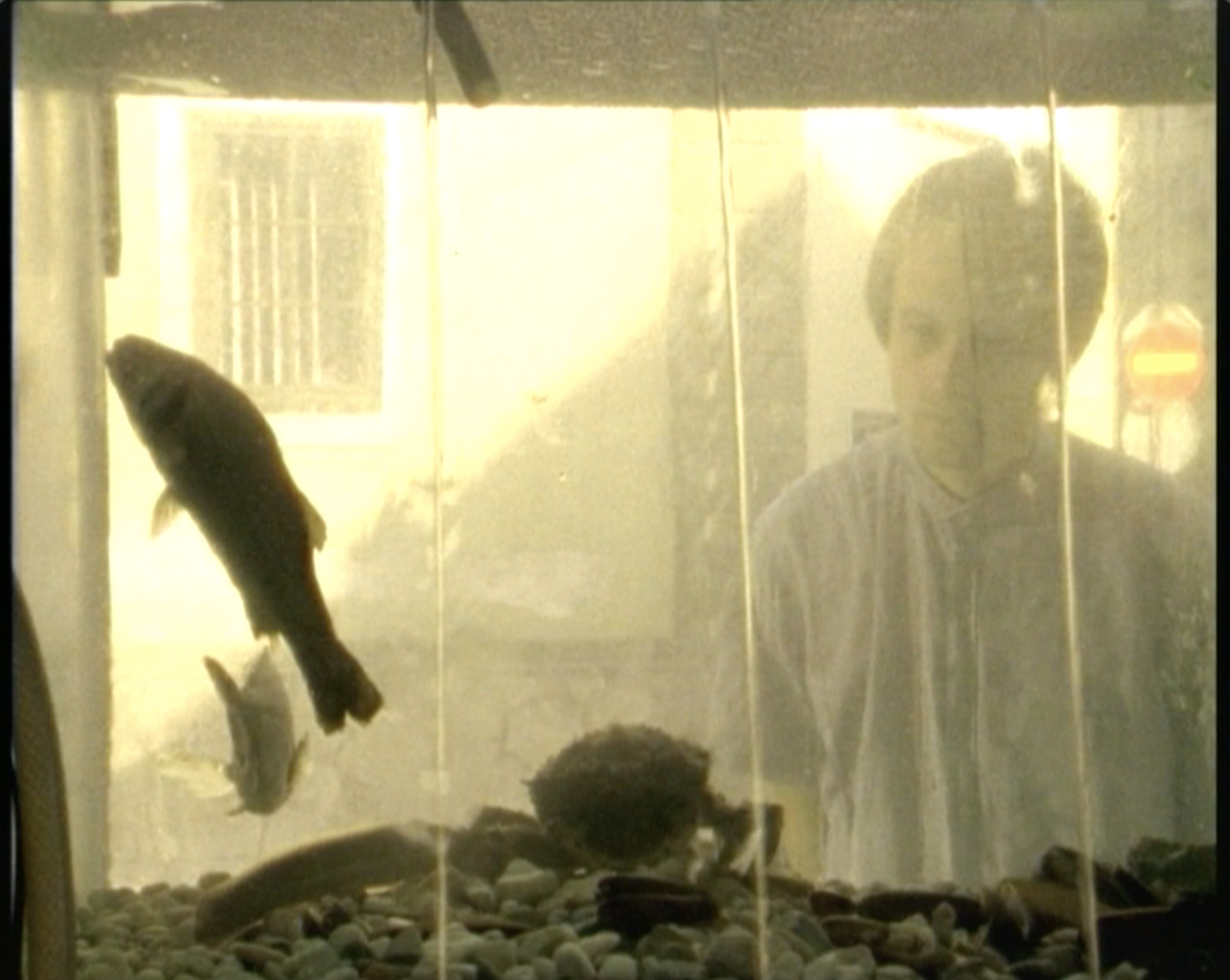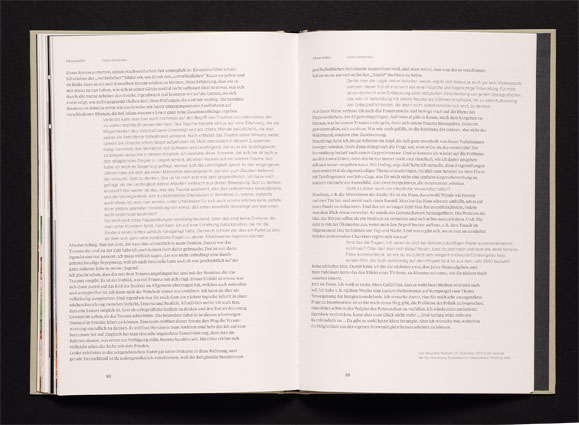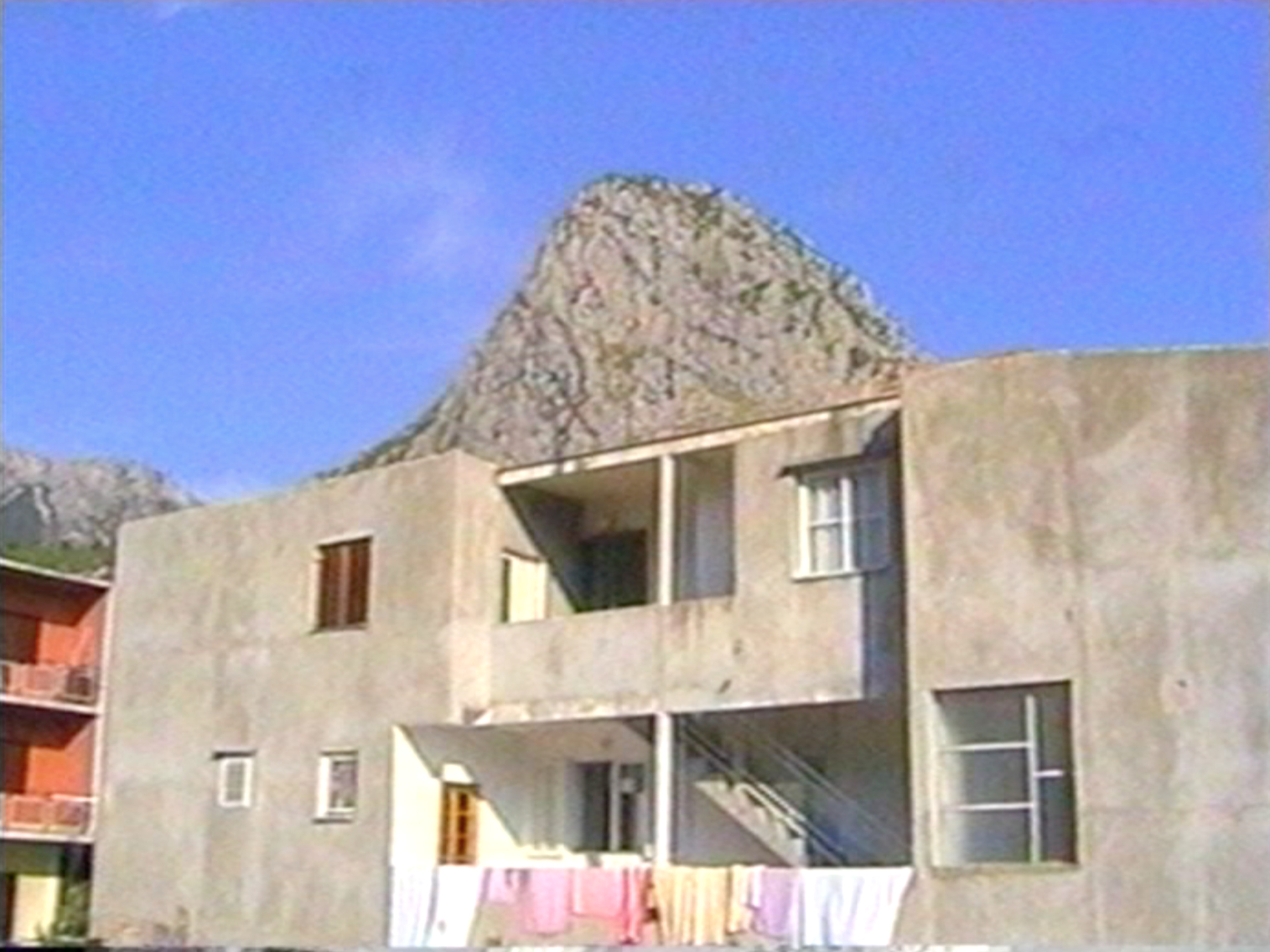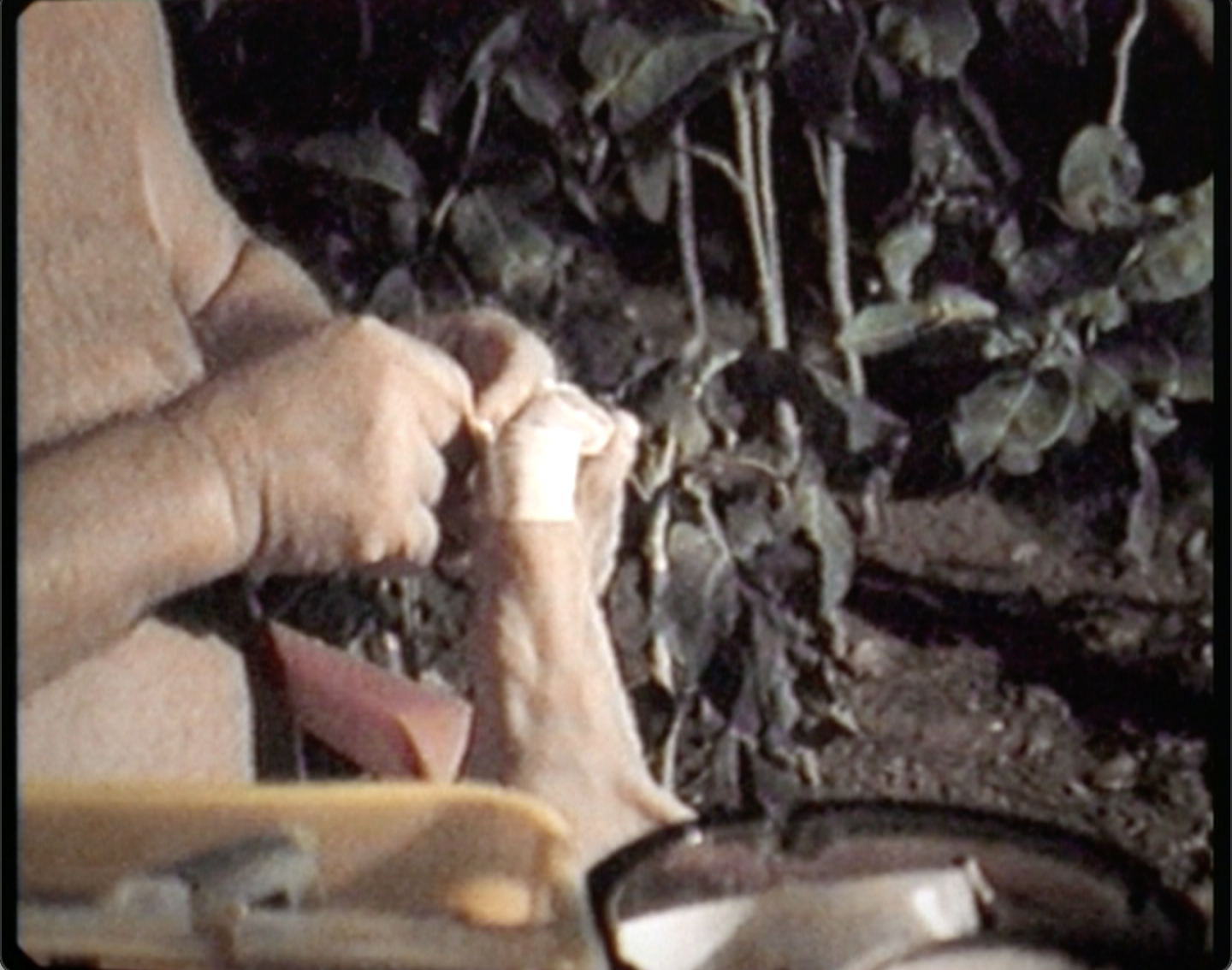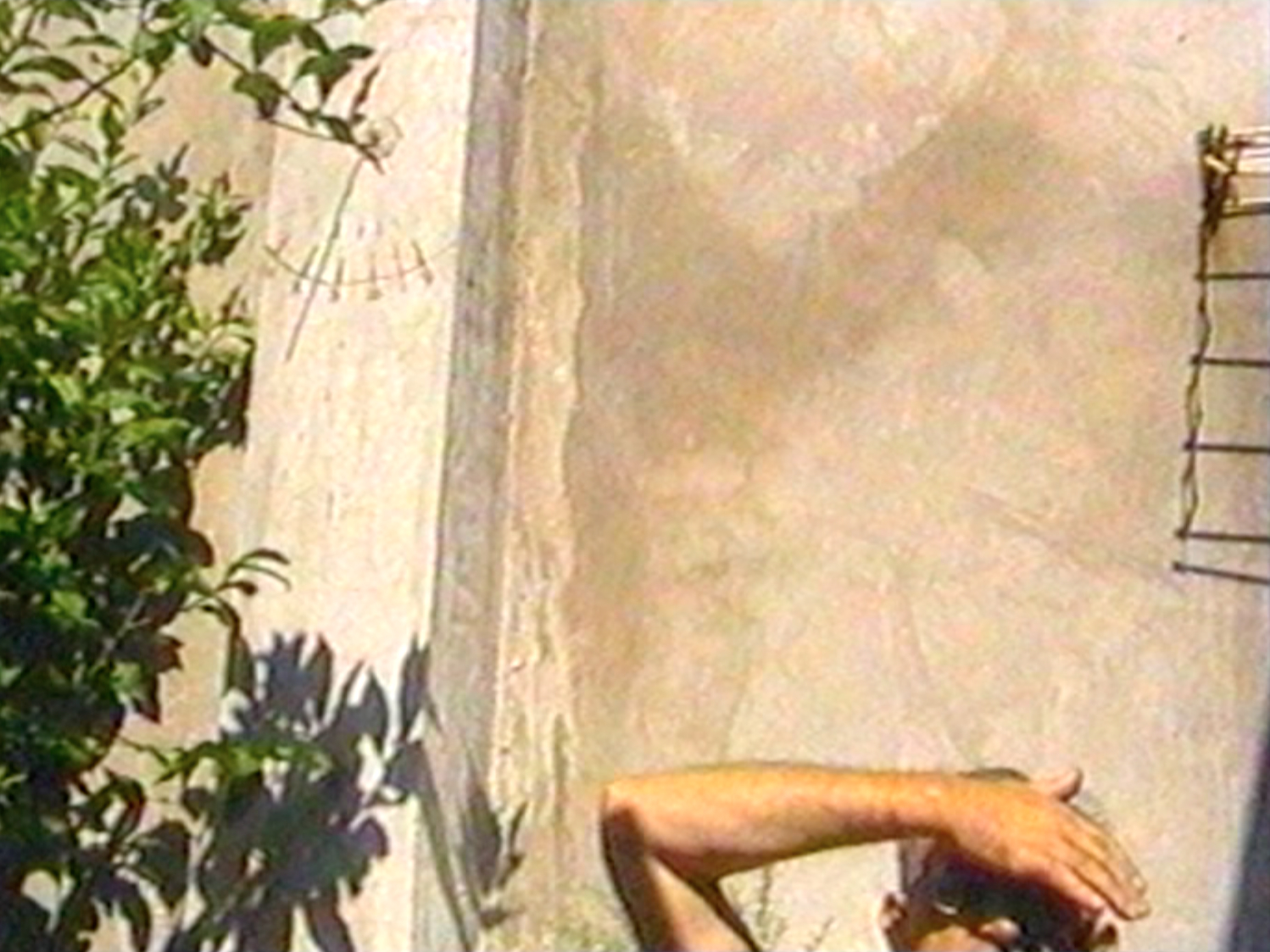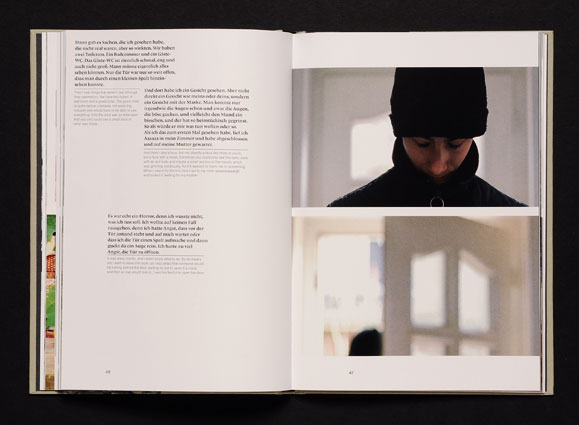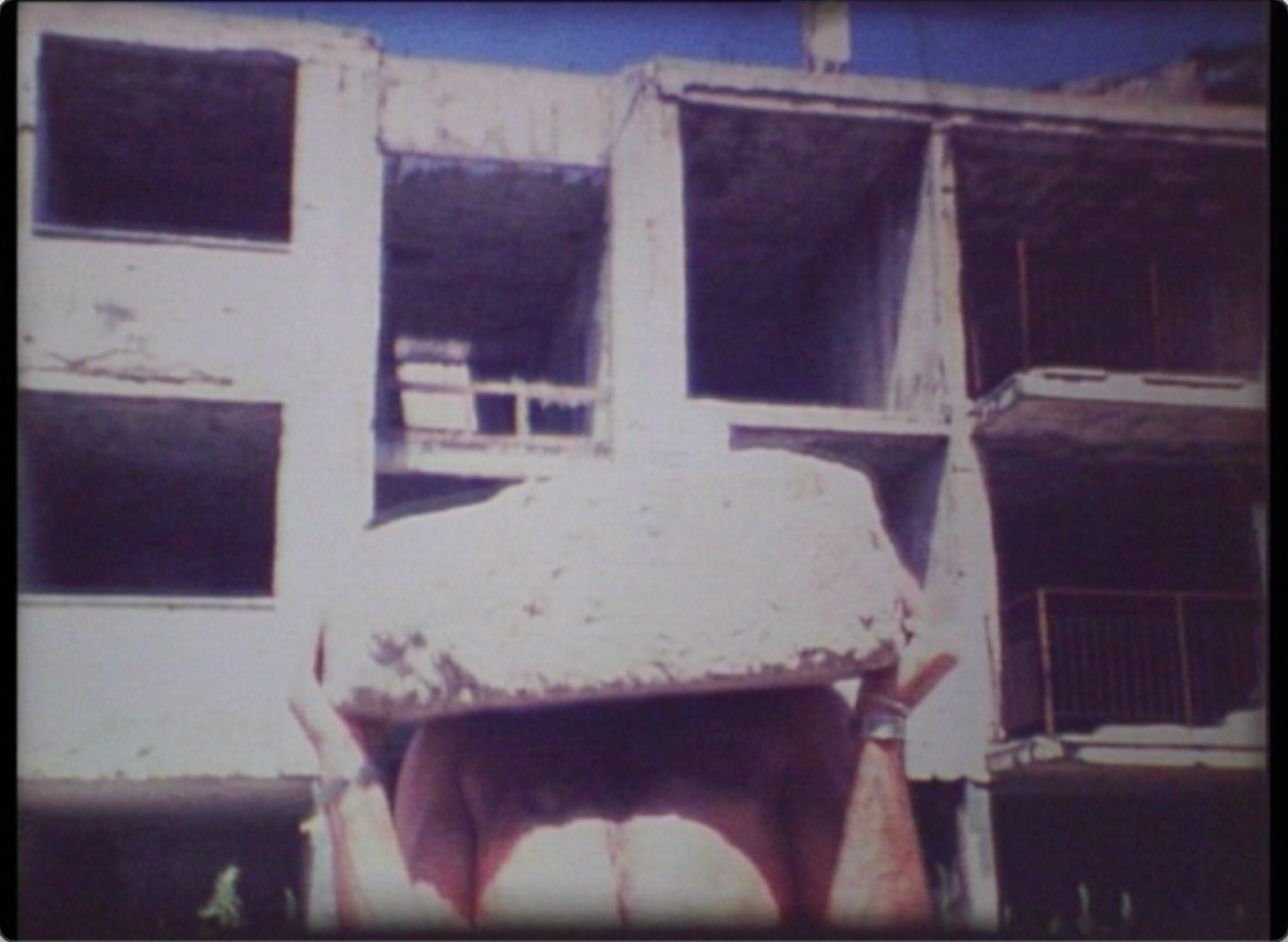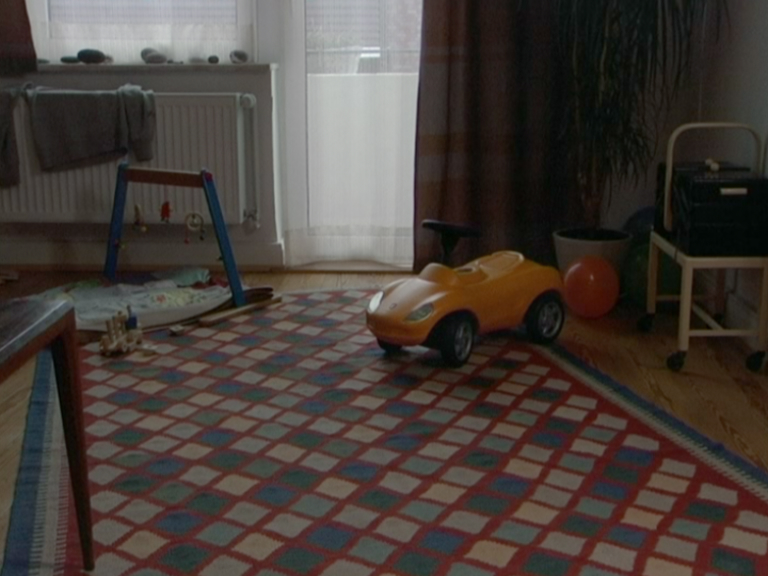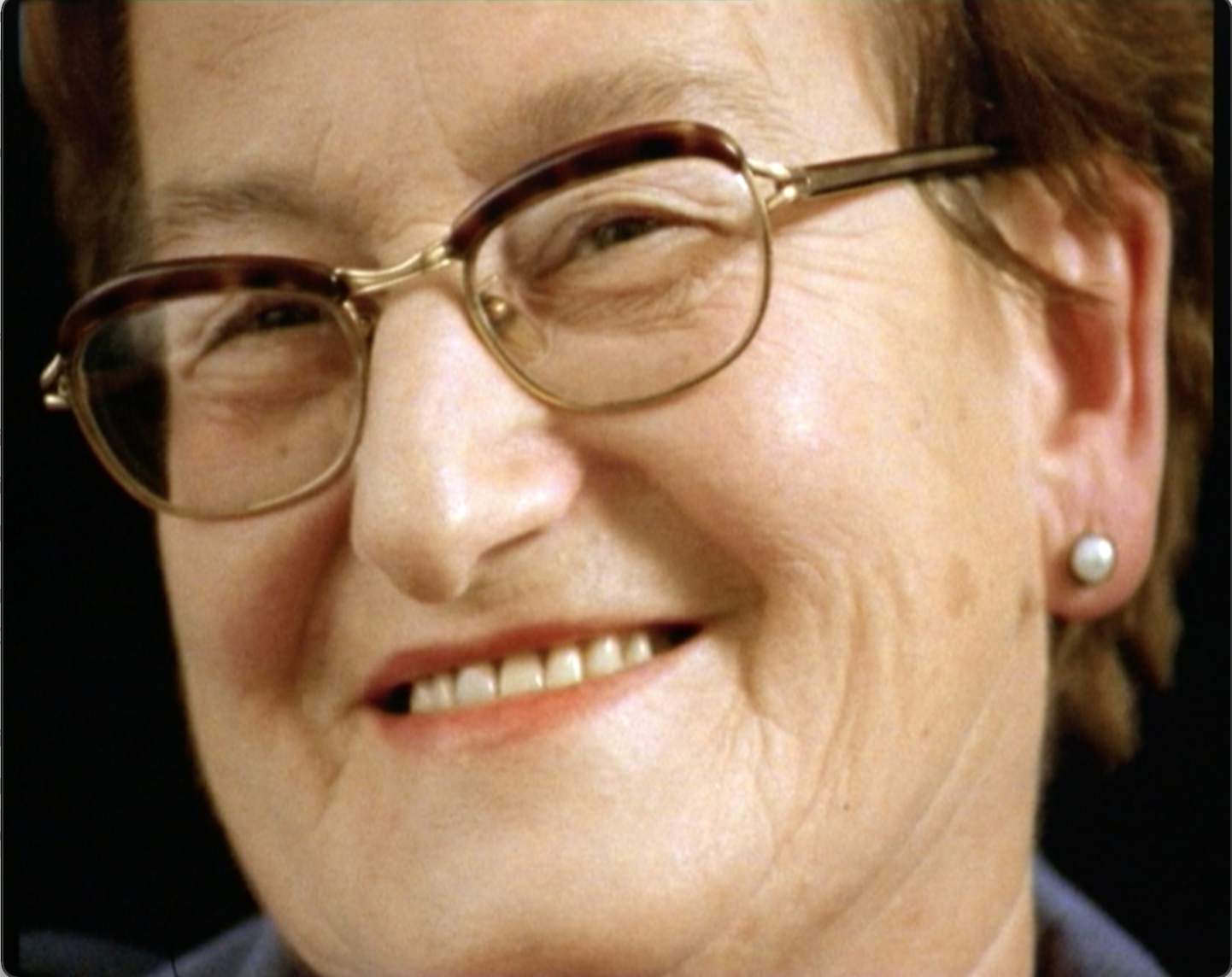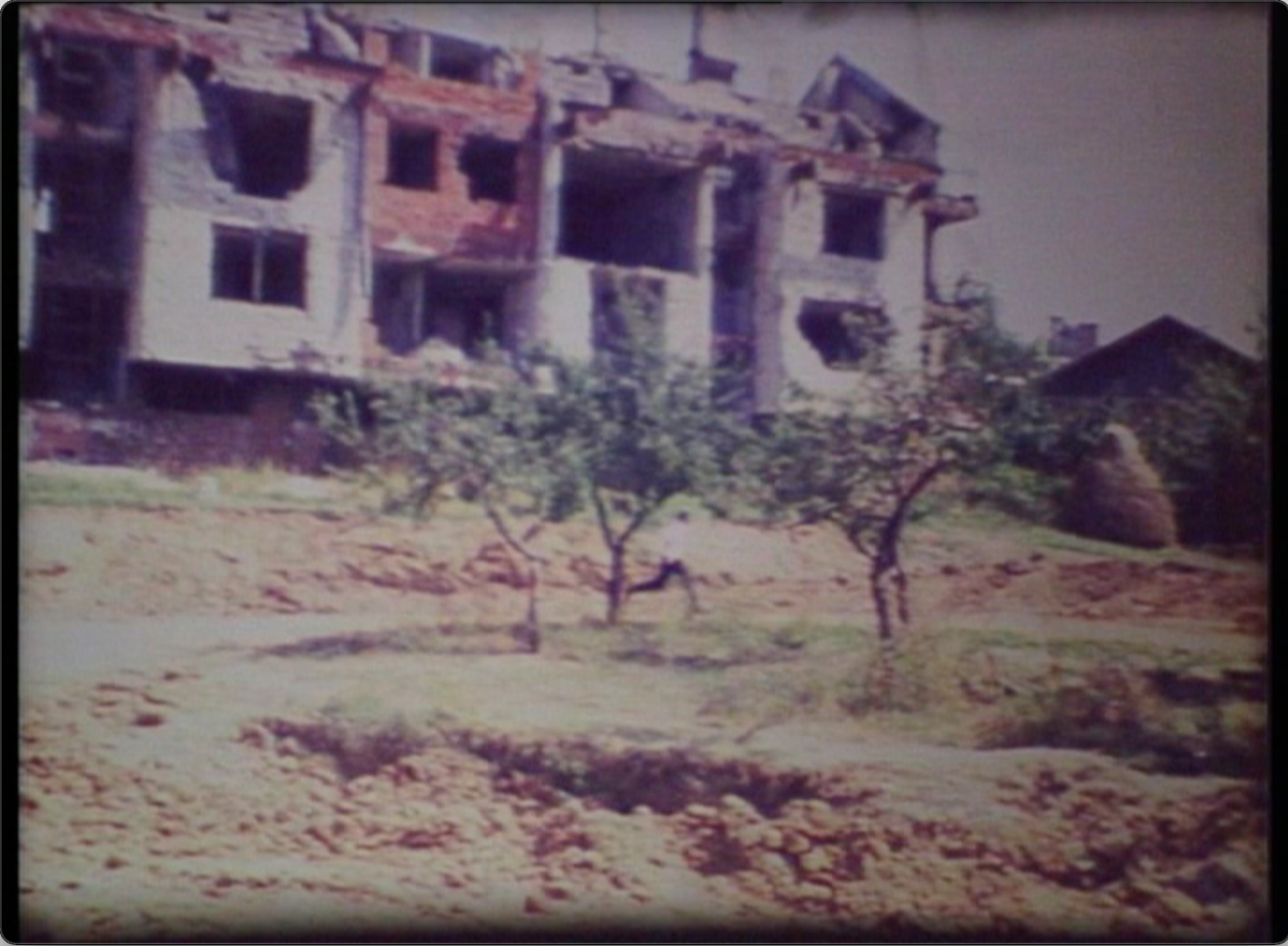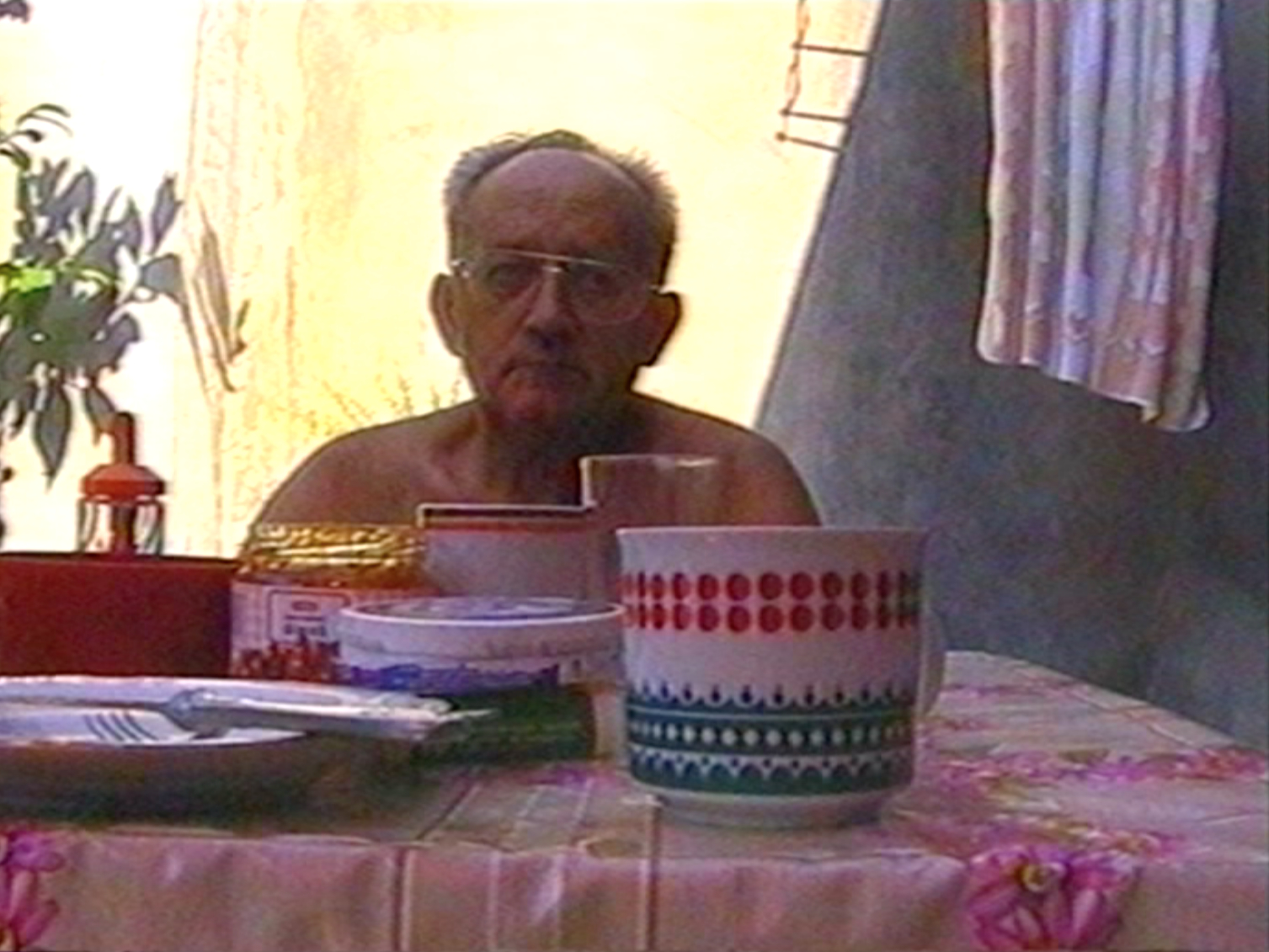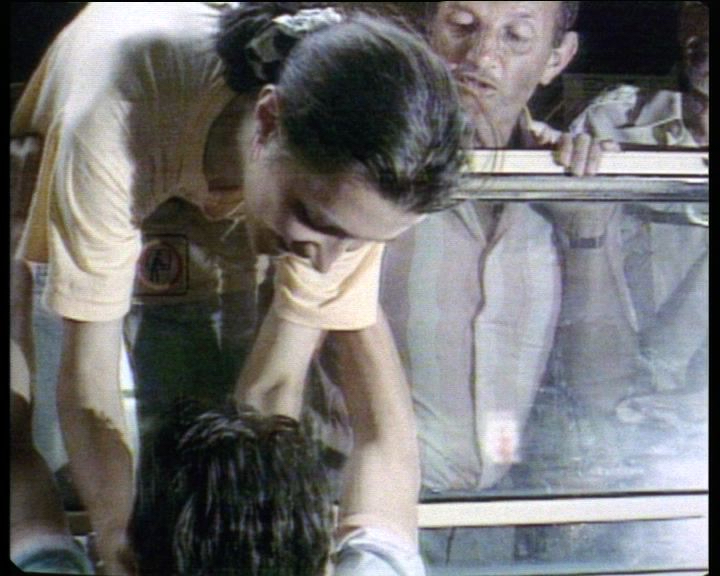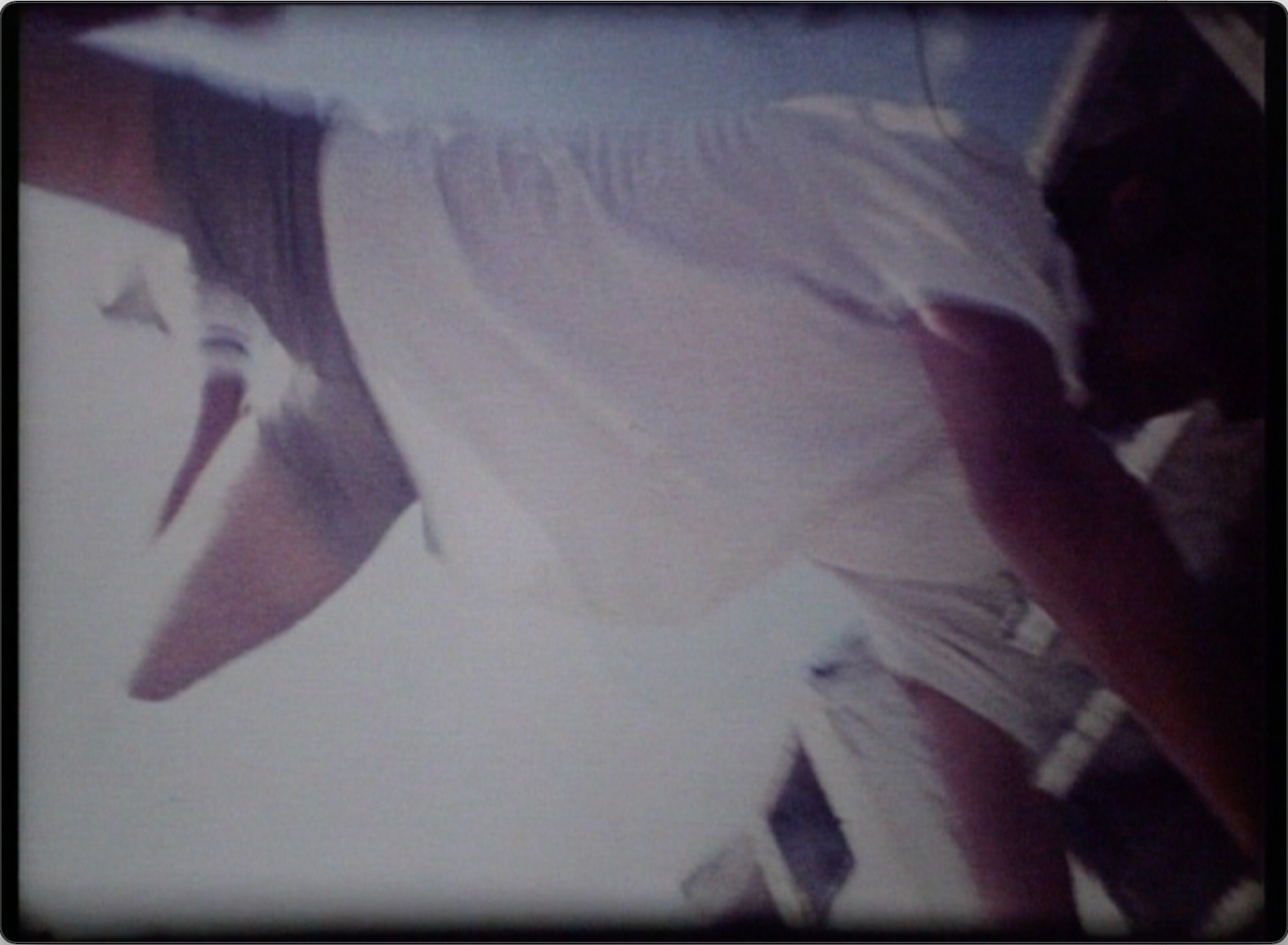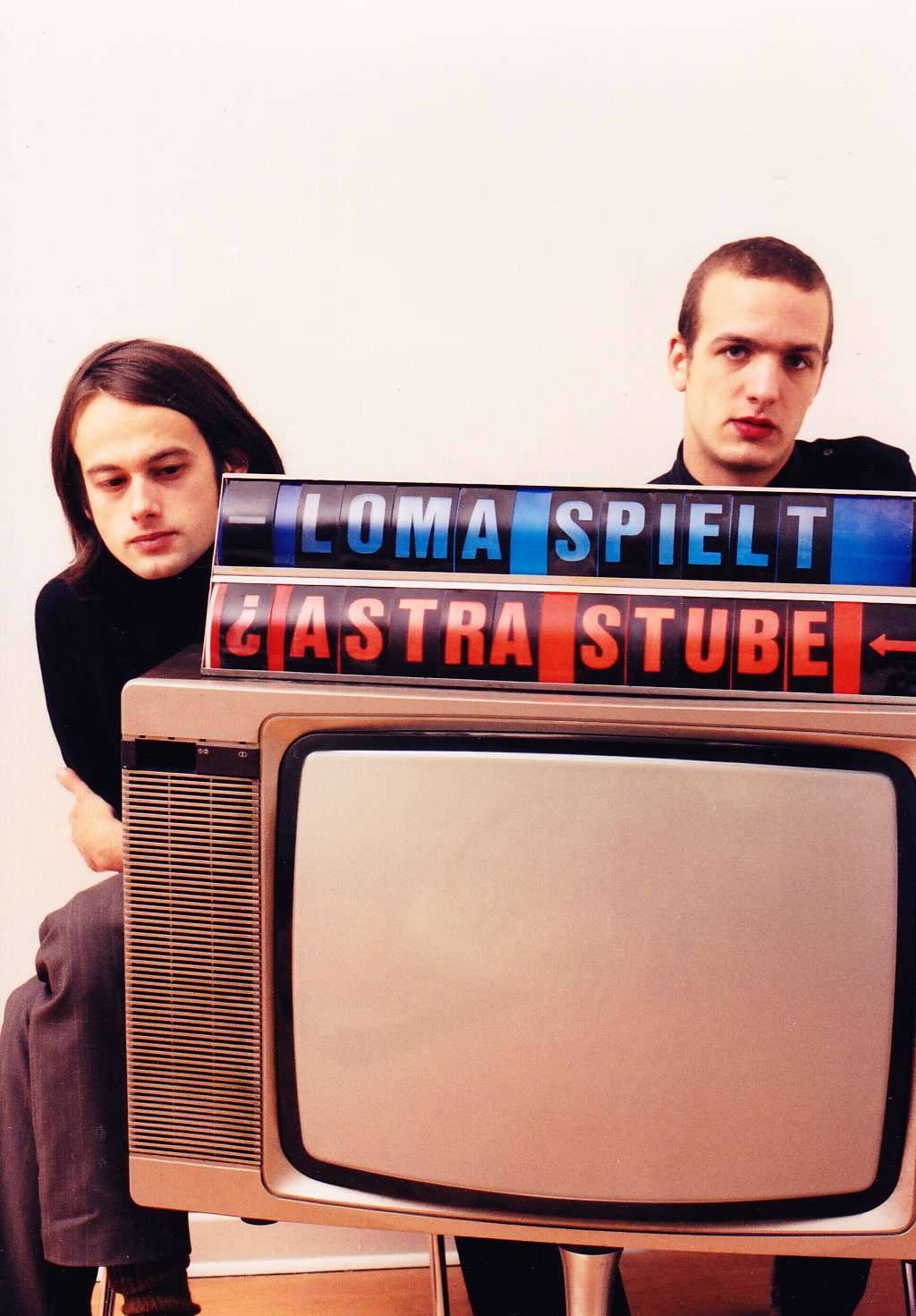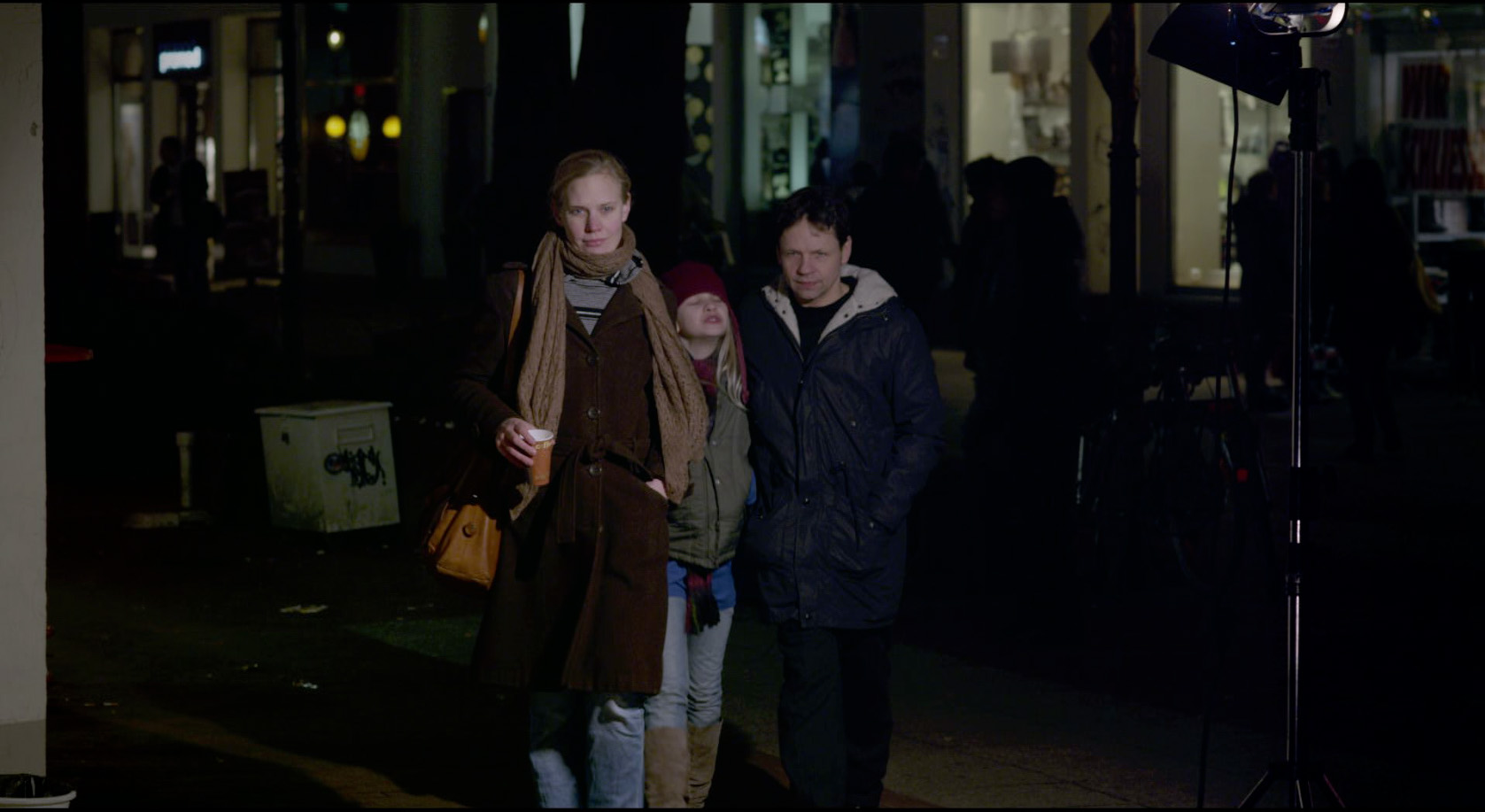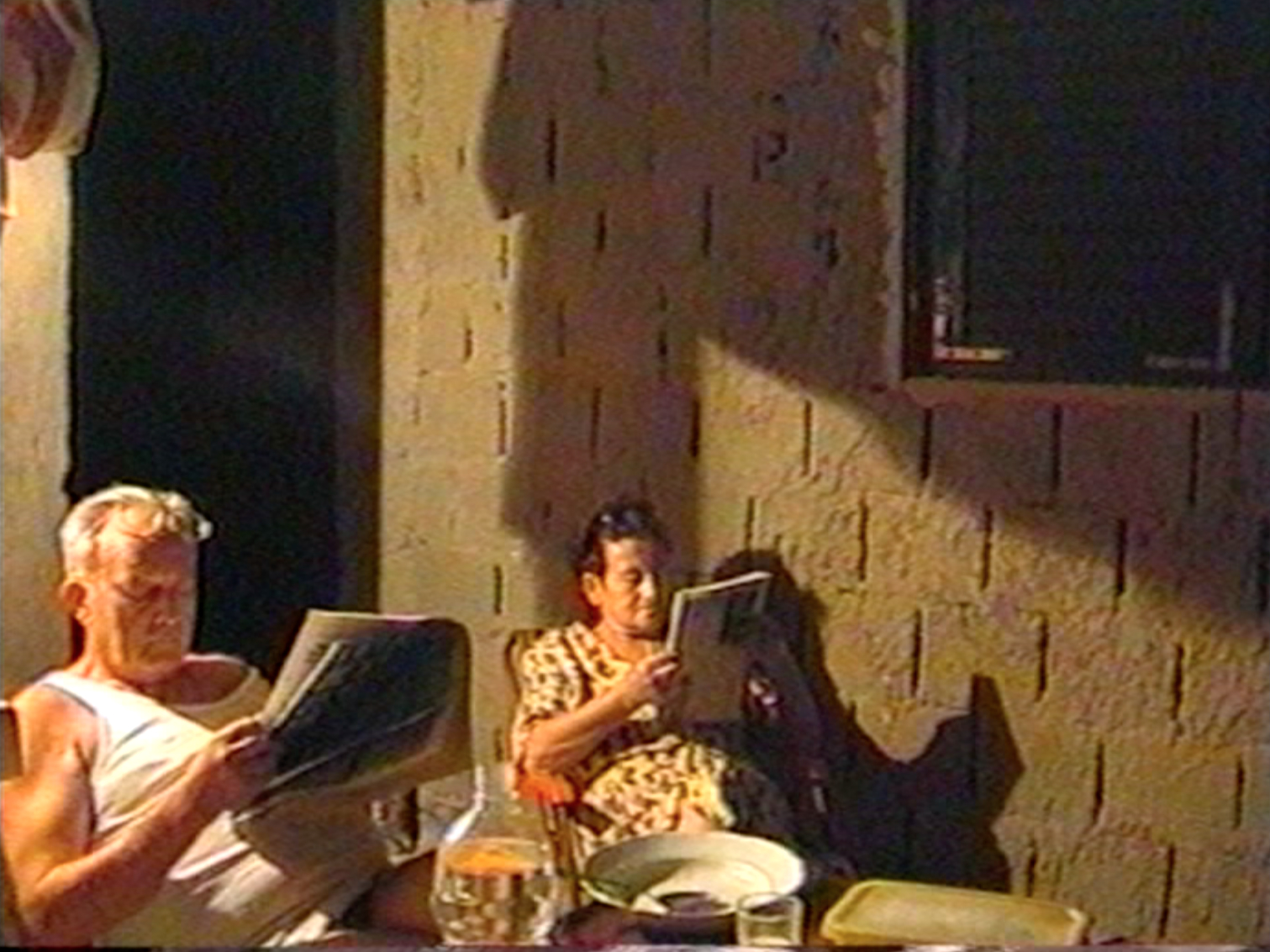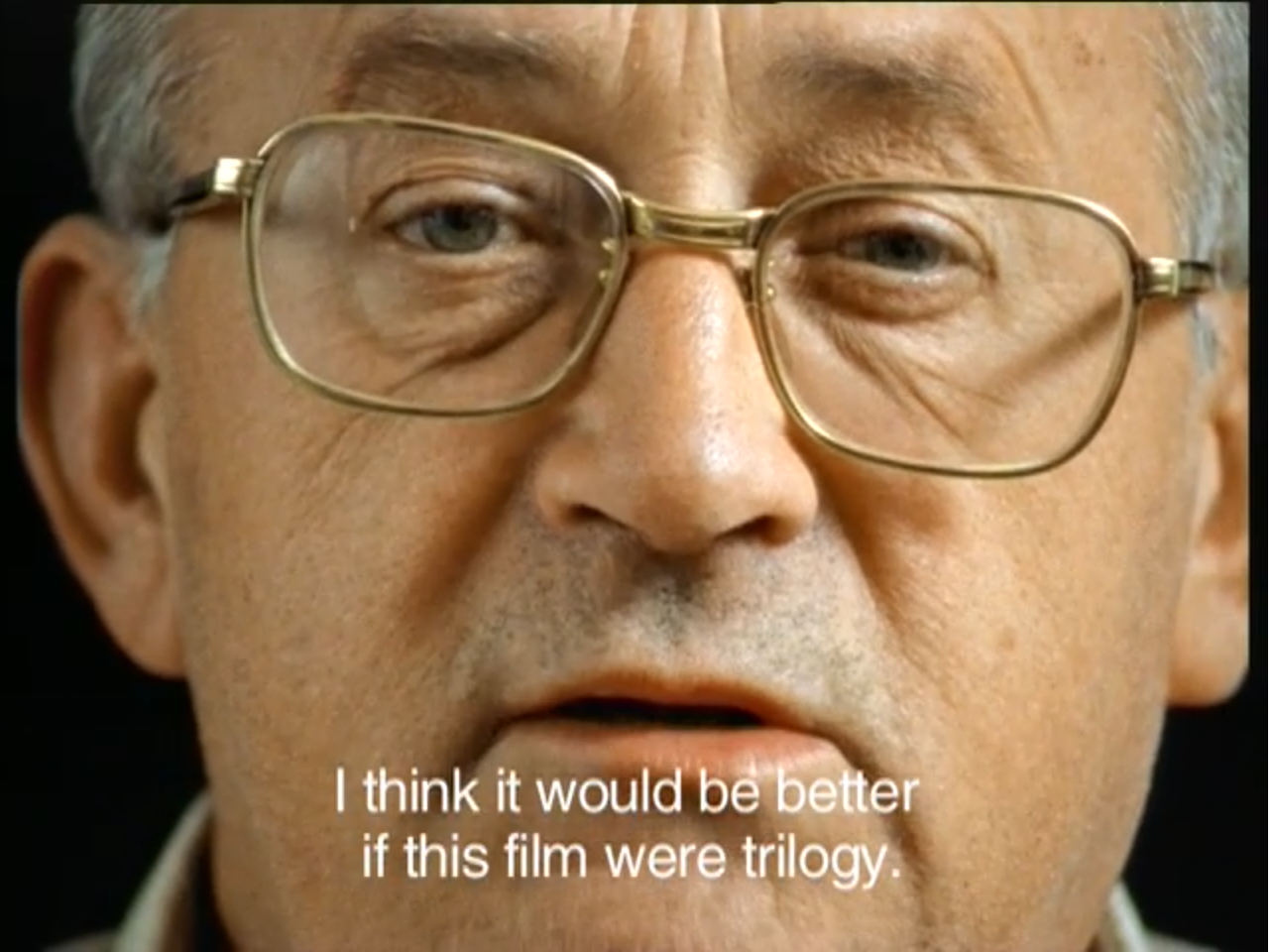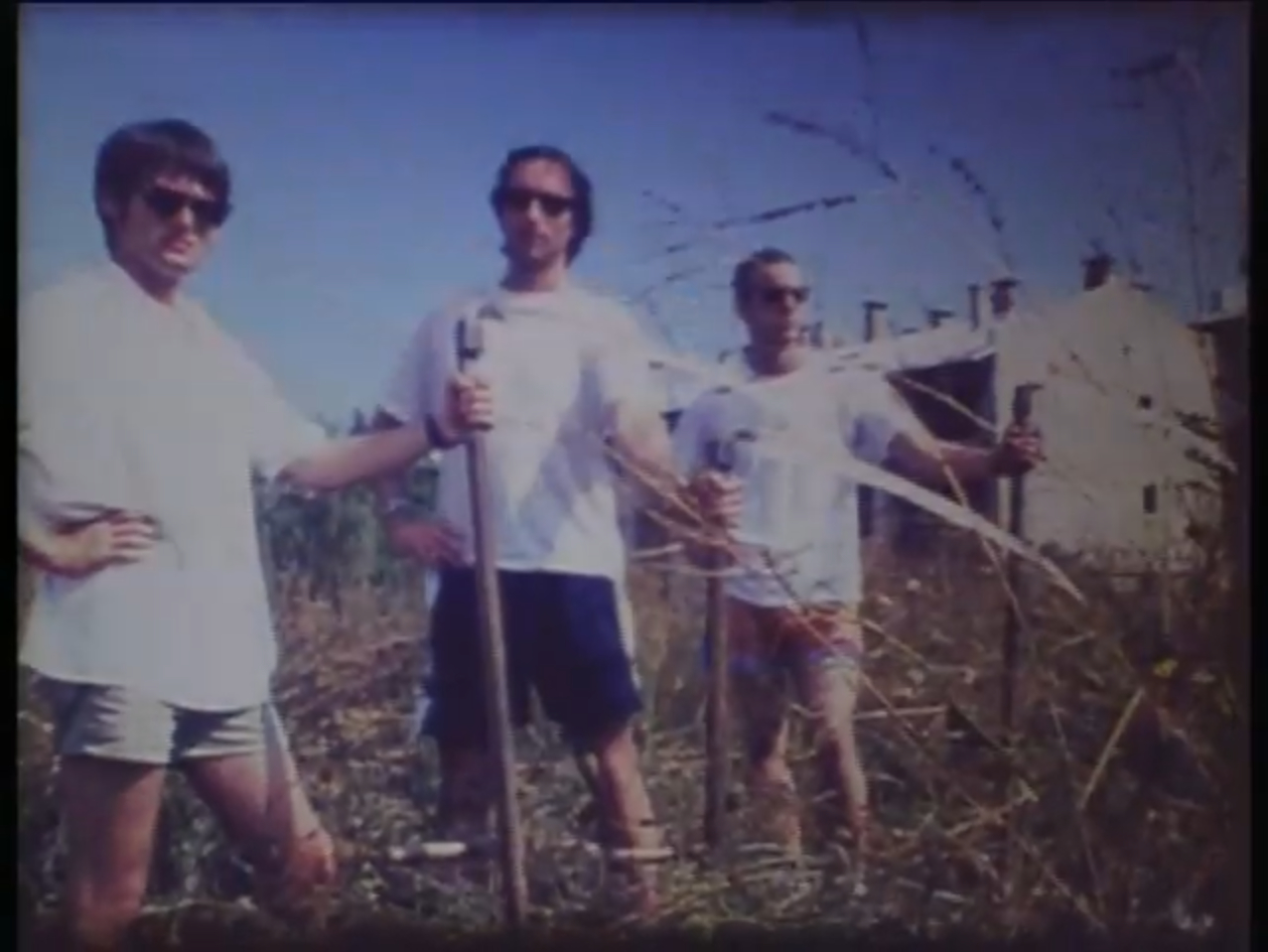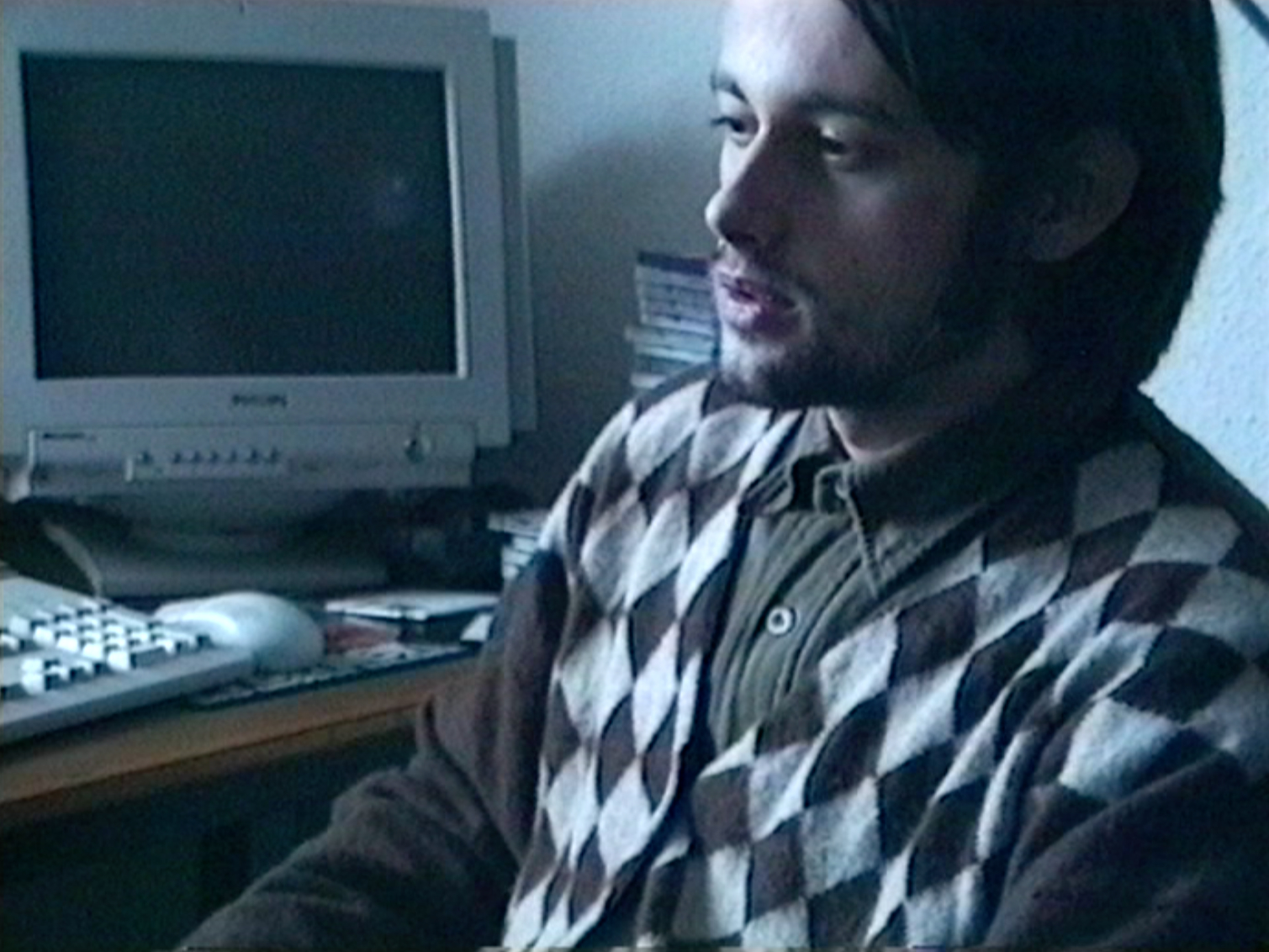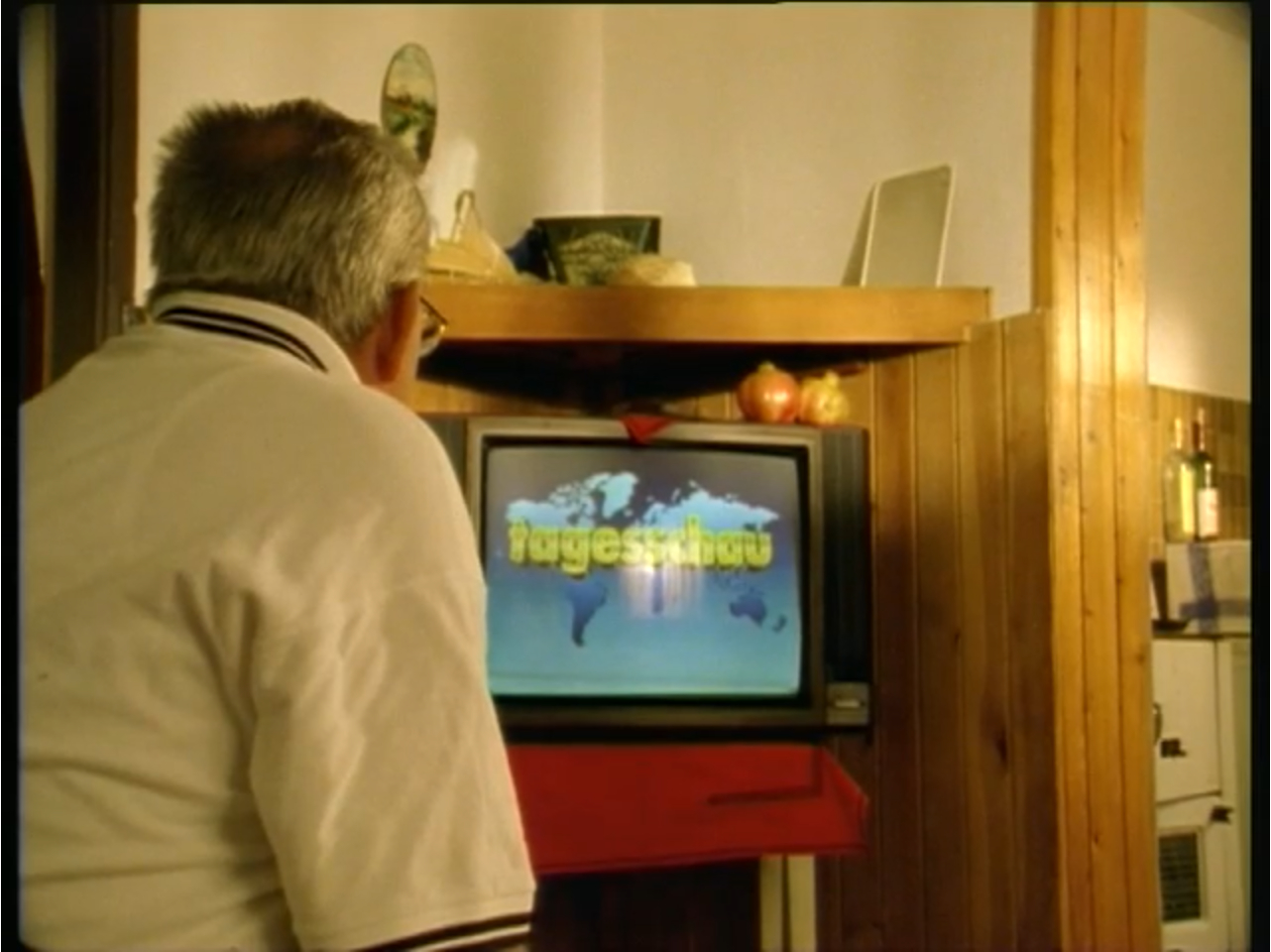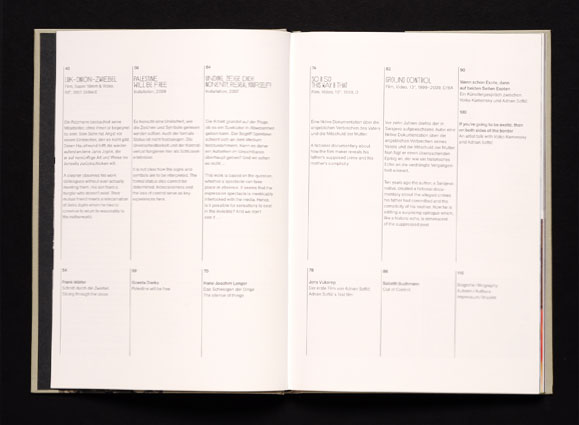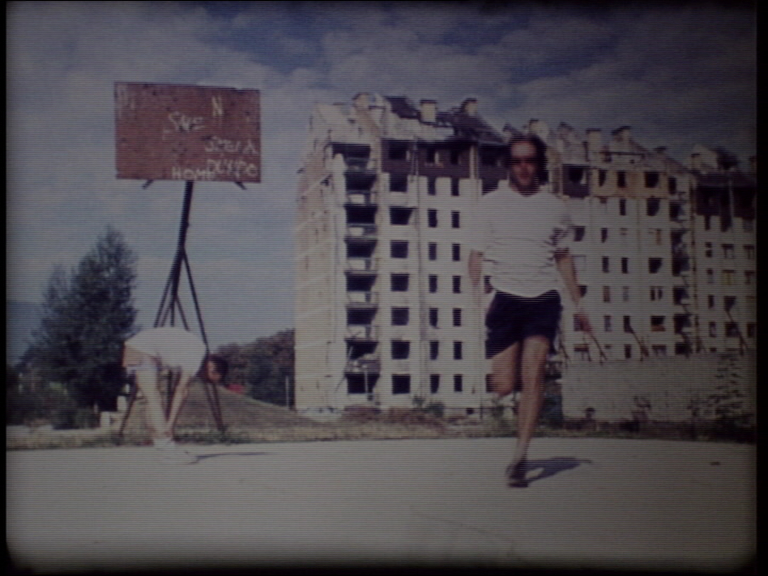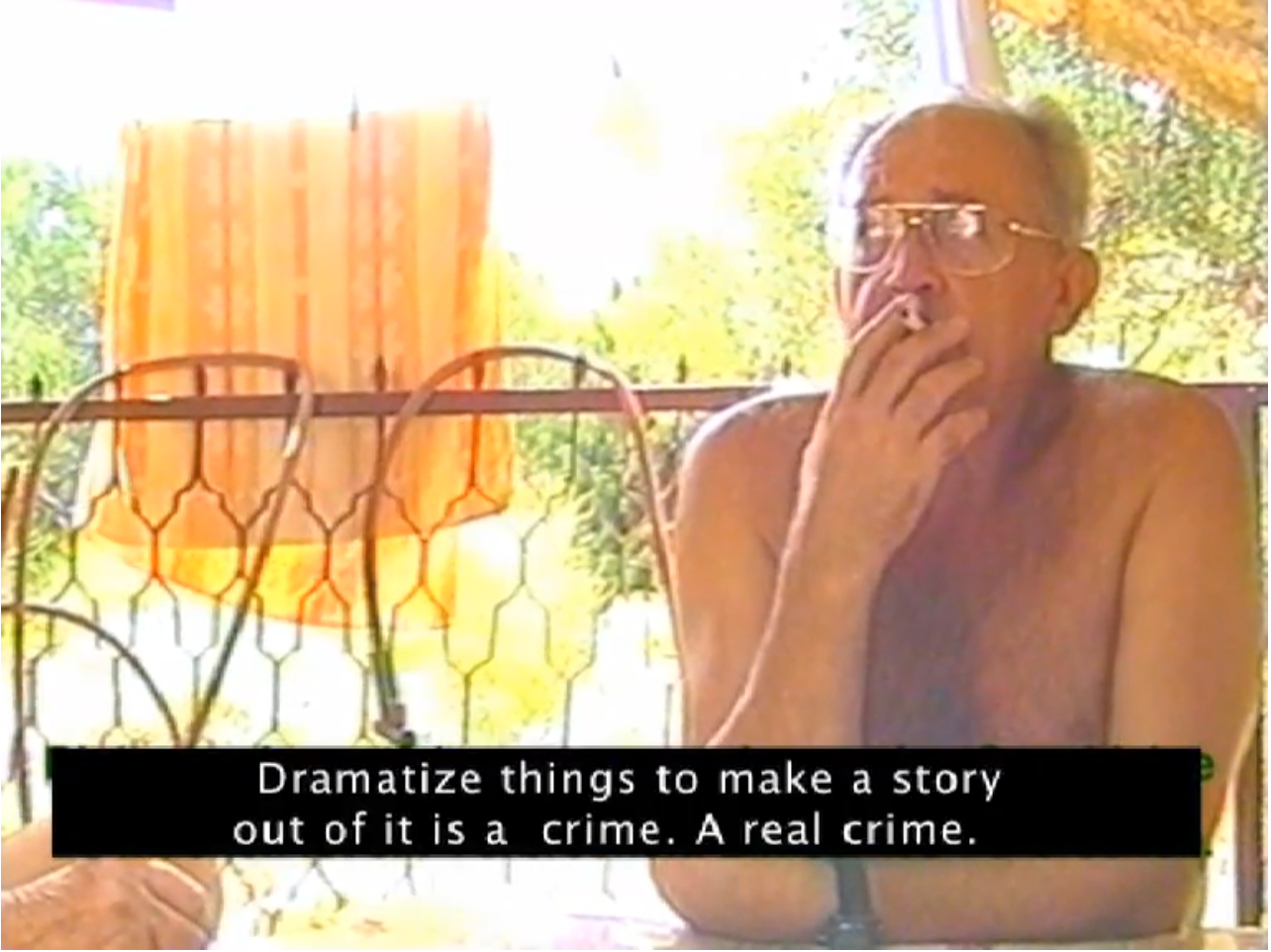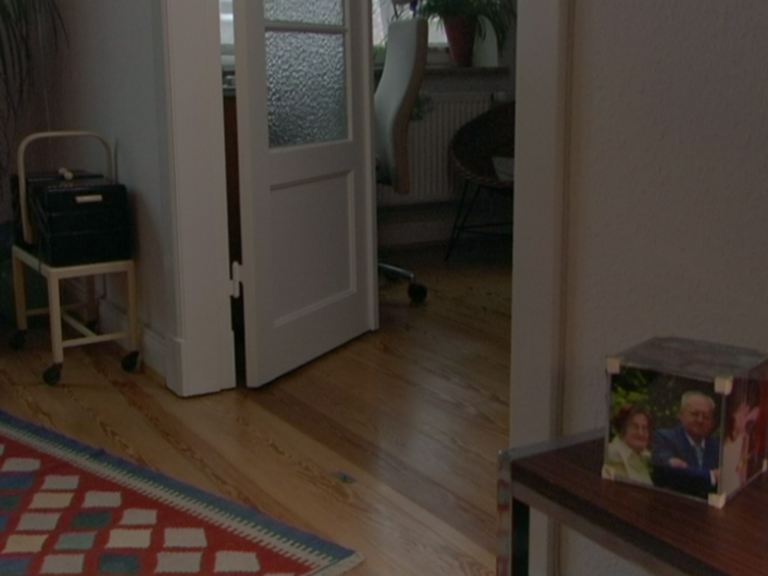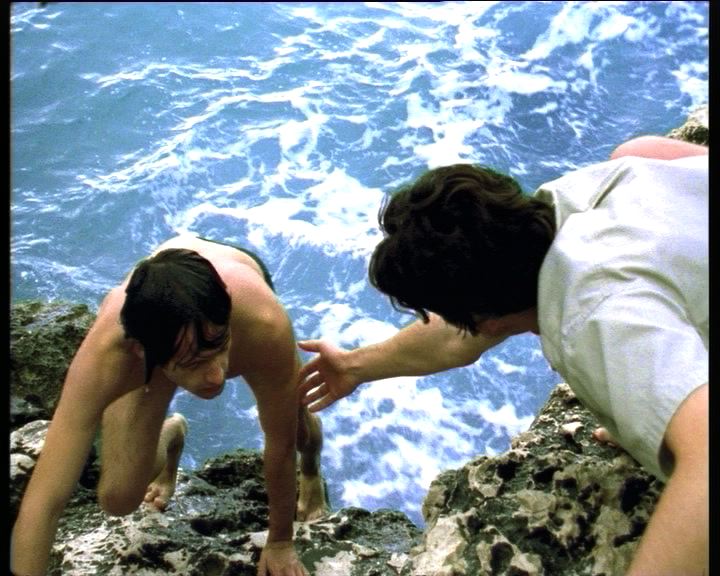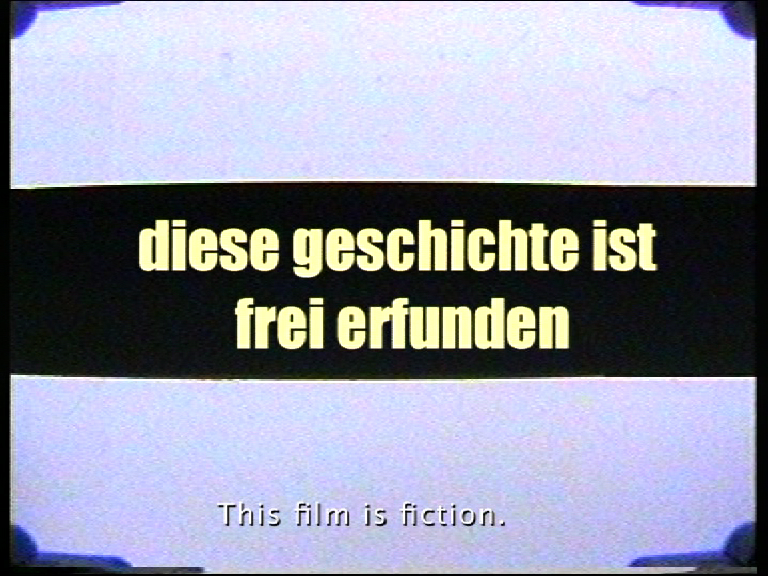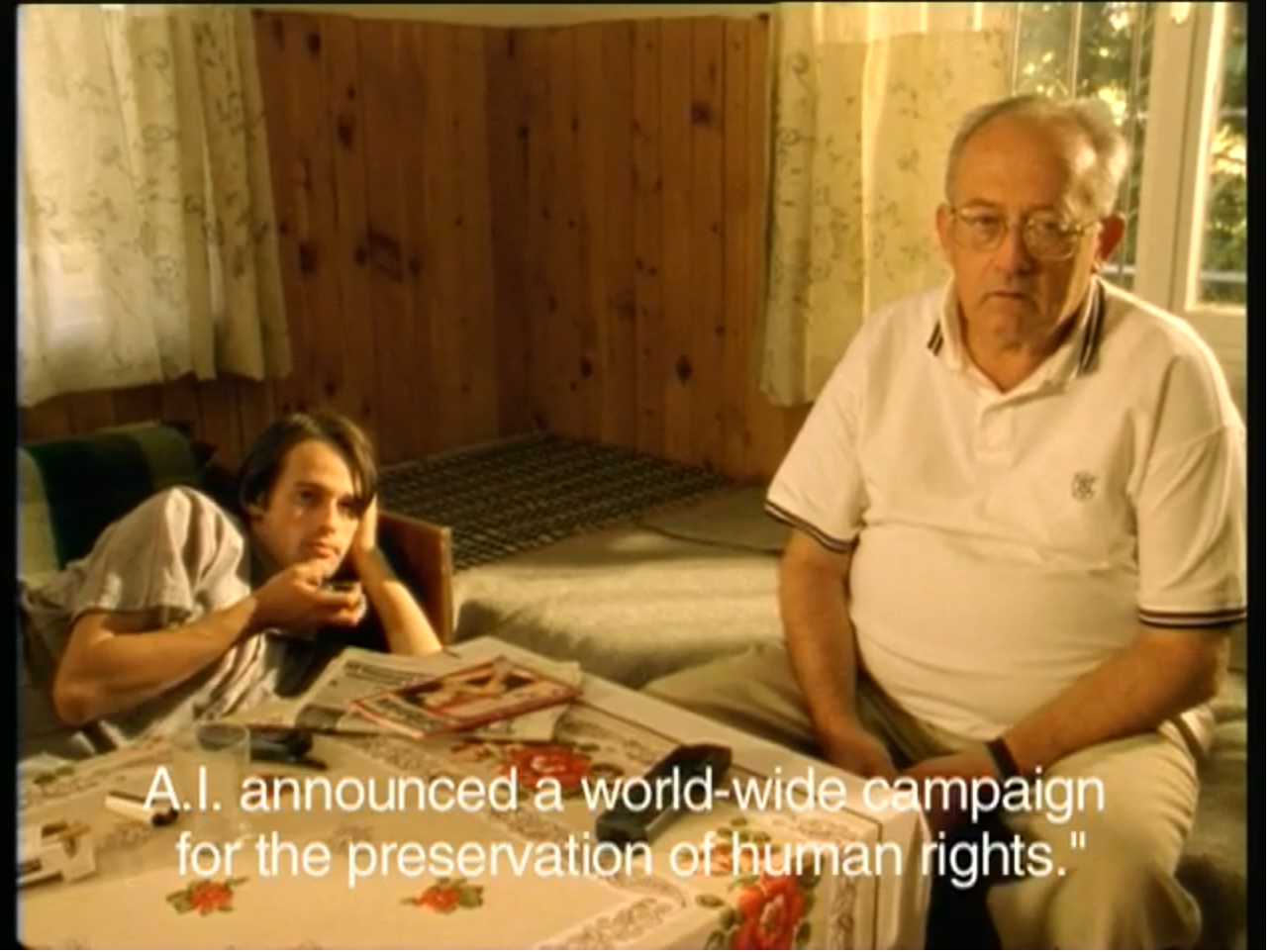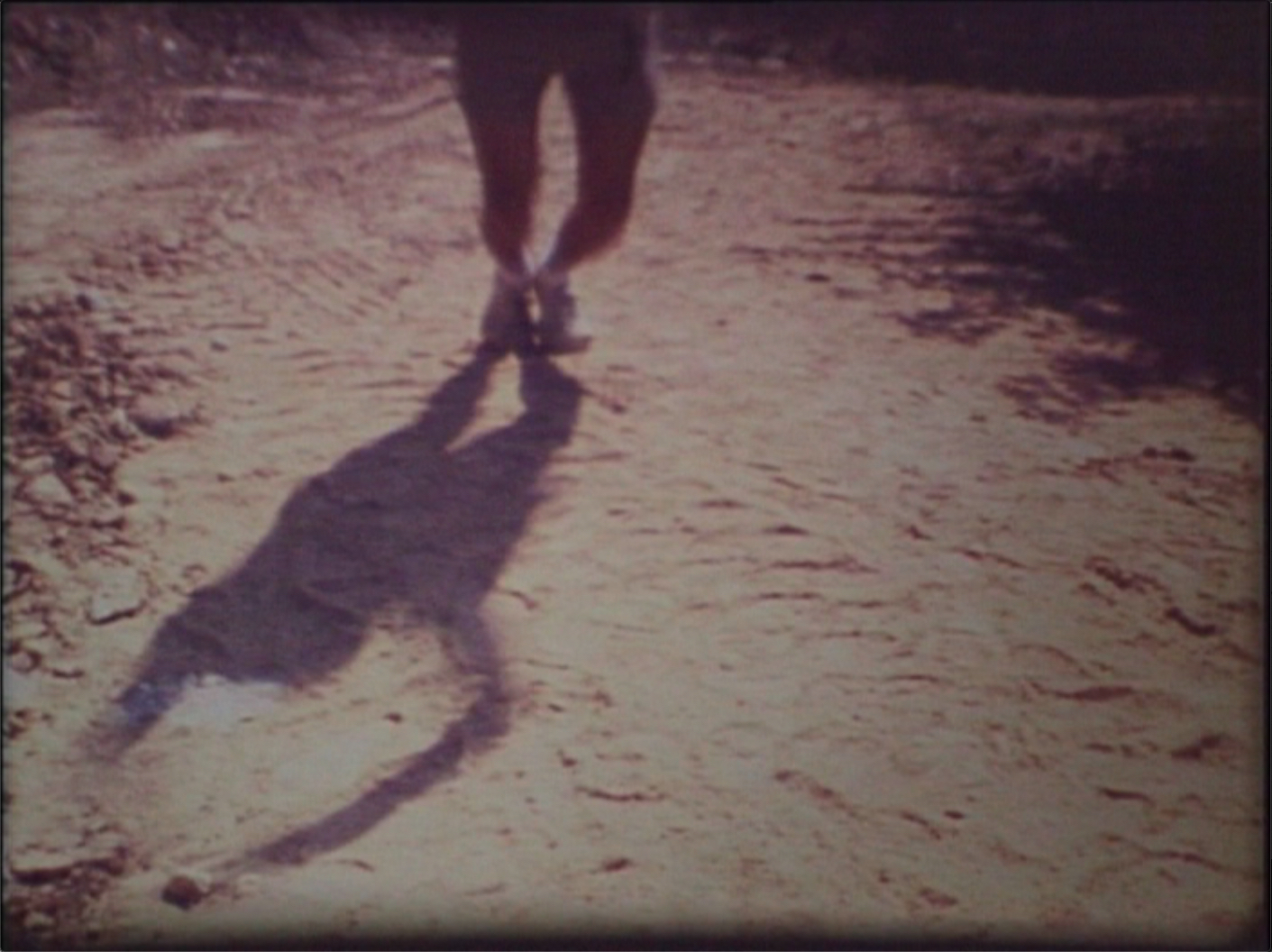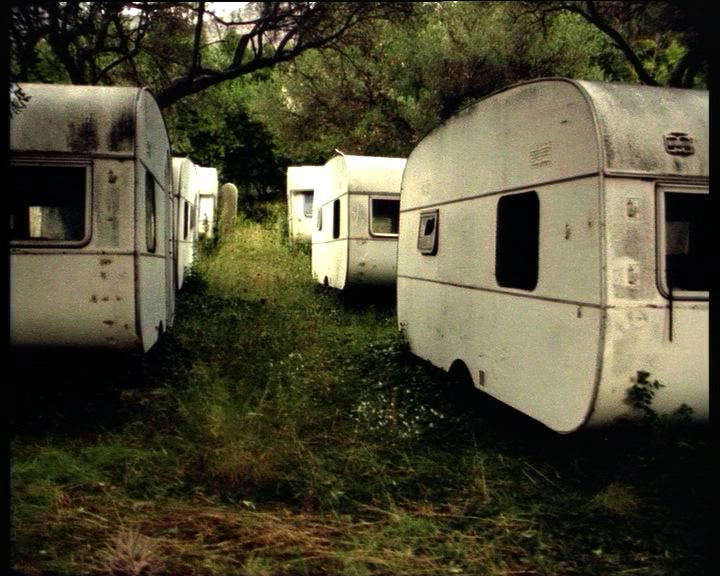KLIMATON is a research and practice-based project that addresses the problem of communicability of scientific facts in the context of climate change. It questions the nature of doubt in the natural sciences and addresses the lack of a cultural approach to the Earth as a holistic entity. The cross-disciplinary project is aimed at translating scientific knowledge into cultural practice, with a focus on sound and performance, in order to generate new modes of gaining knowledge and gathering together.
The tangibility of climate change is a major problem, as knowledge gained is usually based on highly complex measurements and extensive data archives. But large data archives are by no means a solution to the problem as long as their contents are not given a socially accepted meaning. Should such efforts be left to science alone? Or does a transfer of those data archives into collective memory and responsibility need to take place via detours that do not rely exclusively on reason and predefined scientific rules?
We understand the climate crisis also as a crisis of culture. The challenge is to create new ideas and practices that help us to think and feel distant and invisible worlds as an inseparable and essential part of our own world.
KLIMATON is a hybrid, located between science, eco-politics, technology production and art production, based on broad collaborations.
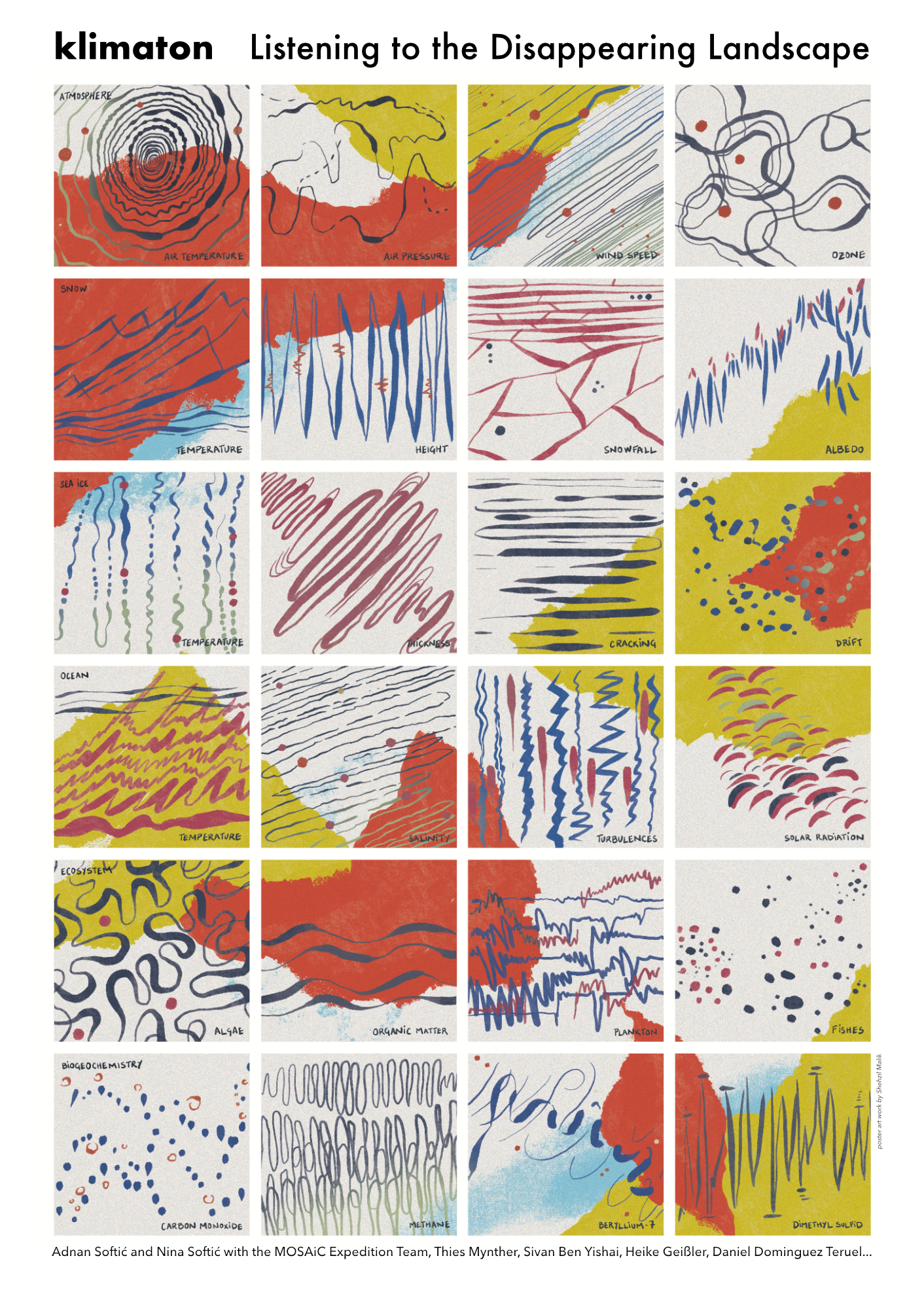
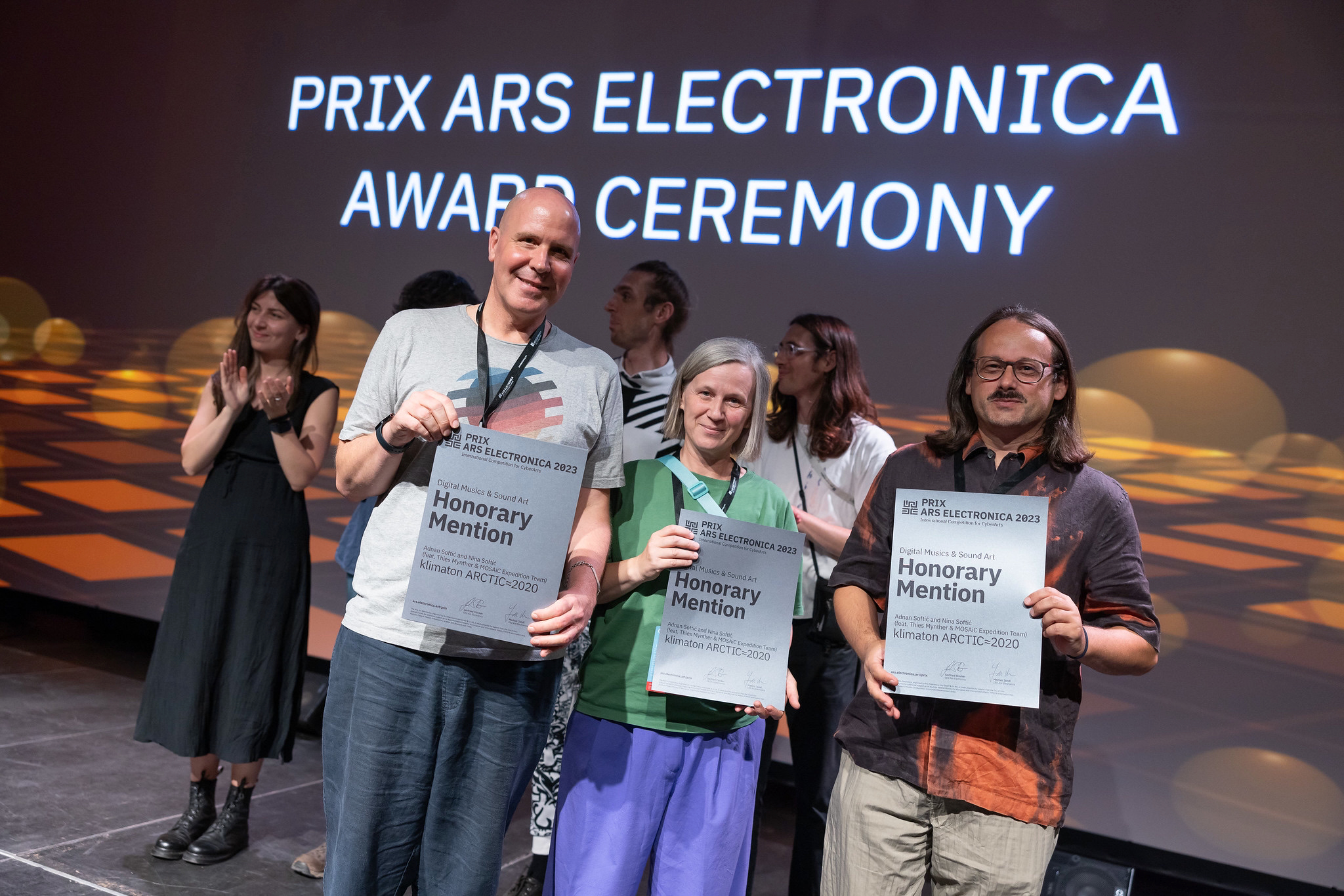

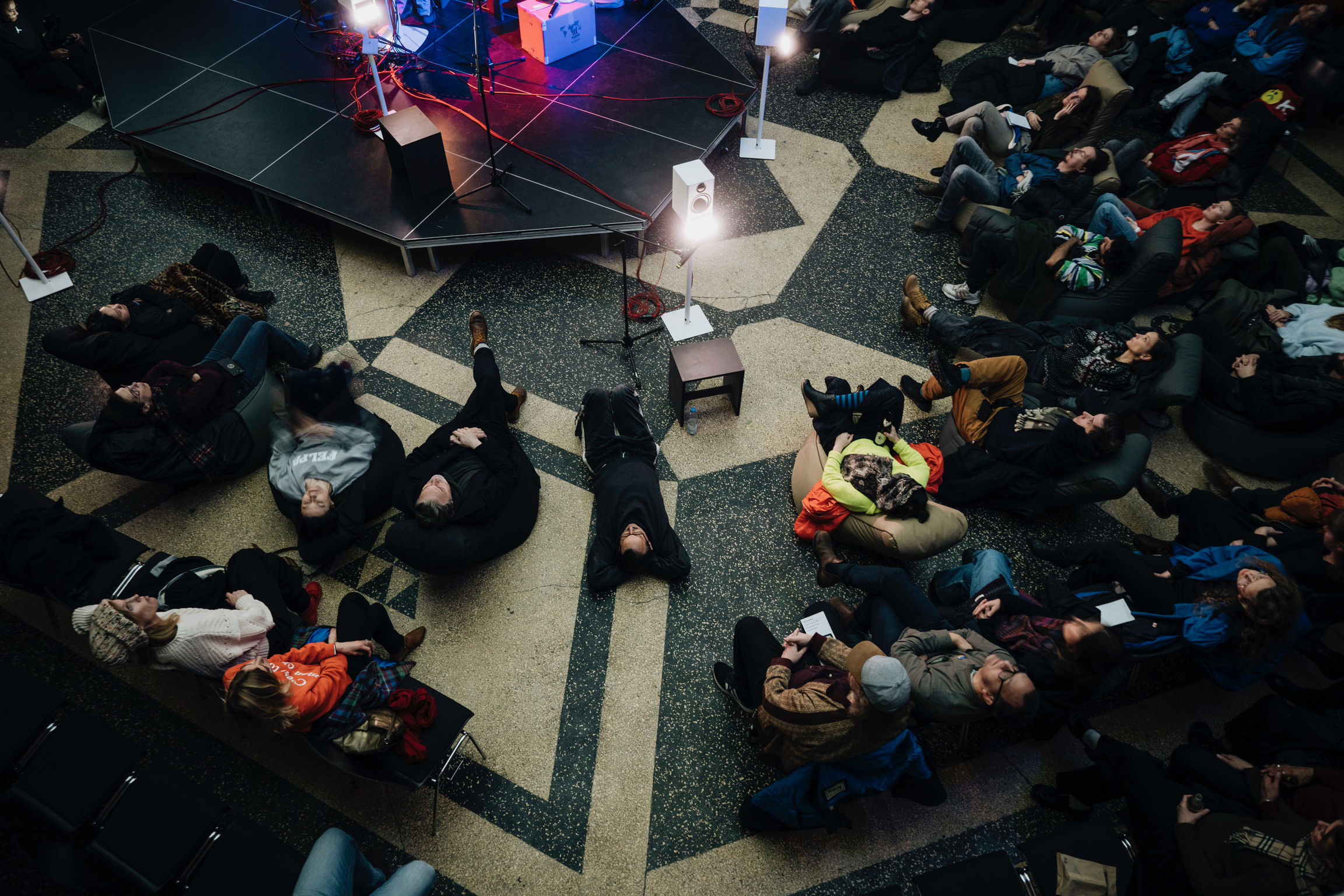

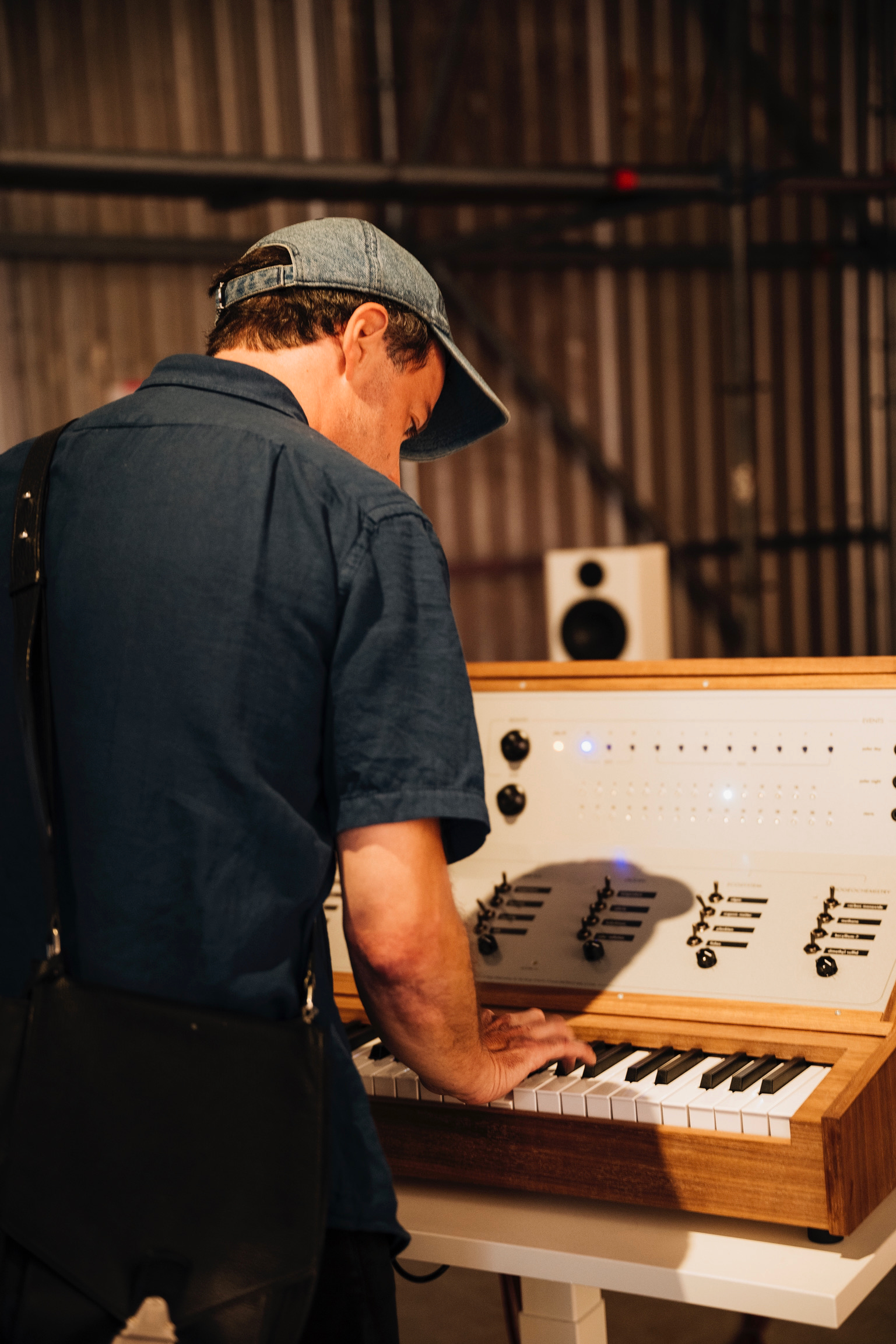


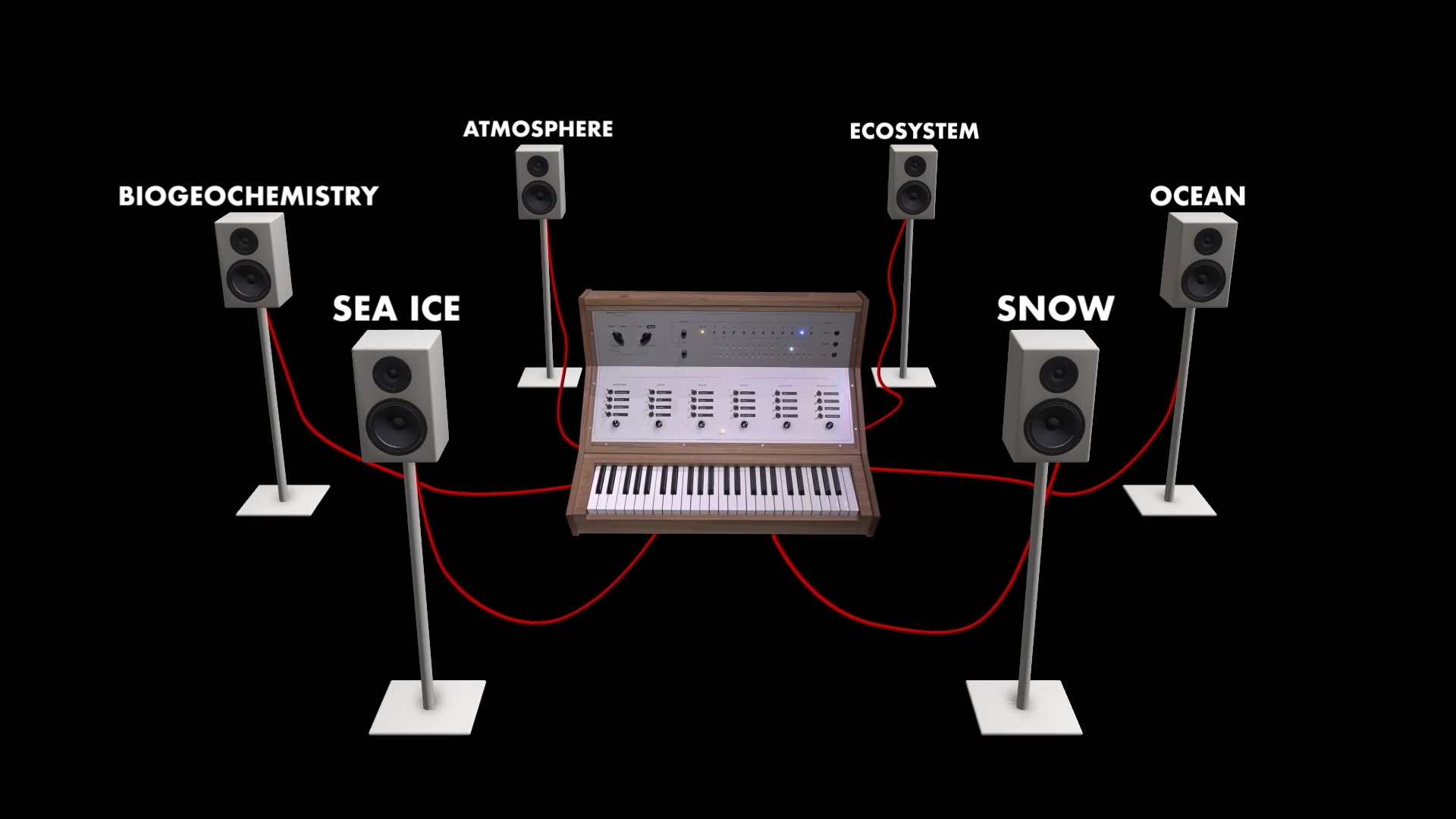
room to negotiate
︎ATINA, NOVI SAD
Film
︎THE RED SOLITAIRE
Film
︎US & THEM
Videoinstallation
︎ DARE MORE BALKAN
Audioinstallation
ROOM TO NEGOTIATE is a process-oriented, collaborative and open-form convolute, which will be created and shown over the course of 7 years (2020-2027) and in 12 countries - Bosnia and Herzegovina, Serbia, Cyprus, Greece, Moldova, Bulgaria, Georgia, Belgium, Poland, Russia, Lithuania, Germany. It is a part of the ifa touring exhibition EVROVIZION CROSSING STORIES AND SPACES.
The work documents and processes the disintegration of complexity and diversity in Europe, with the aim of exploring the motivations and nature of its destruction. Is the "open society" a modern achievement of Western states or a condition that is always re-emerging? Are there or were there narratives/concepts that could be relevant for today's Europe? Why did they have to collapse?
Much like an open traveling archive, ROOM TO NEGOTIATE will grow, change, and in the end reveal insights into Europe that may yet be unknown to us.
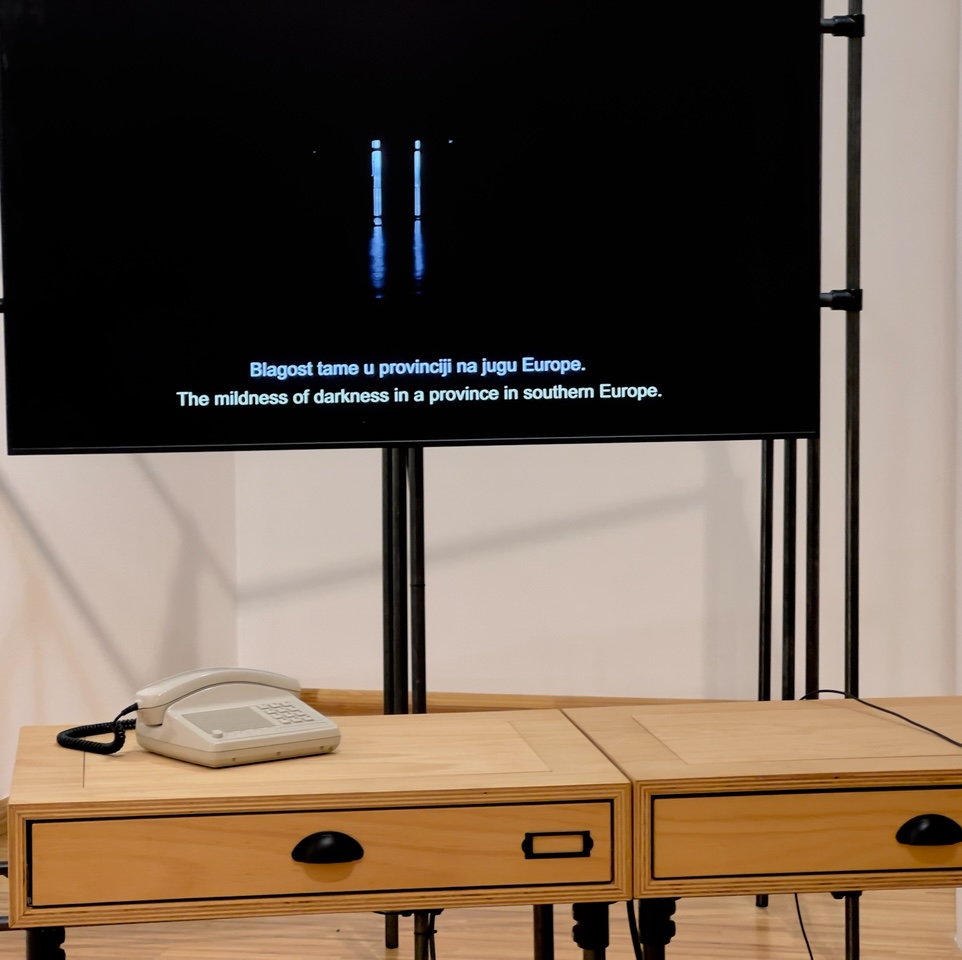
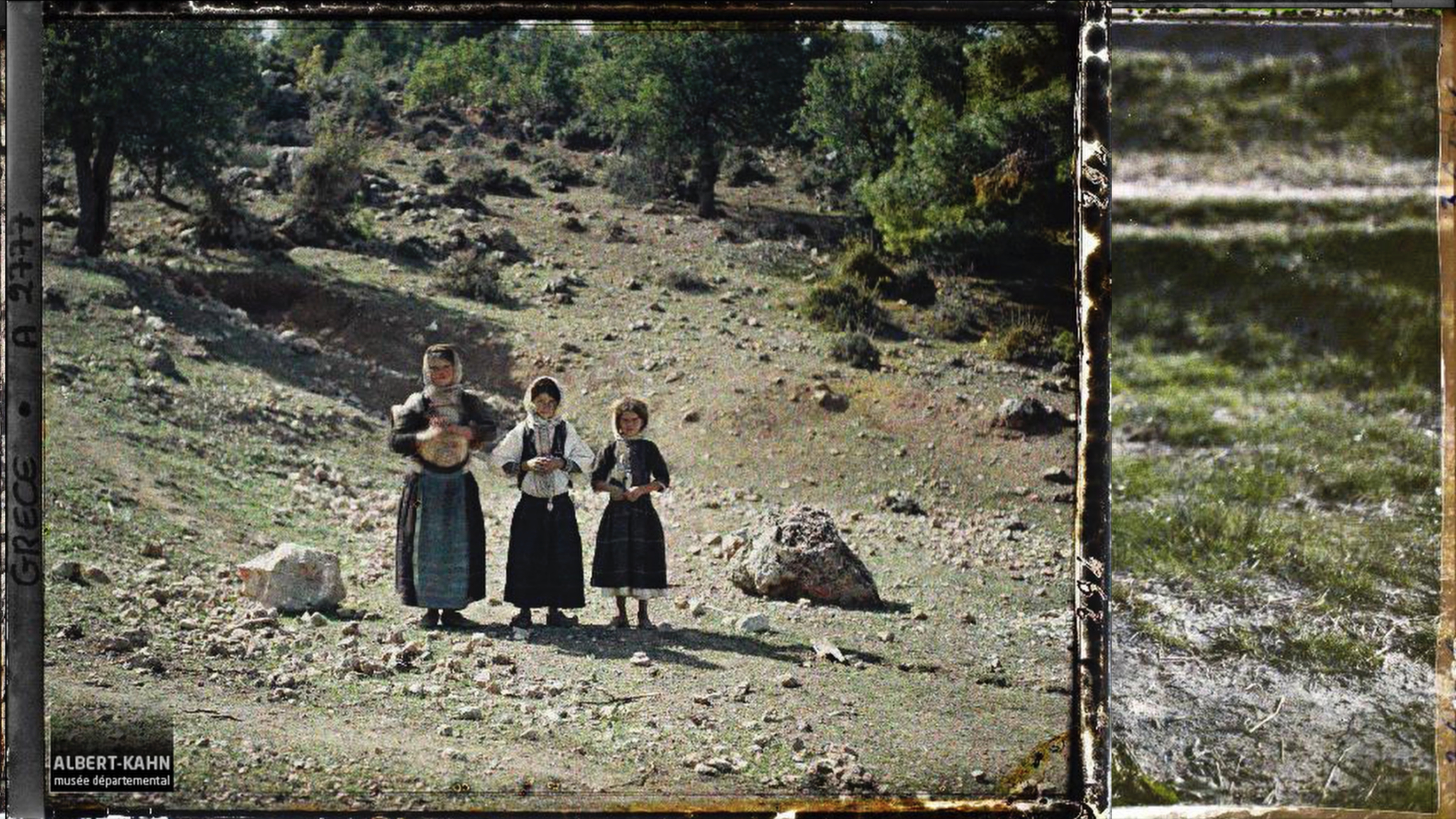
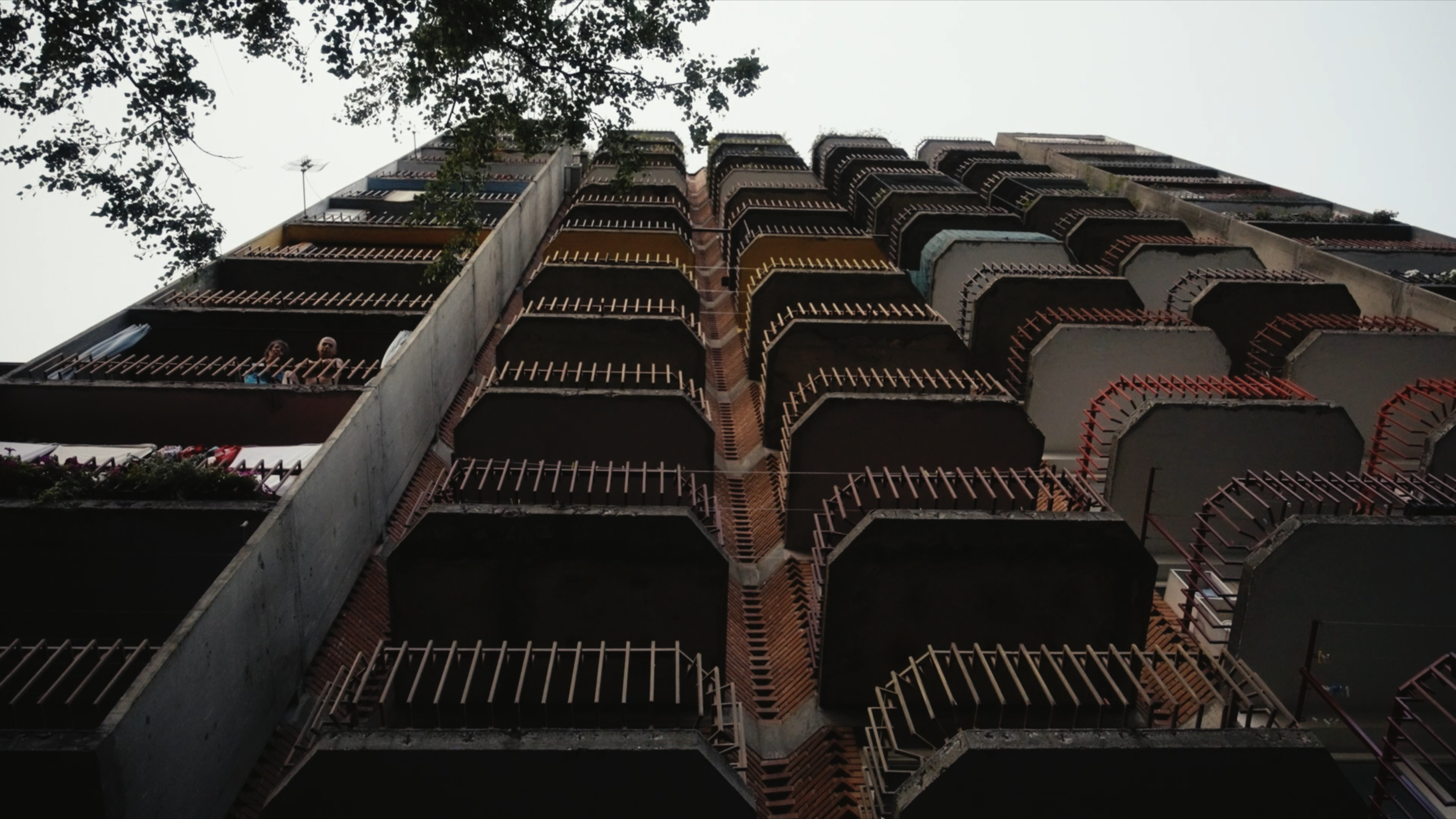

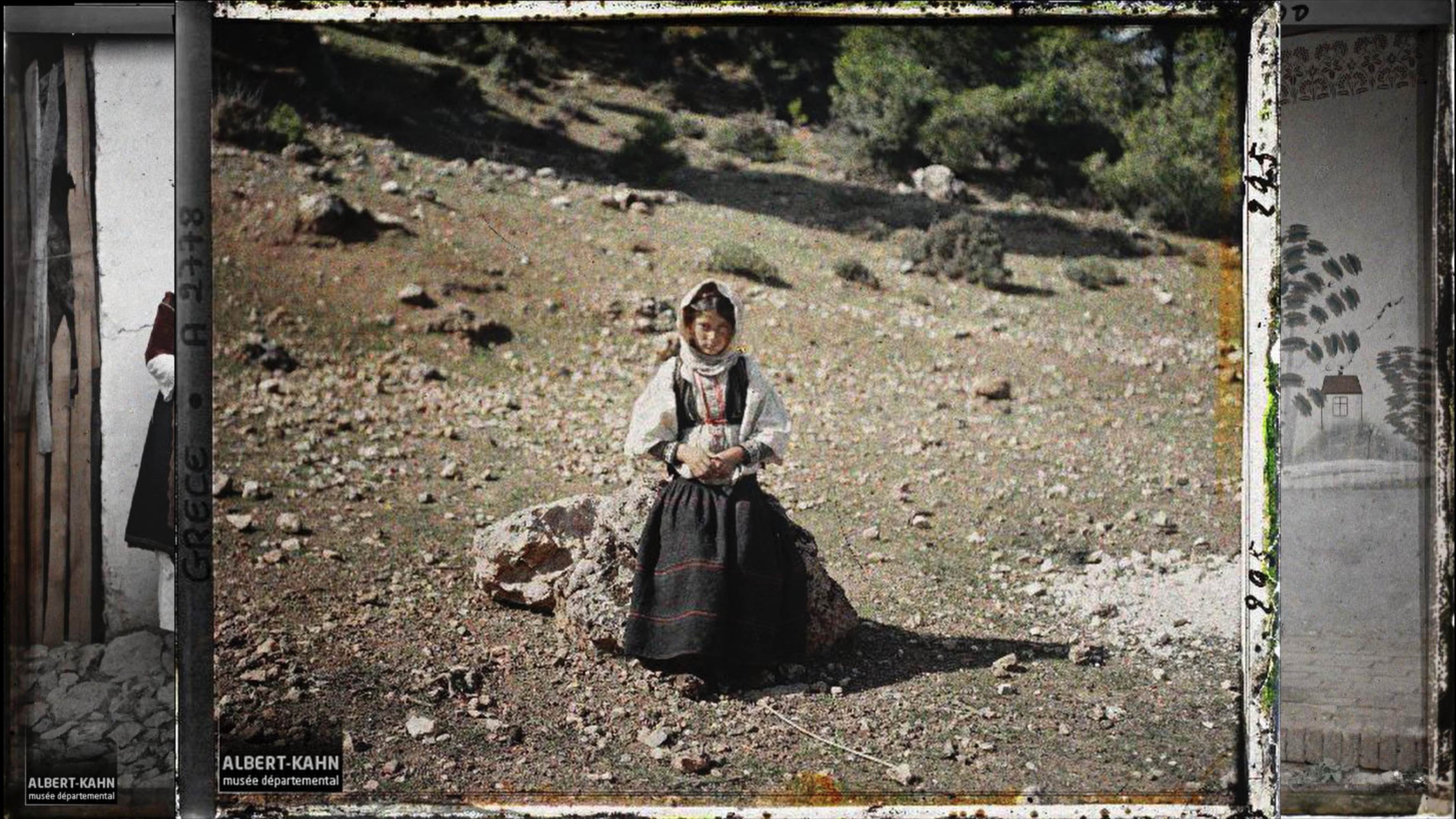
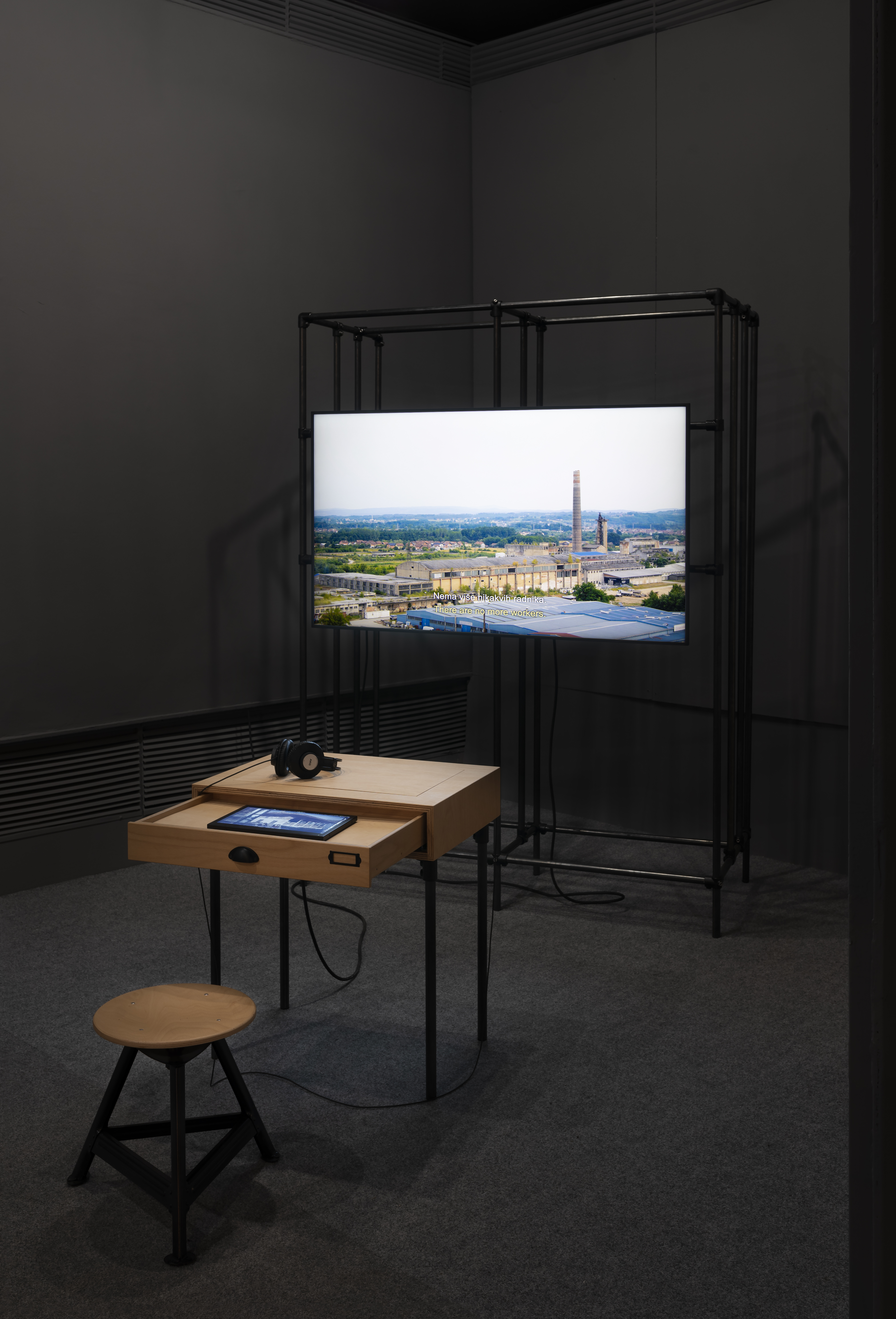
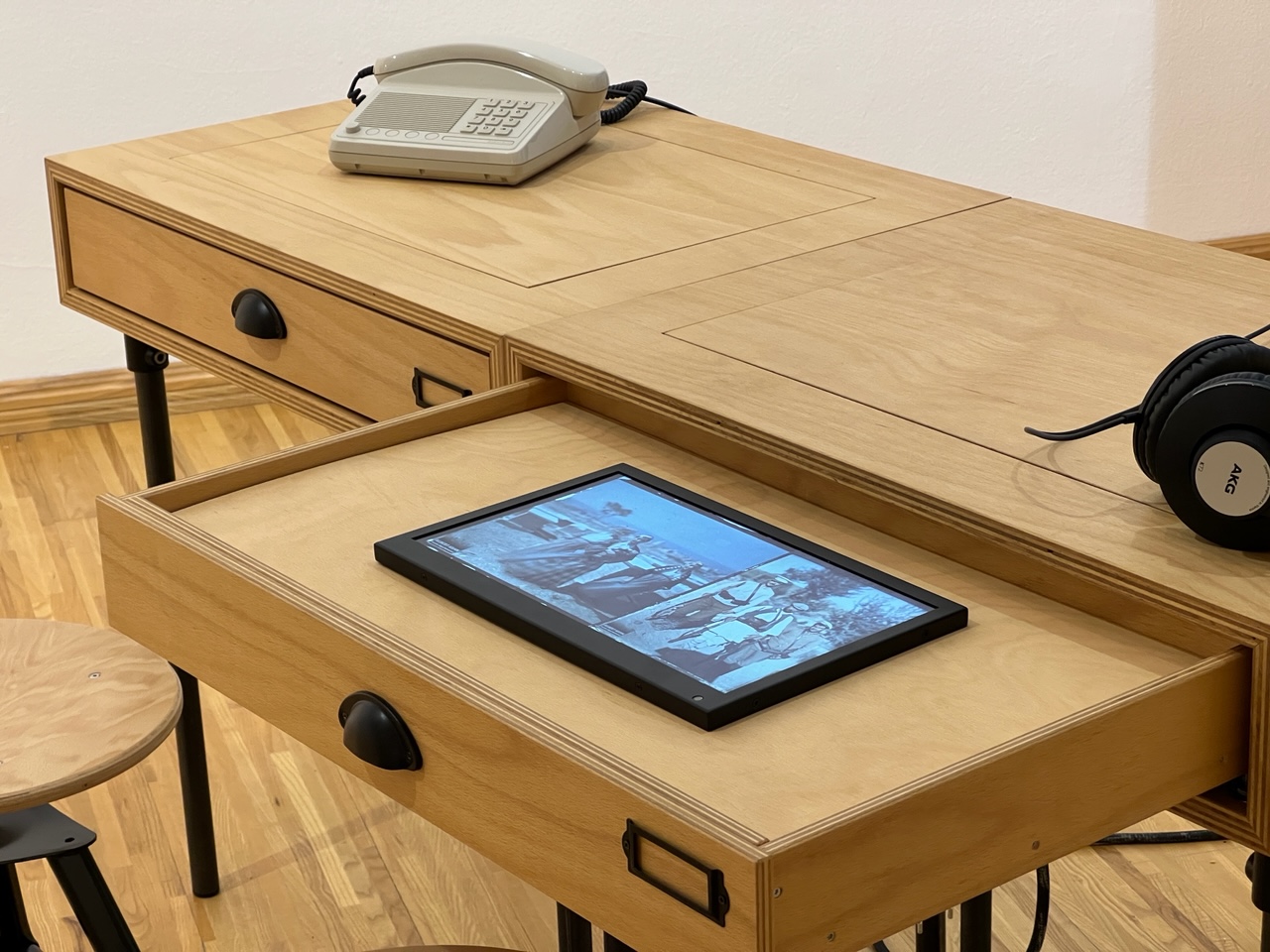
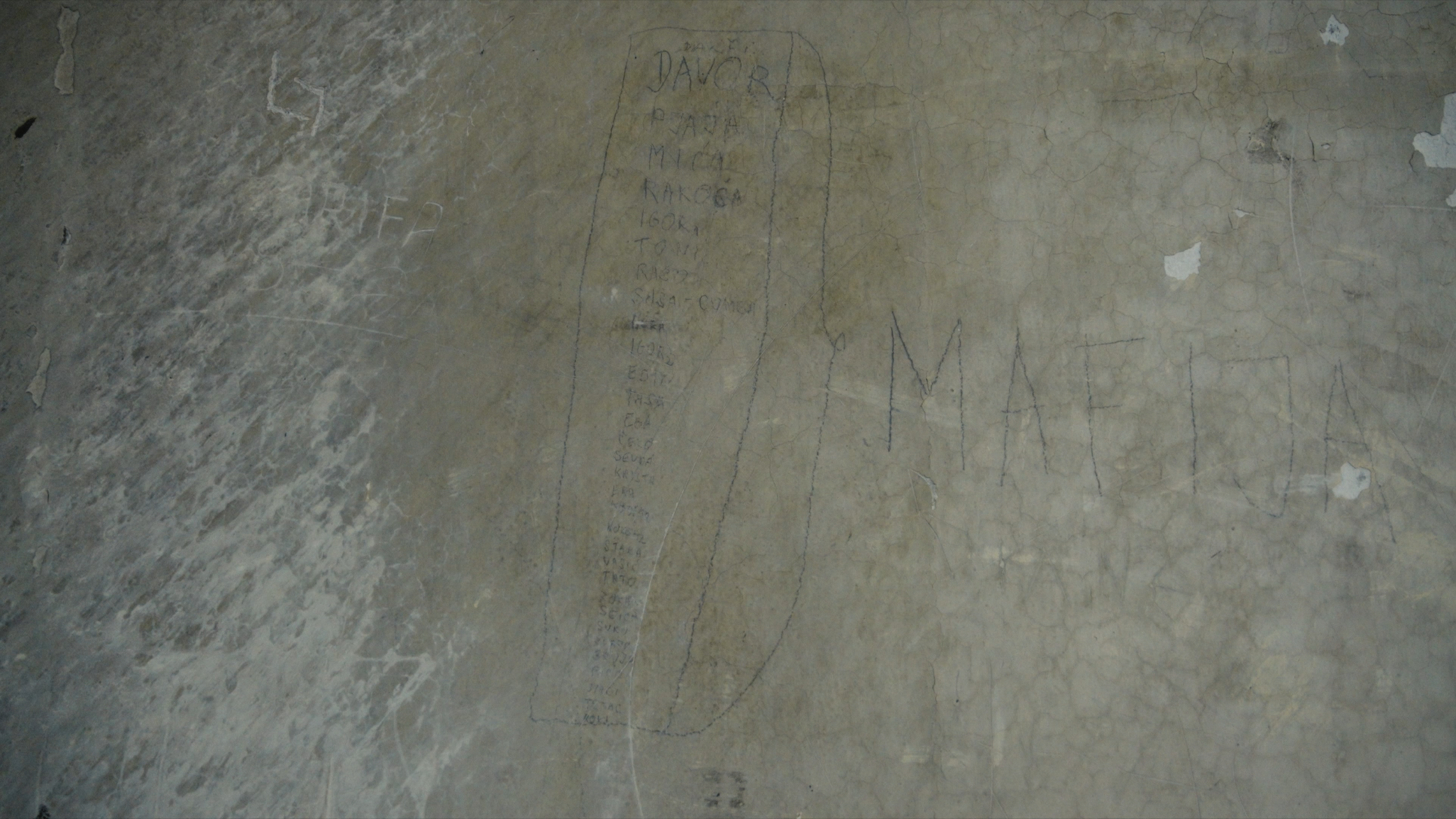

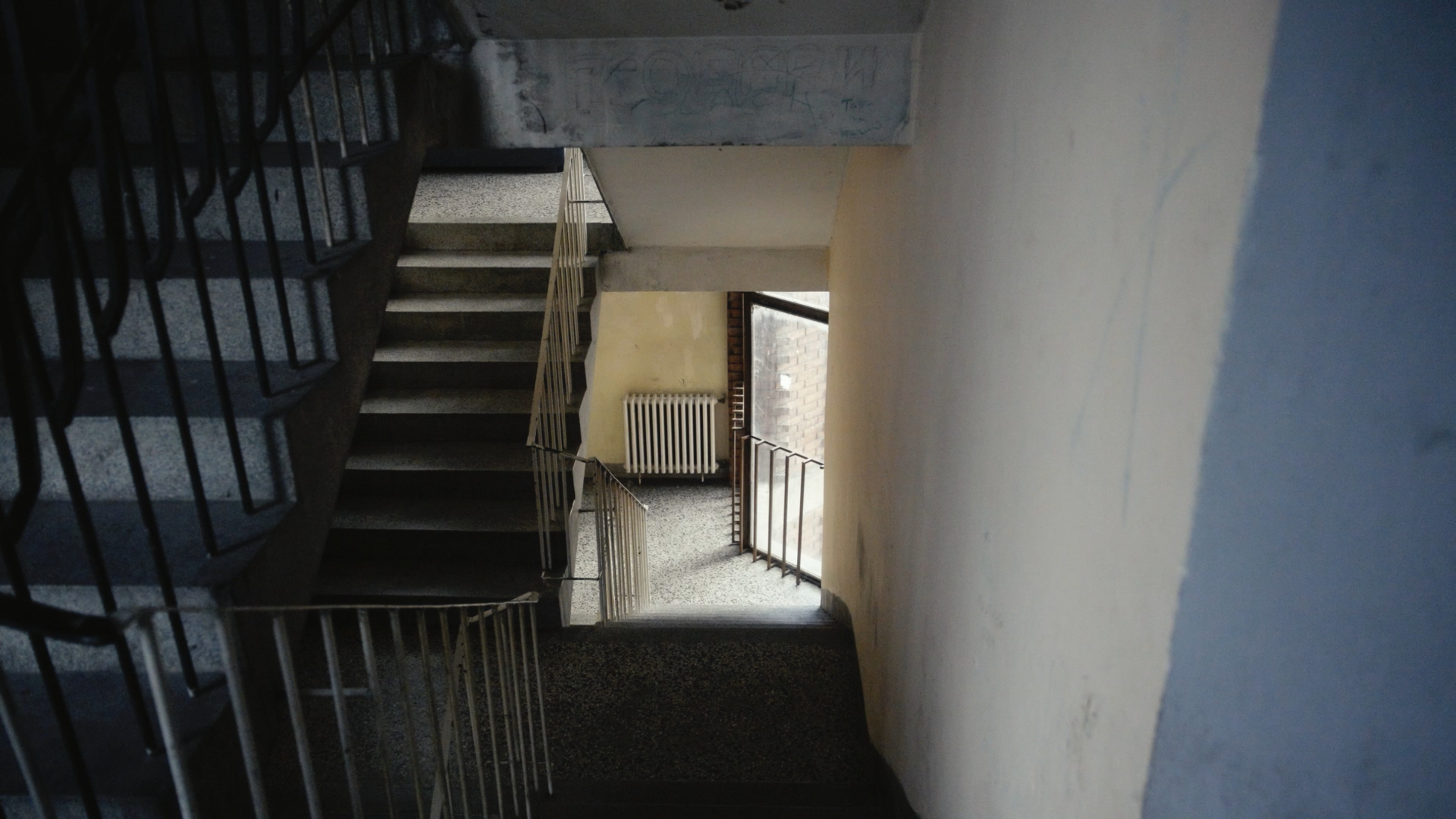


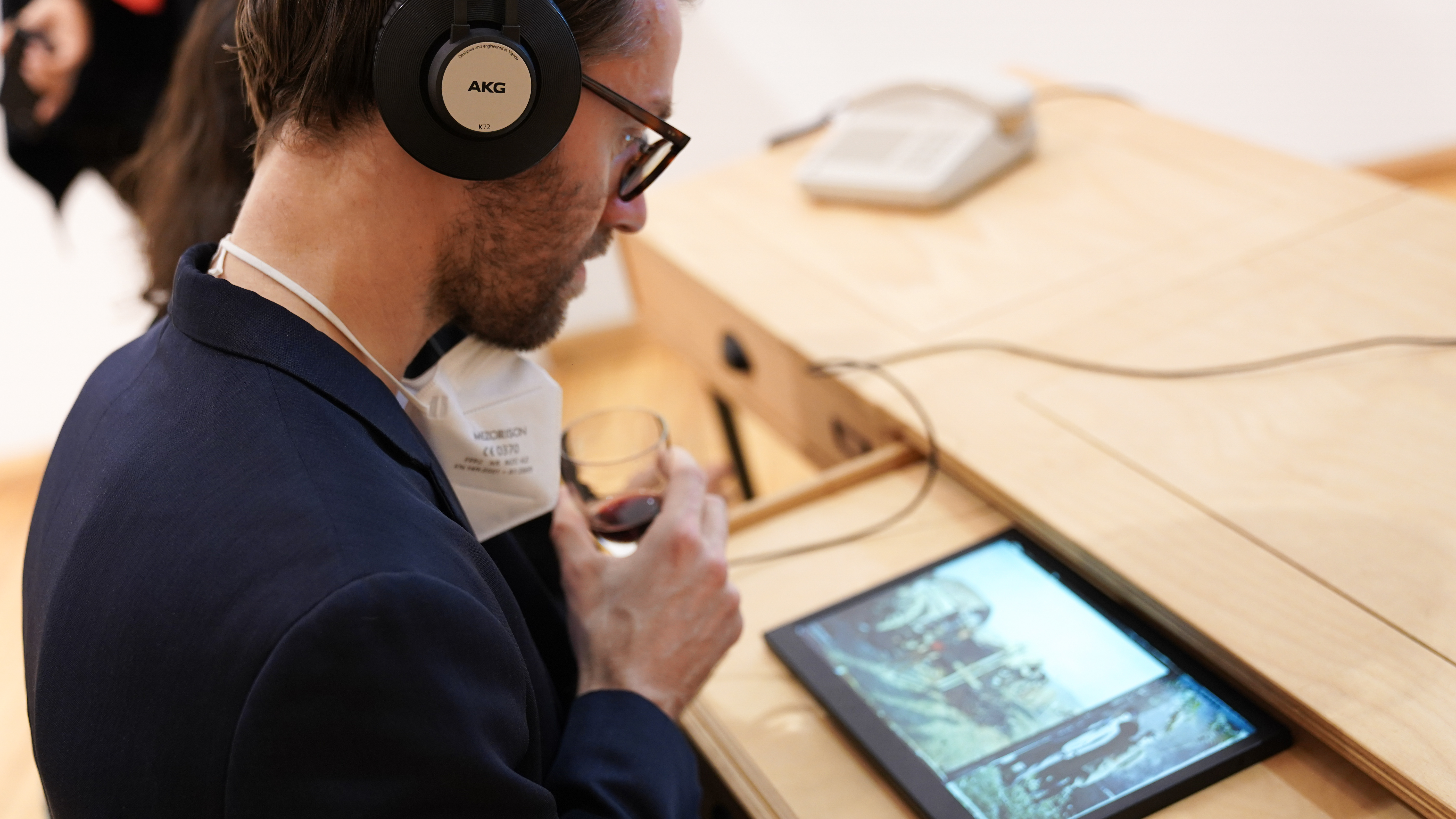
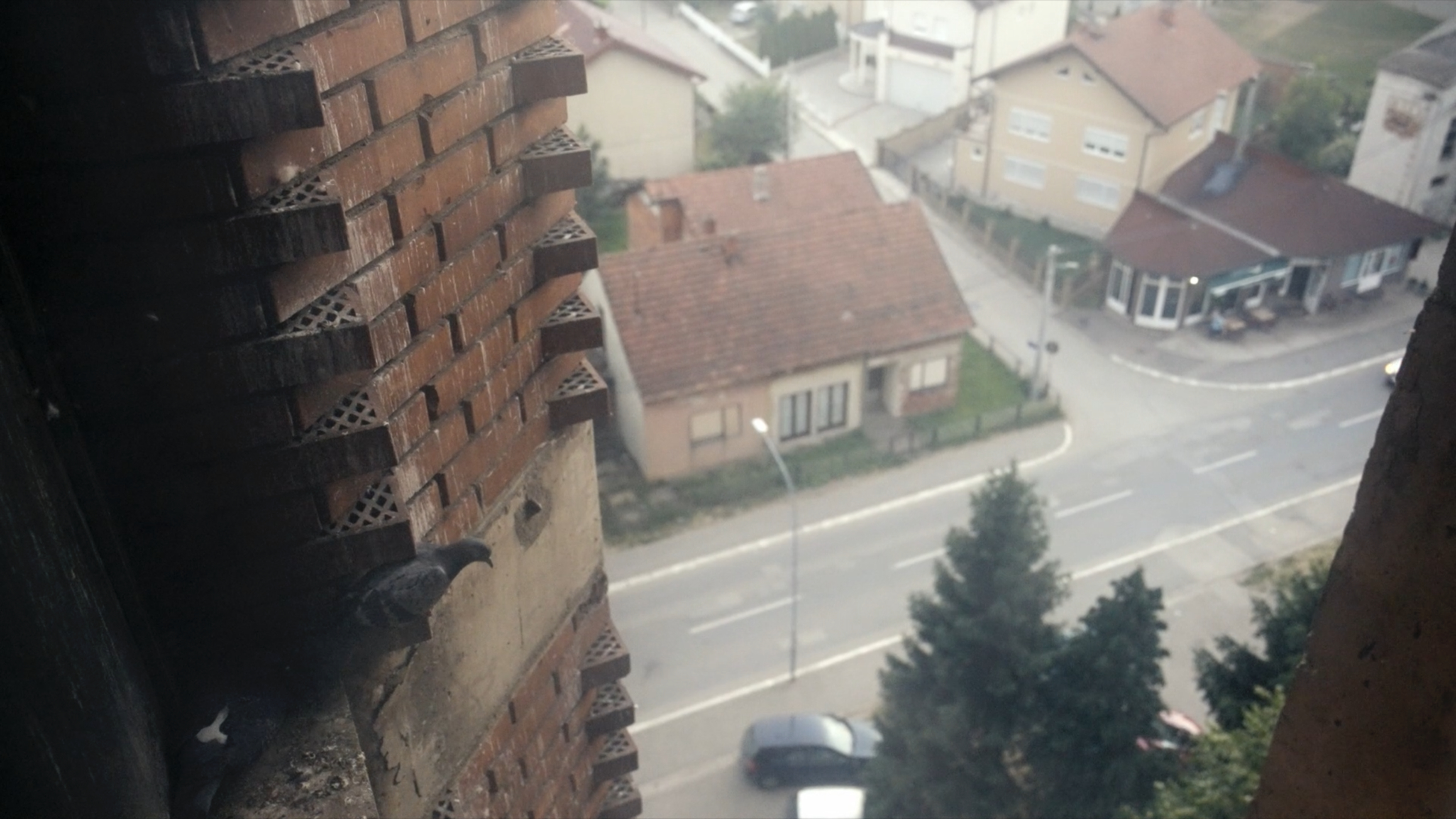
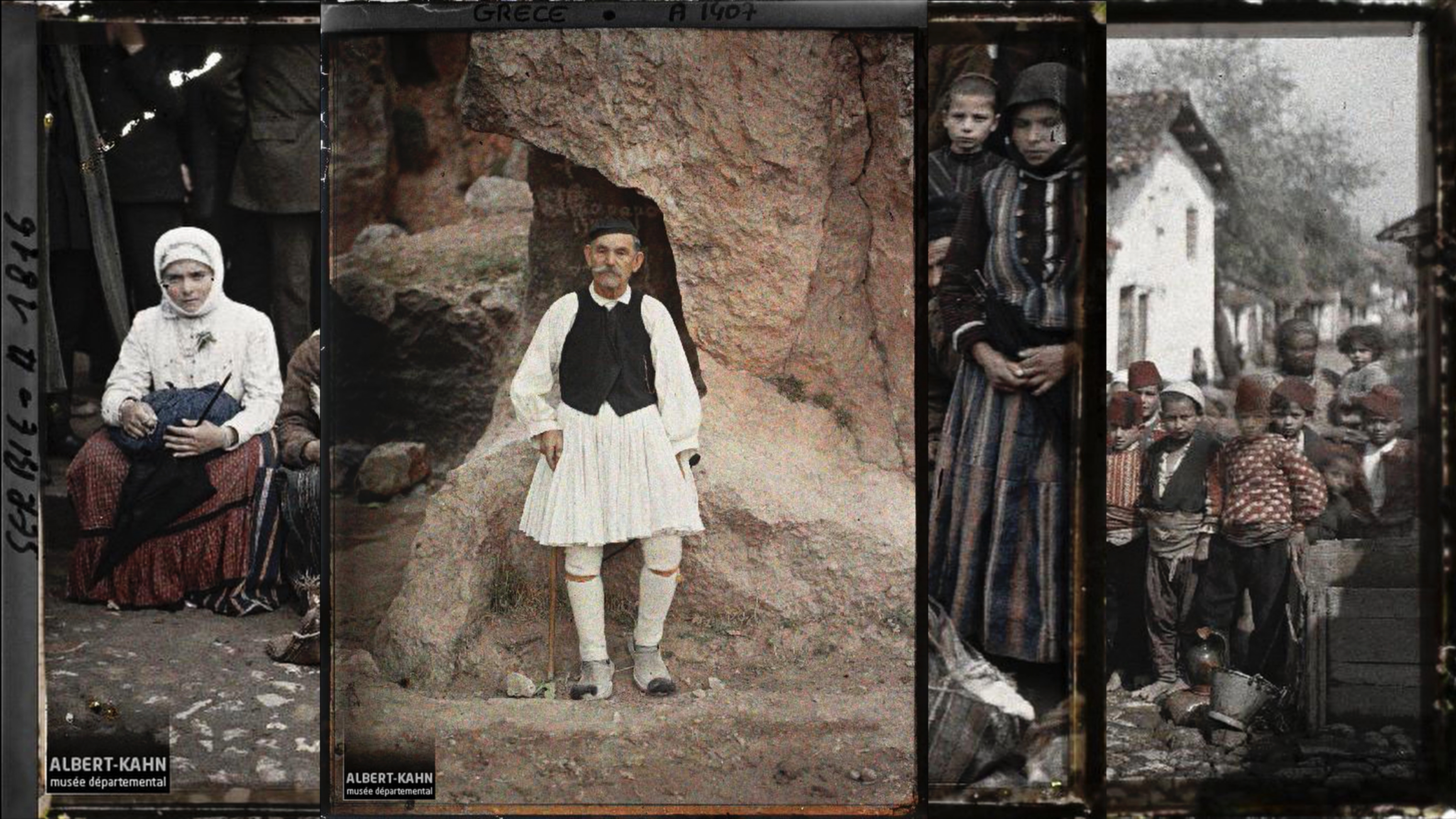
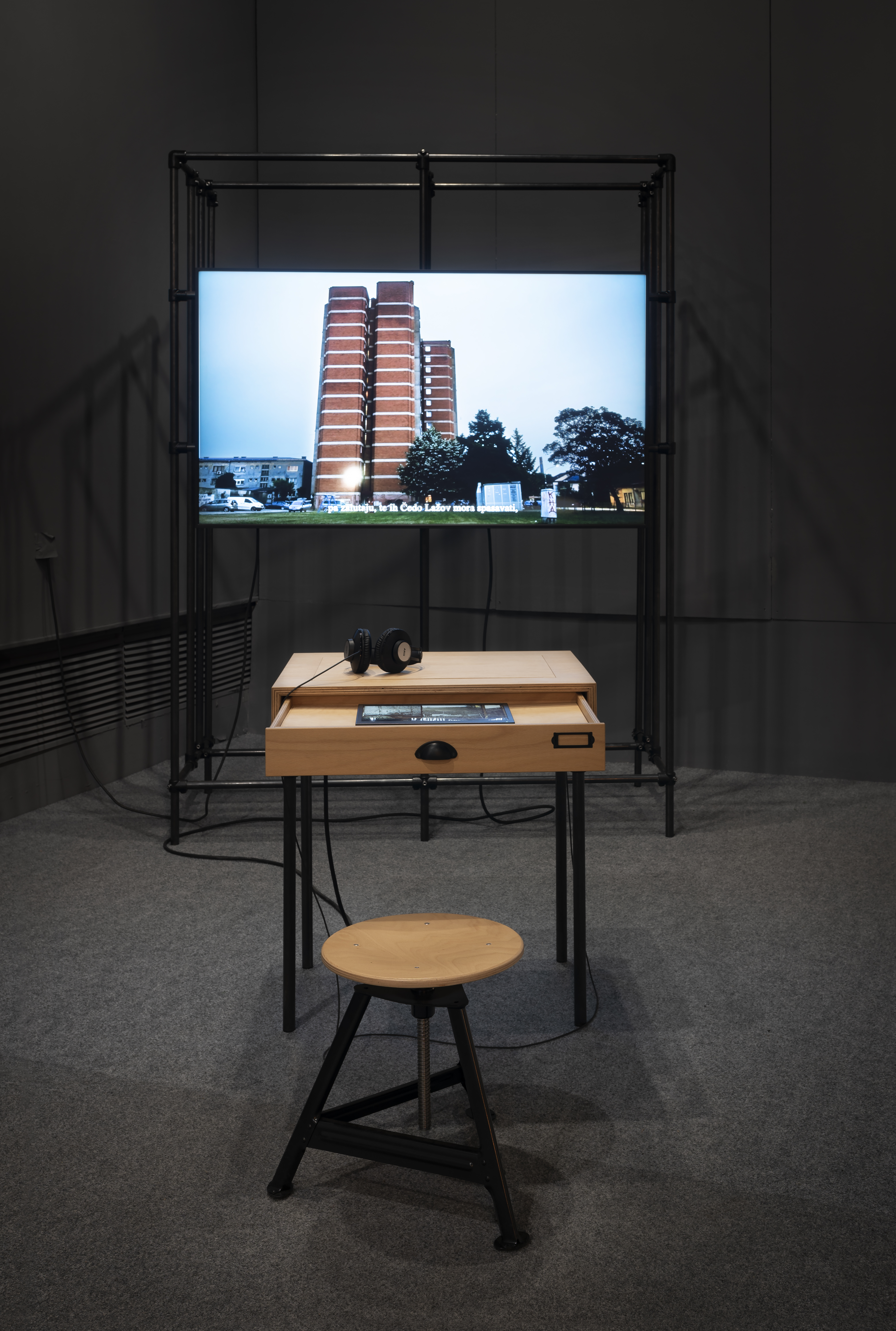

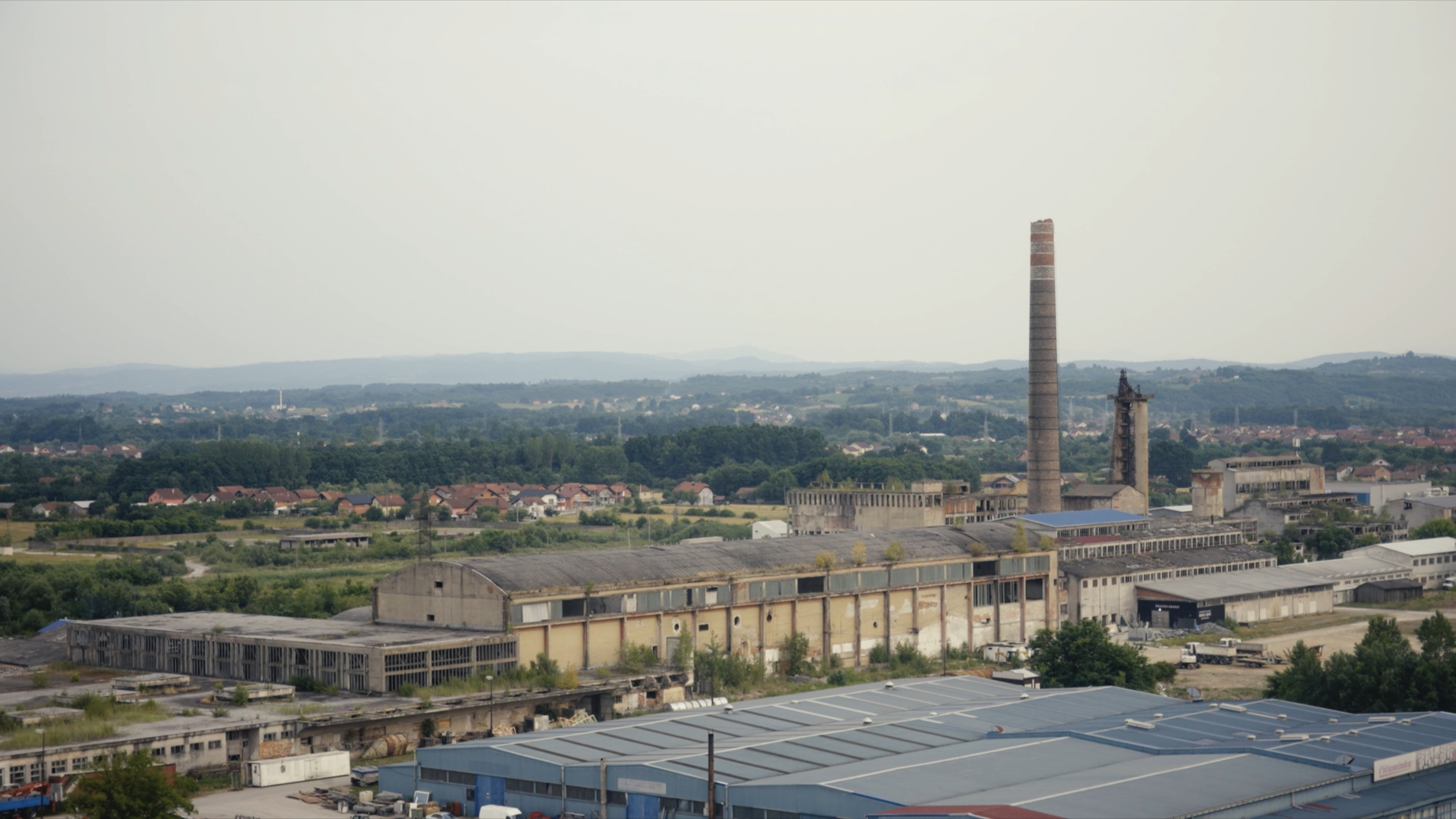
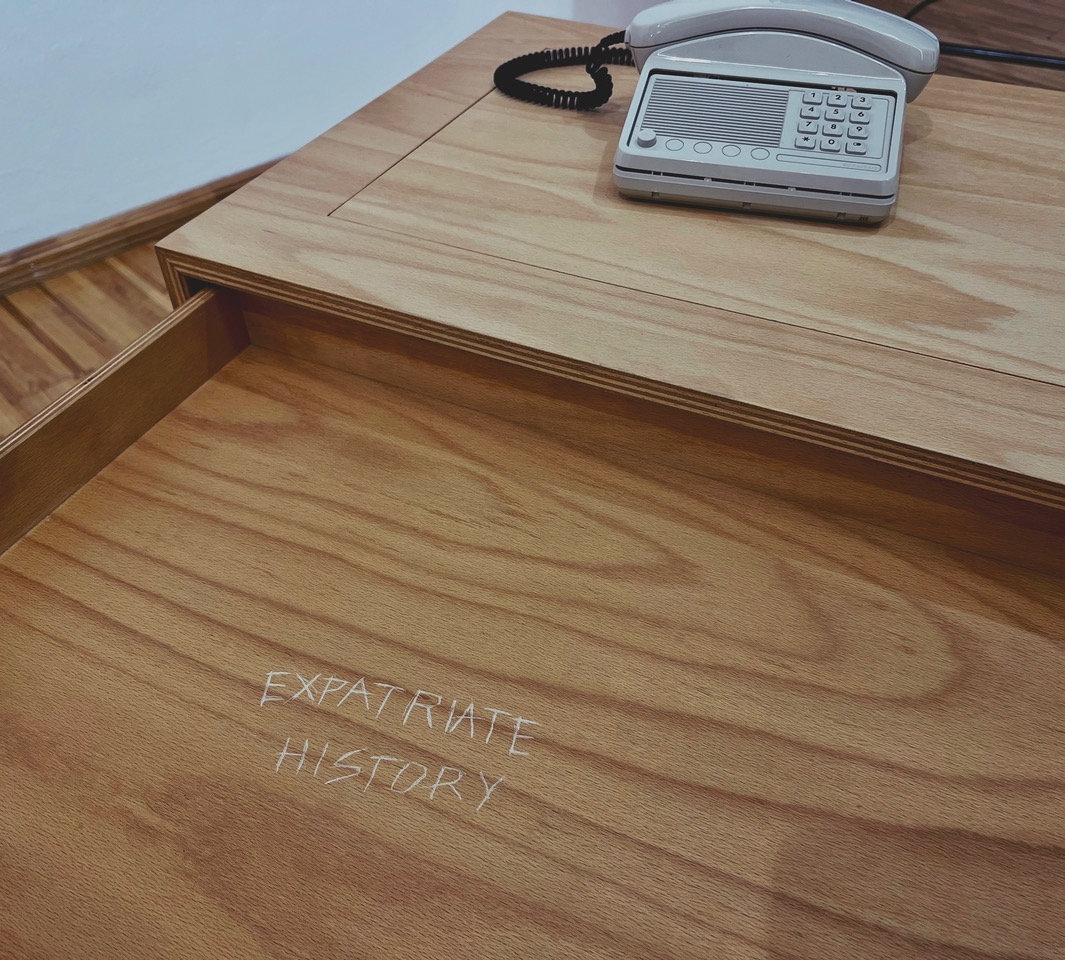

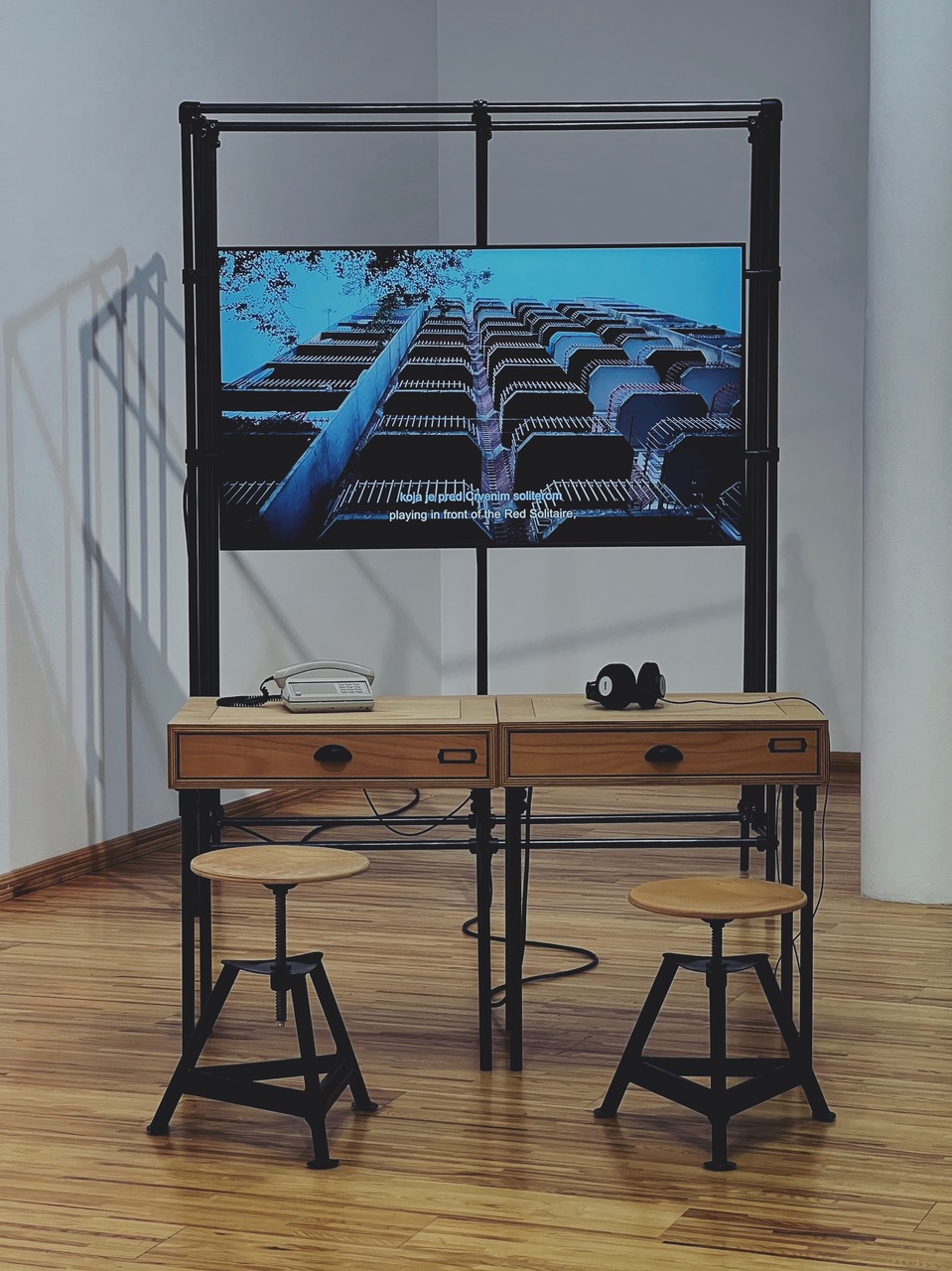
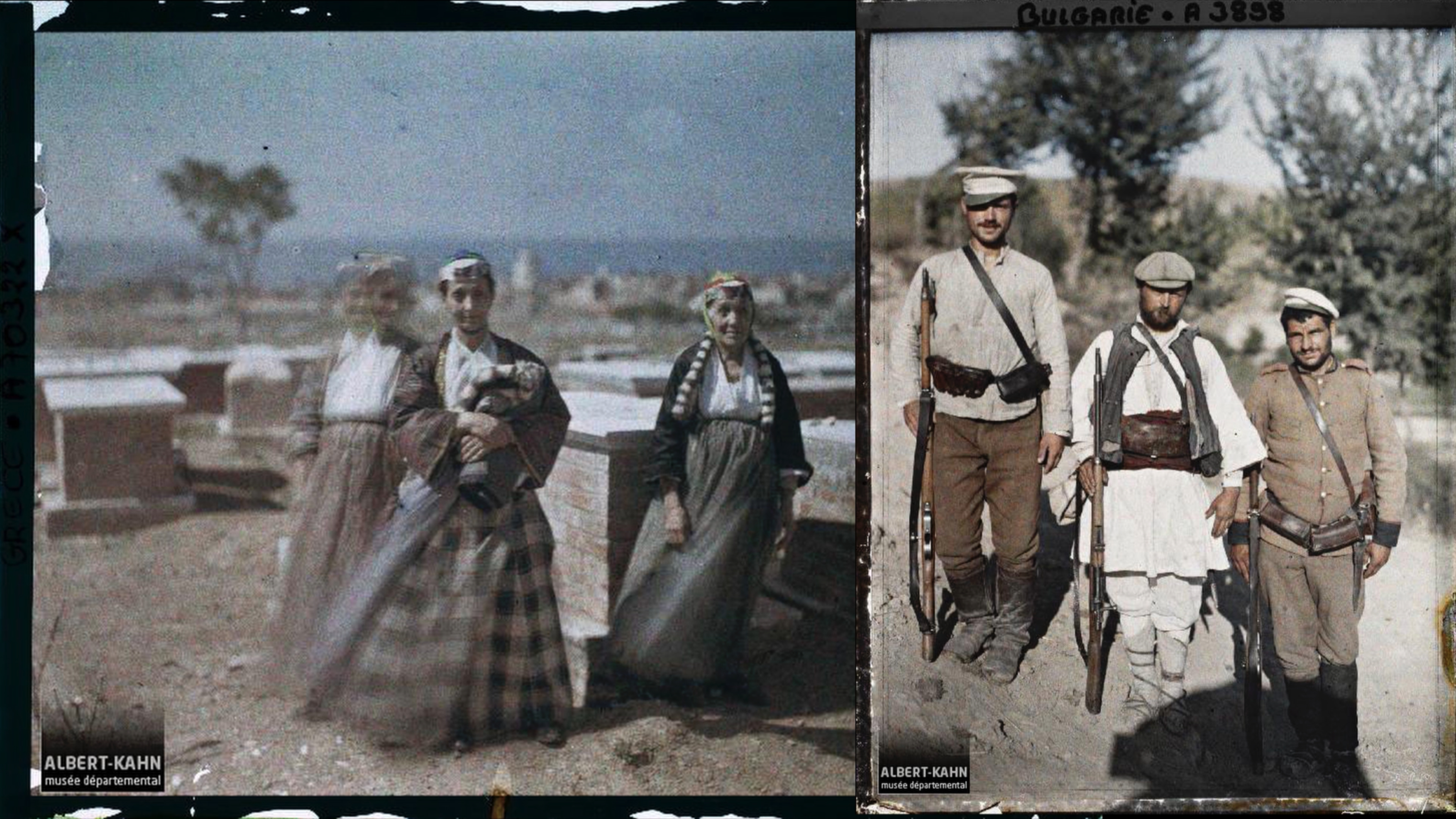
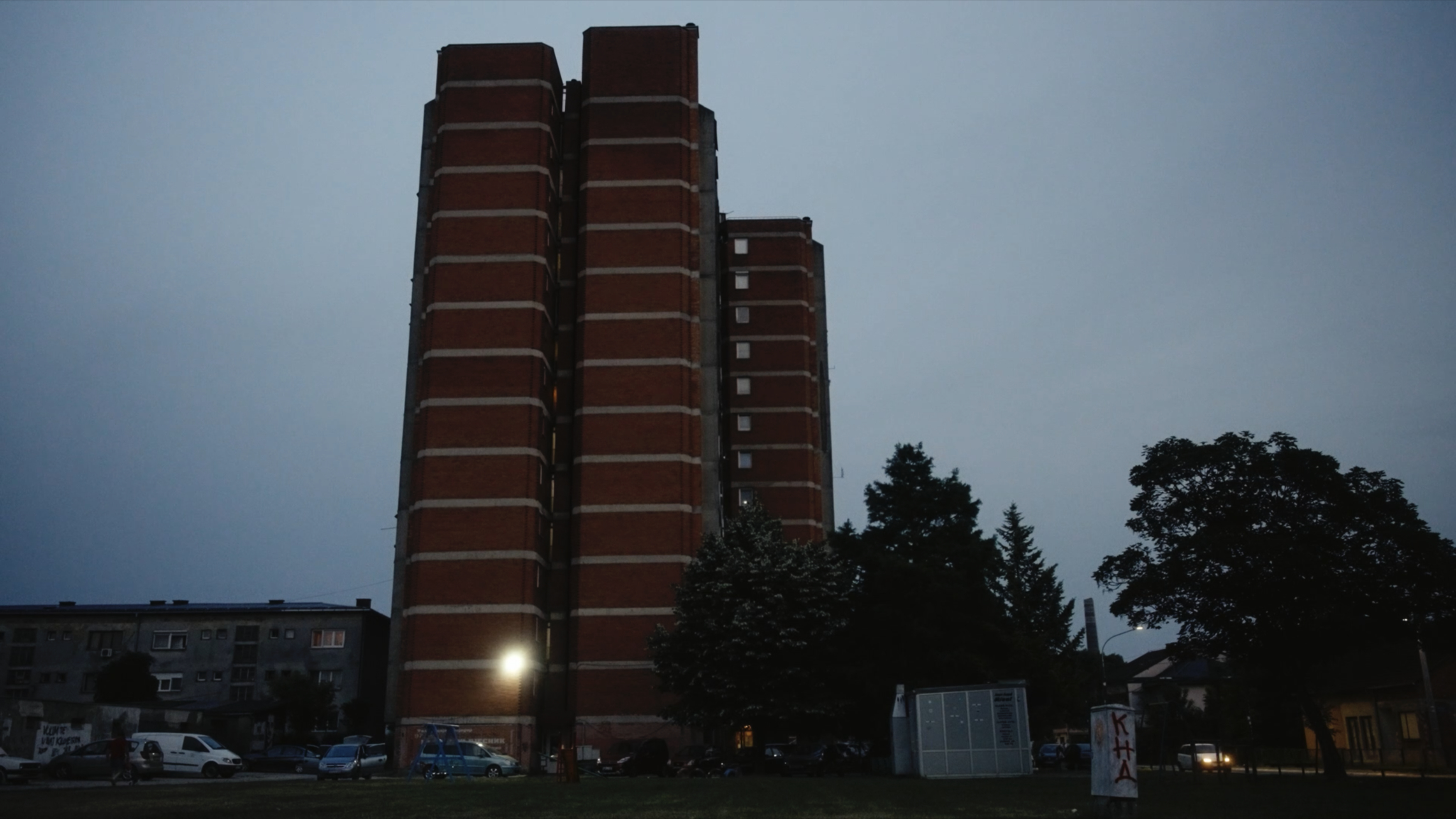

culture and violence
︎ BIGGER THAN LIFE
Film
︎ EXPATRIATE HISTORY
Installation
︎ A BETTER HISTORY
Book
︎ MEHR BALKAN WAGEN
Radio play
︎ ON SITE
Photography
︎ THE MAIDENHAIR FERN
Installation
︎ THE SILENT WEAVING OF THE SPIRIT
Video performance
Architecture is considered the reliable witness of the past, the "silent history teller" and as such it has always been an attractive tool for the history clitters.
This series of works examines the process of nation-building, myth-making, as well as the relativization of war crimes with the help of urban planning, on the basis of two large construction projects in the Balkans.
It observes the use of "history" to make the past and the facts invisible and inaccessible and undertakes an experiment by voicing the theme of language itself.
“Those who succeed in completing this experiment without allowing that the revelation in nothingness which it reveals, remain concealed, but instead raise the topic of language itself, will be the first citizens of a community without prerequisites or a state, which encompasses the destructive and determining violence of the collective.” - Giorgio Agambe

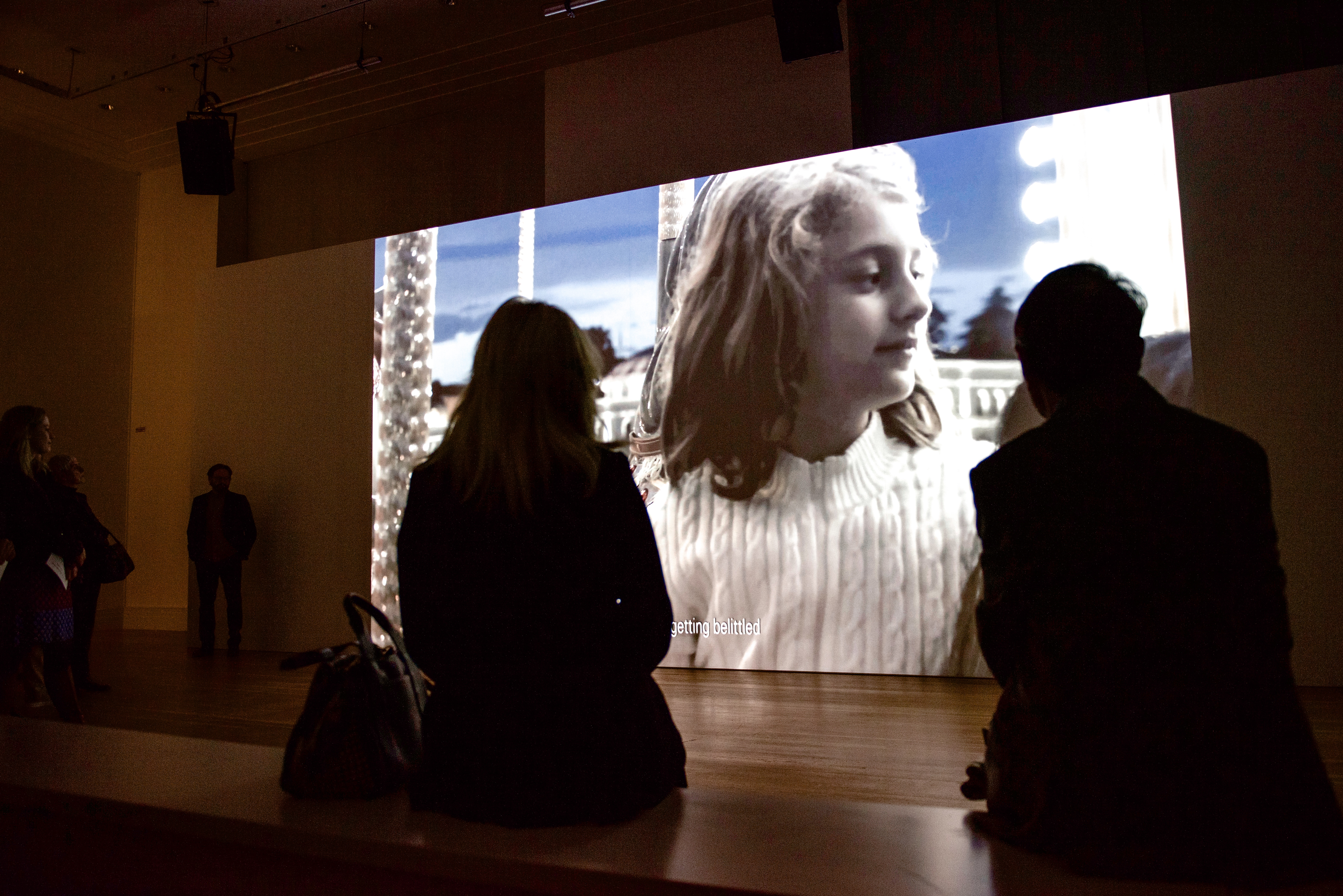
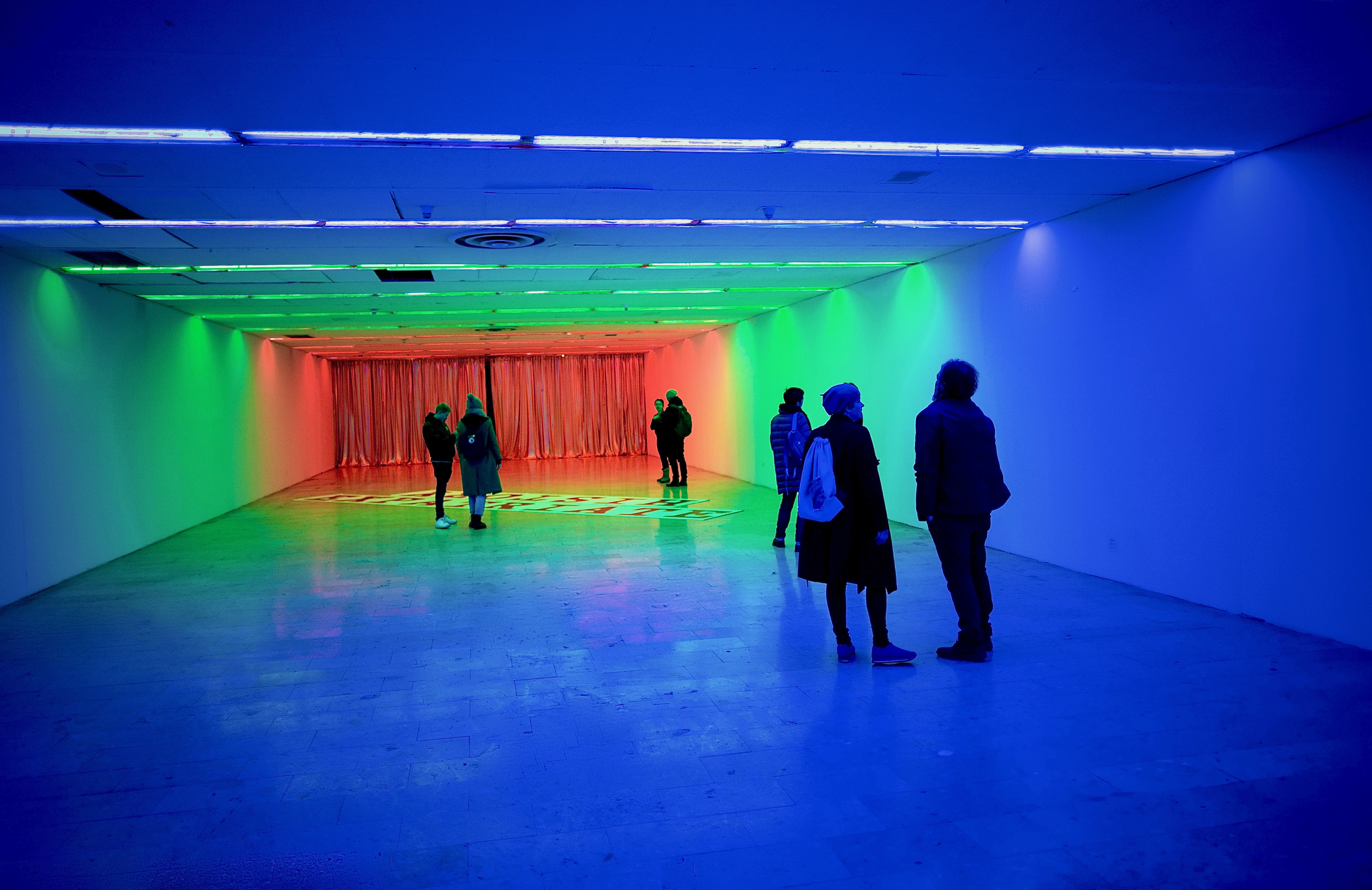
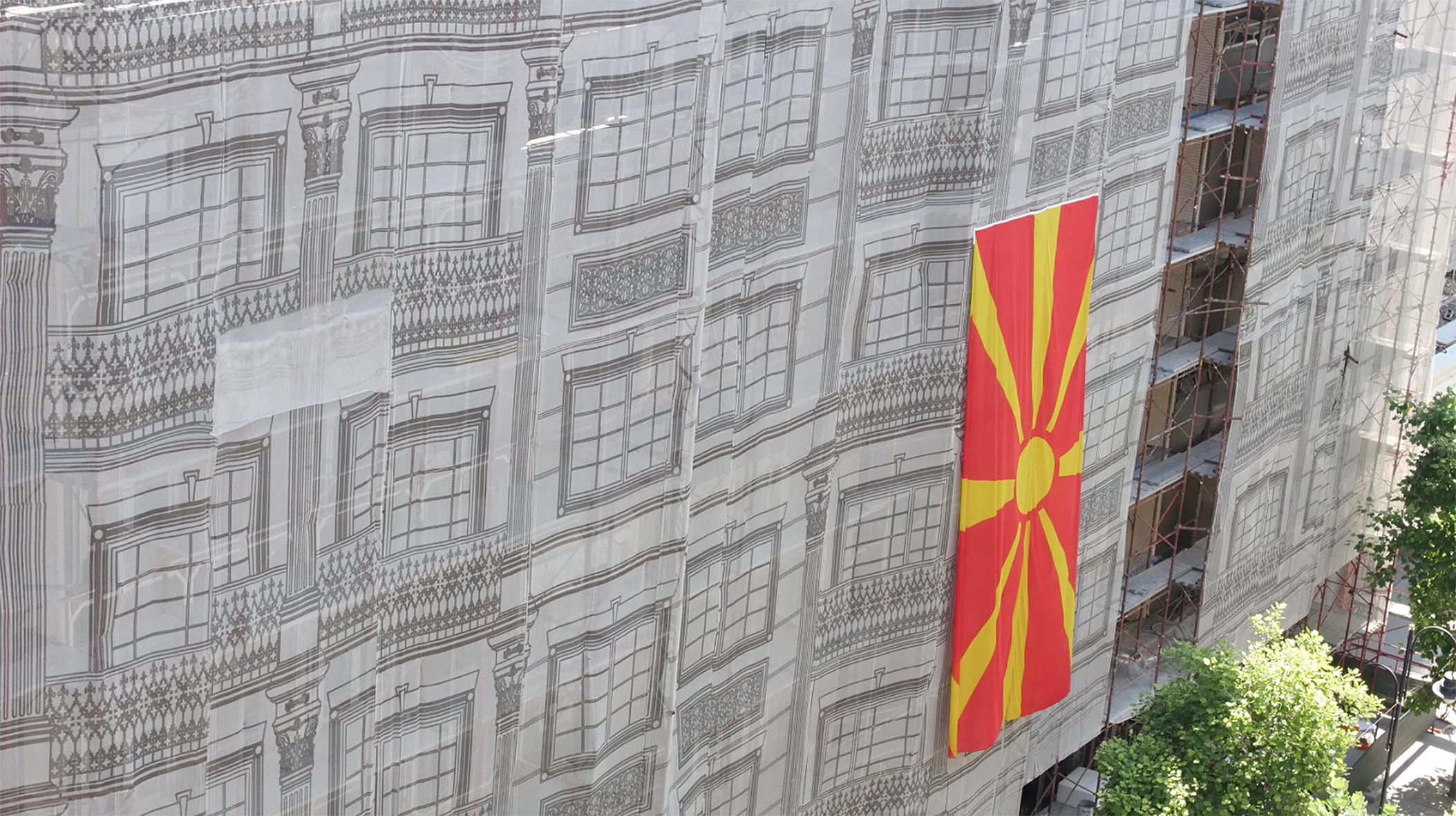
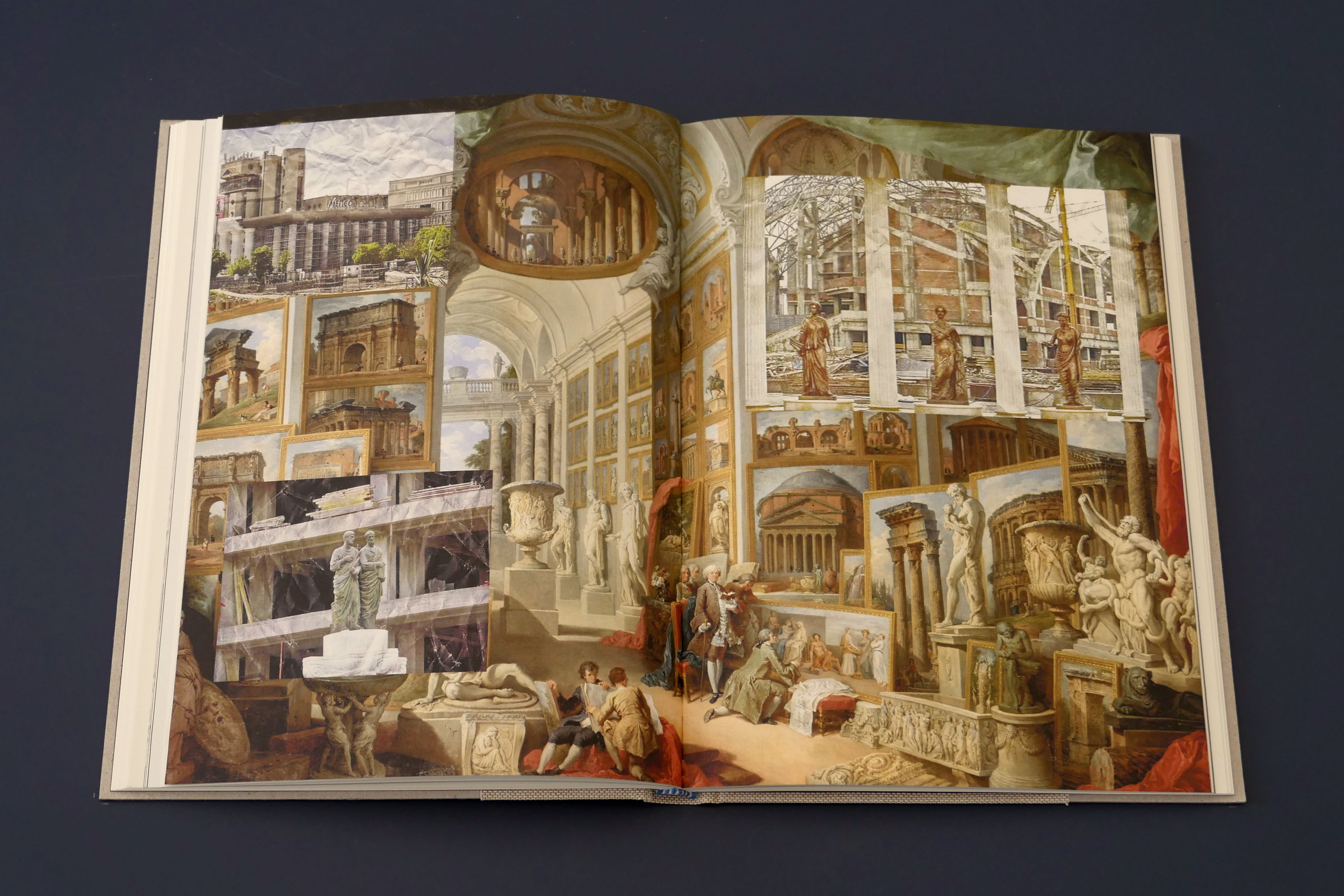

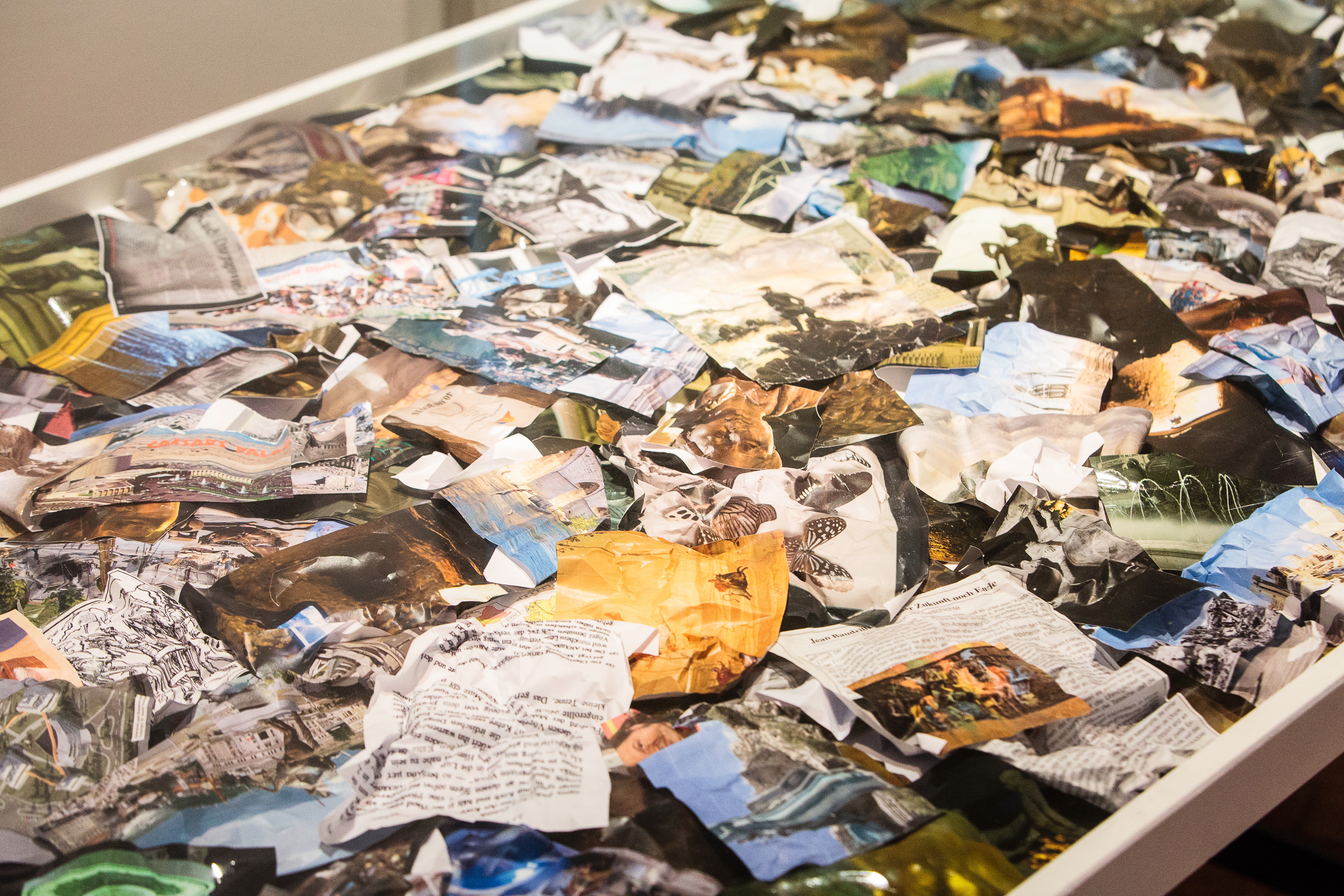

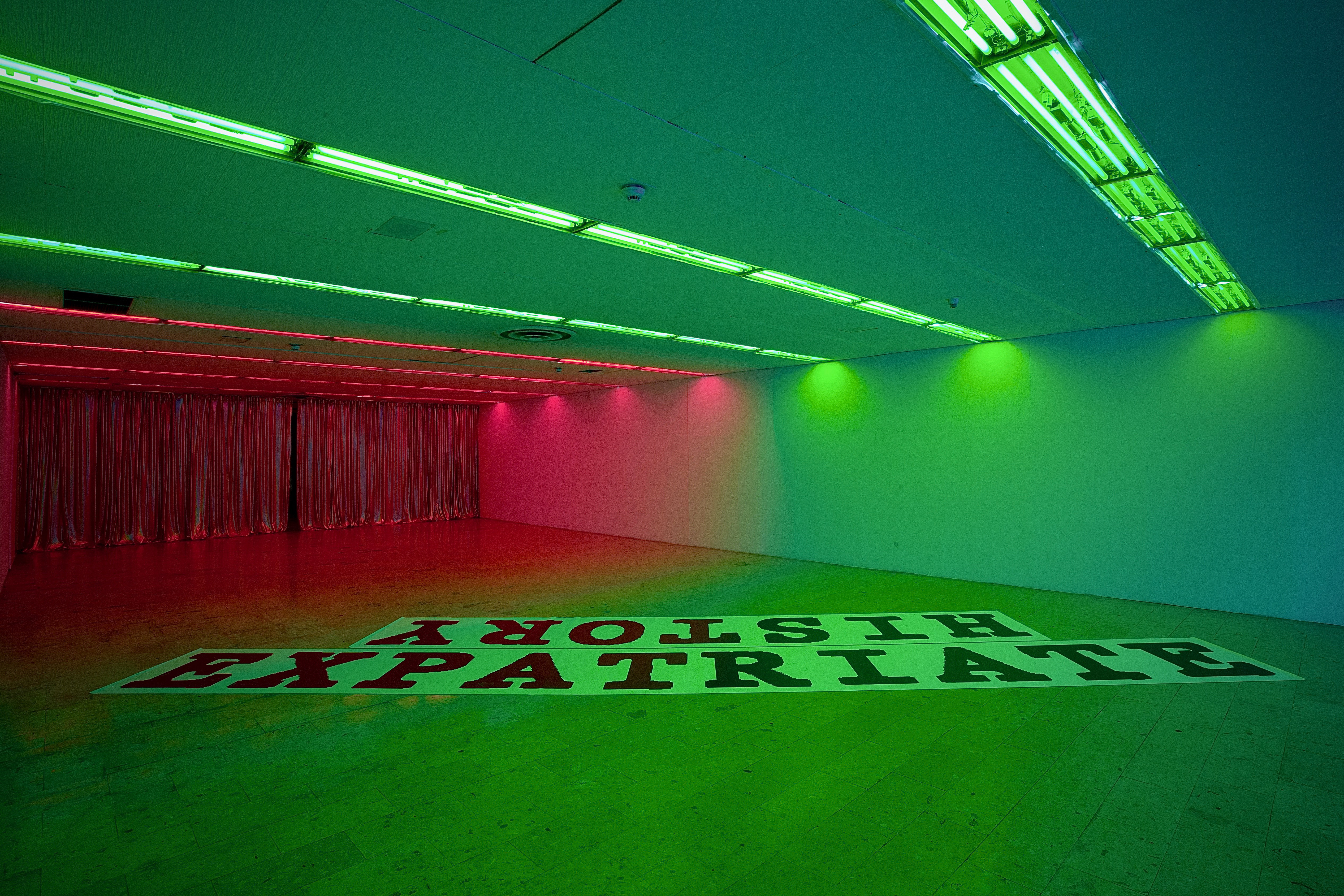
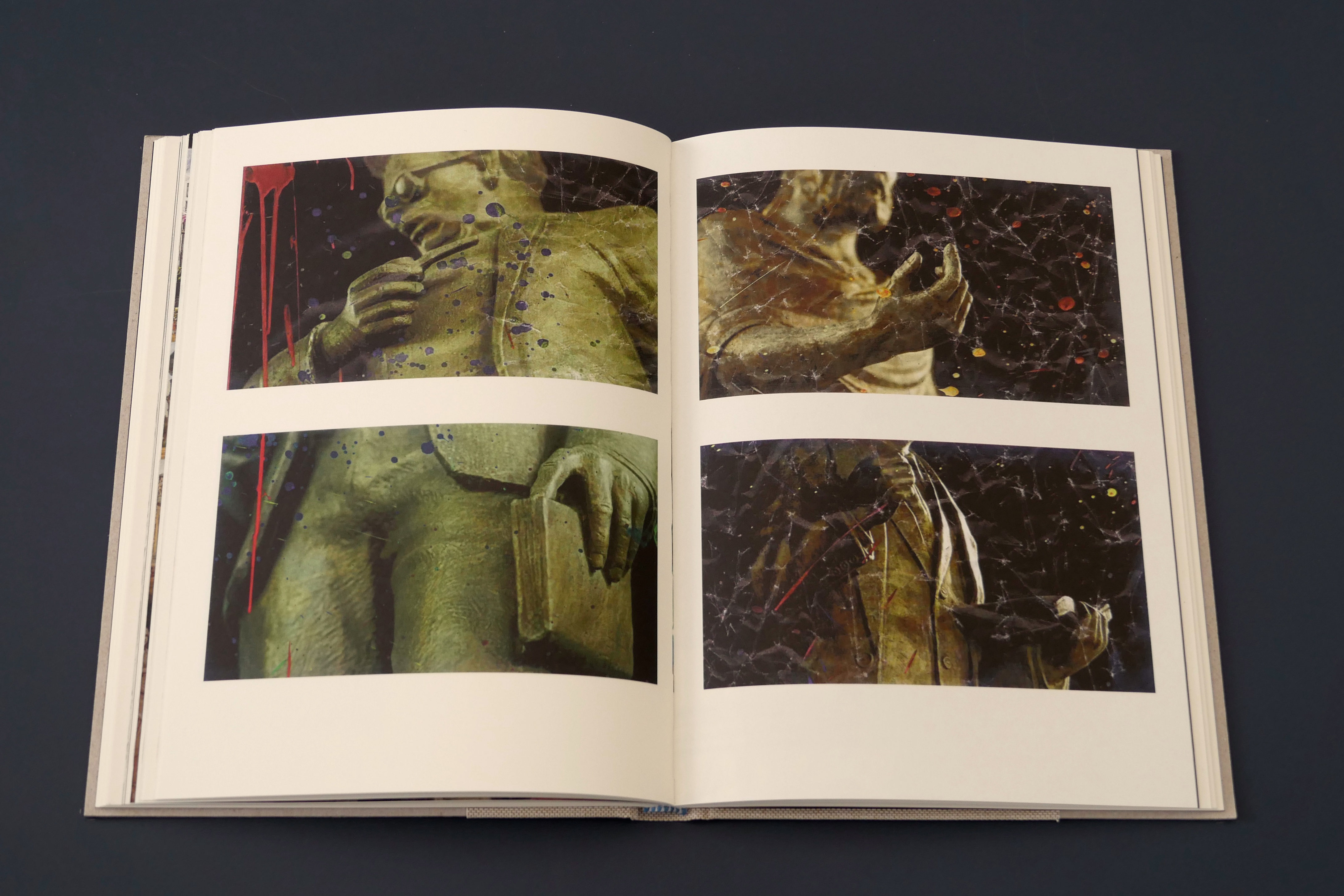
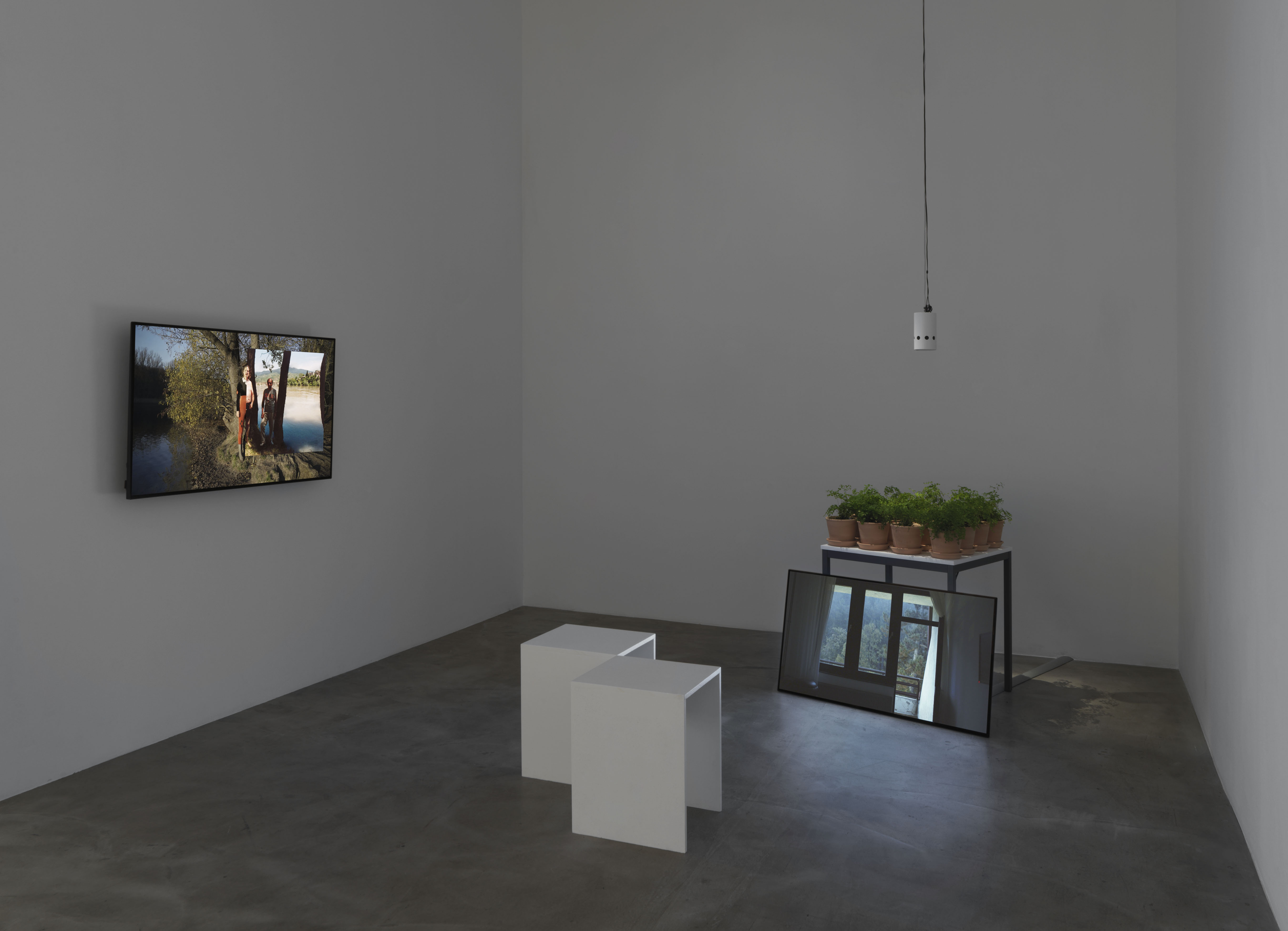
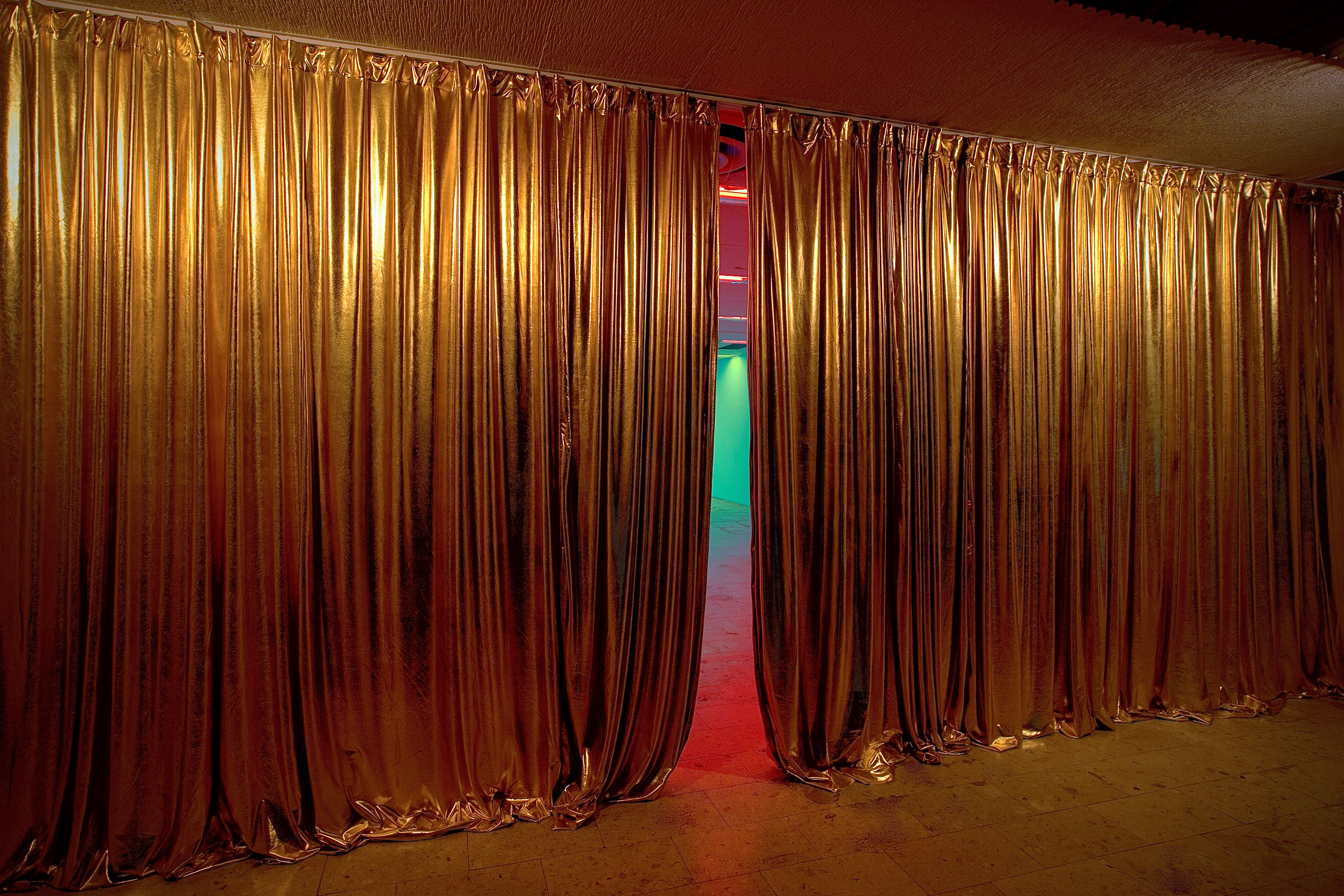
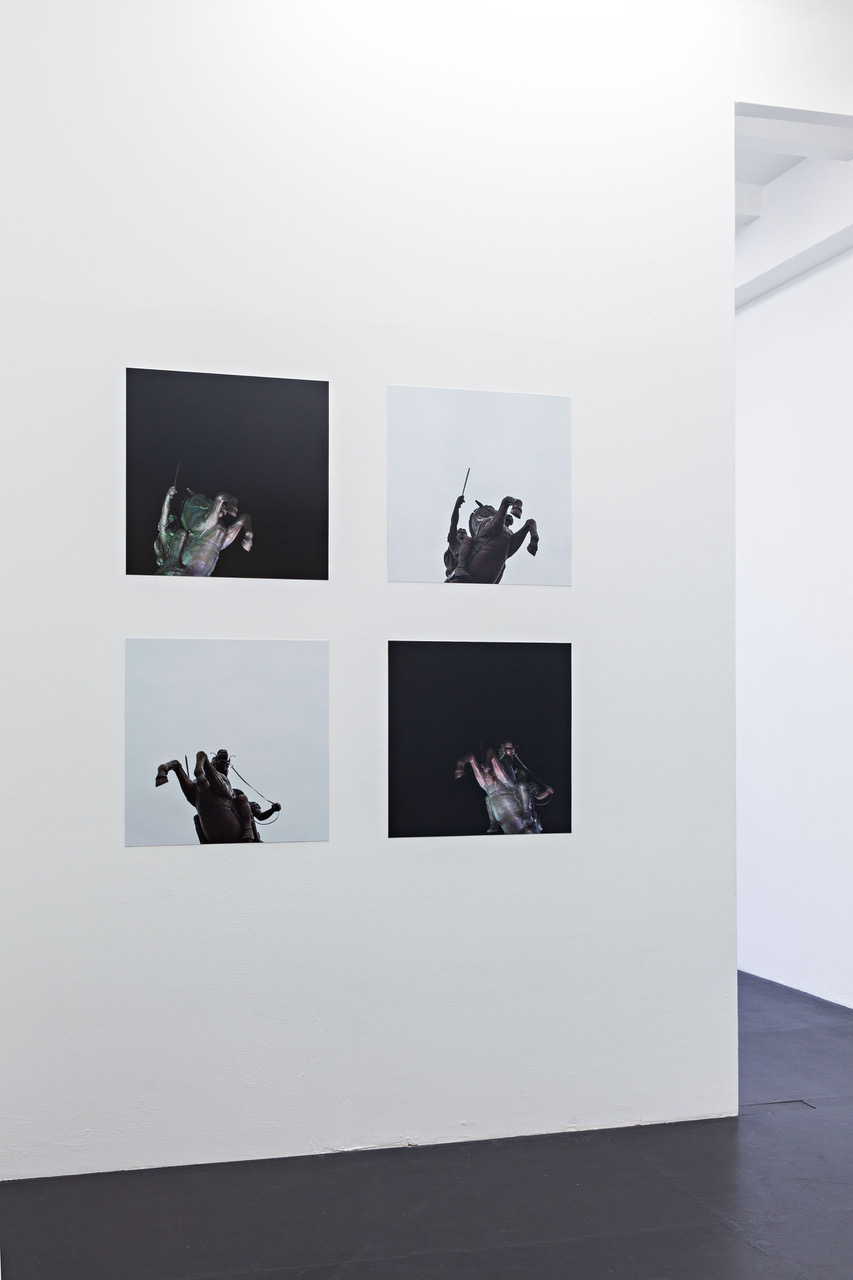
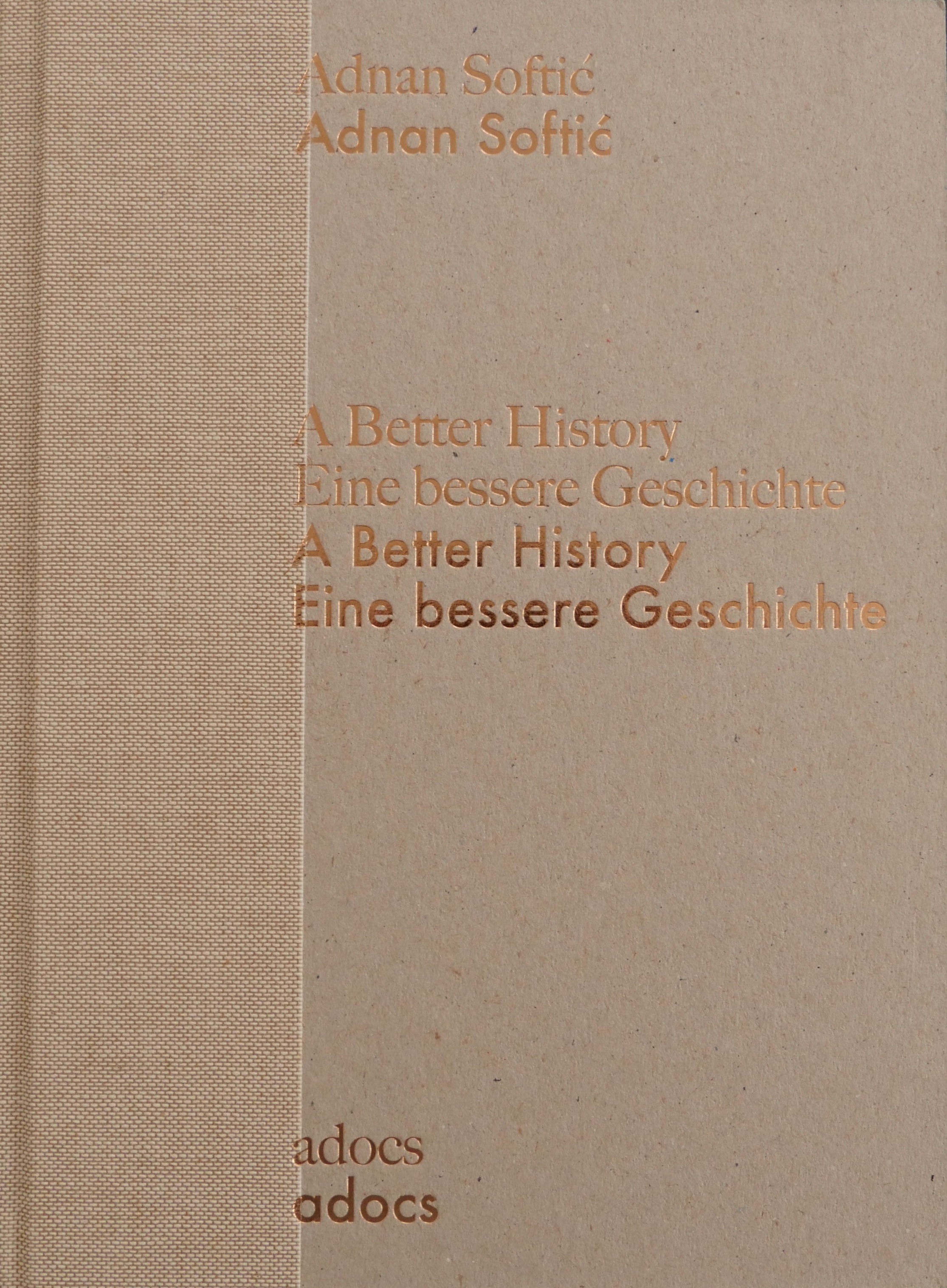
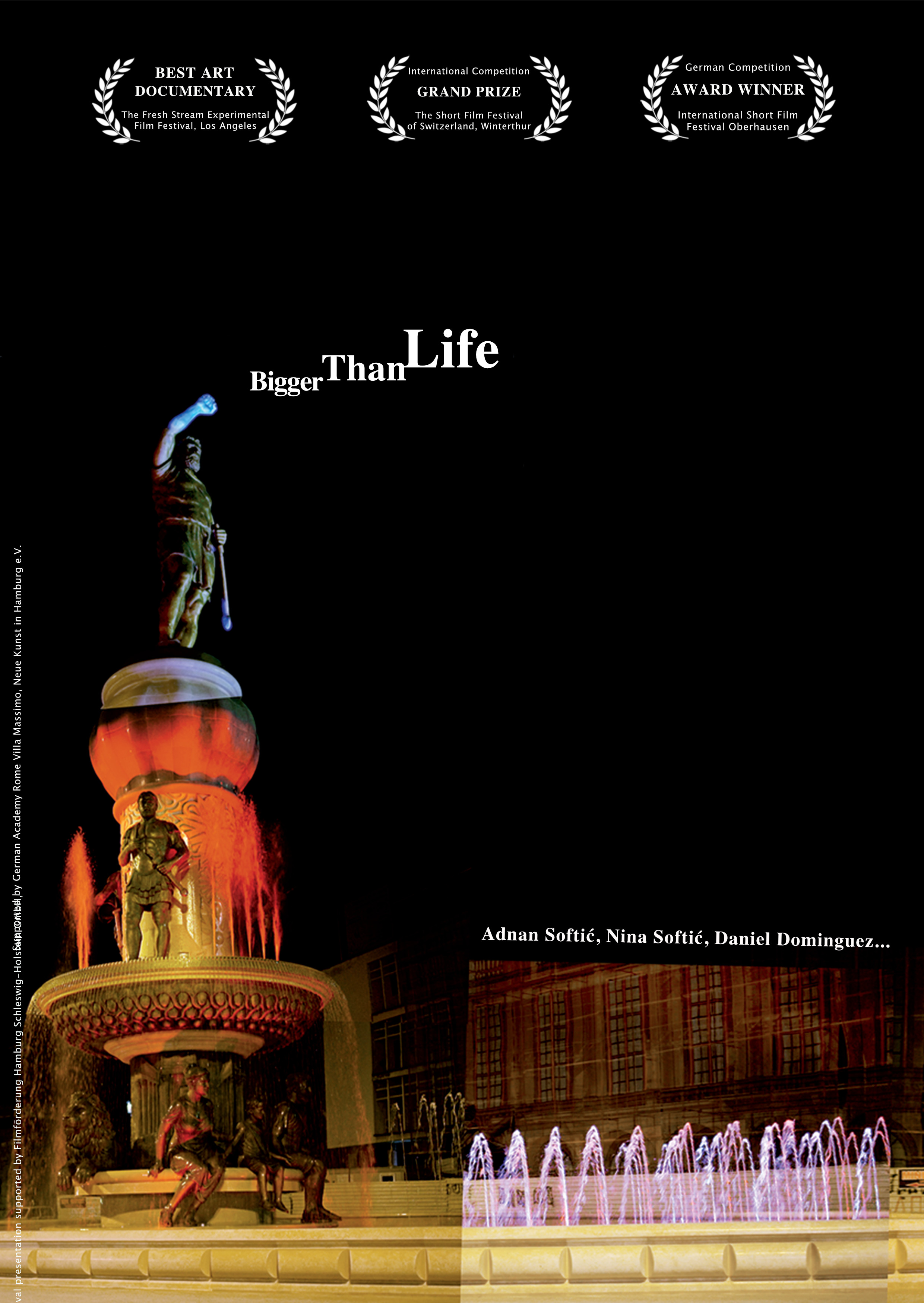
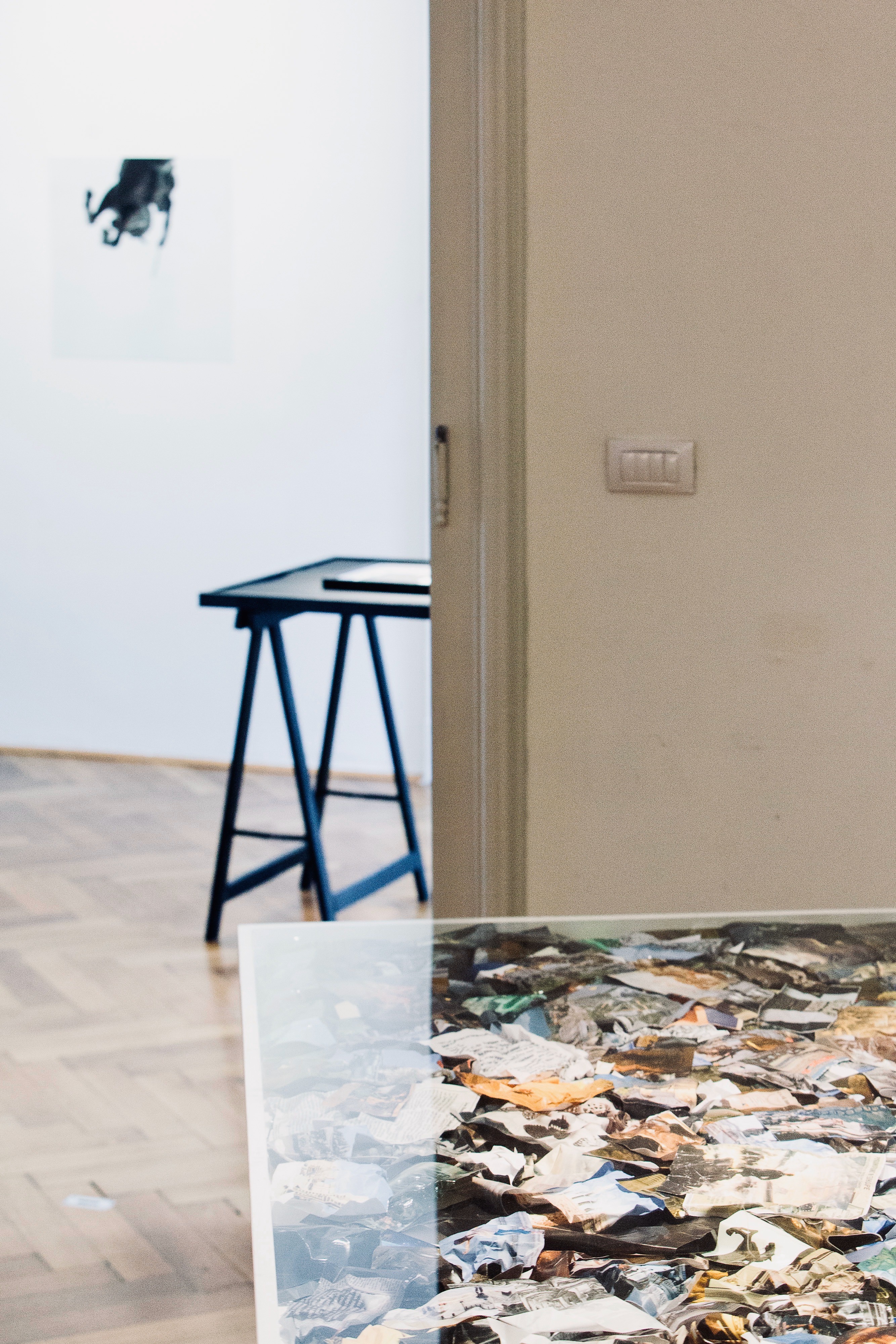

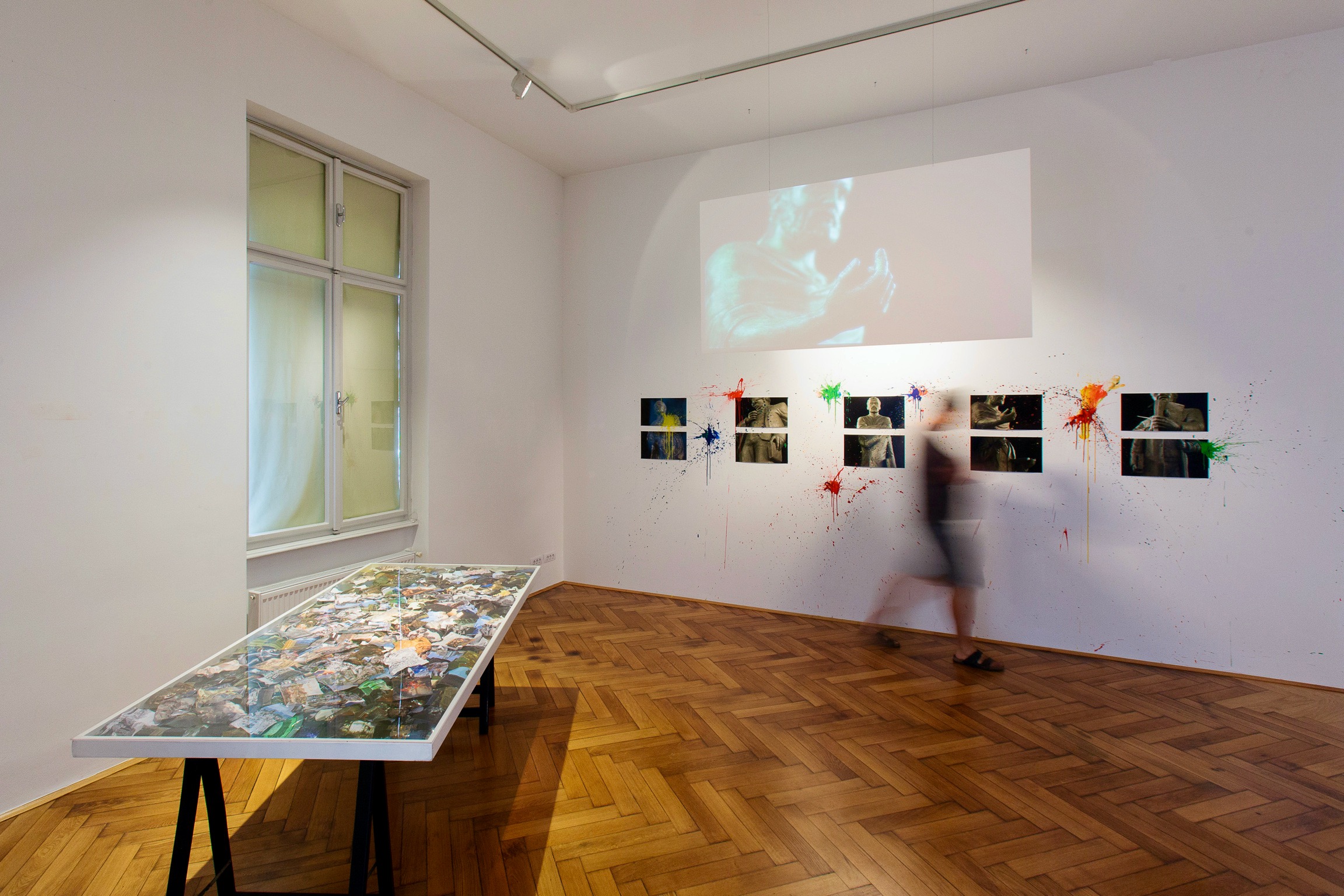

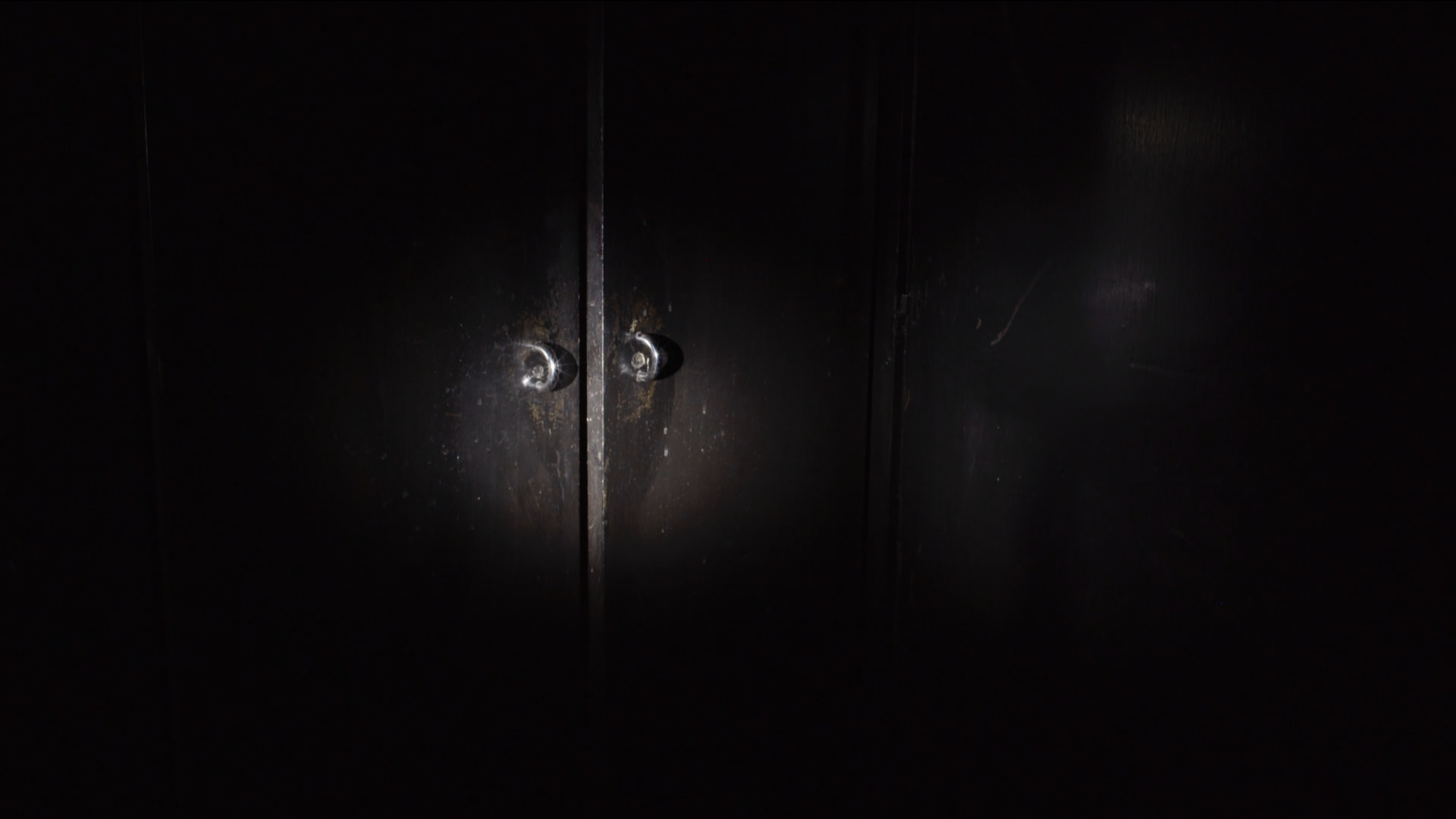
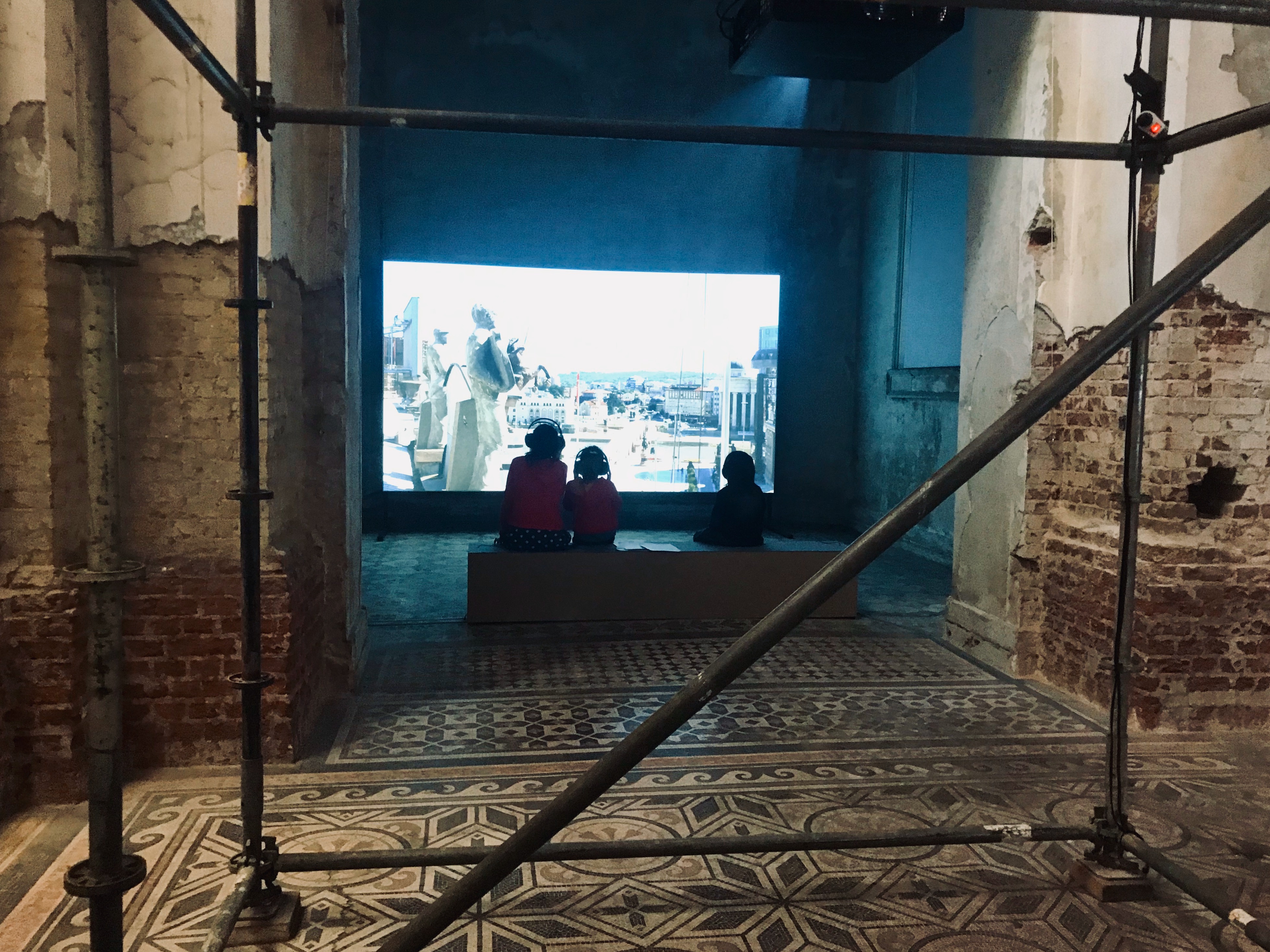
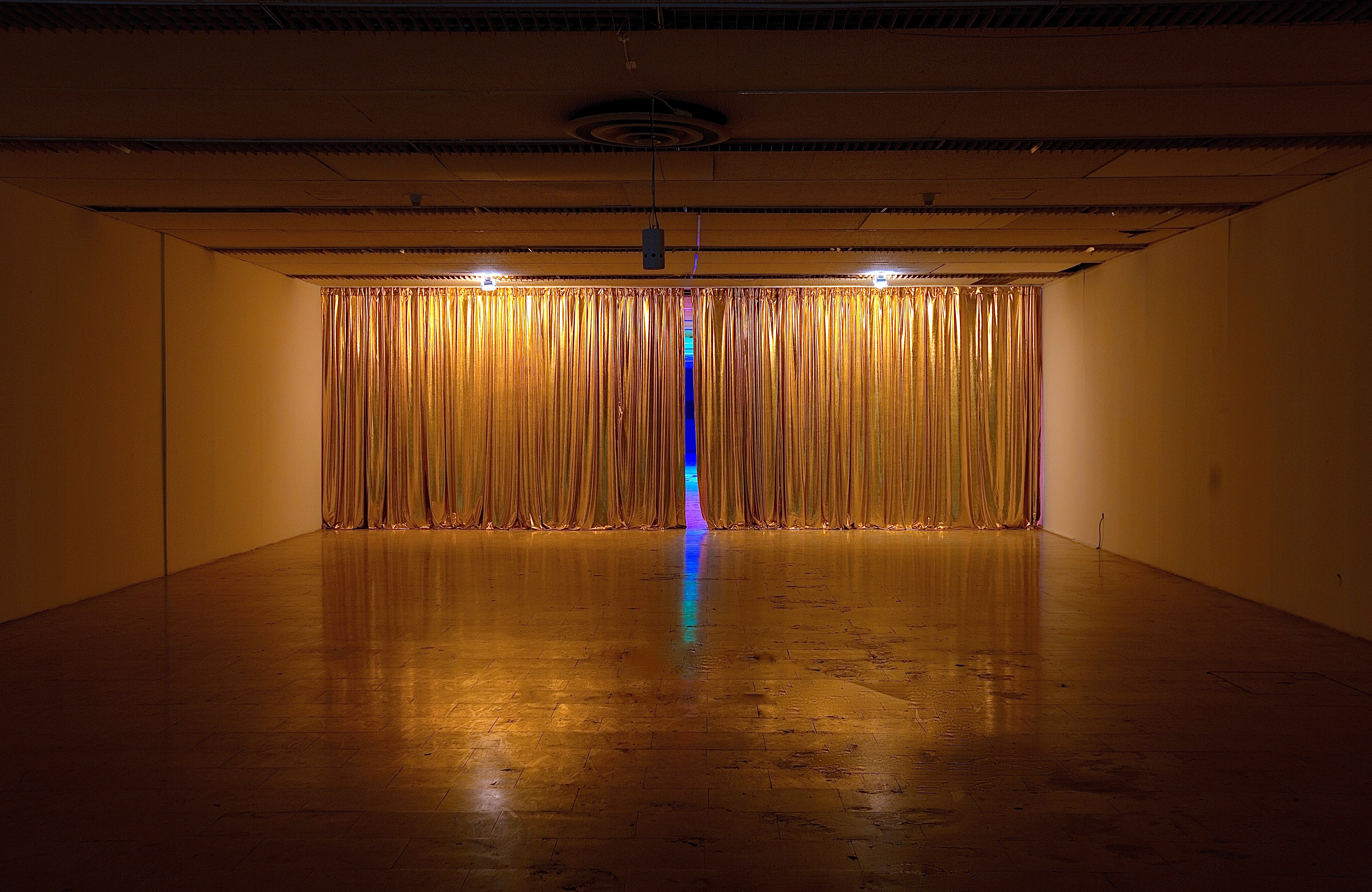
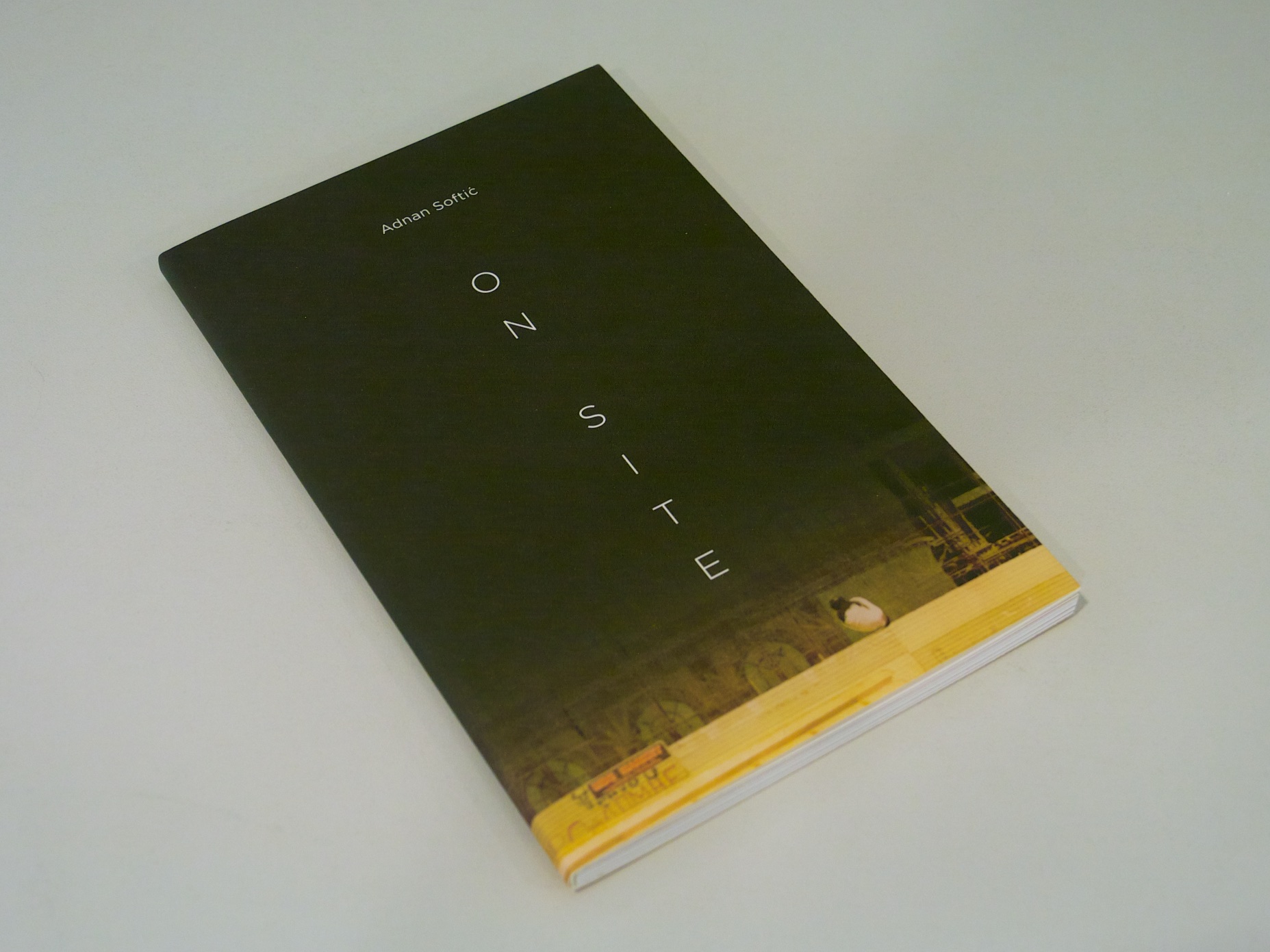
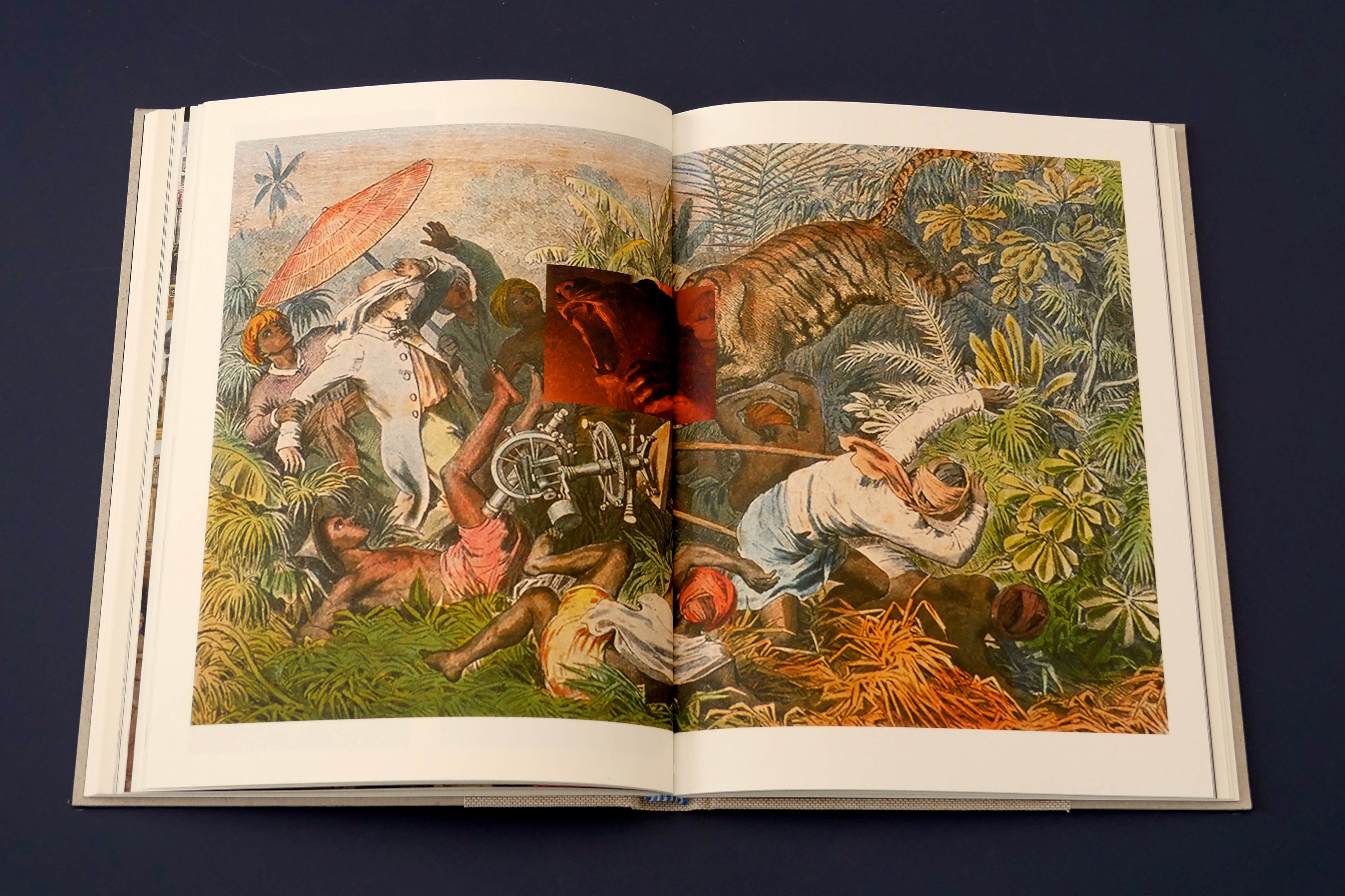

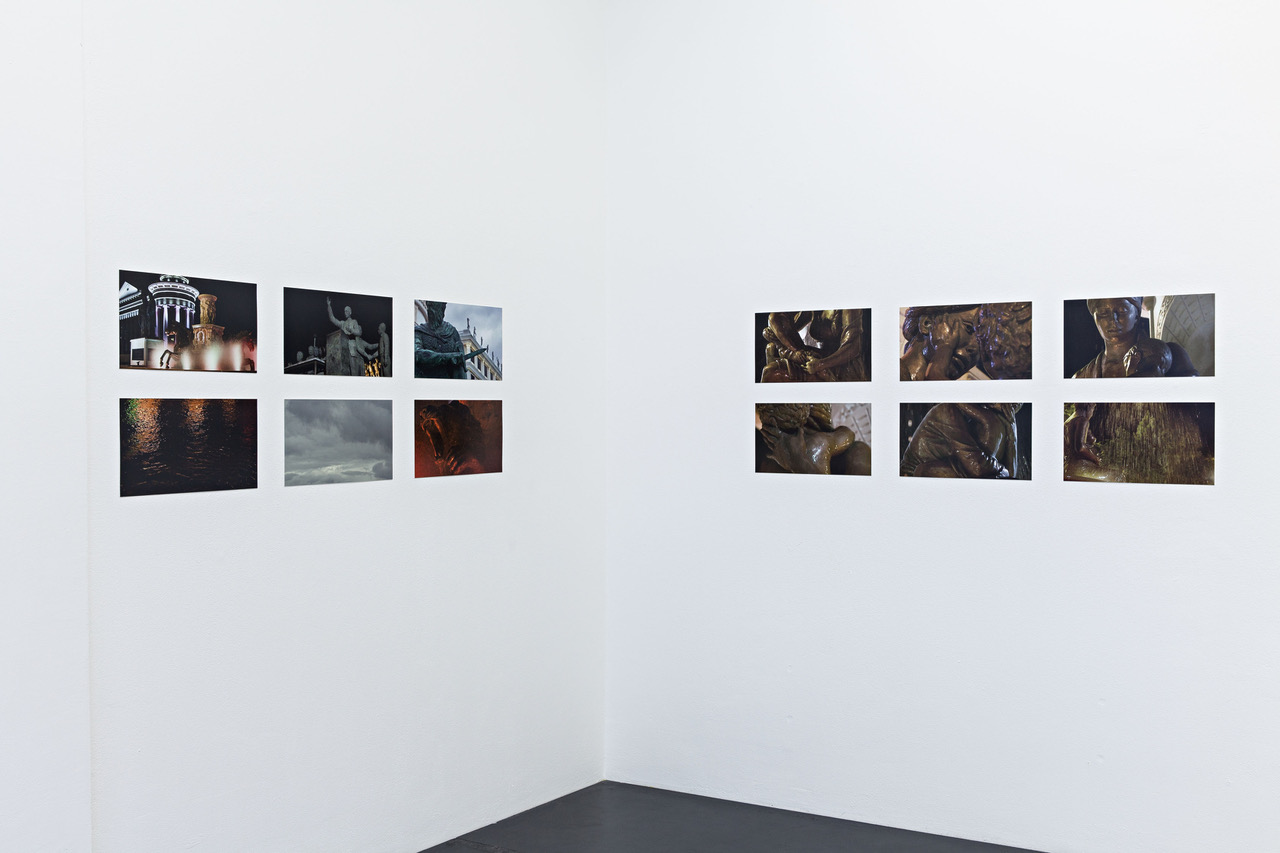
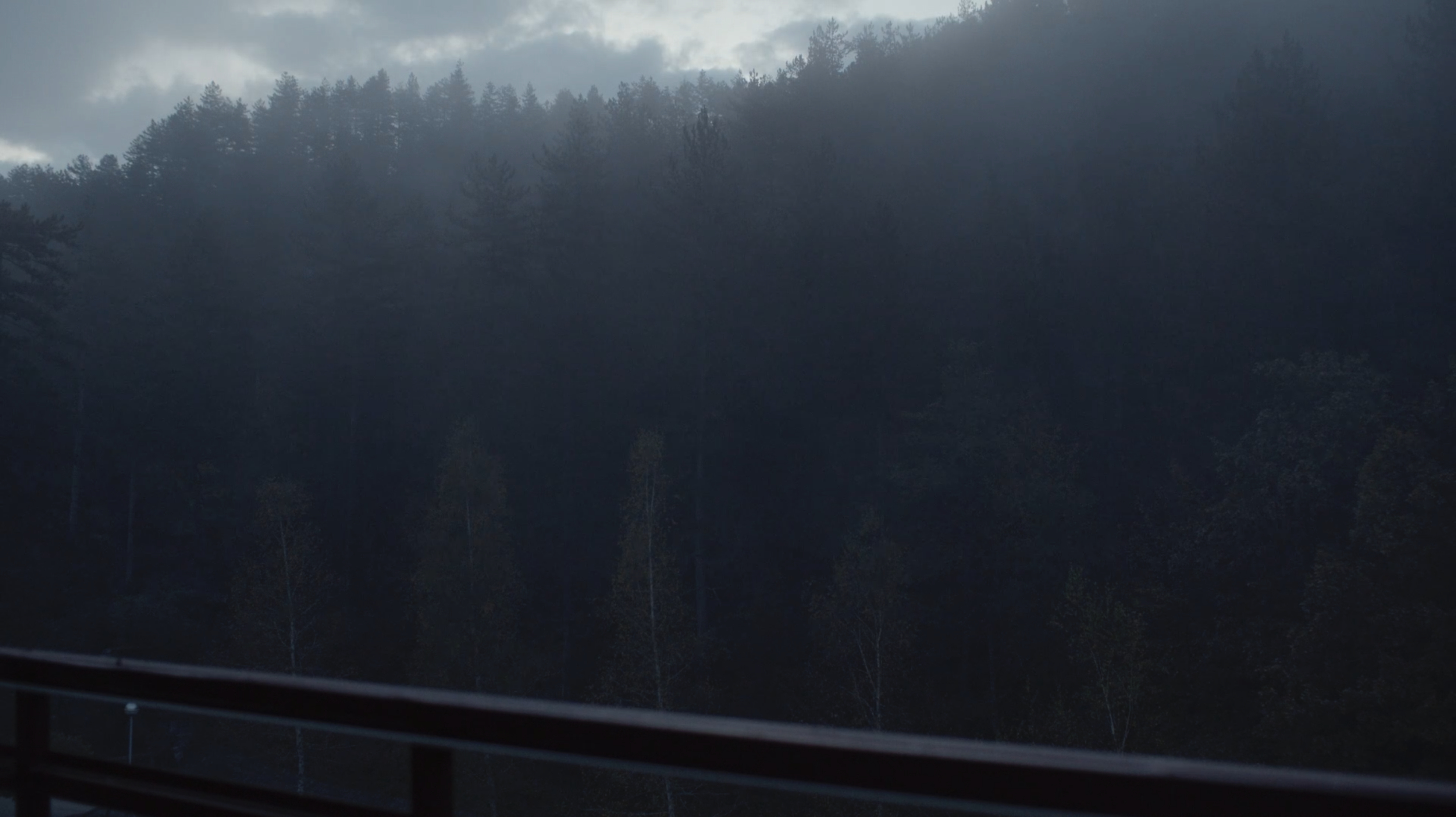
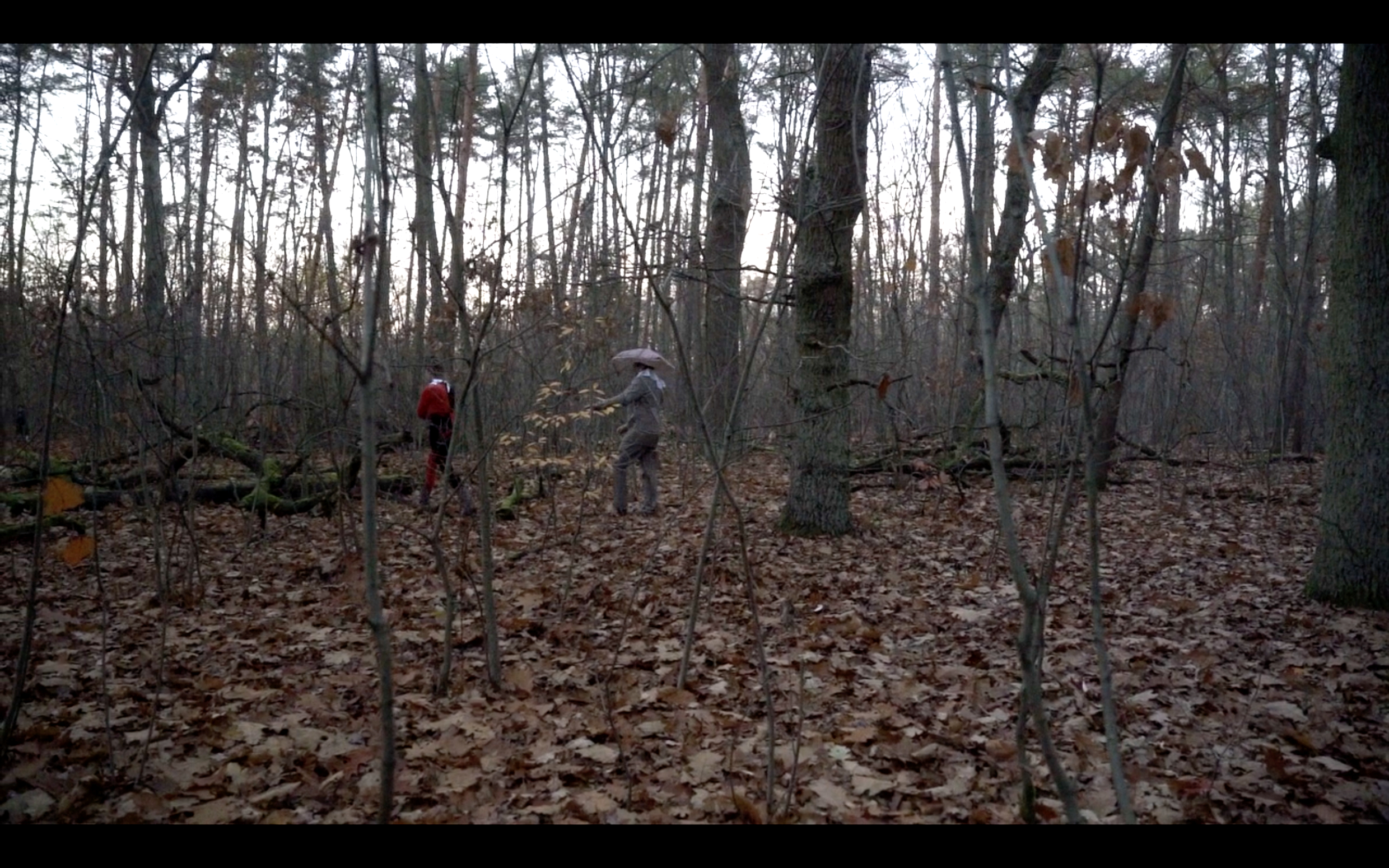
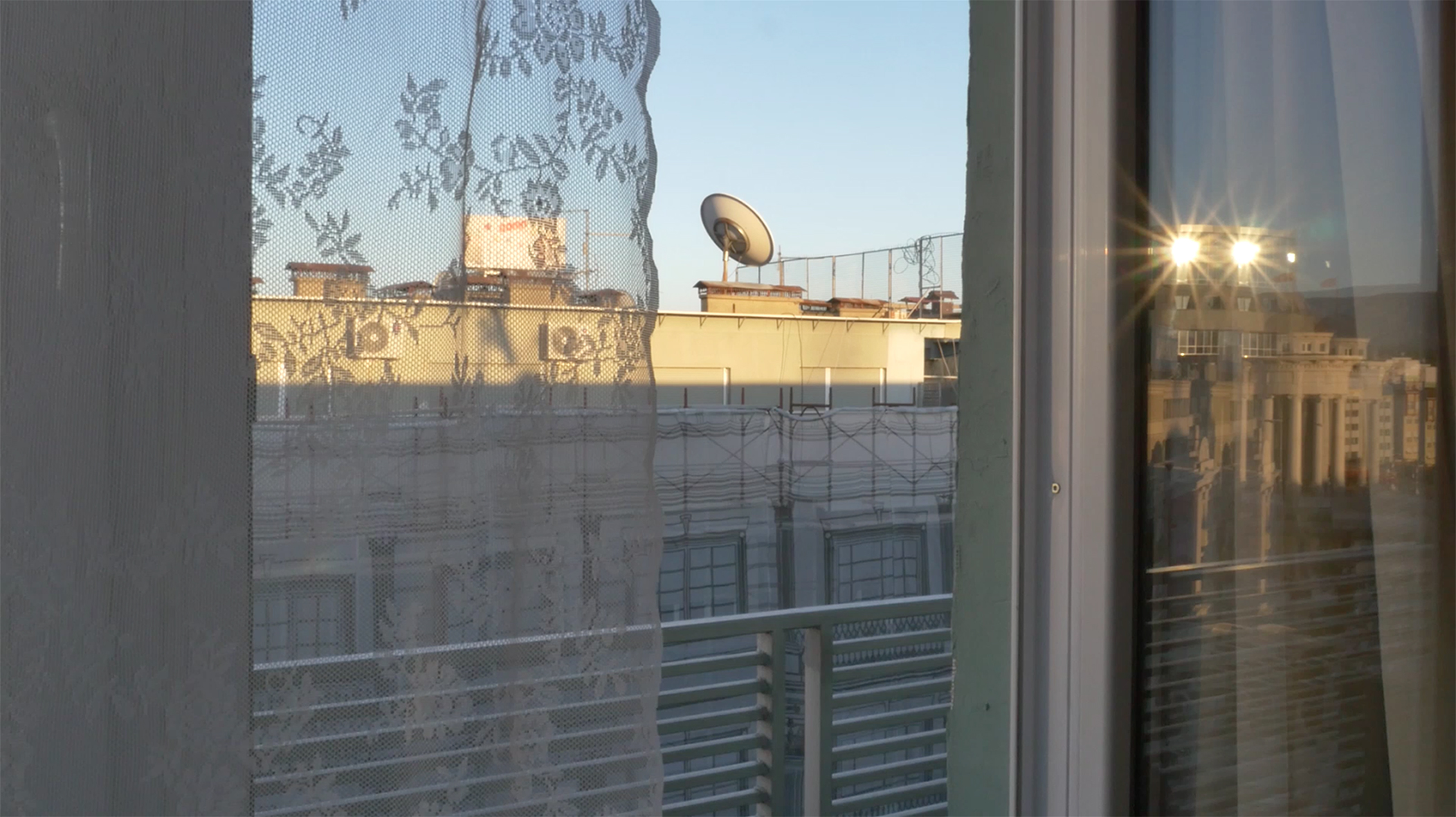
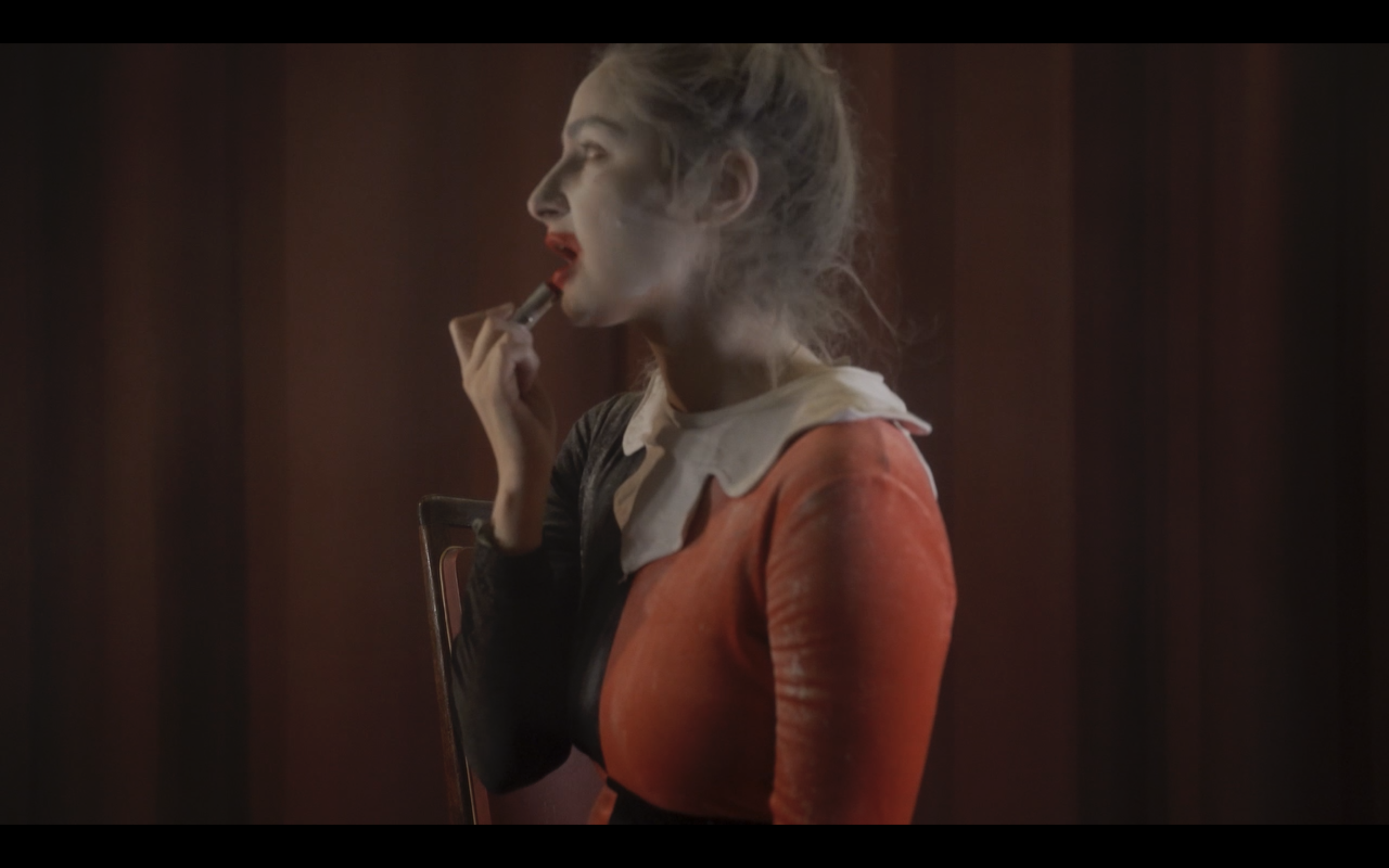

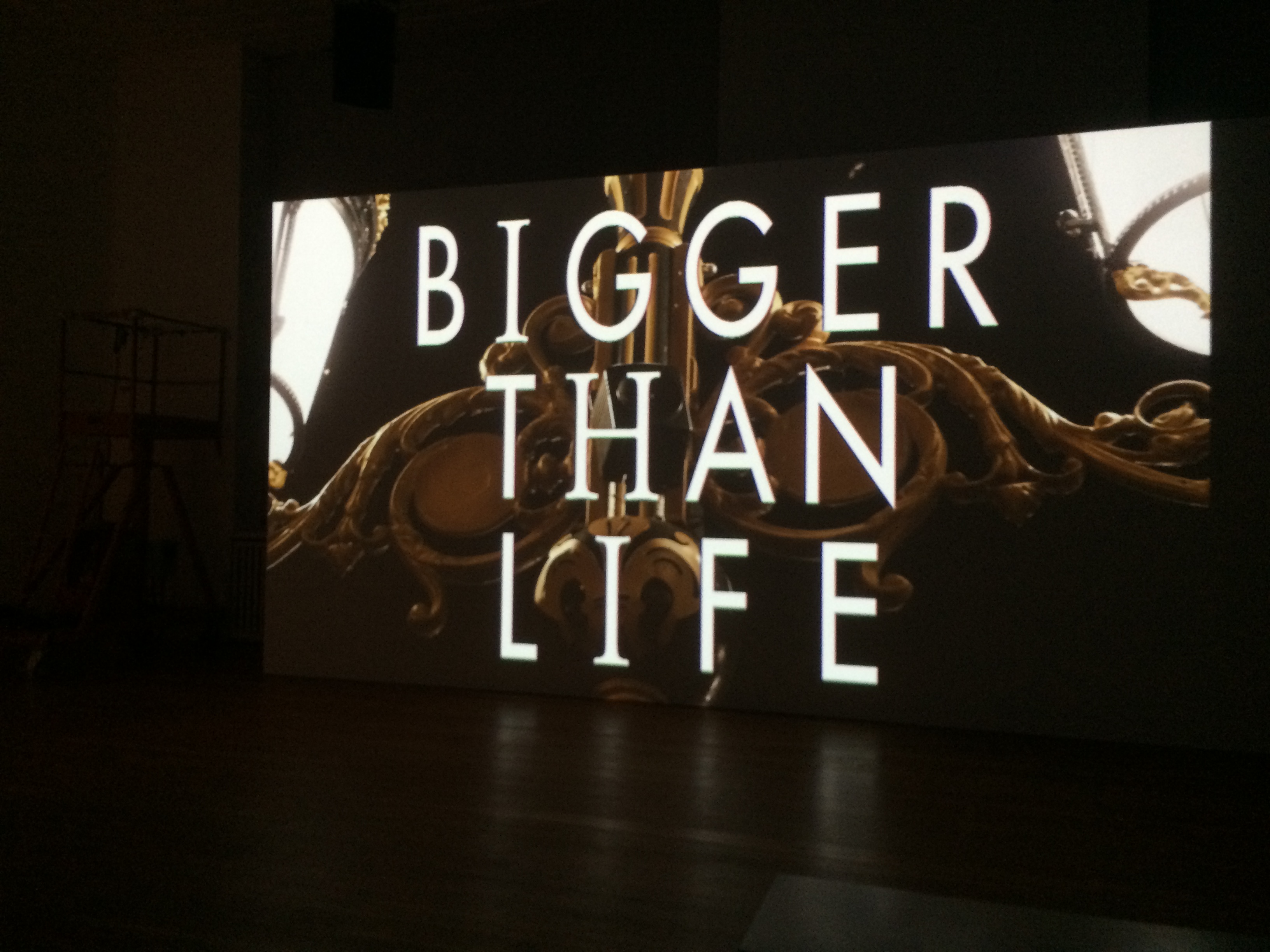
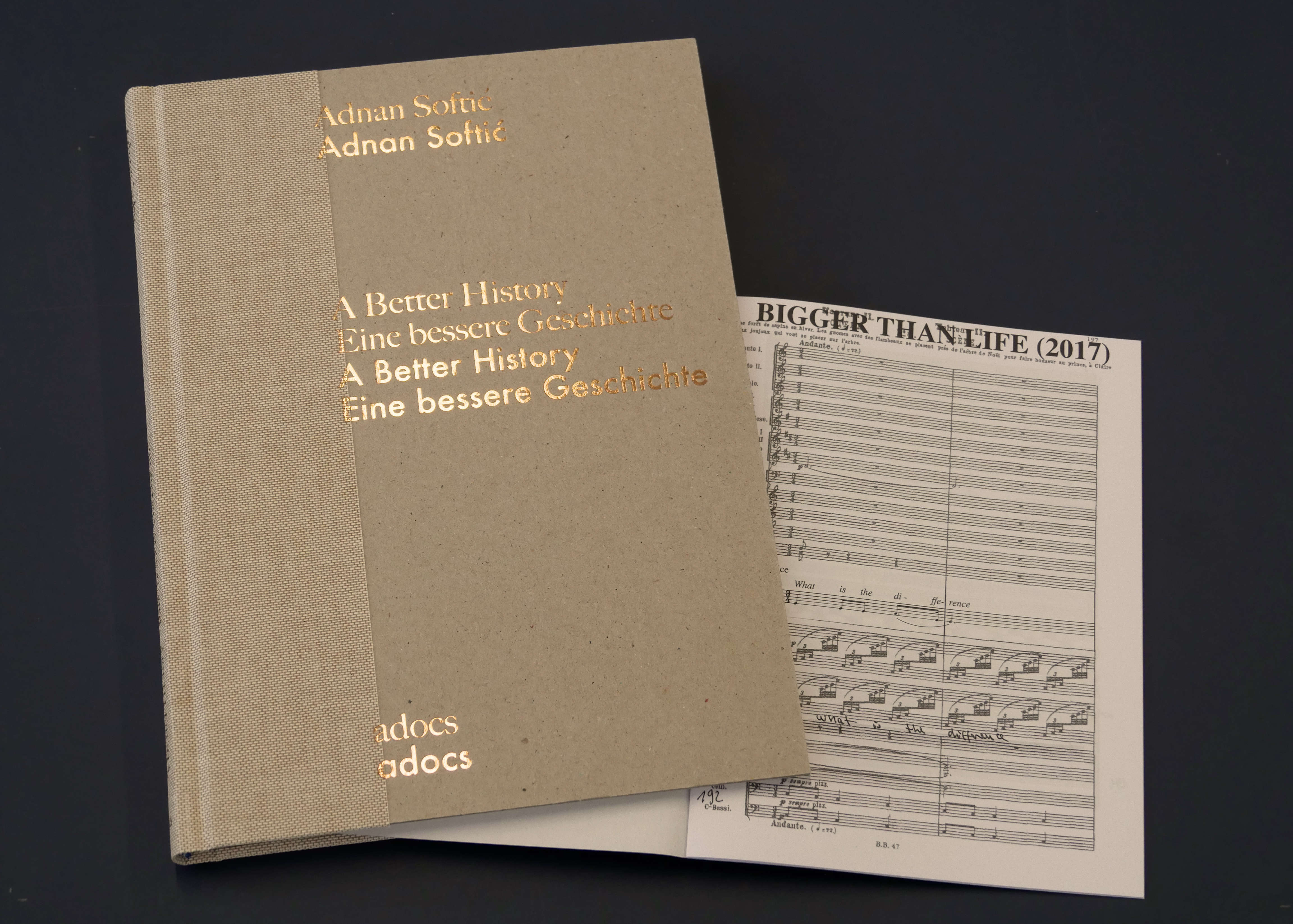
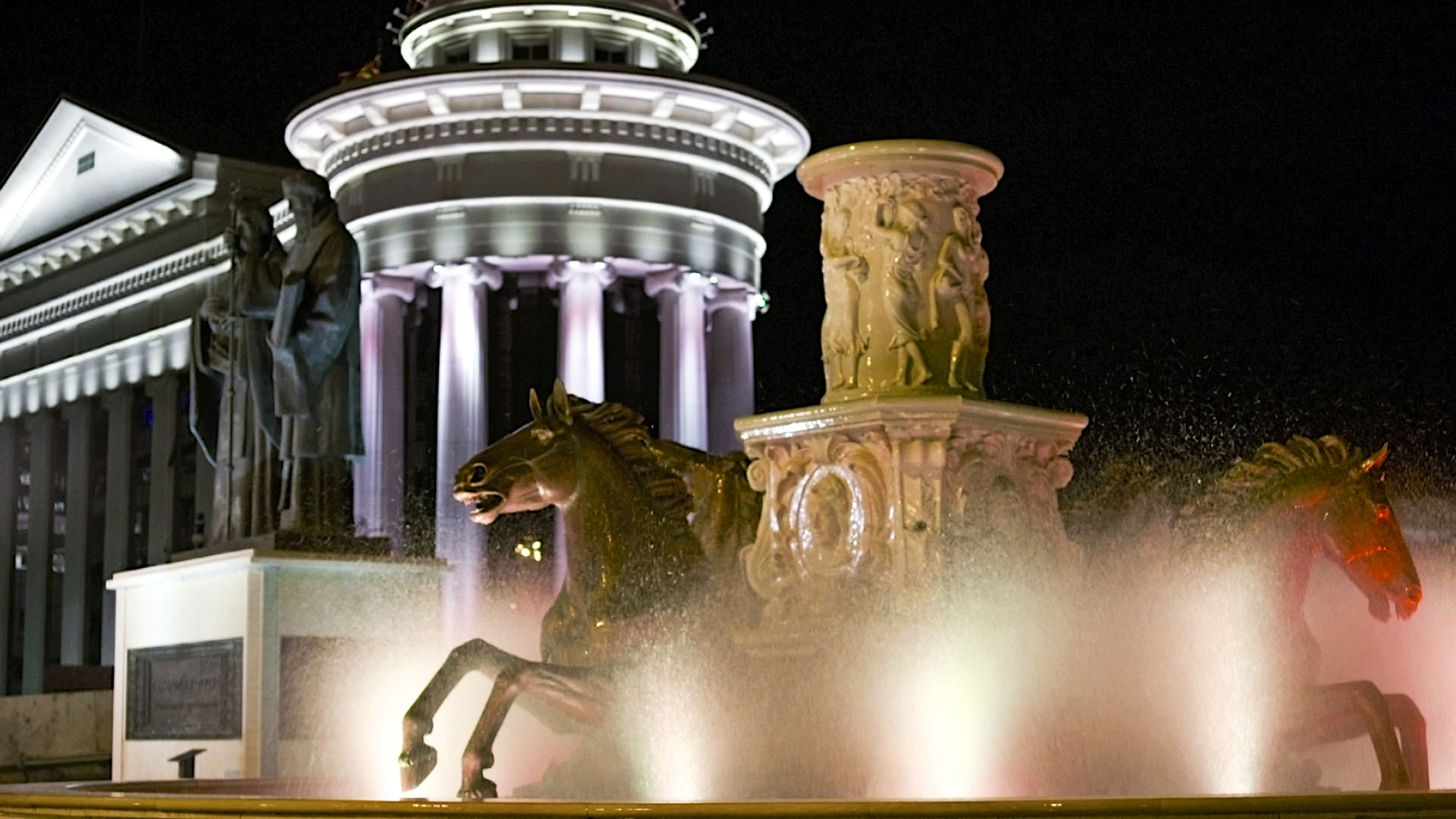
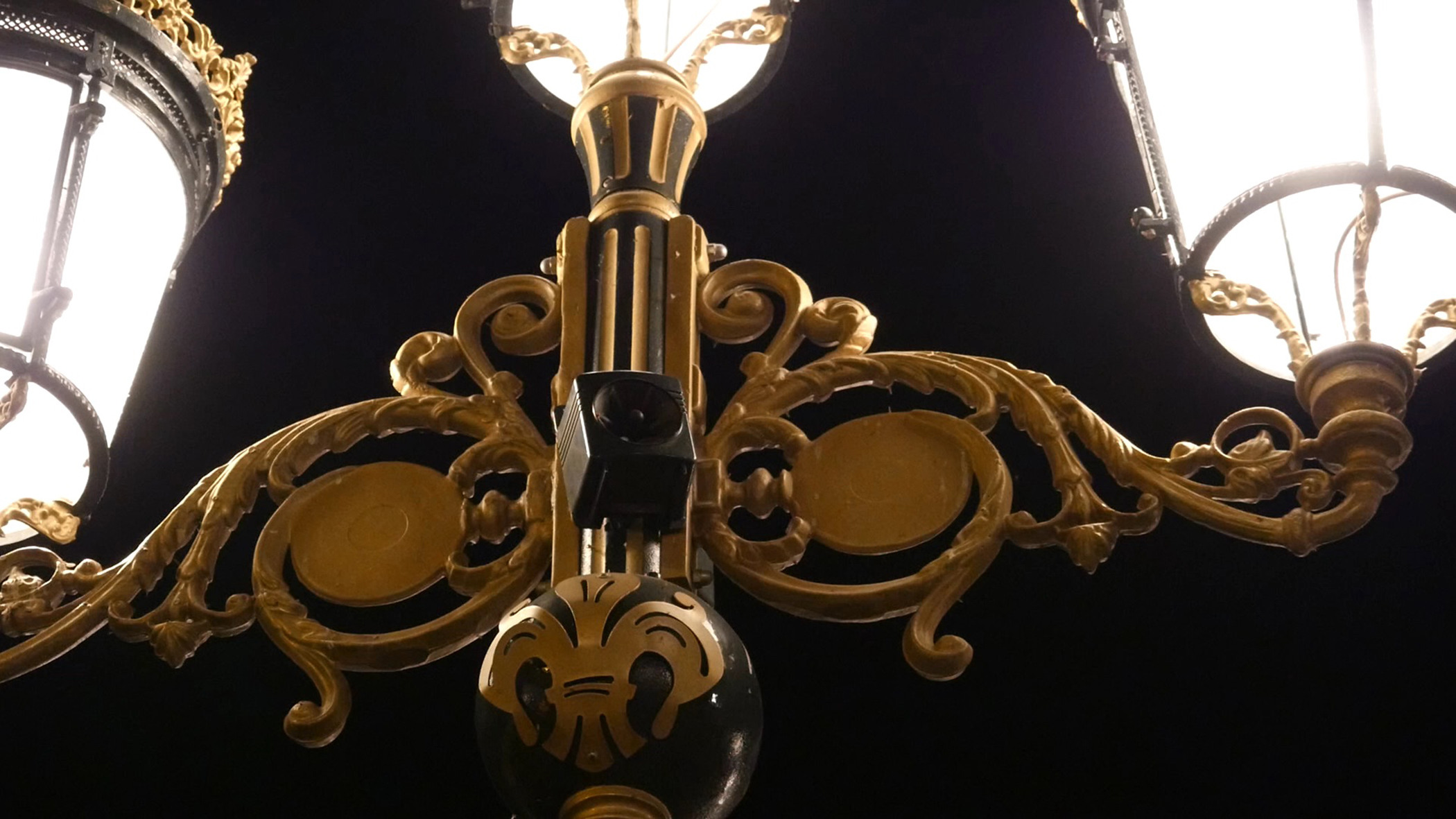
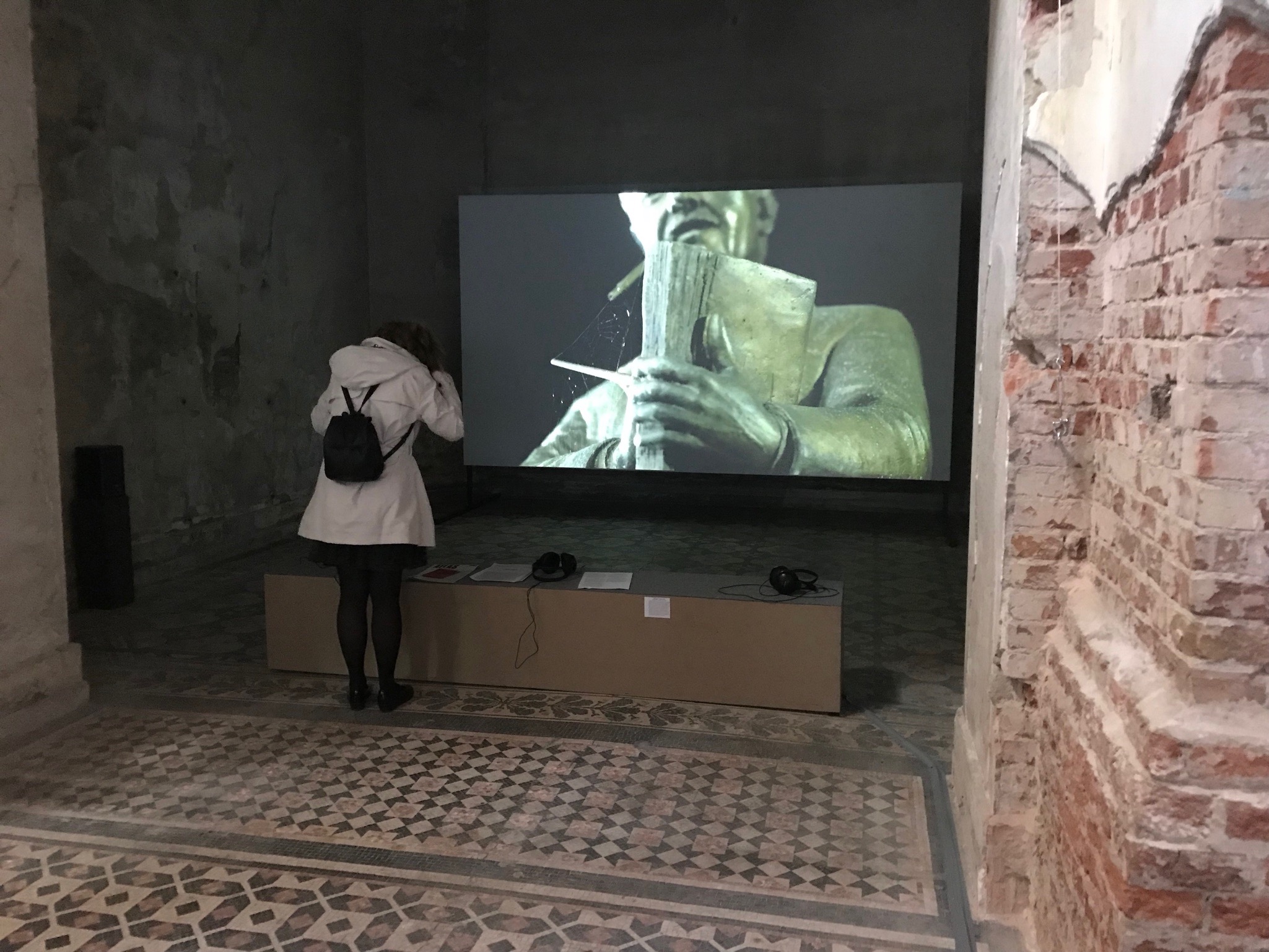
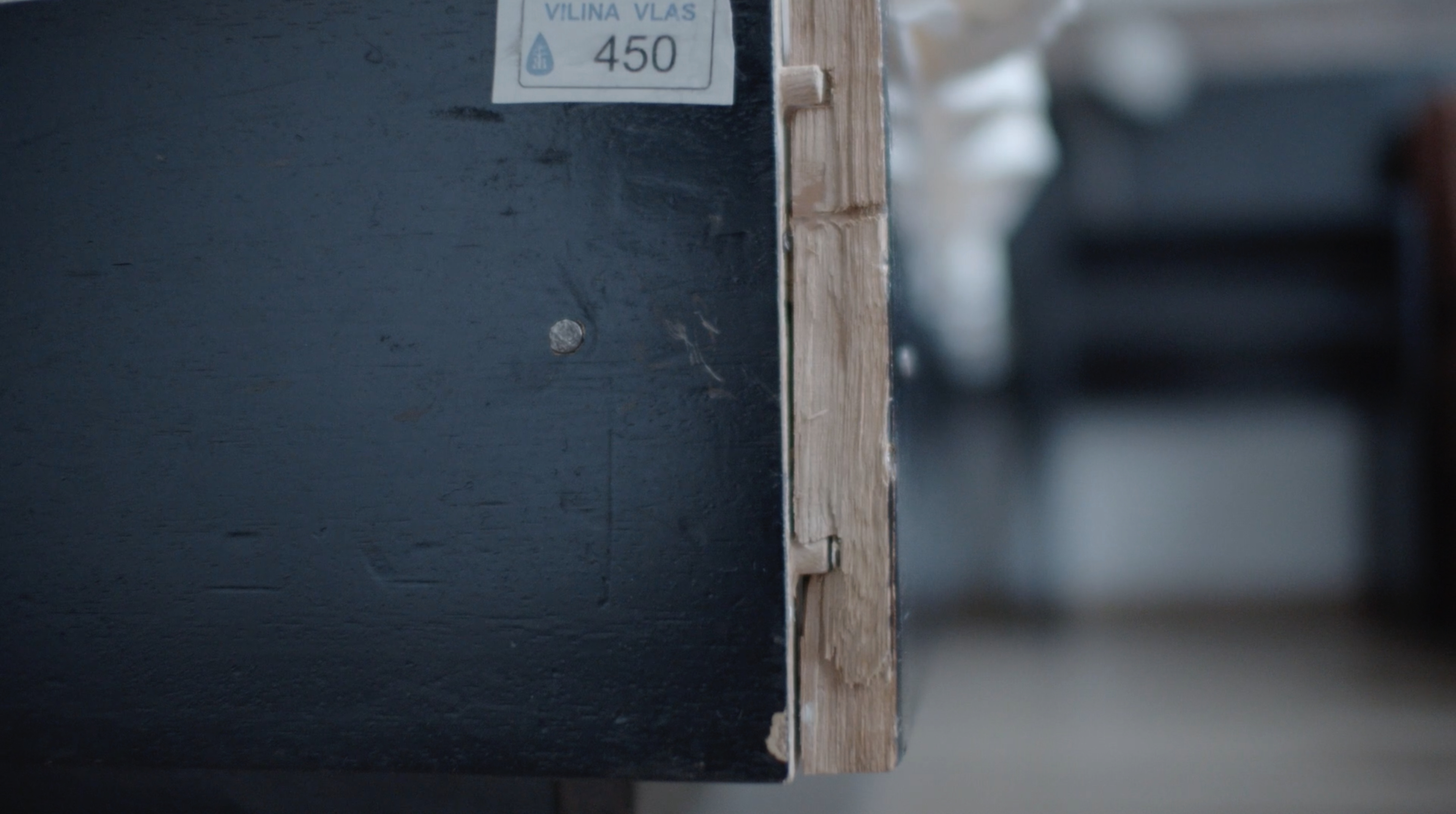
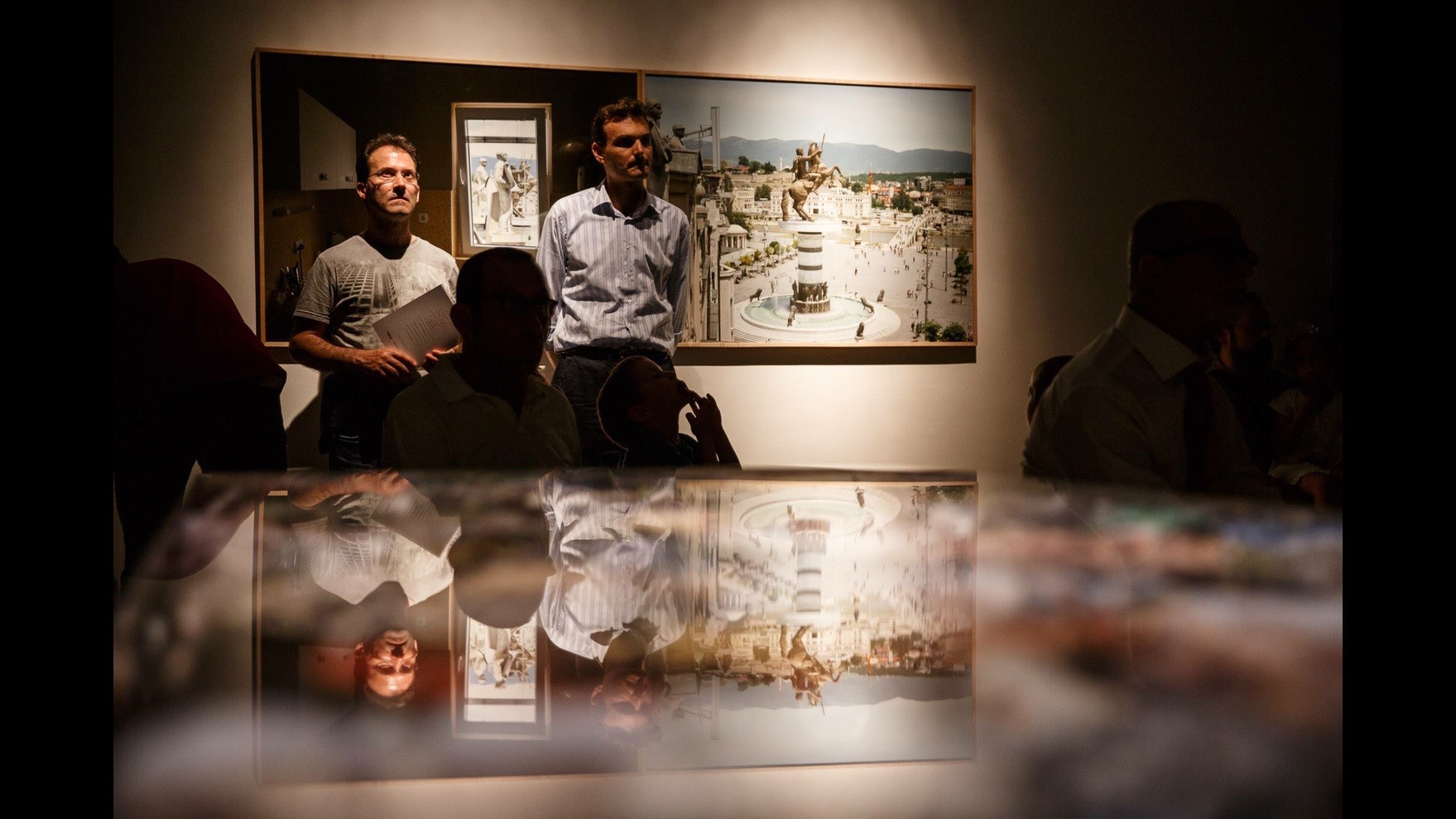
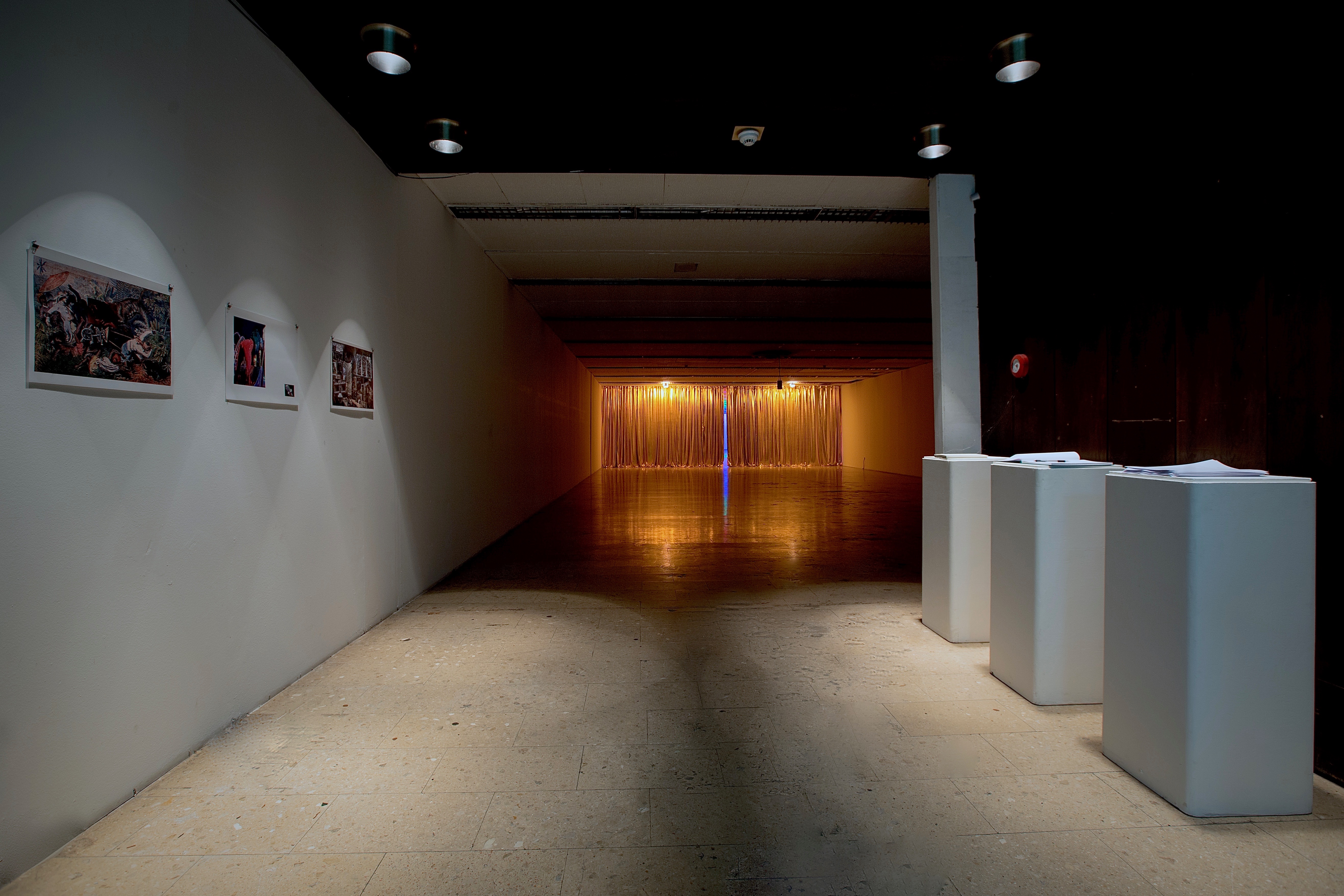
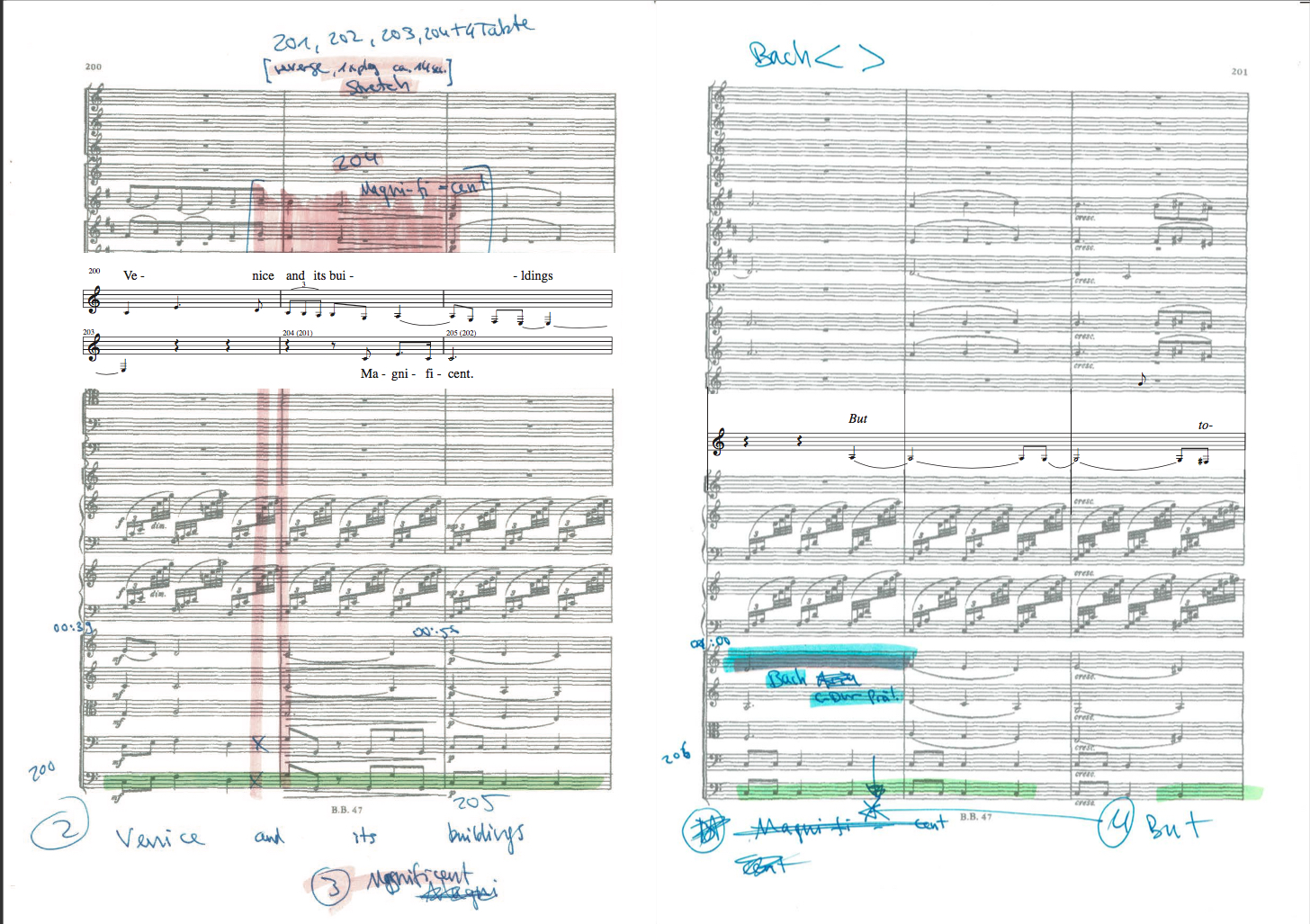
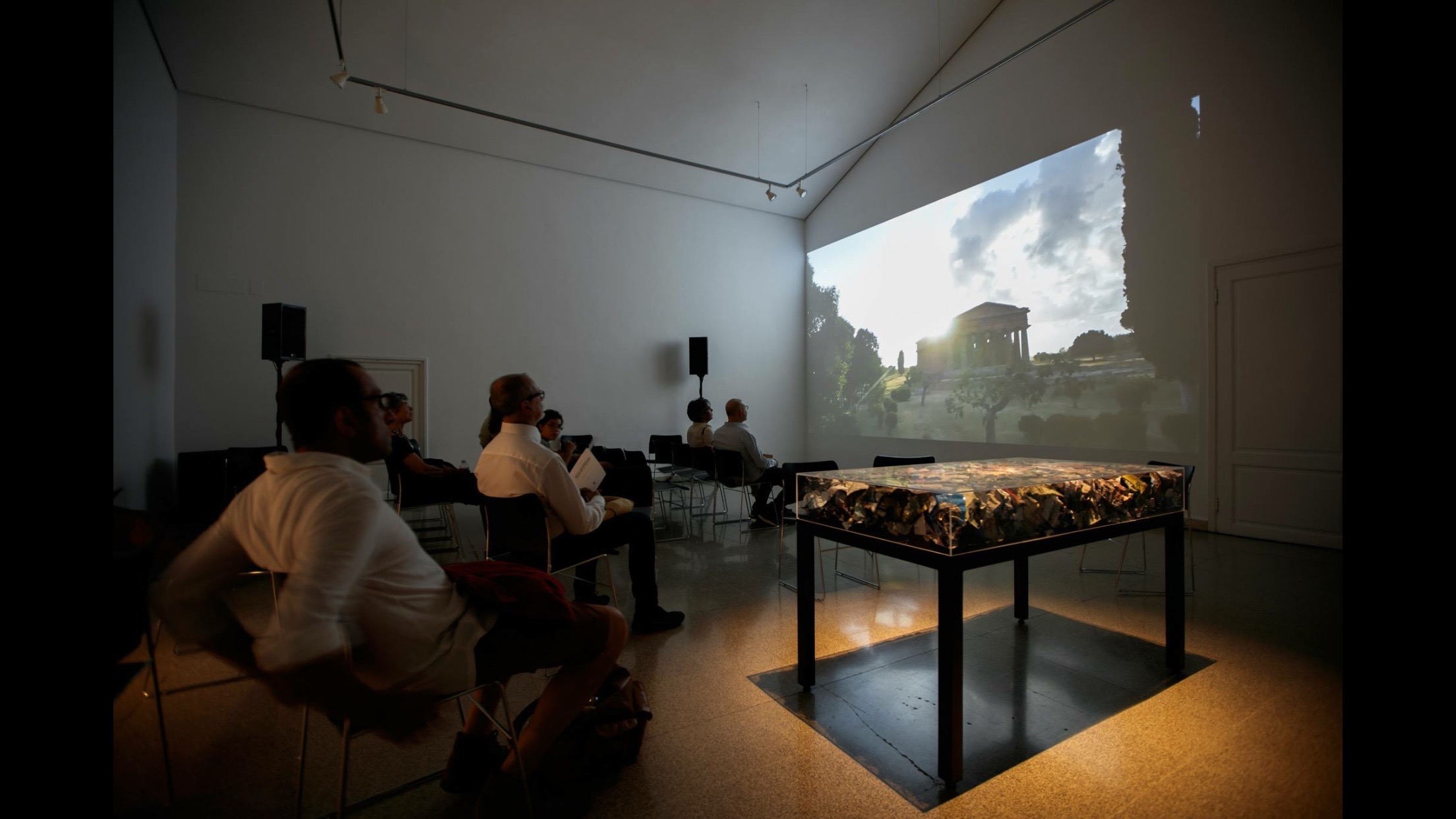
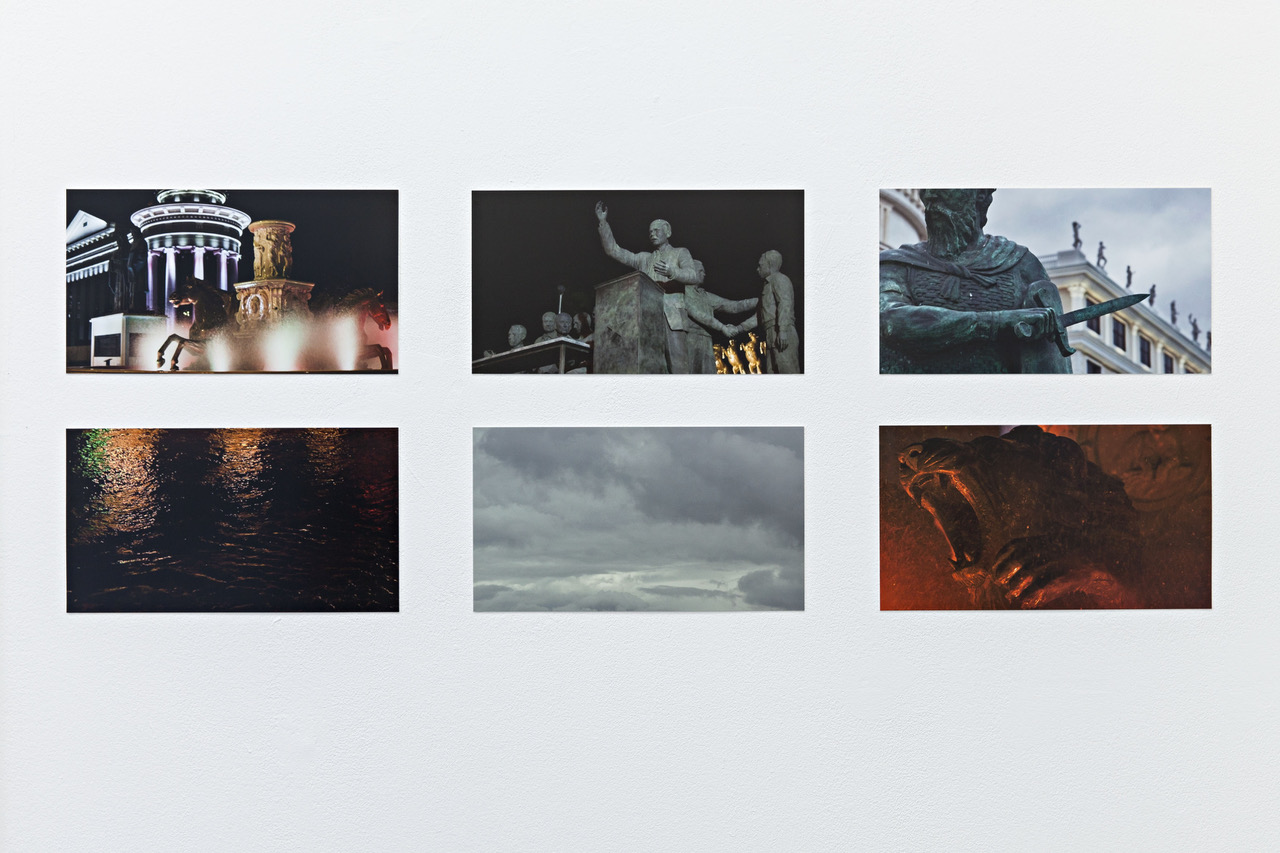

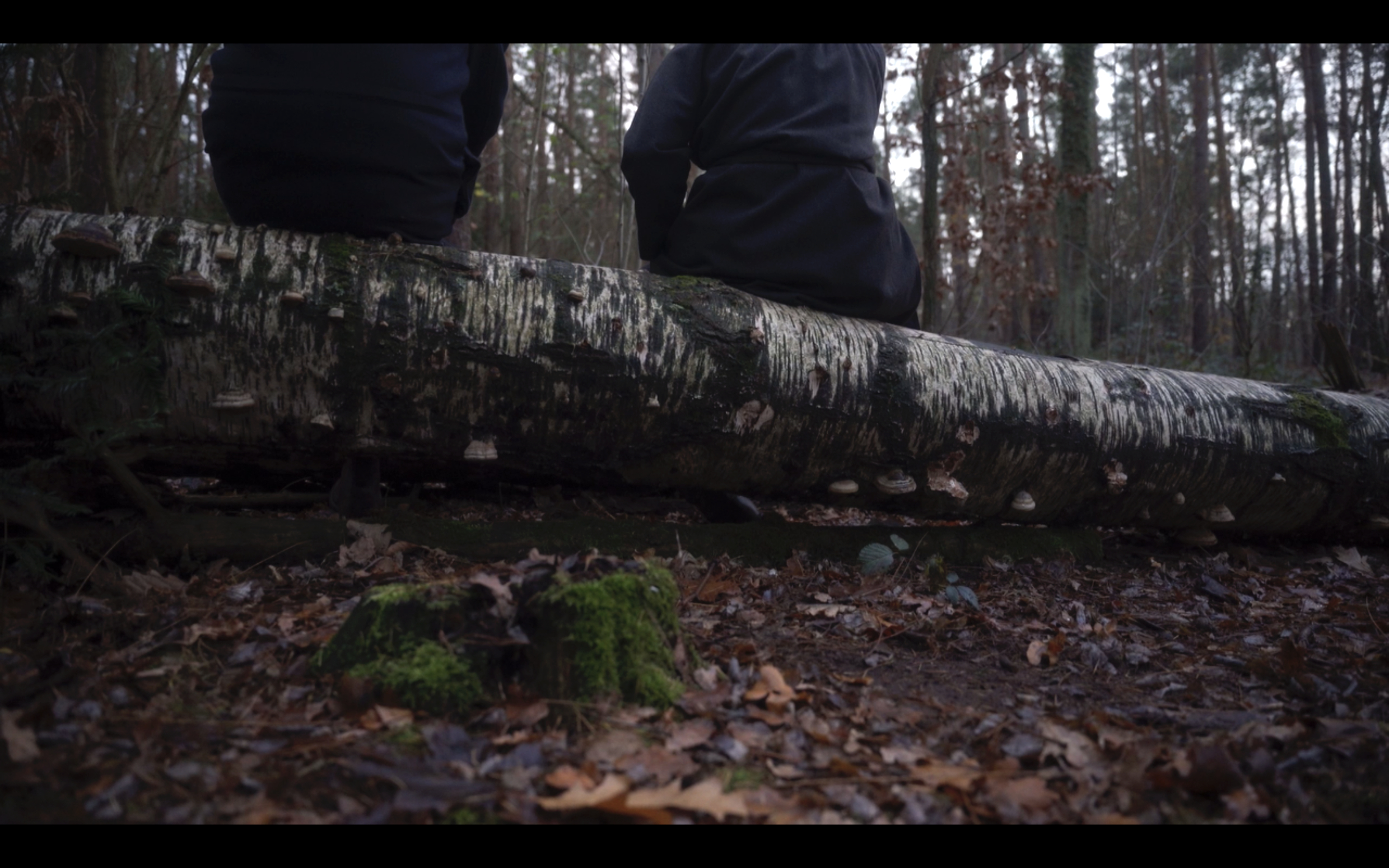
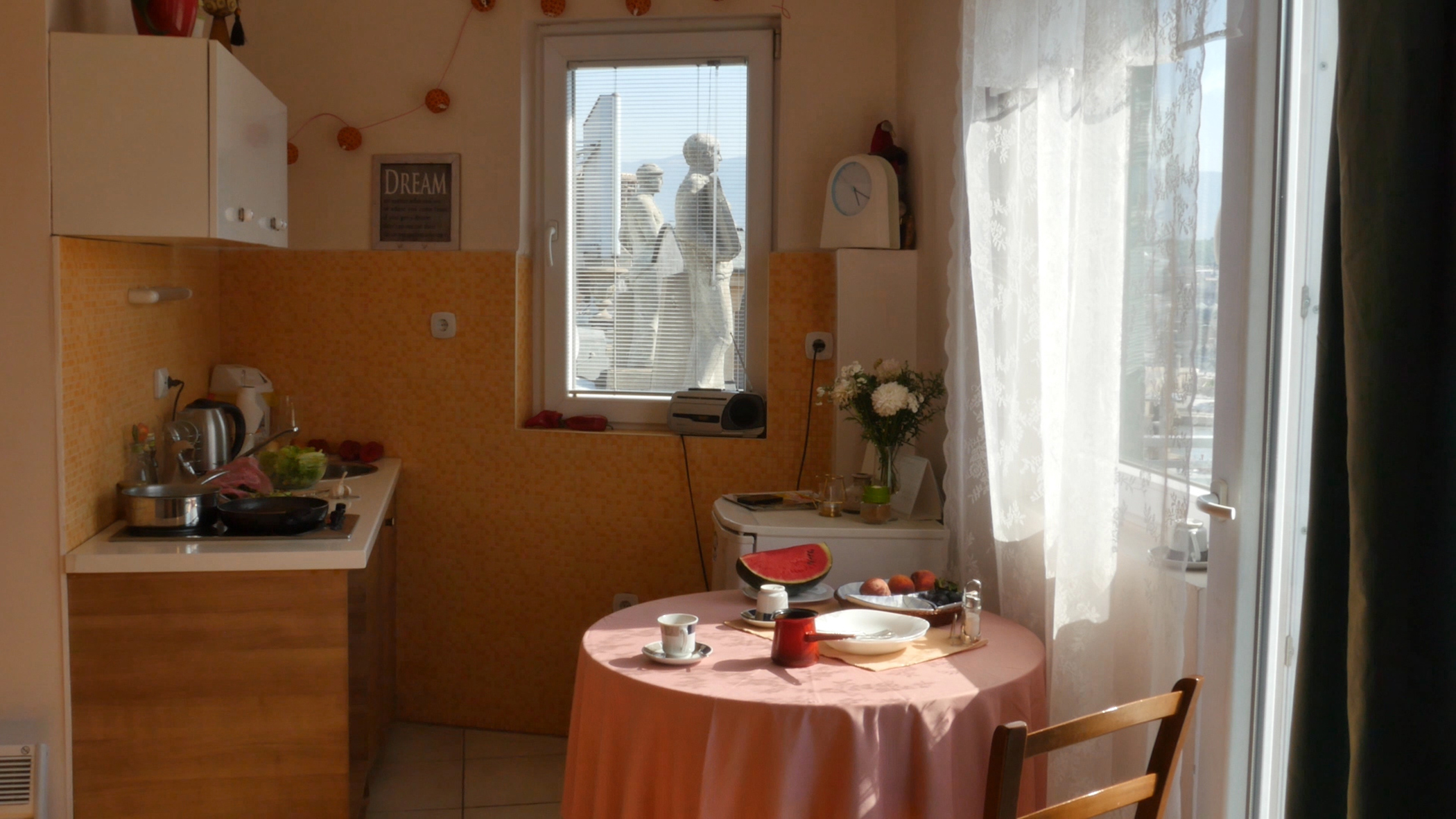
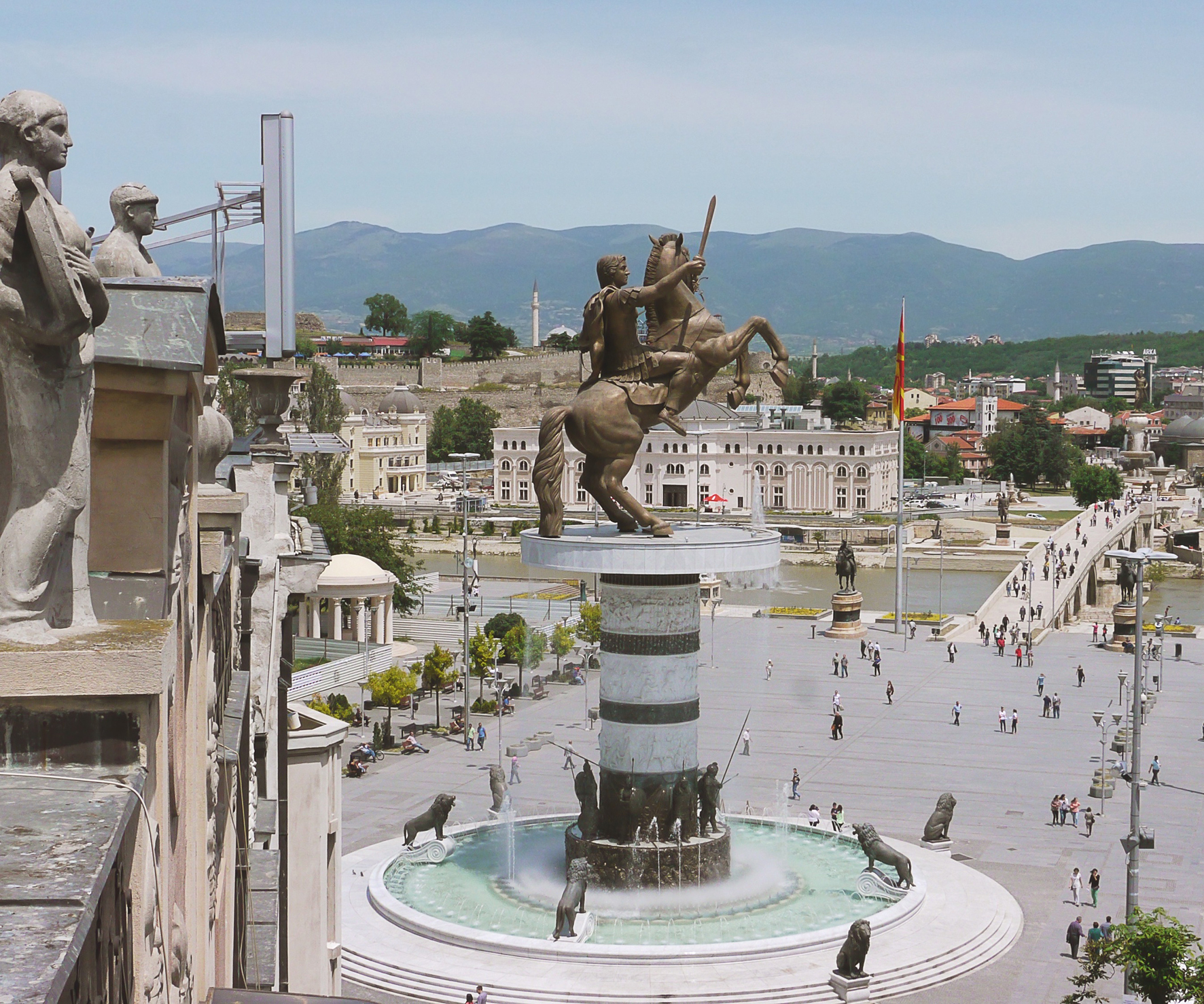

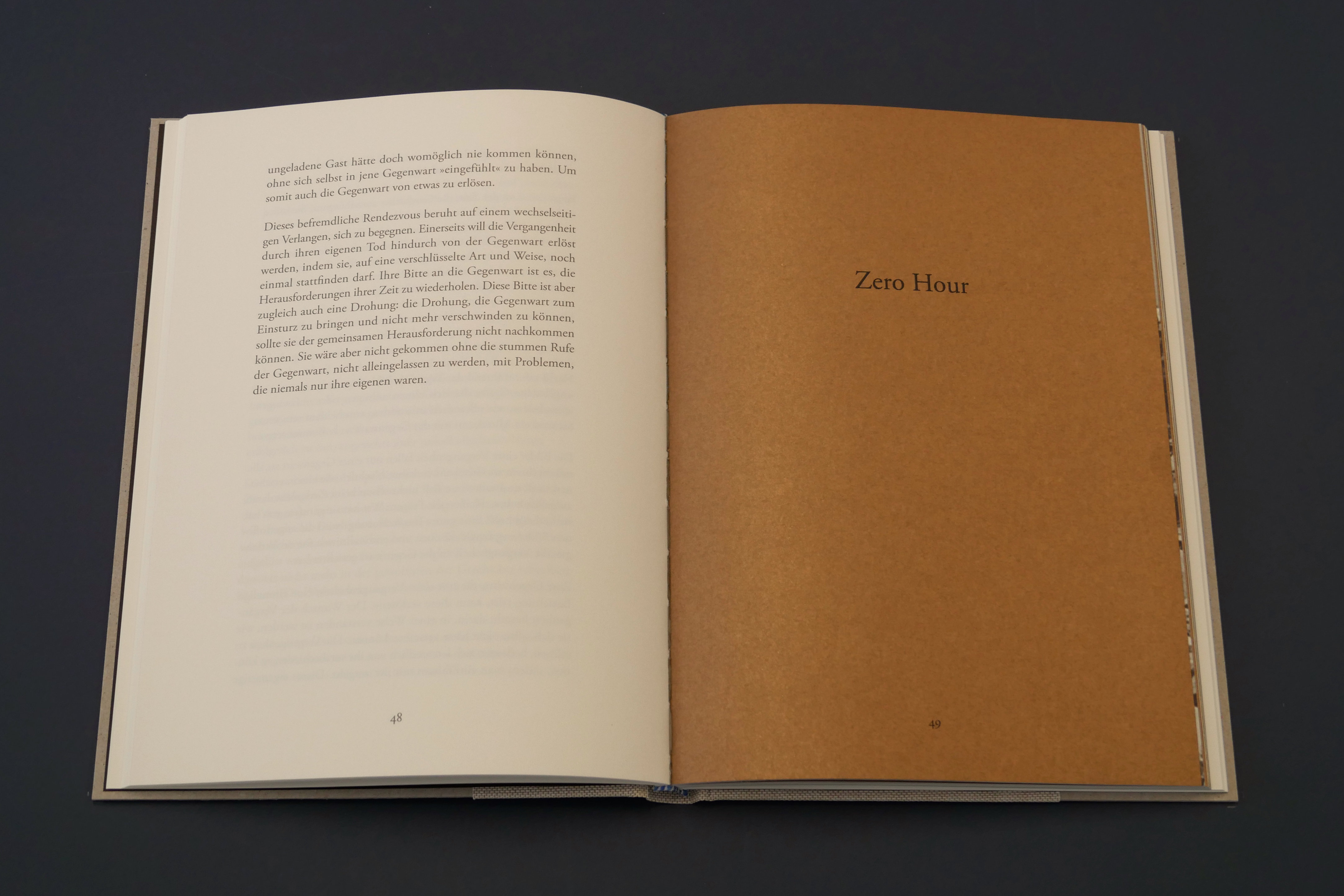
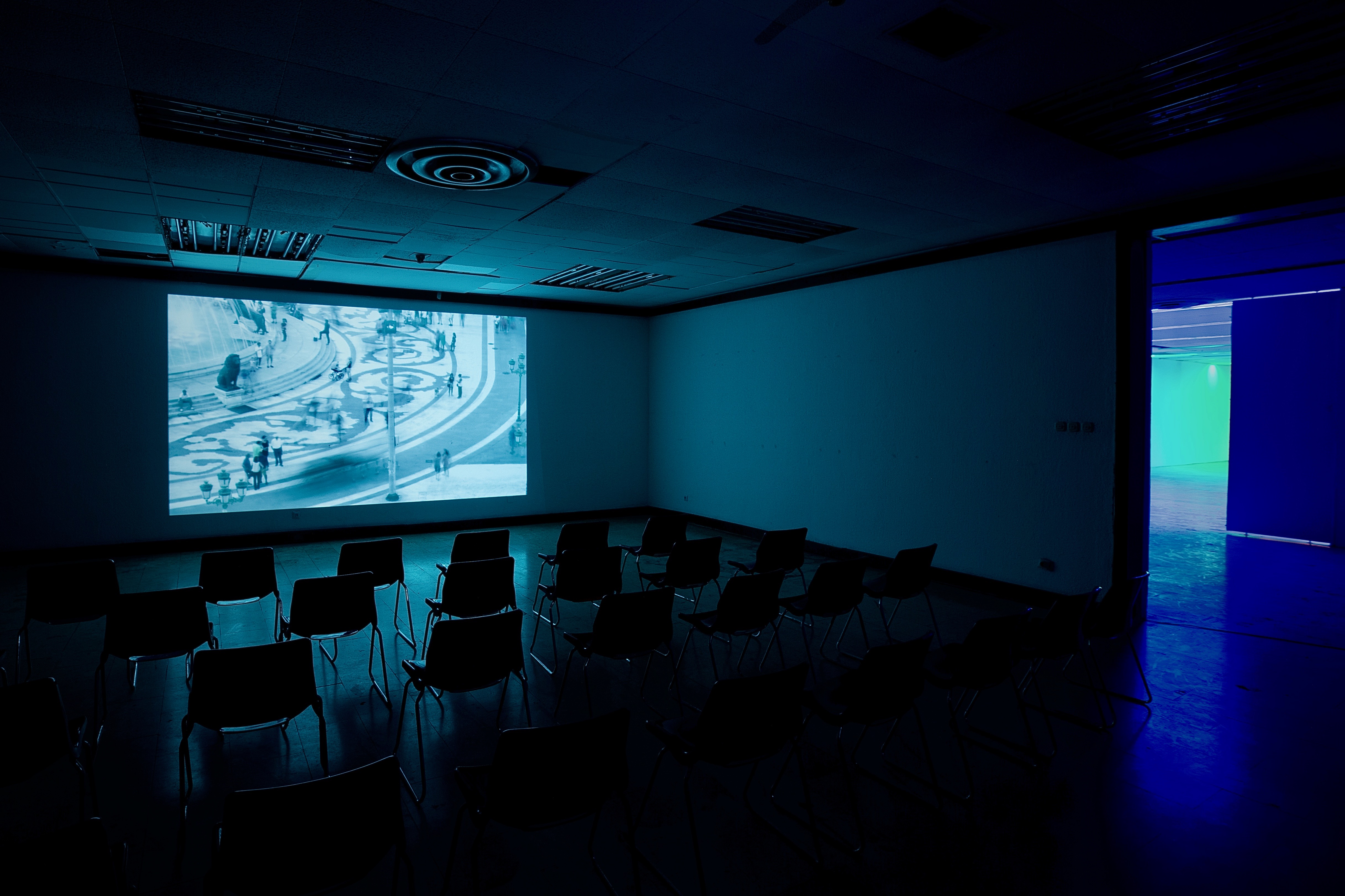

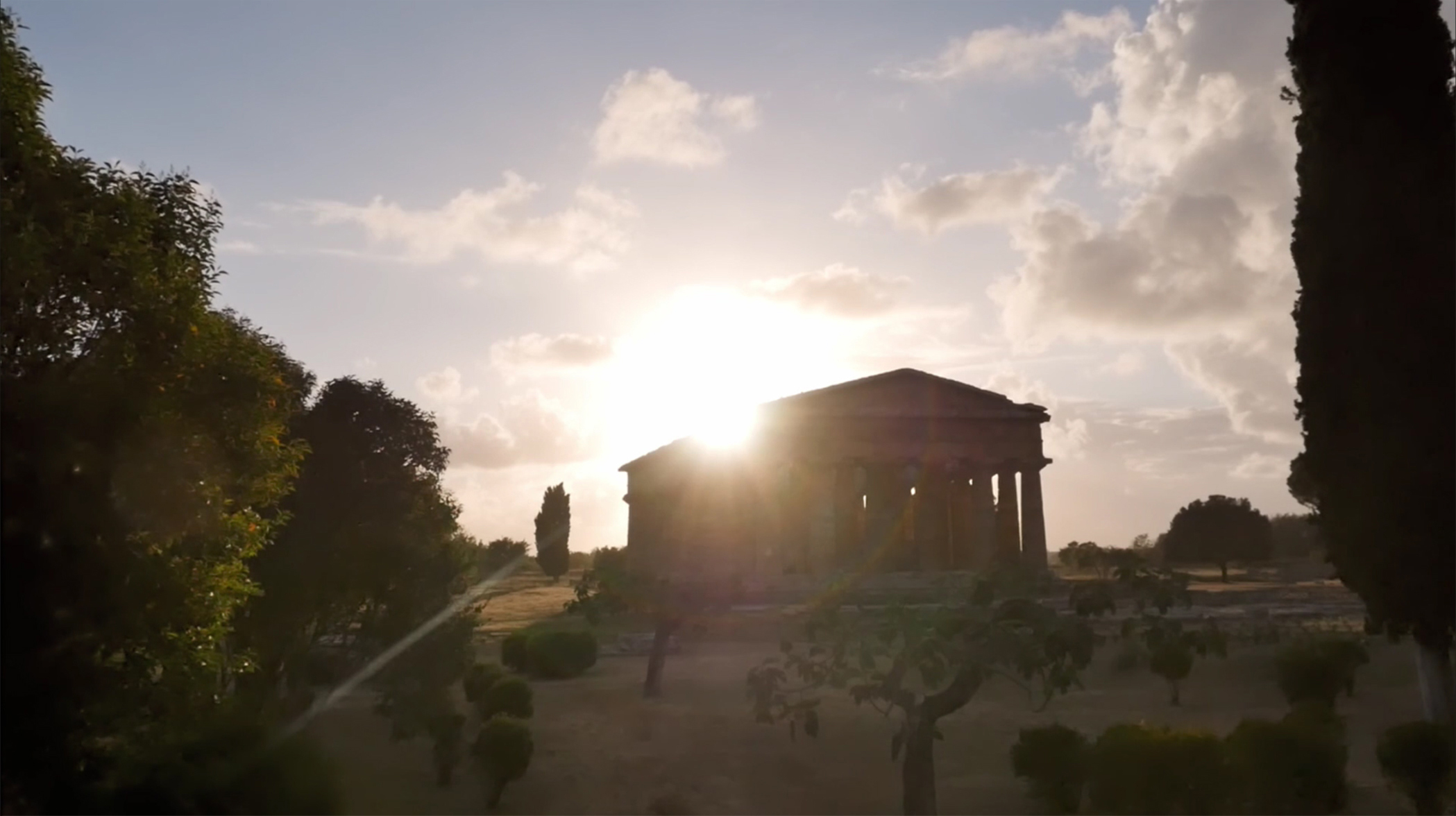
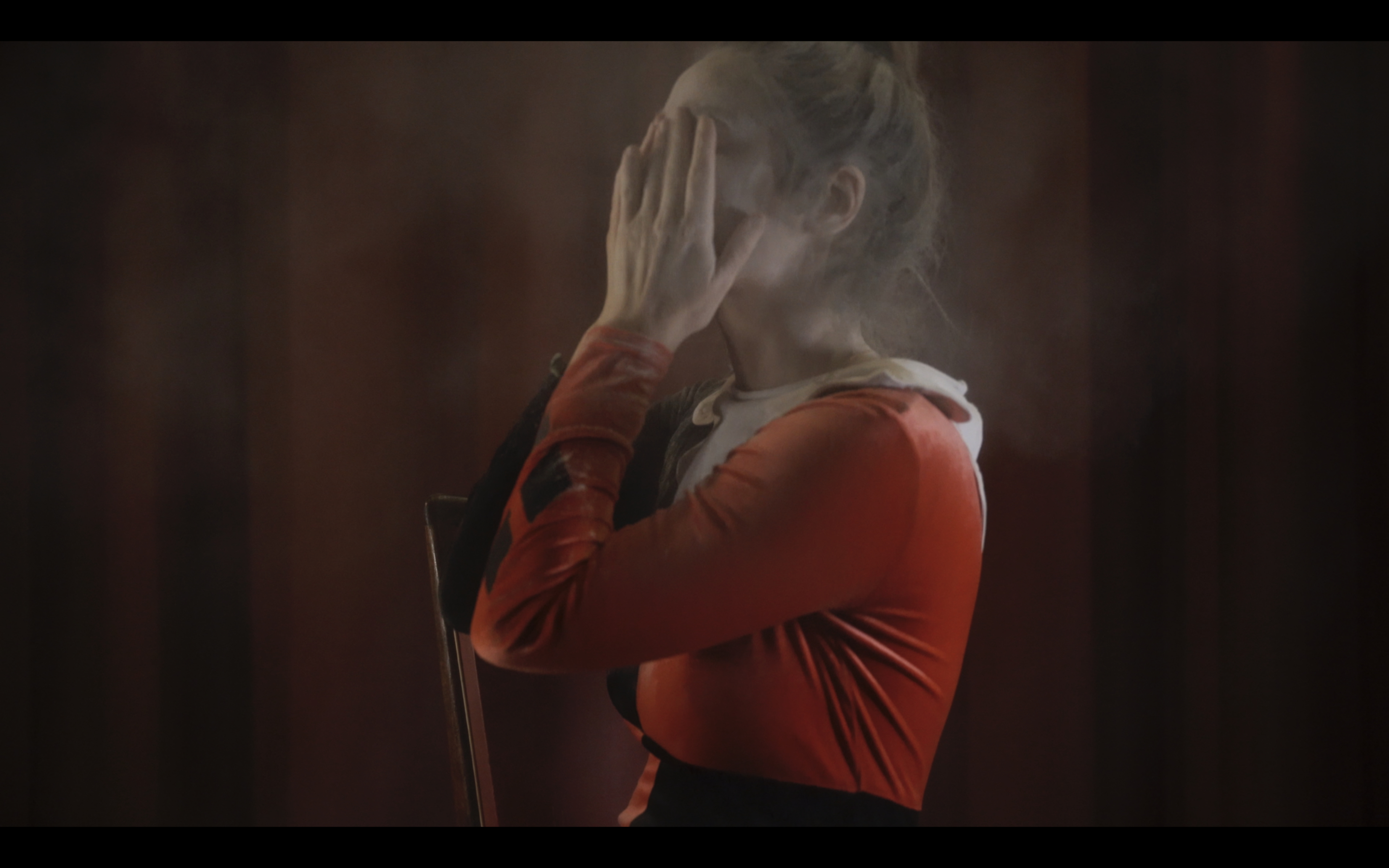
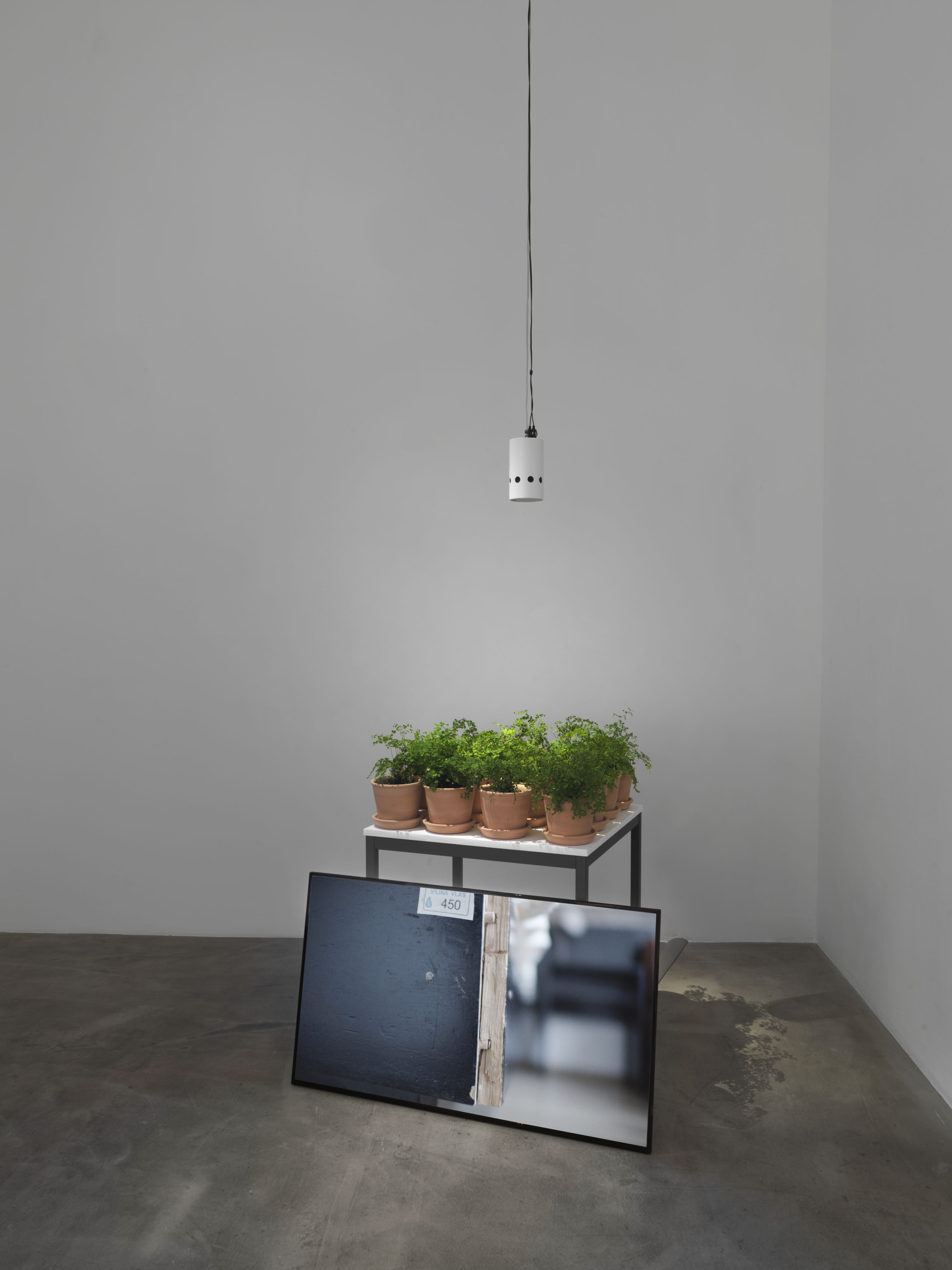
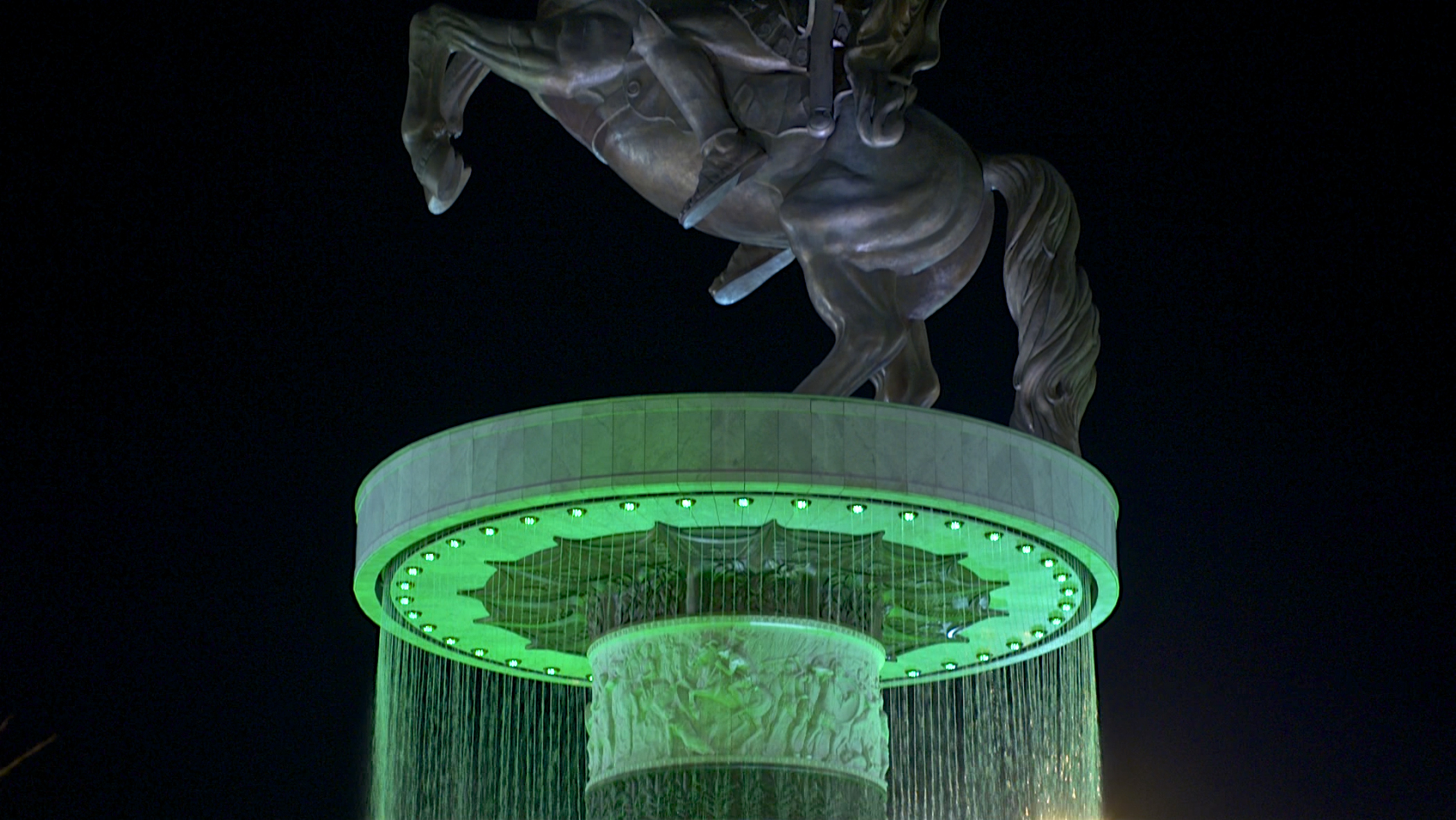
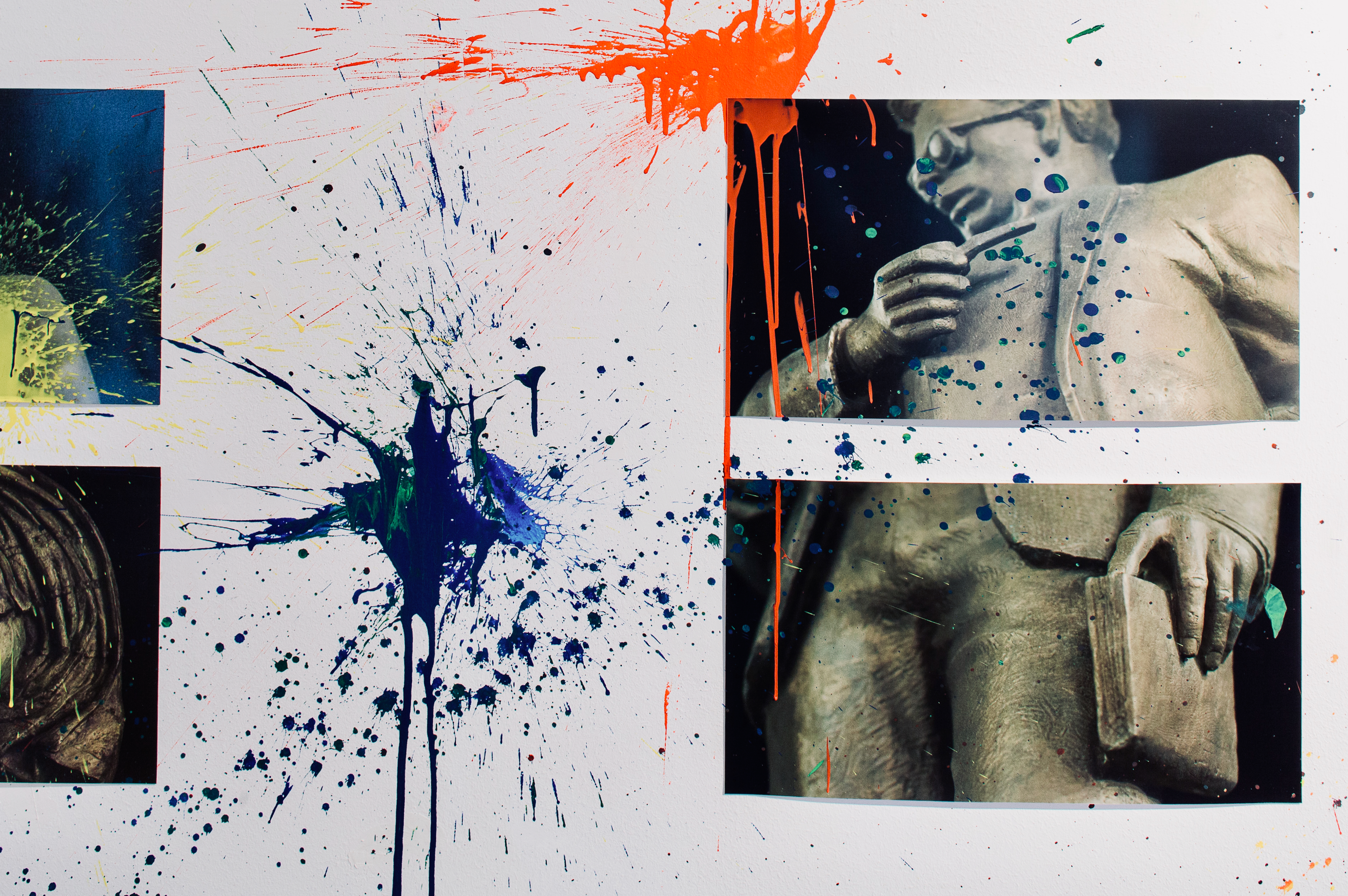
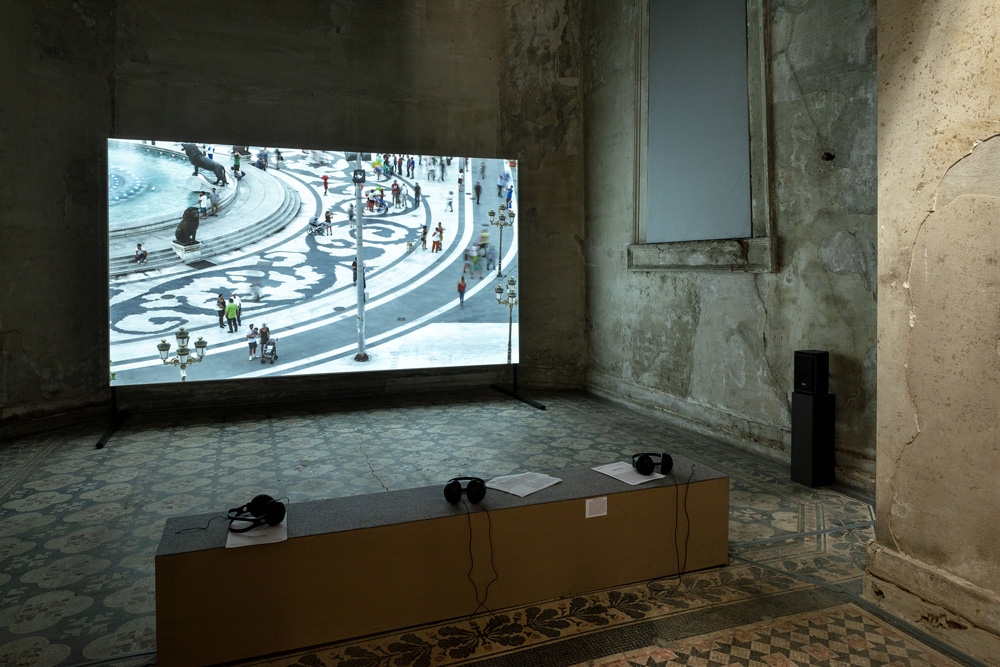
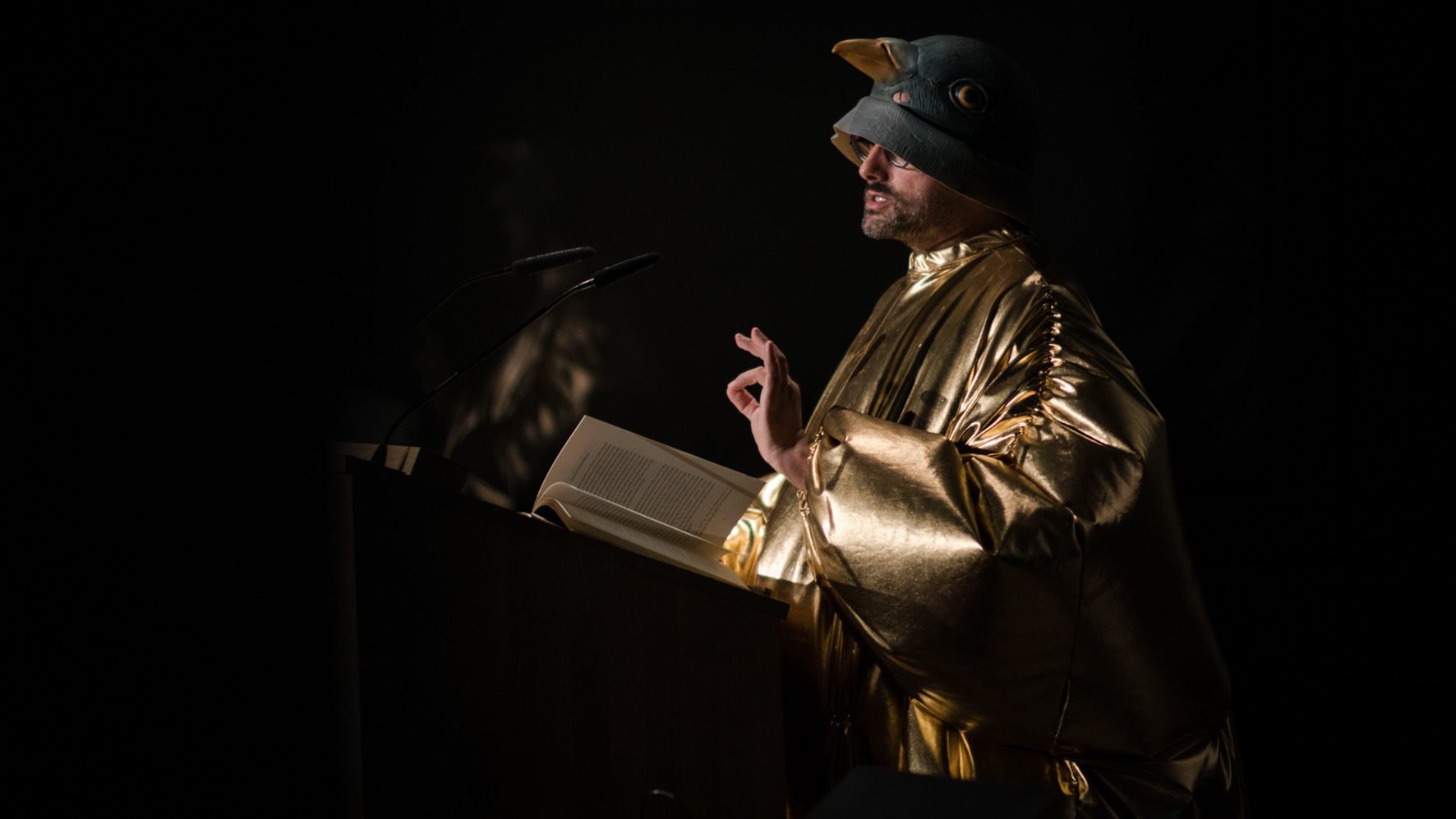
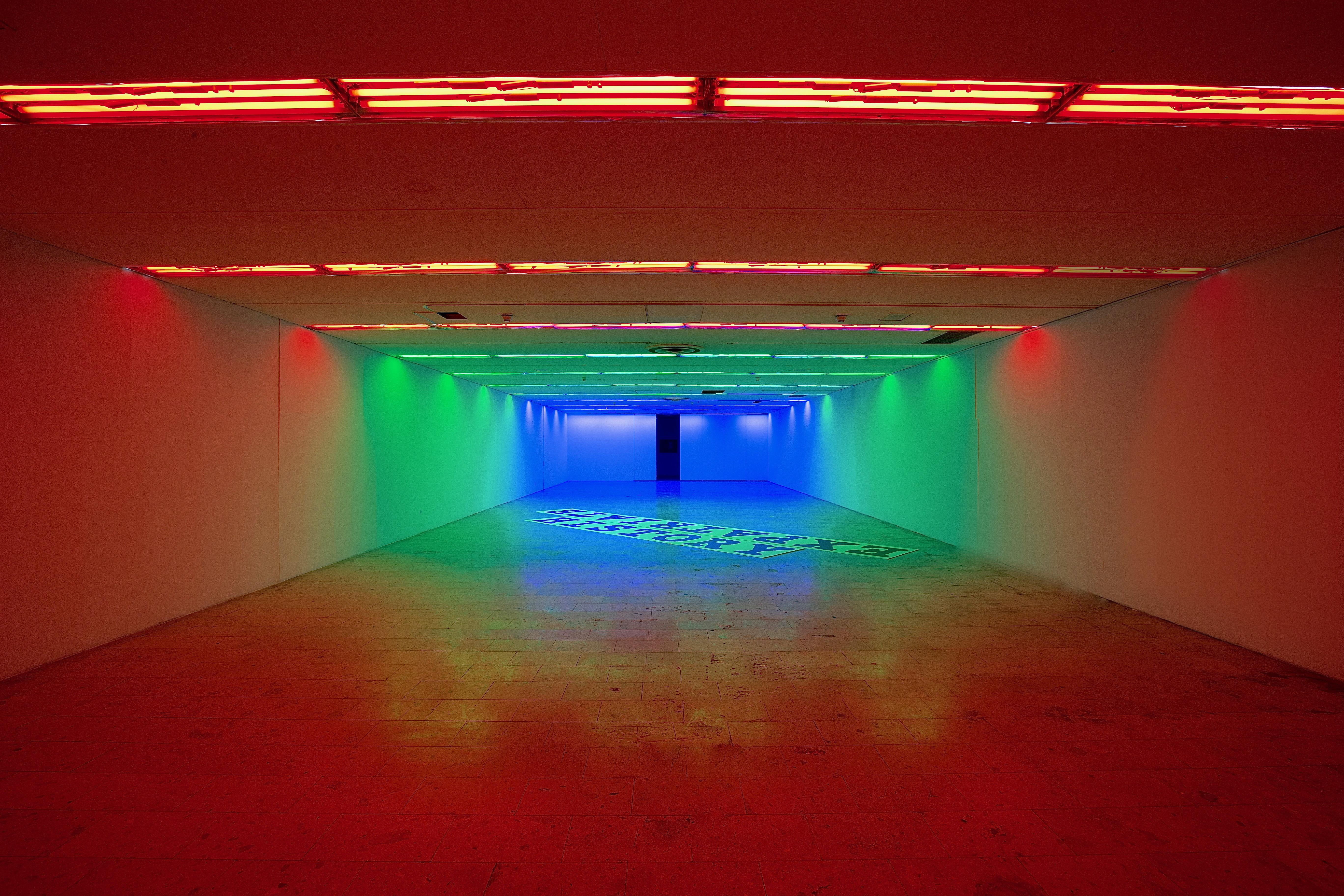

this is not a boat
︎ BIBBY CHALLENGE
Theater installation
︎ SHIPS WITH GOODS AND MATERIALS FROM ALL OVER THE WORLD BUMP THE BIBBY CHALLENGE WITH THEIR WAVES
Installation, Film
︎ A SHIP WILL NOT COME
Curatorial work
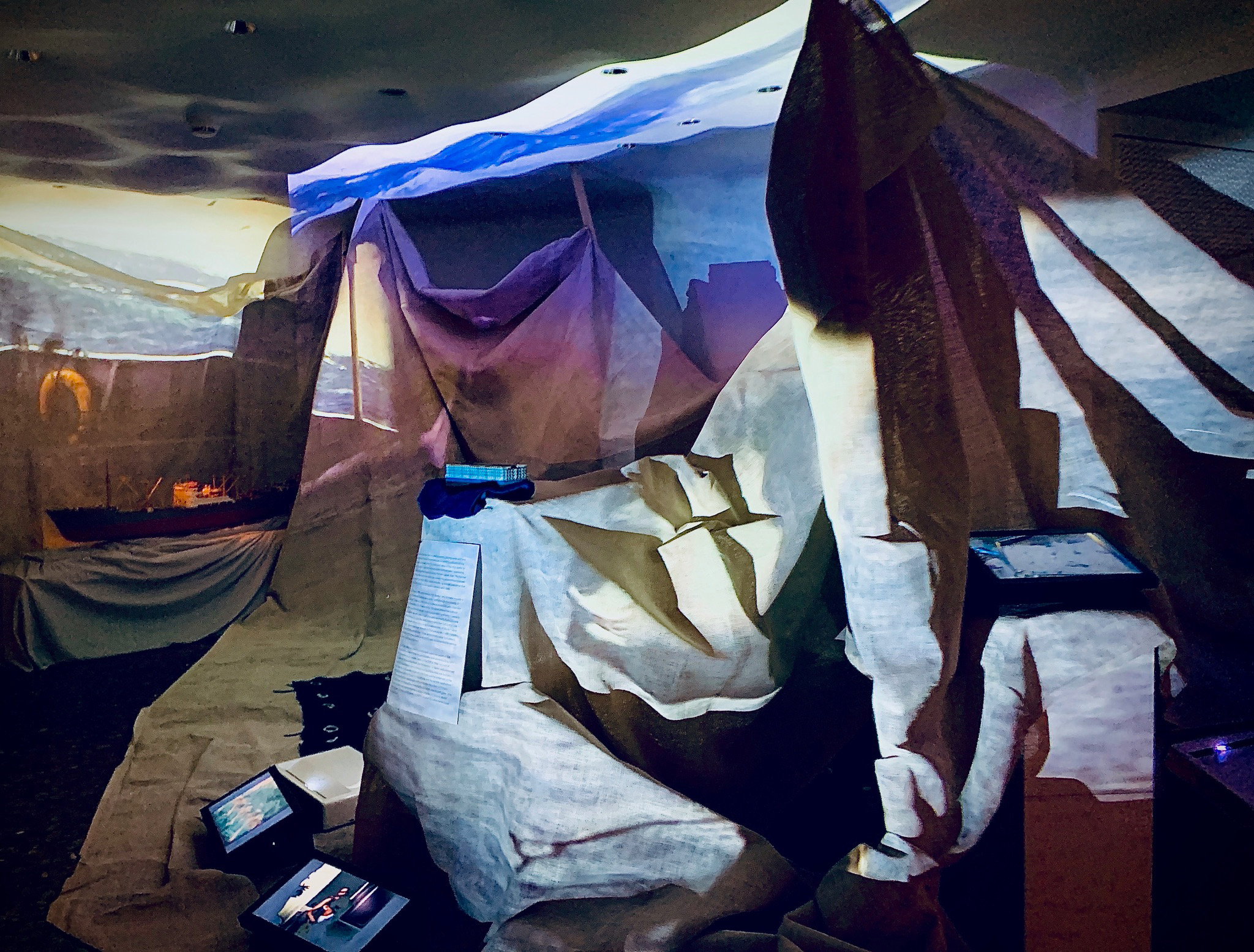
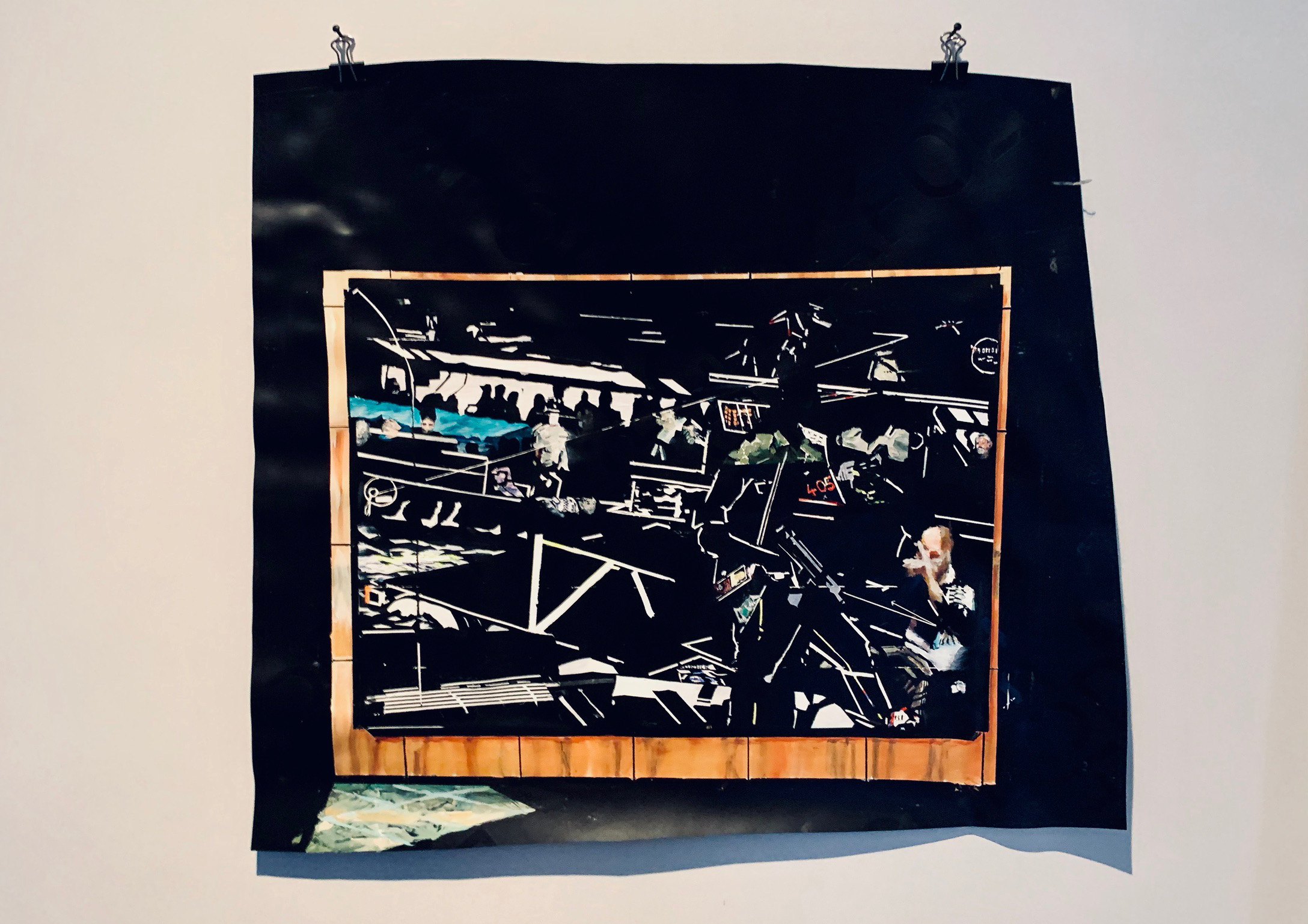

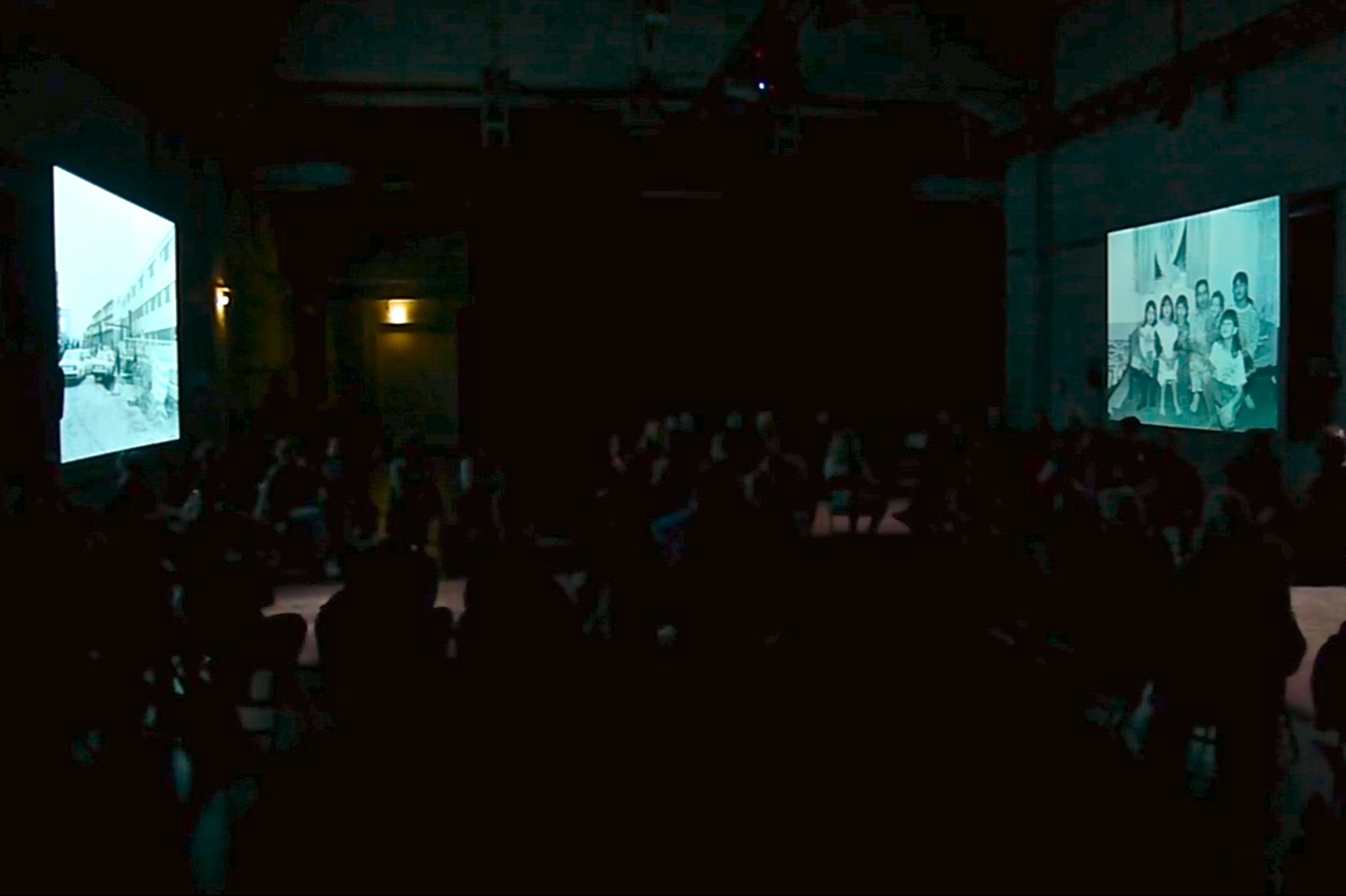
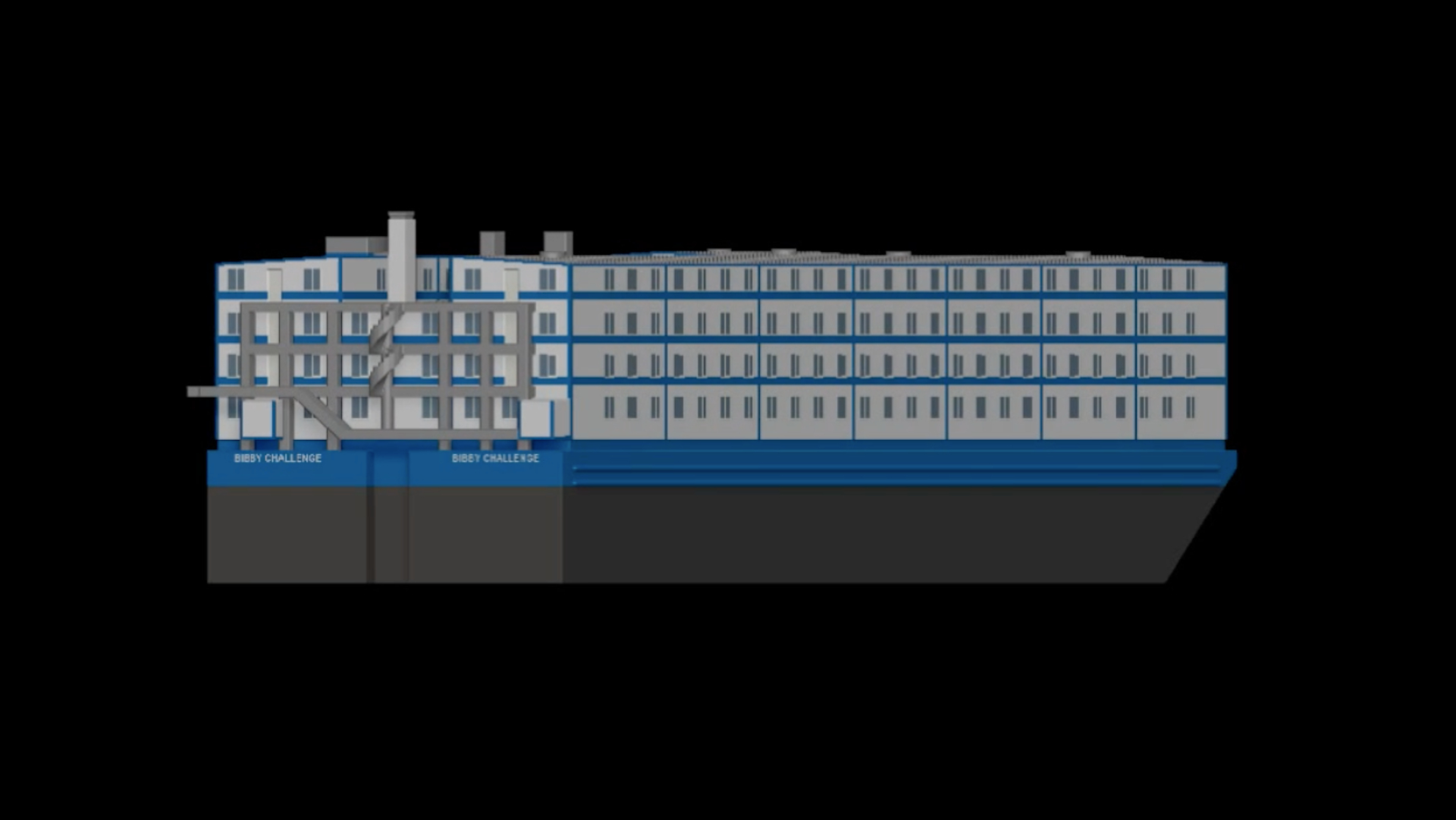
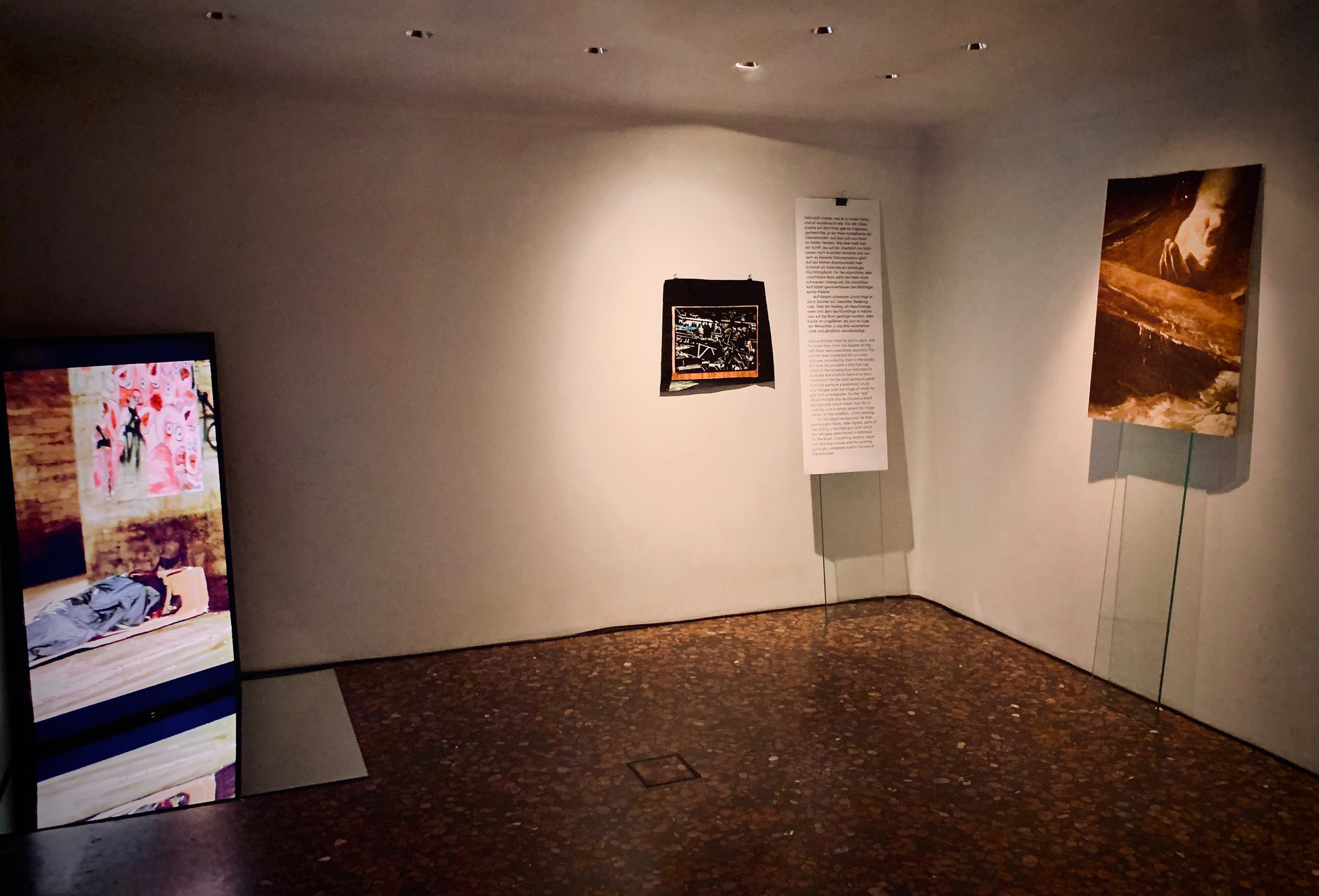
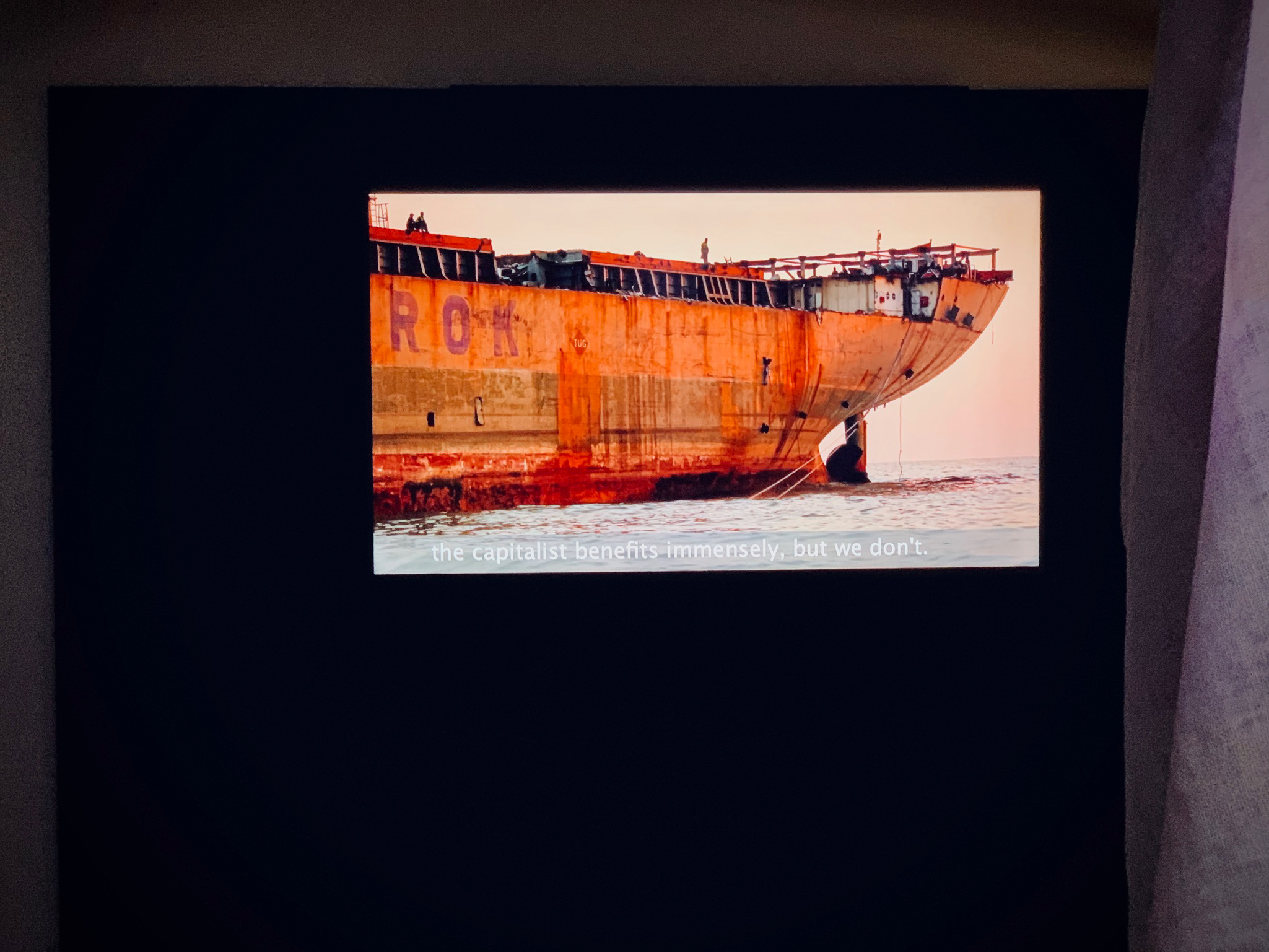
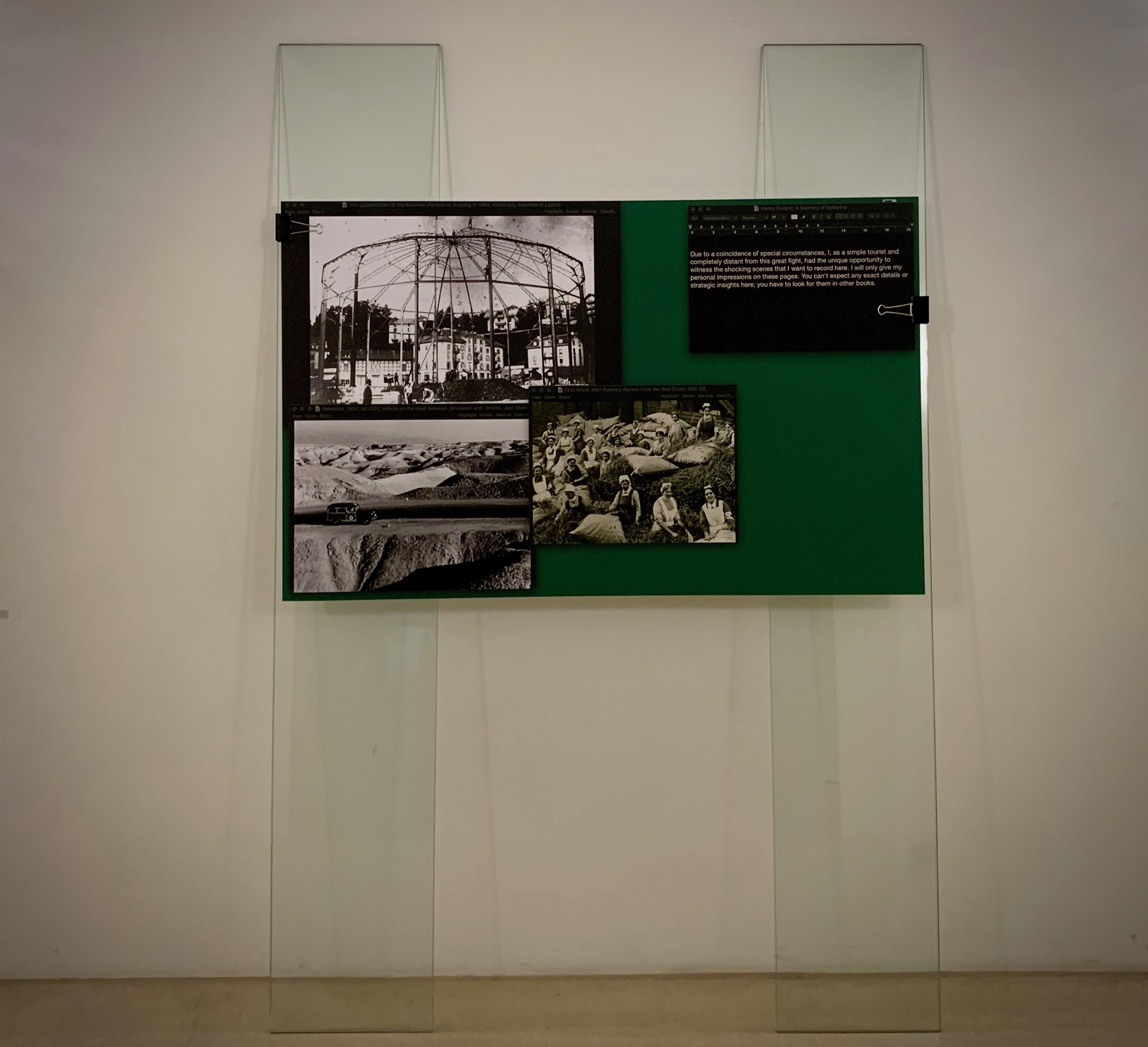
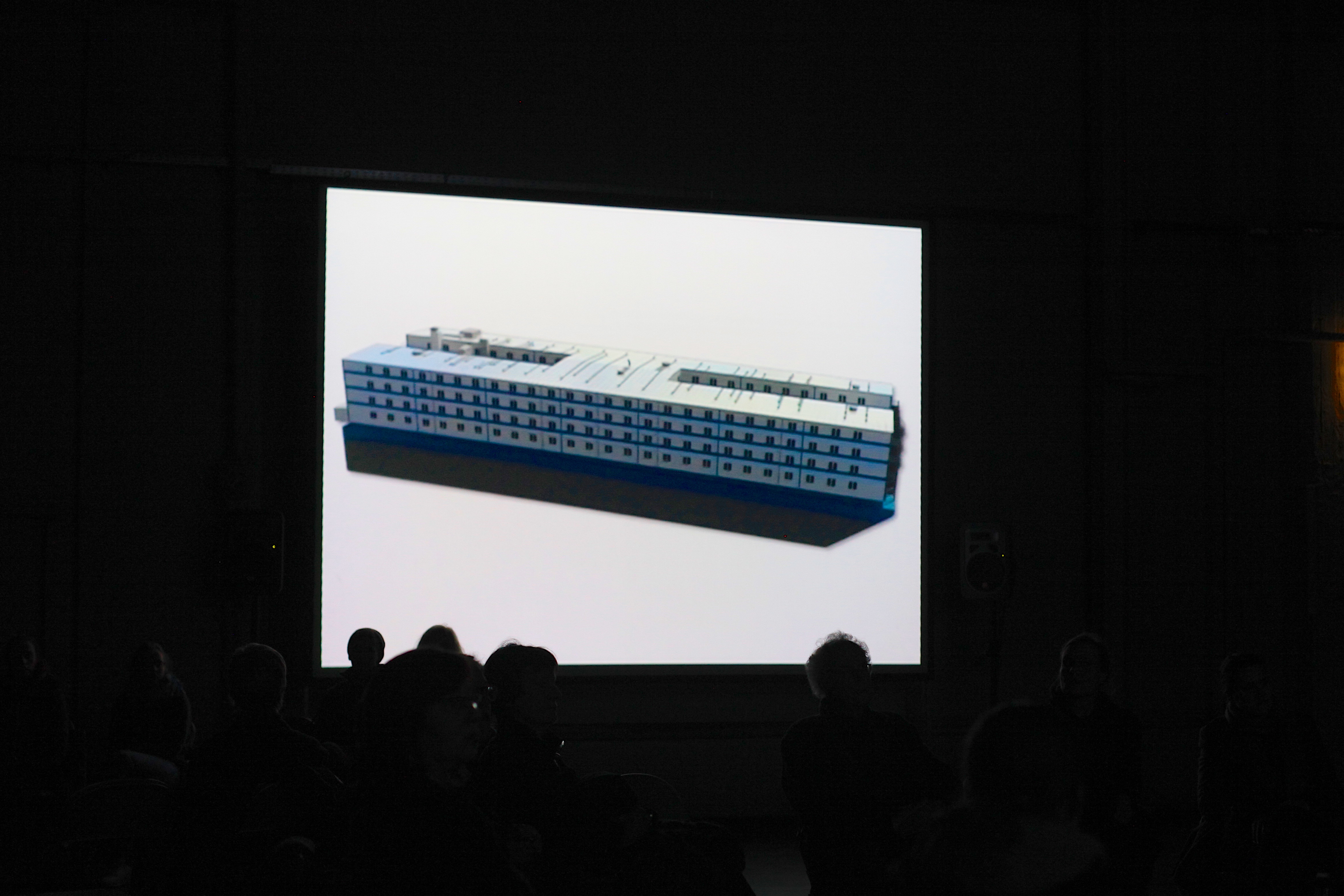

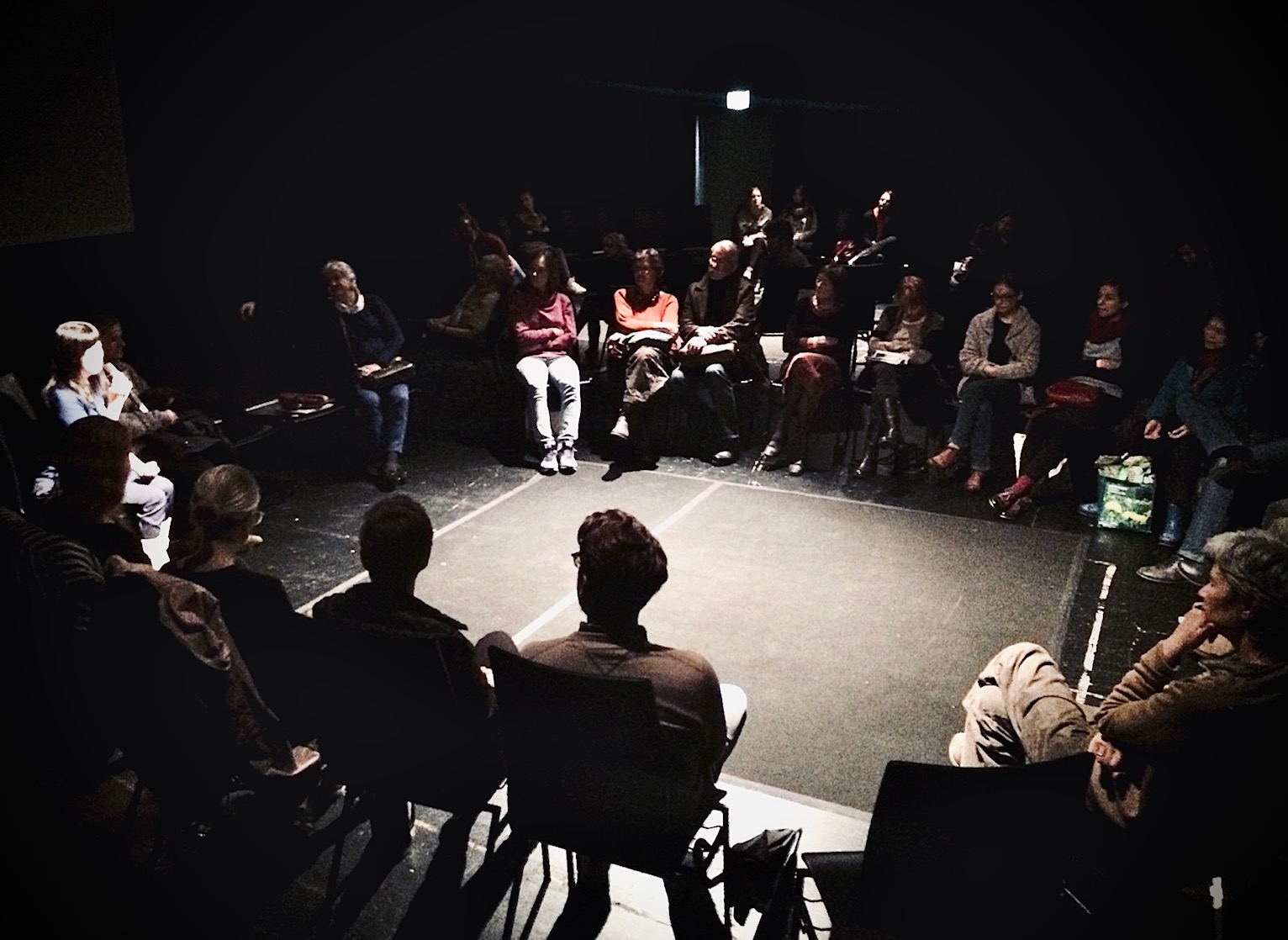
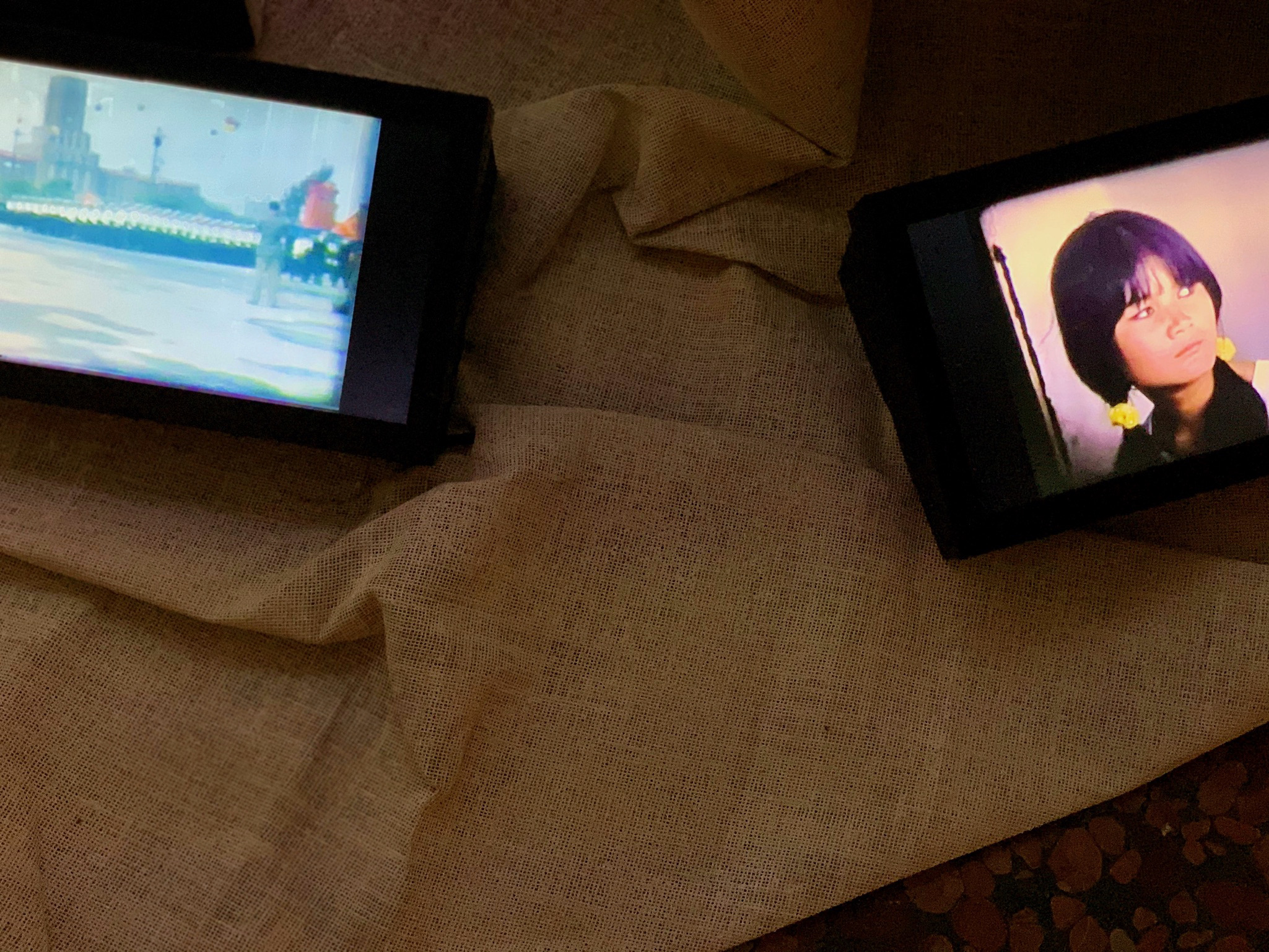

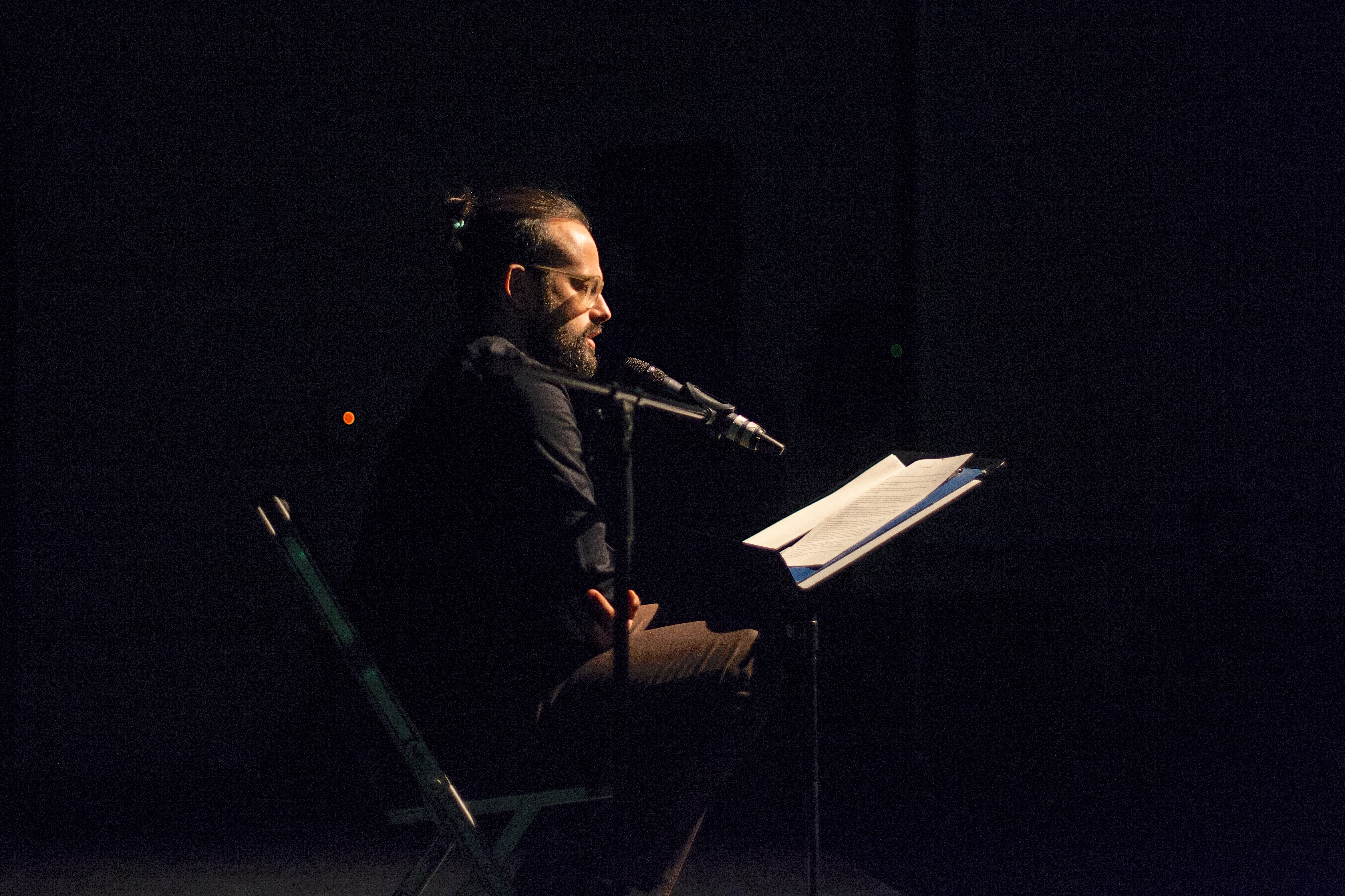
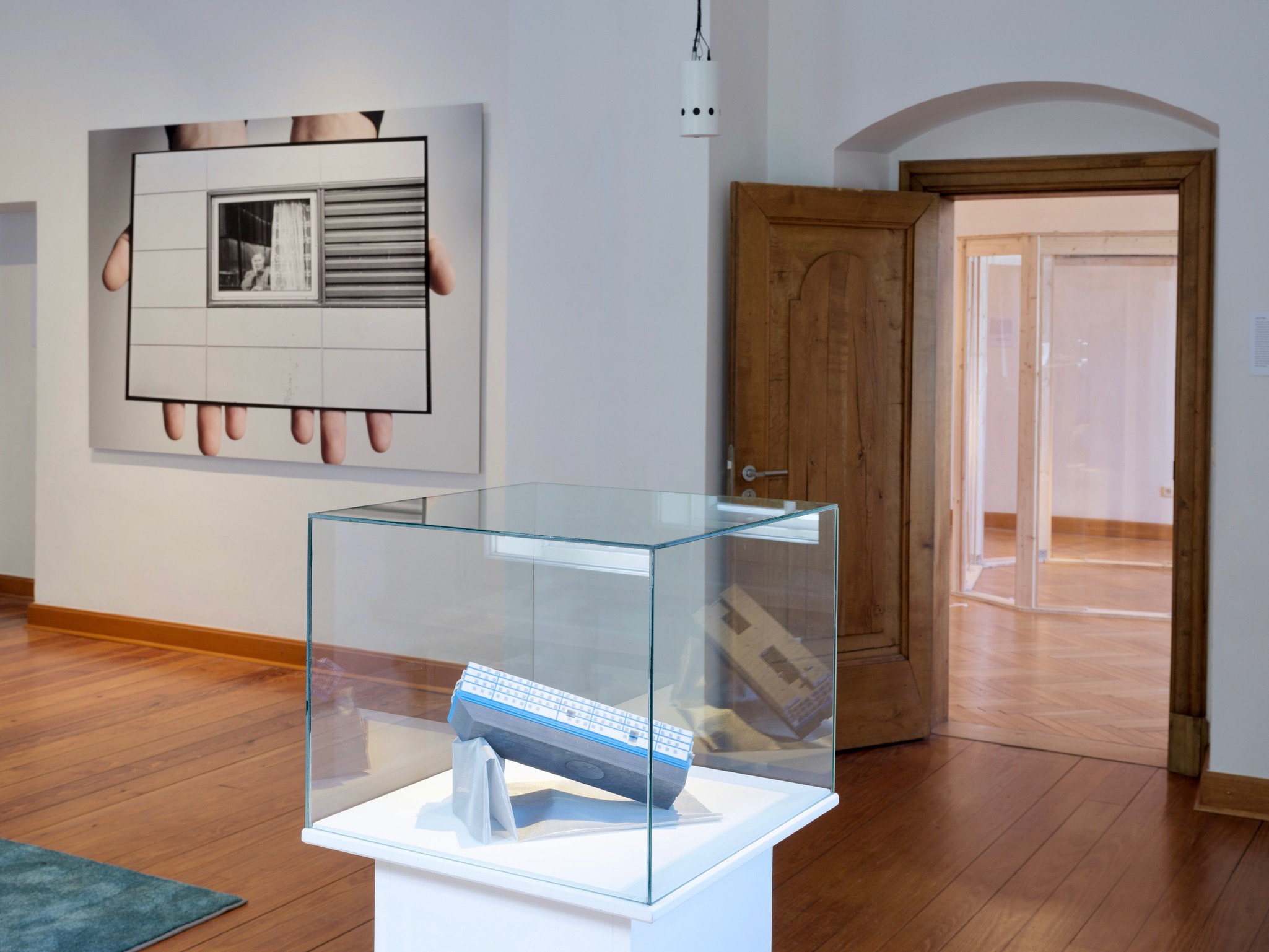

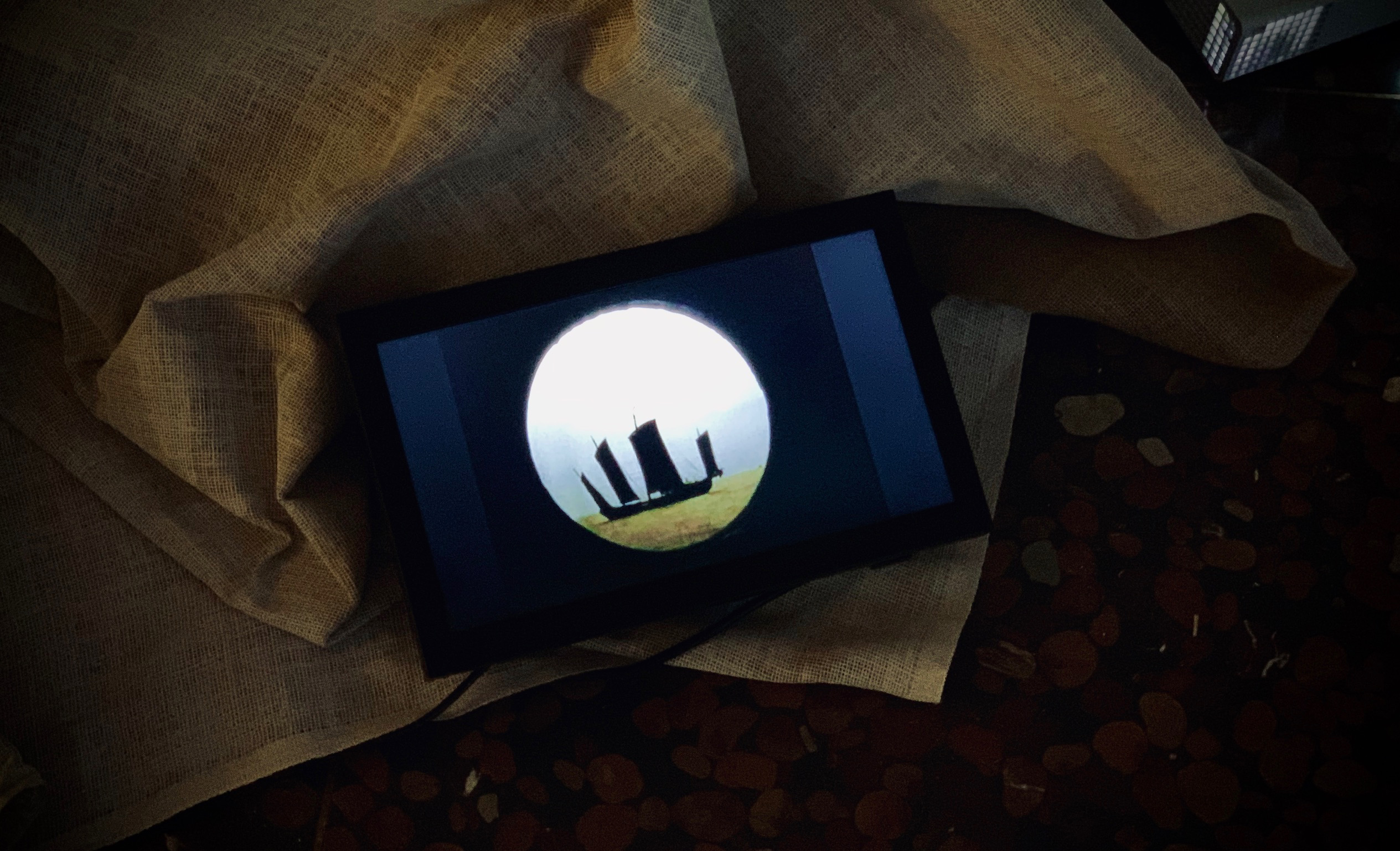
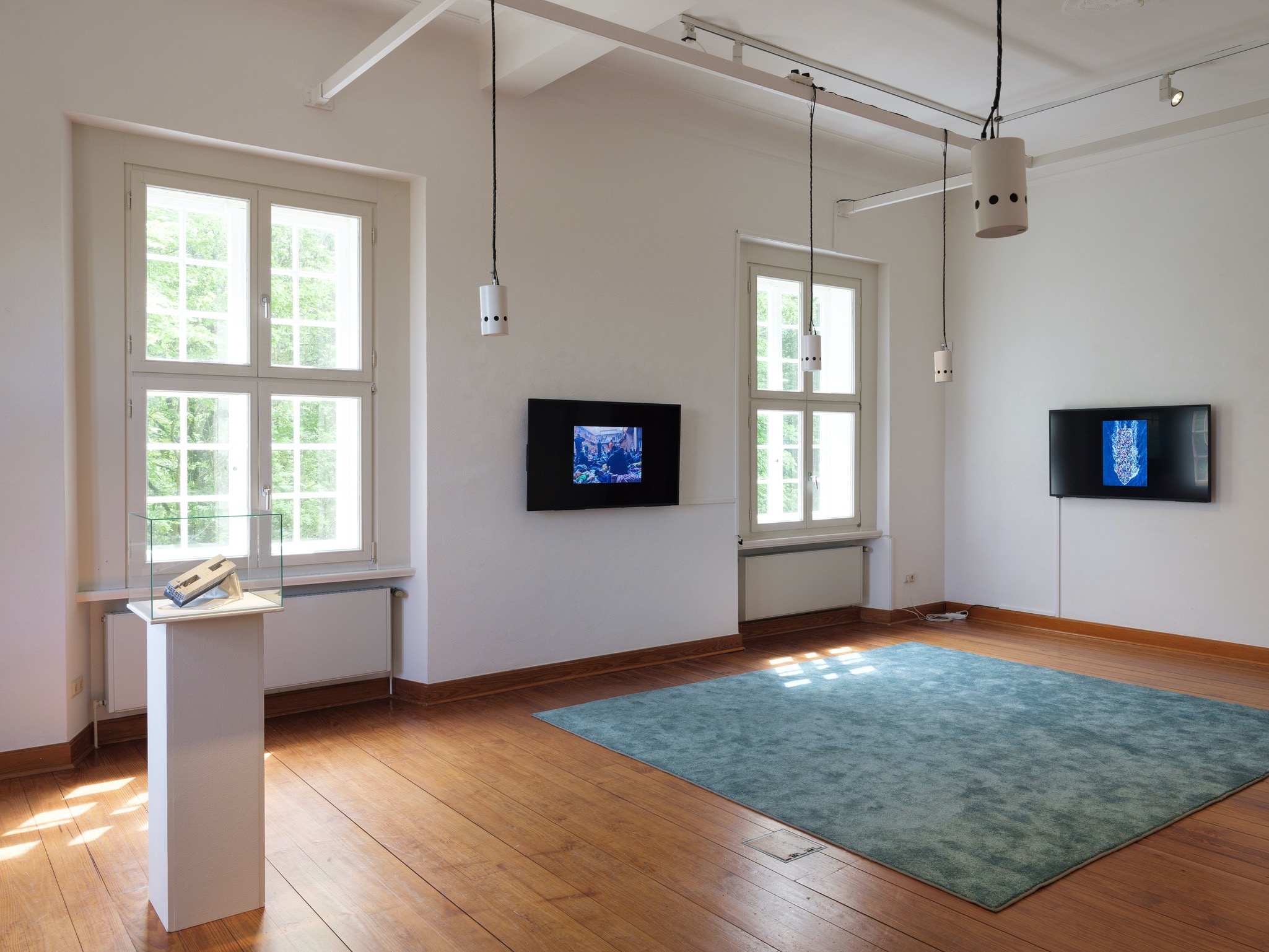

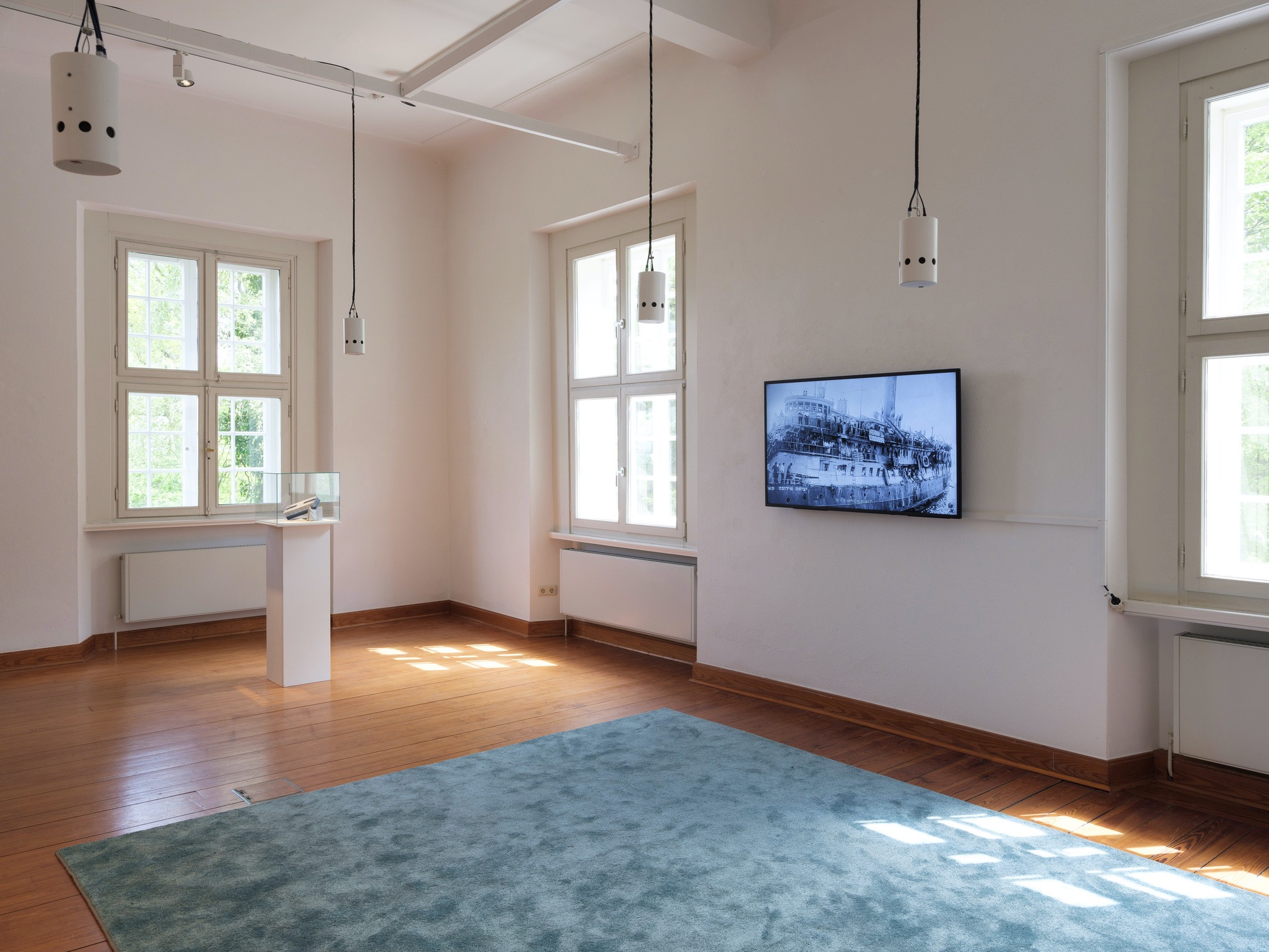
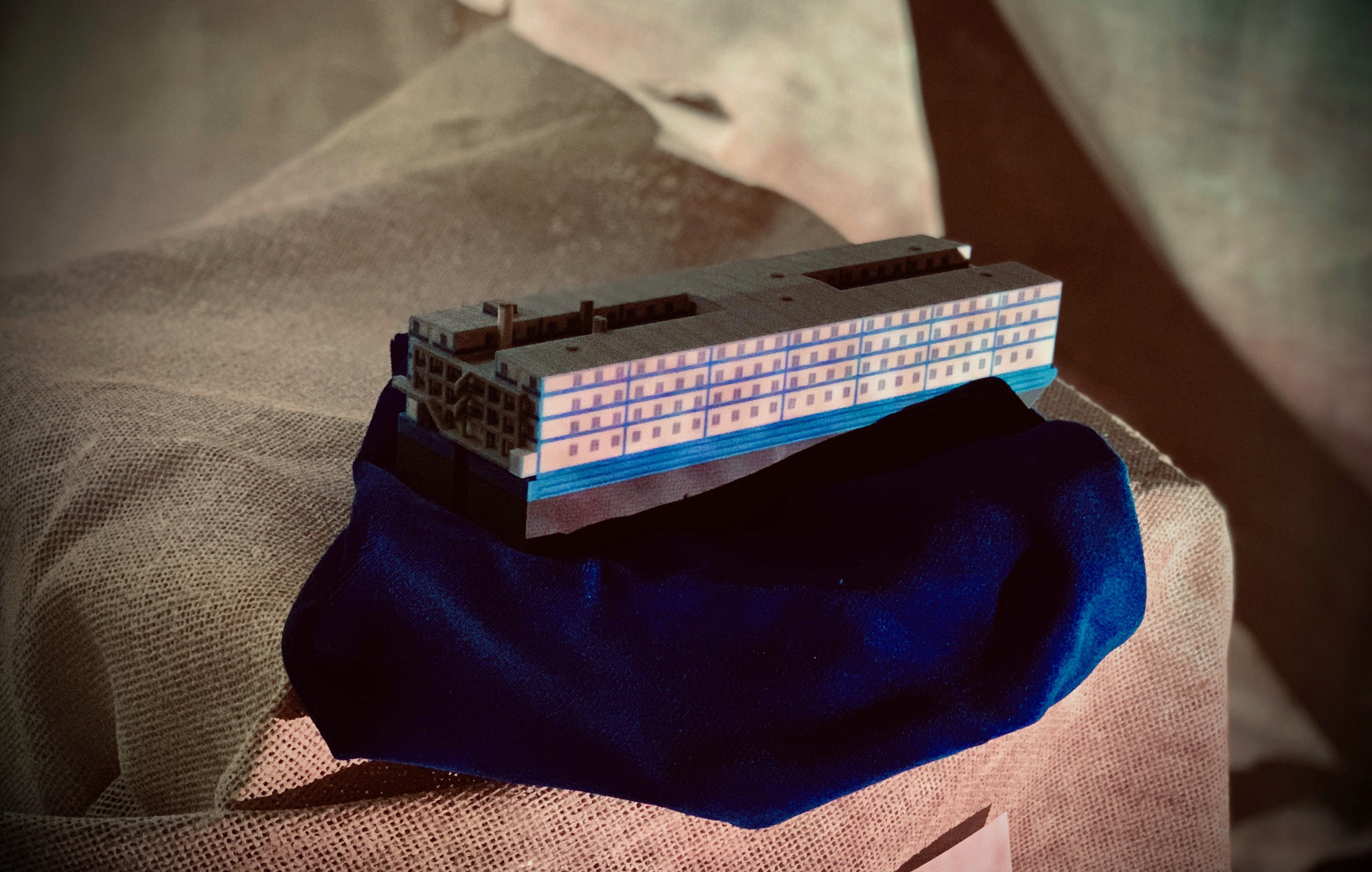

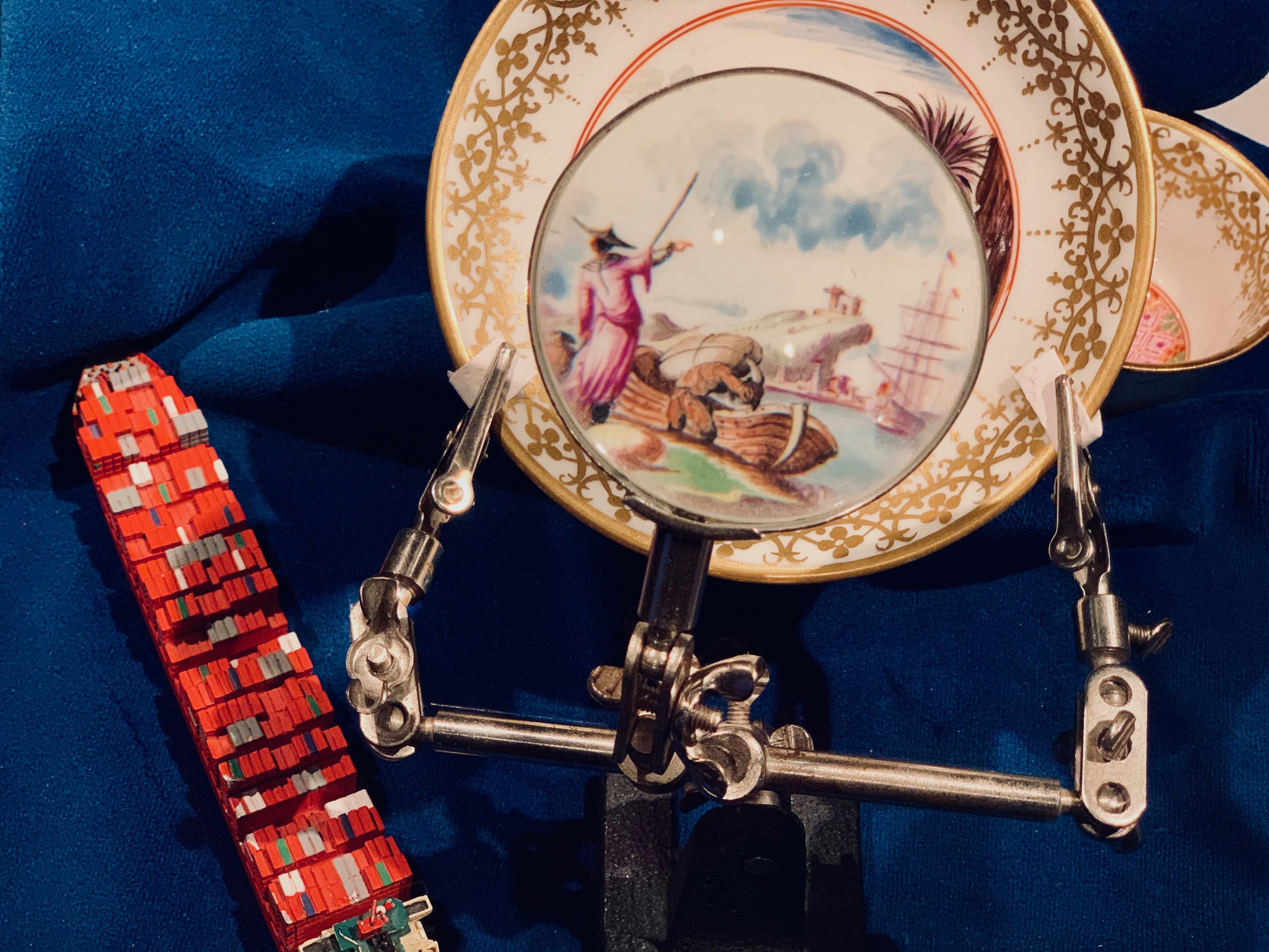
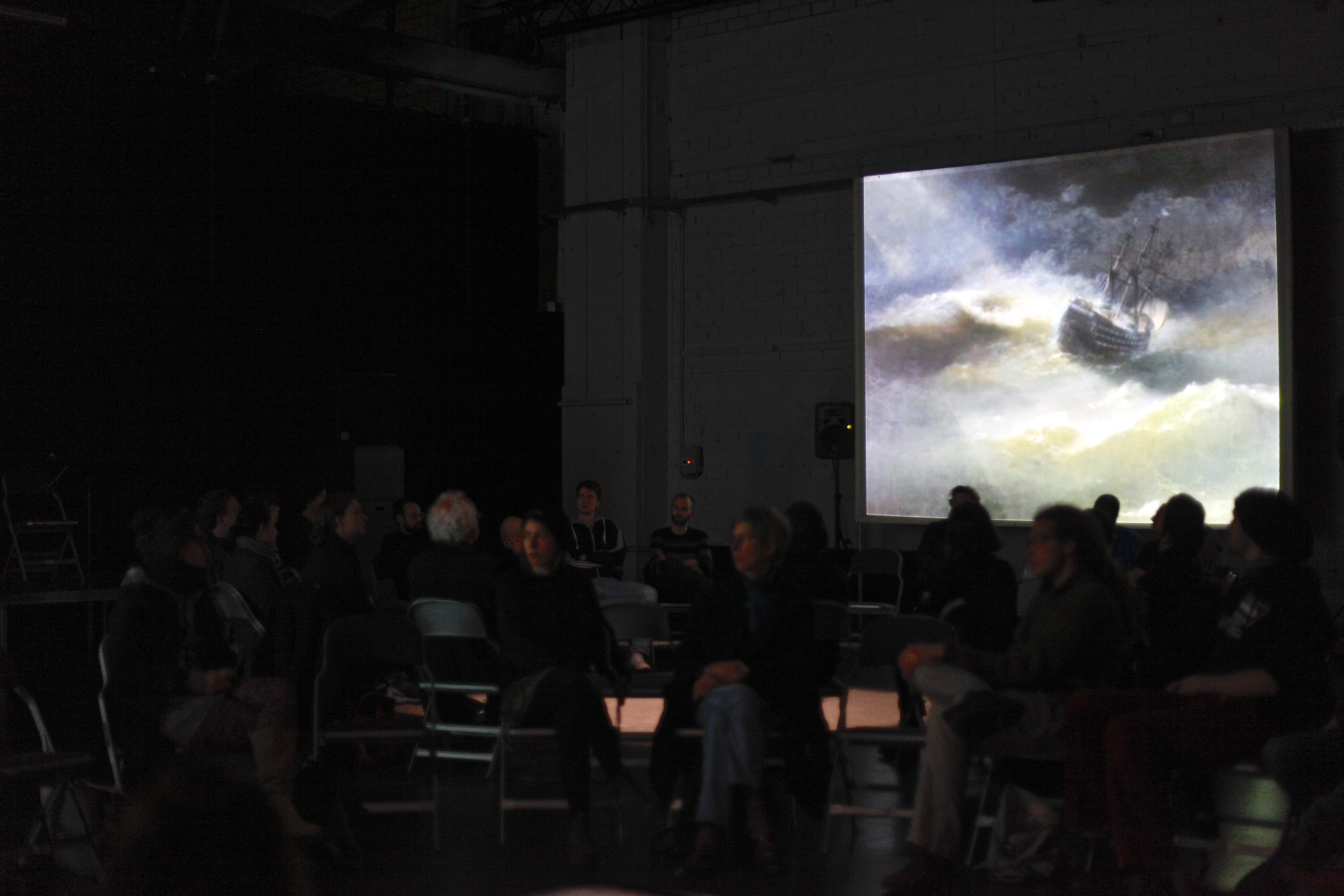
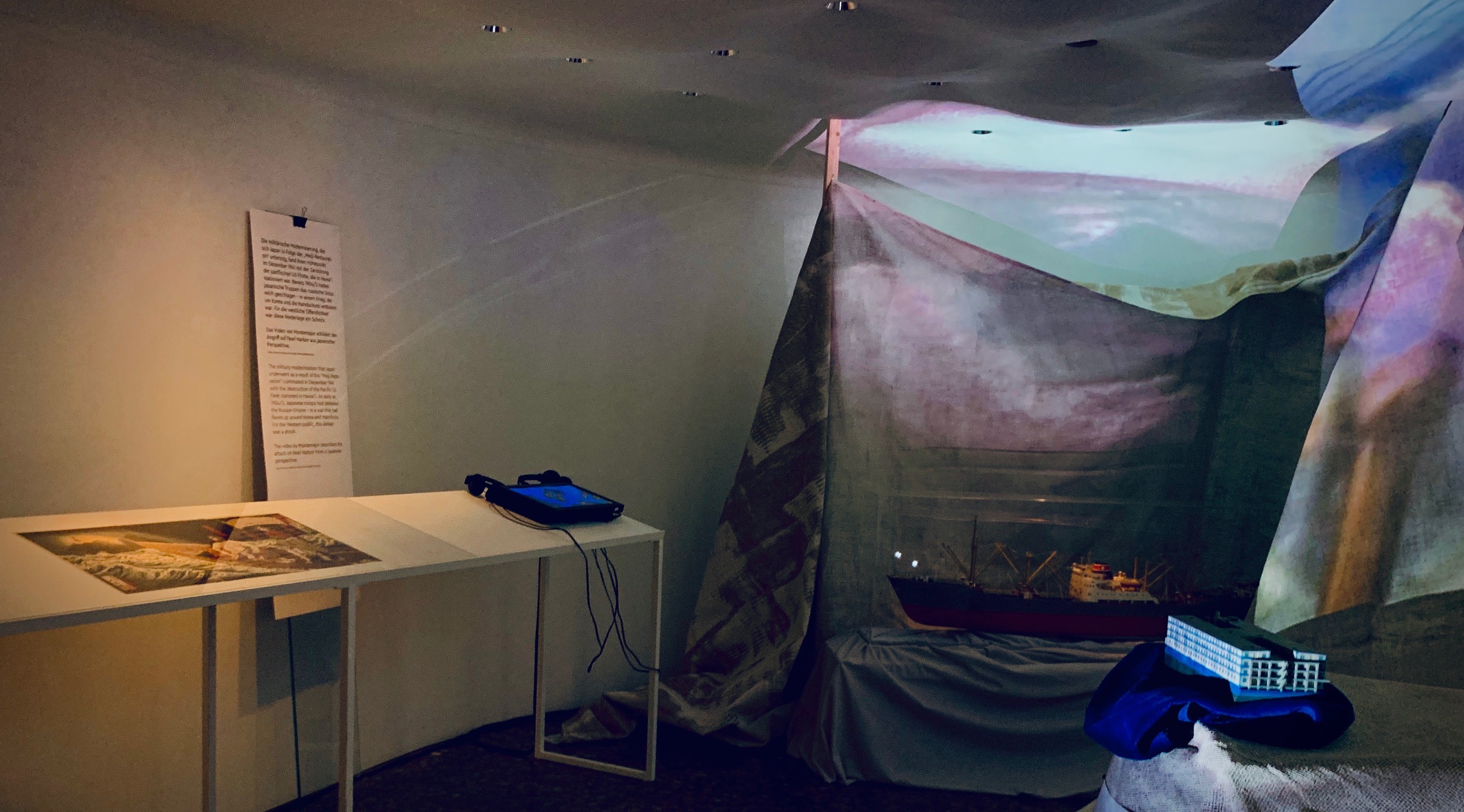
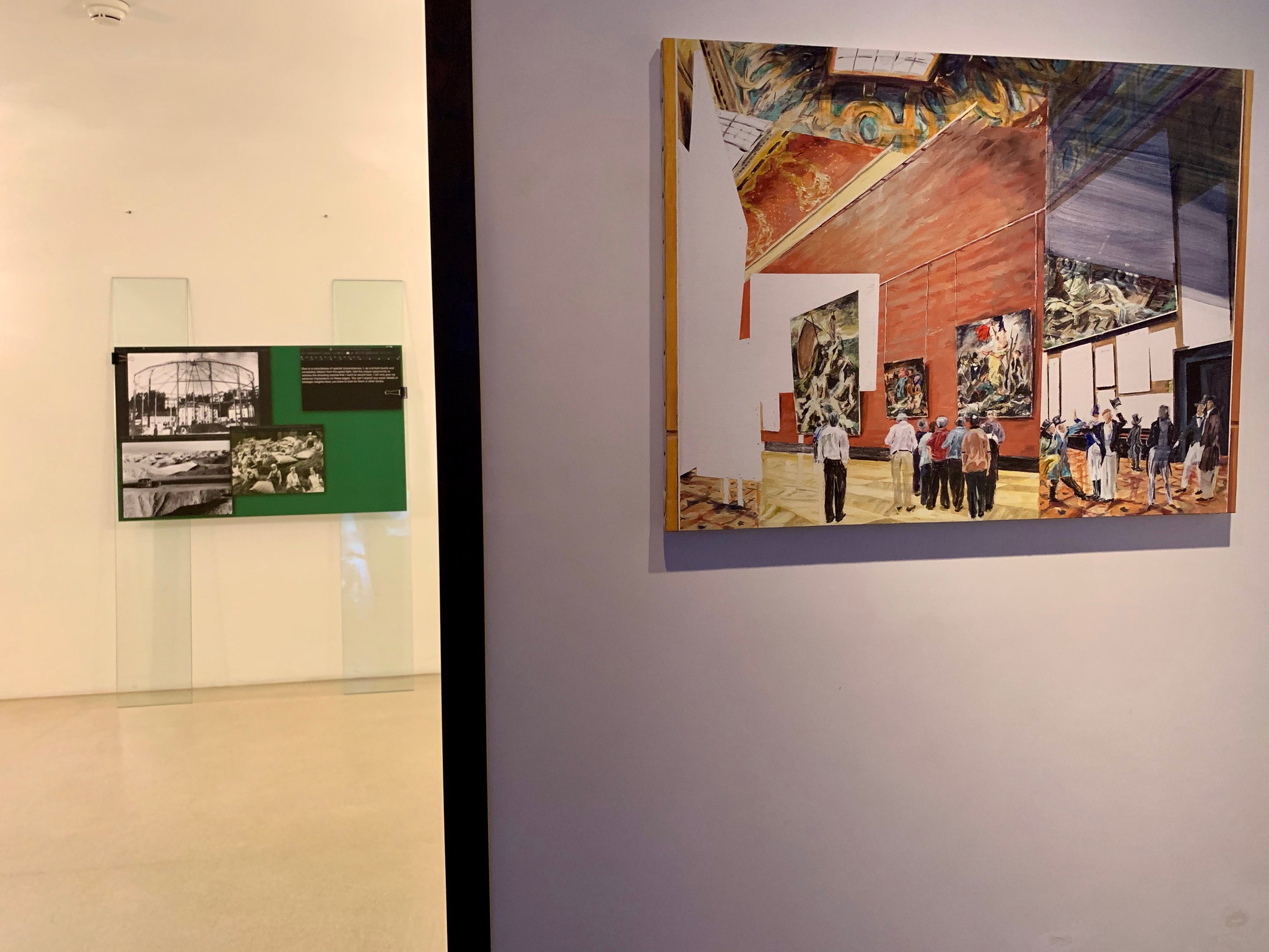
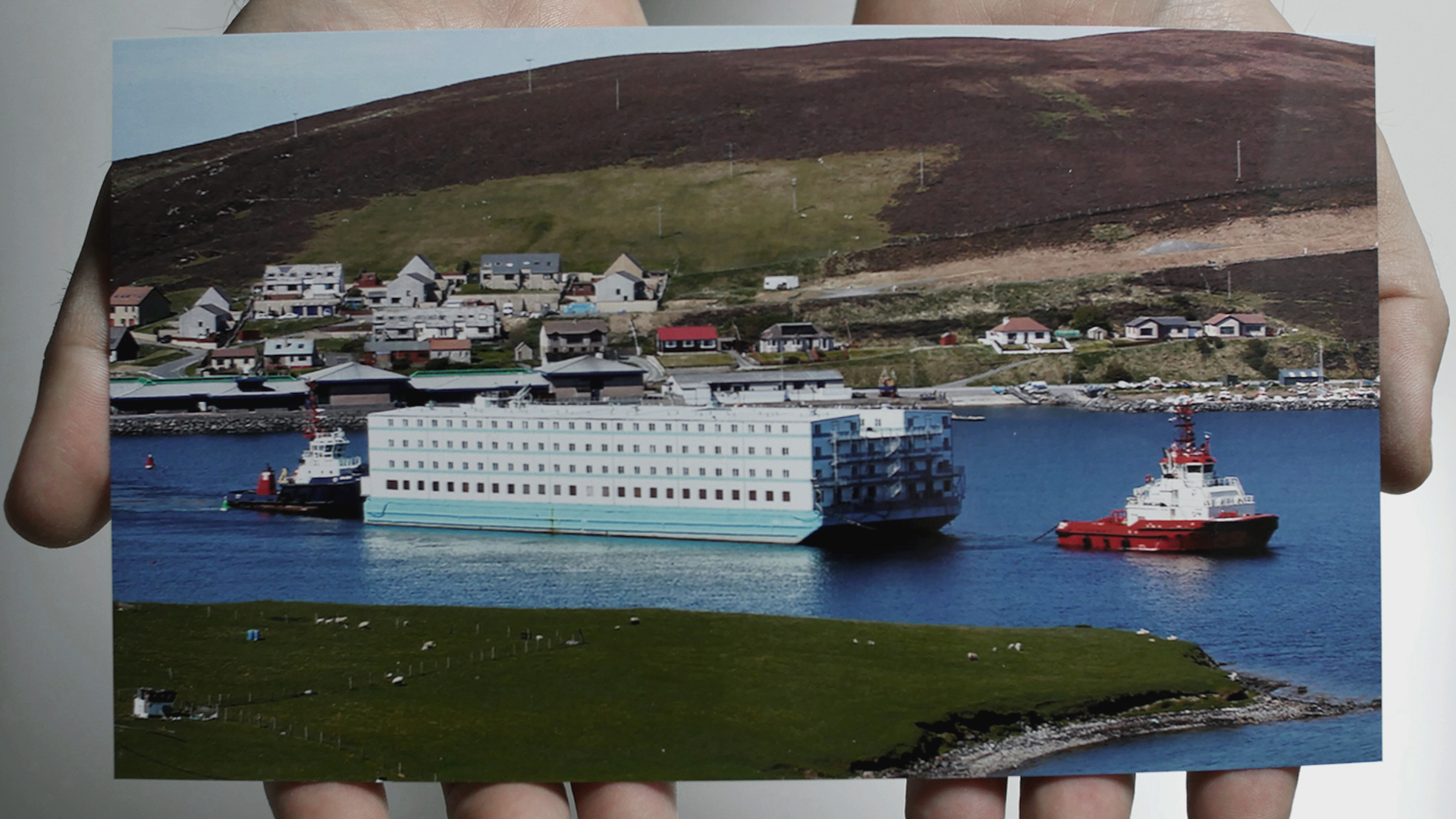
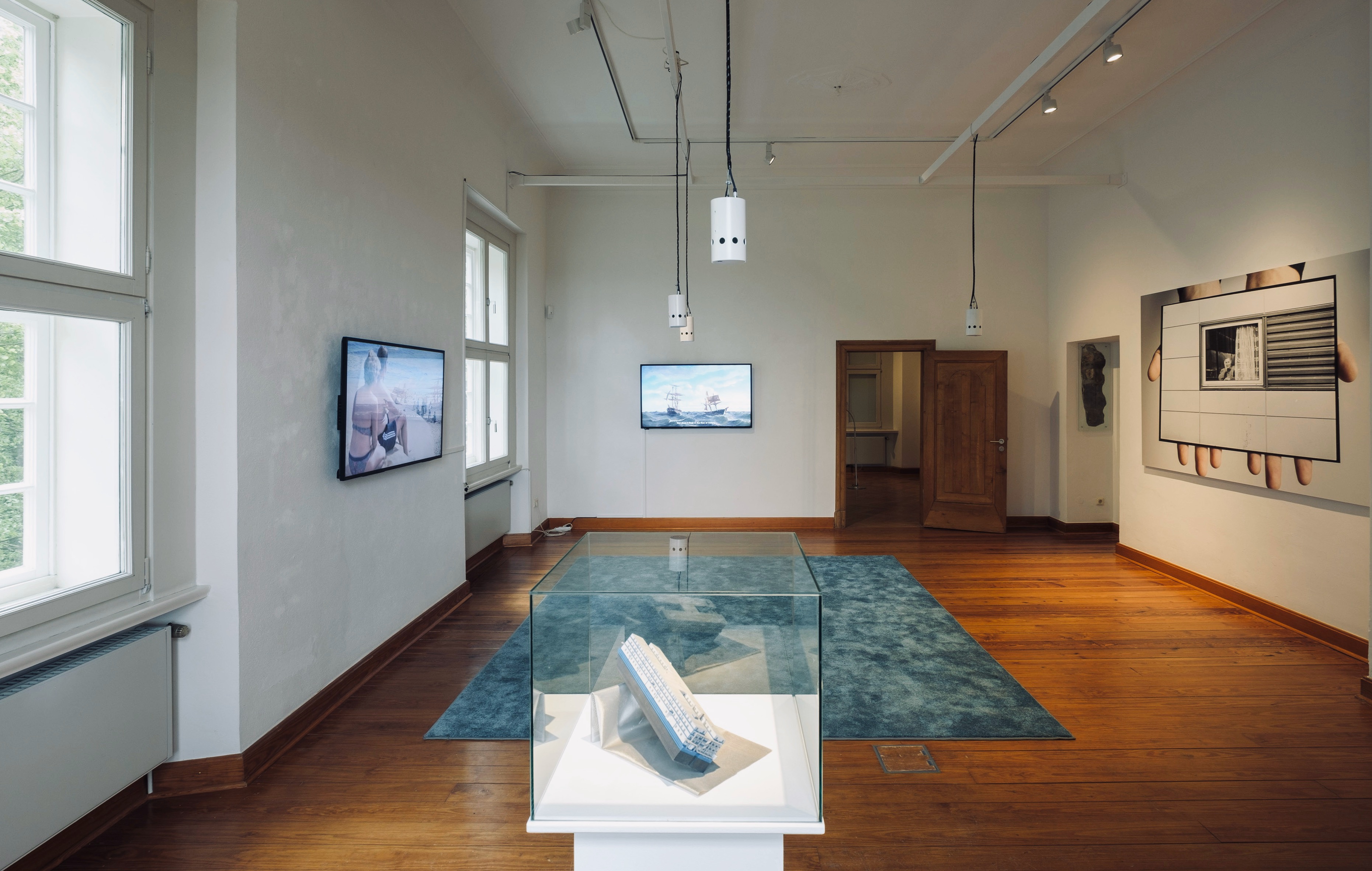

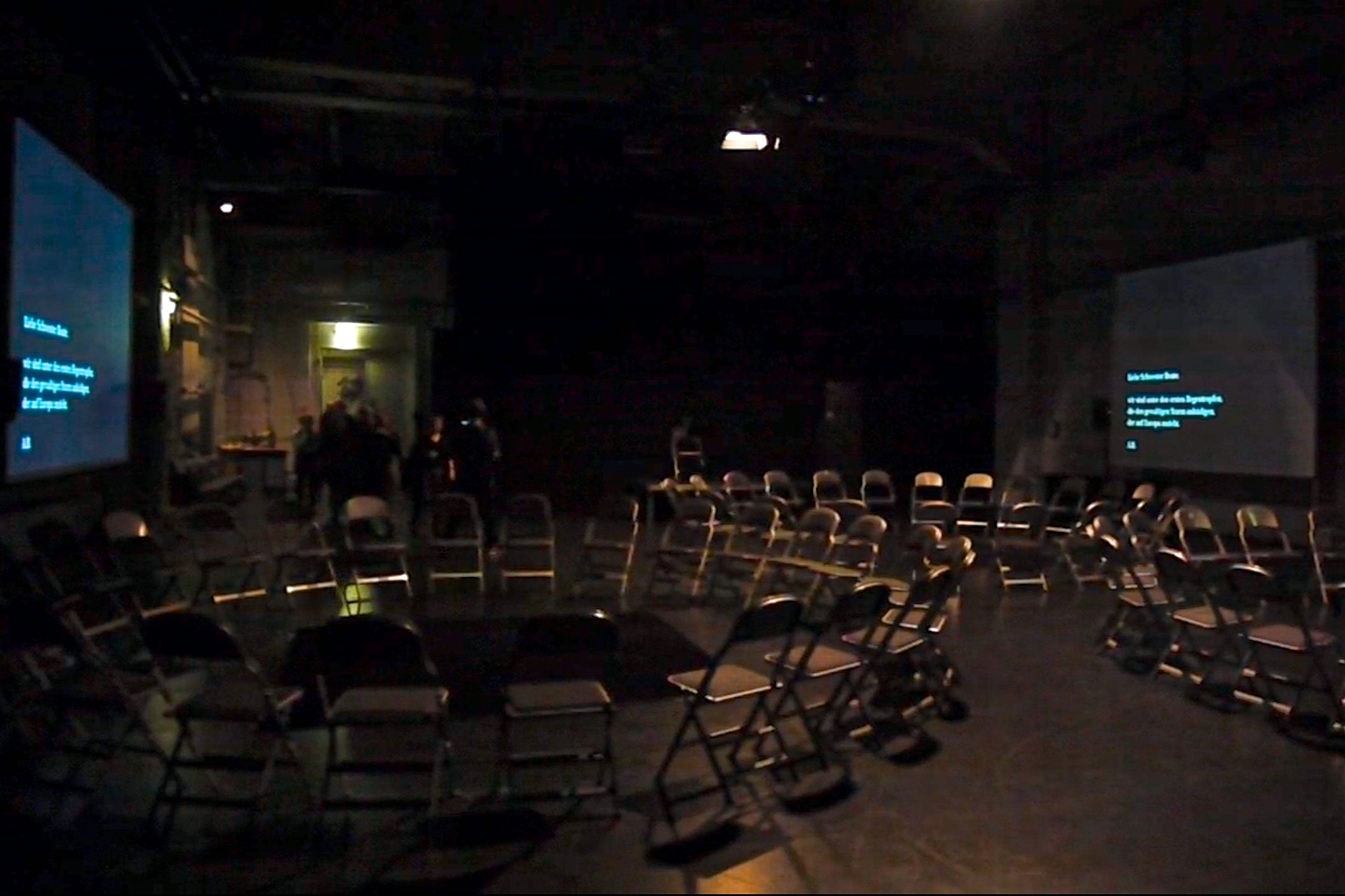
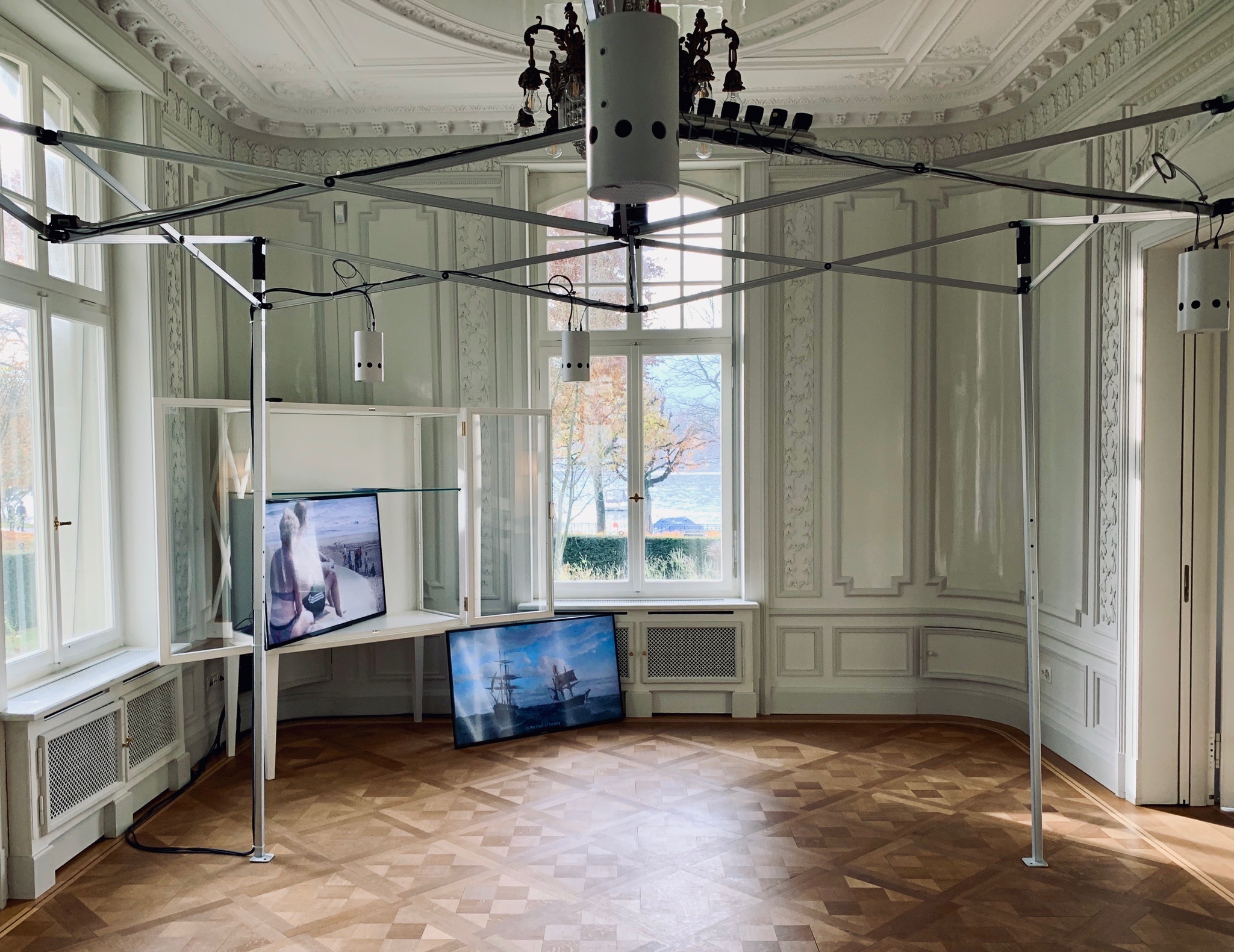


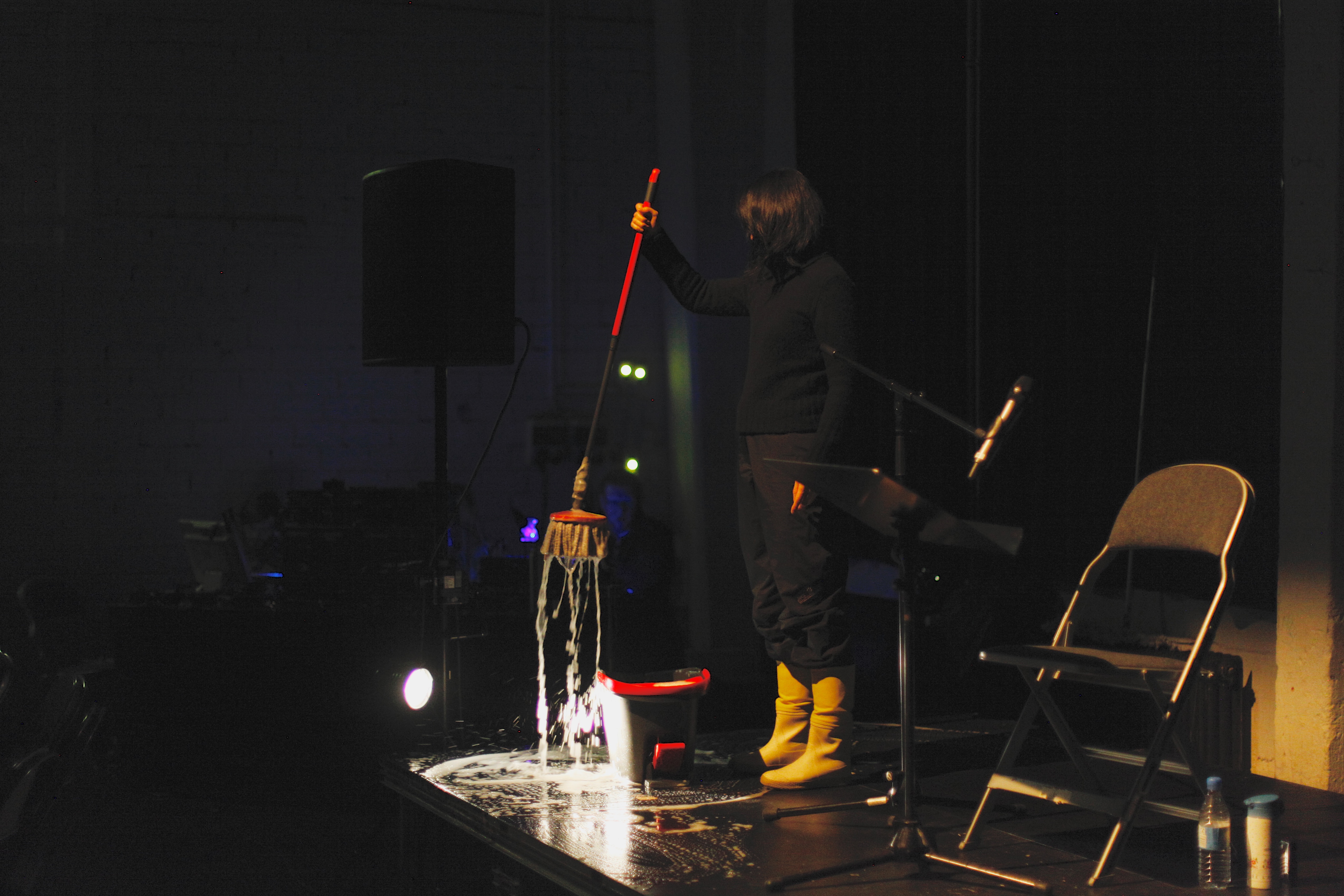
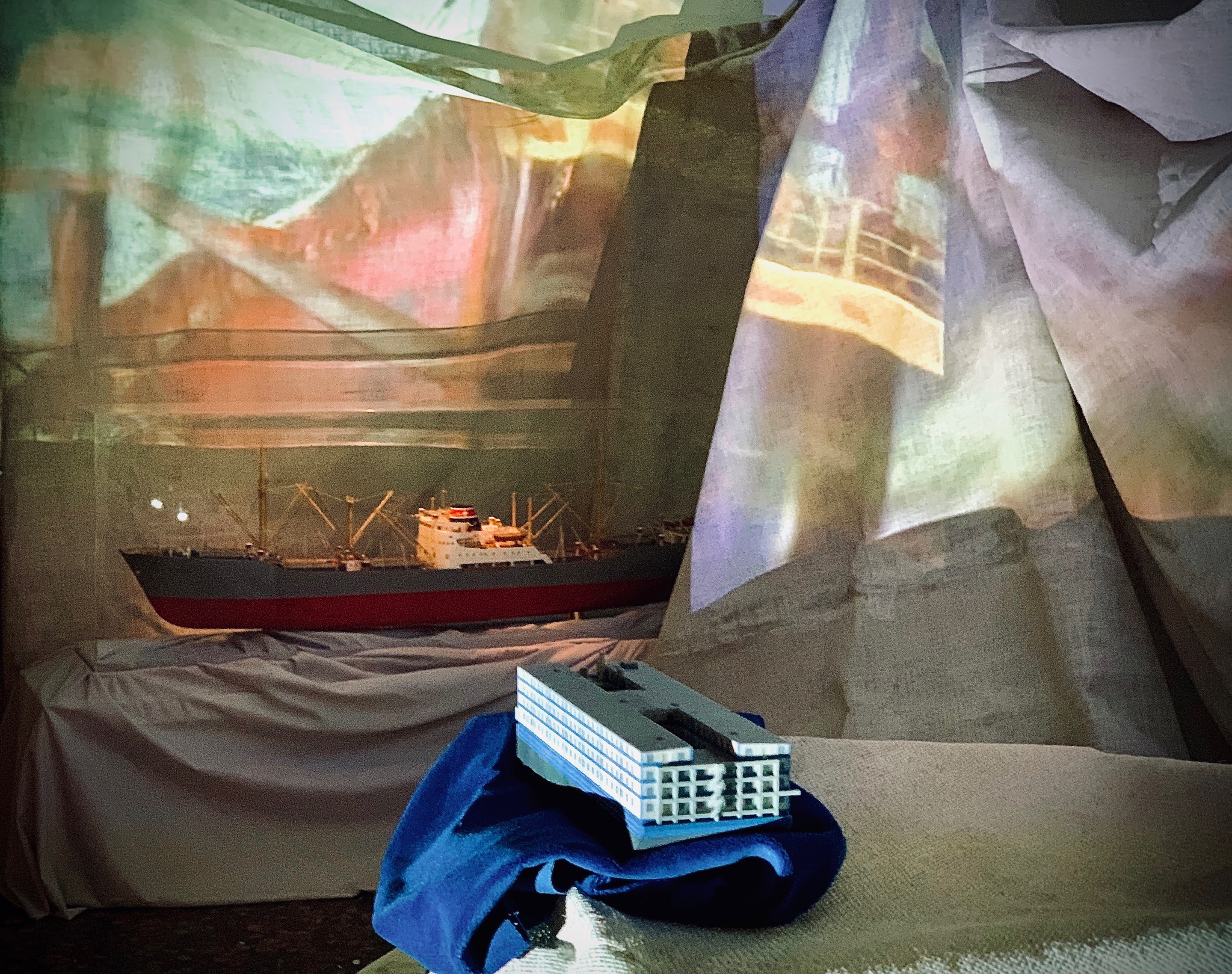
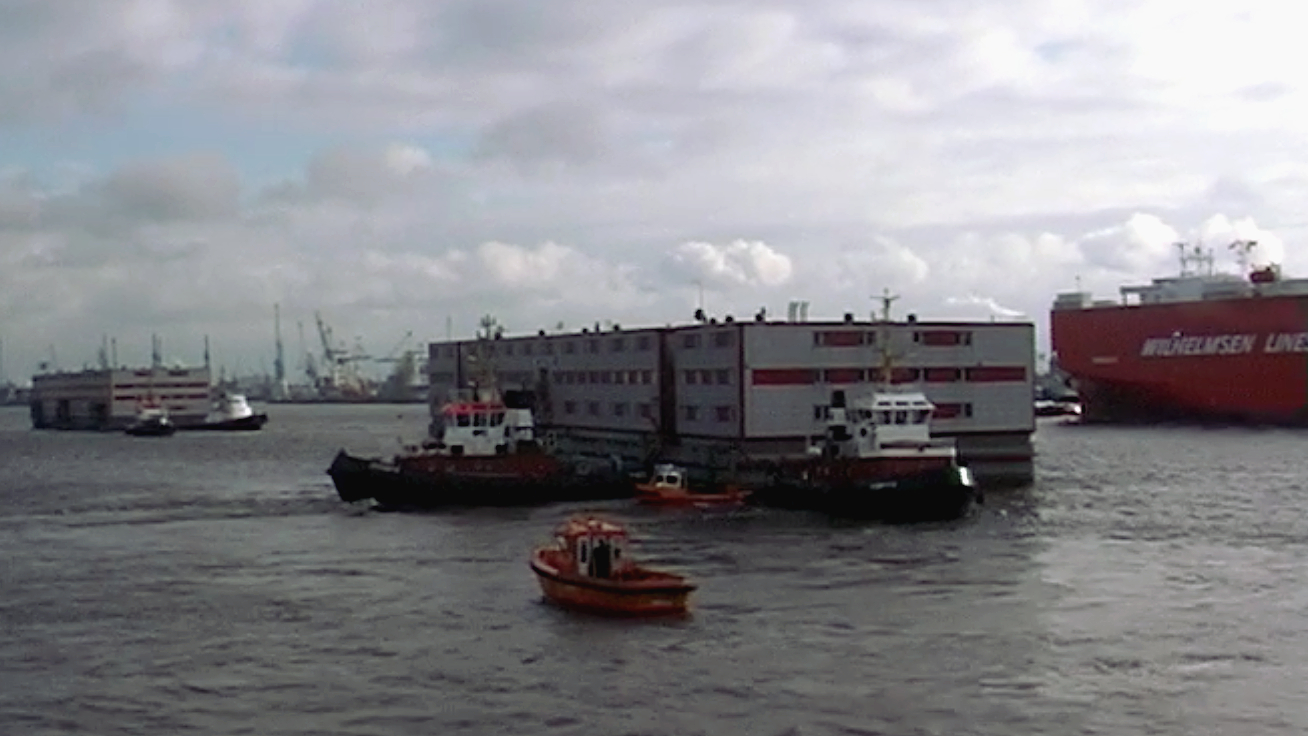

heimat is in crisis
︎ HEIMATMUSEUM
Theatre installation
︎ NEW HAMBURG ART GALLERY
Curatorial work
︎ NOOSE AND CRYSTAL WERE CREATED FROM THE SAME PRESSURE
Book
The focus of this work cycle is the Hamburg district Veddel - about 70 different nationalities live together under 5000 inhabitants. This "global village" is a kind of gathering that contradicts previous national narratives. The city of Hamburg does not get along with this image either. Veddel is labeled in media reports as a "problem district" and is one of the so-called "No-Go-Areas". But Veddel can also be thought of as a model for the future, where the idea of community has to be rethought and changed. "Heimat is in Crisis" is about exile, migration, class relations... - on the basis of a so called No-Go-Area within a wealthy German port city.


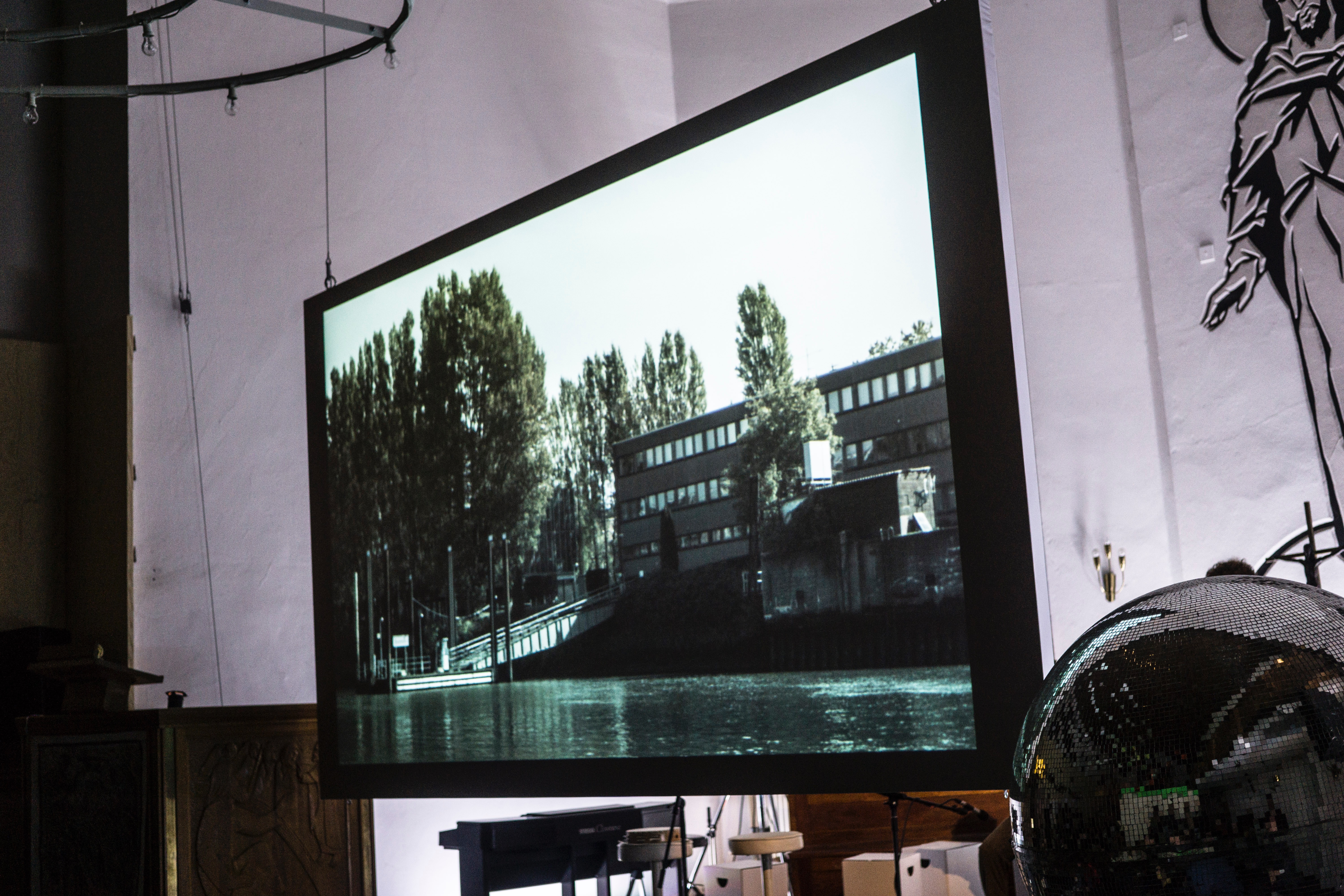
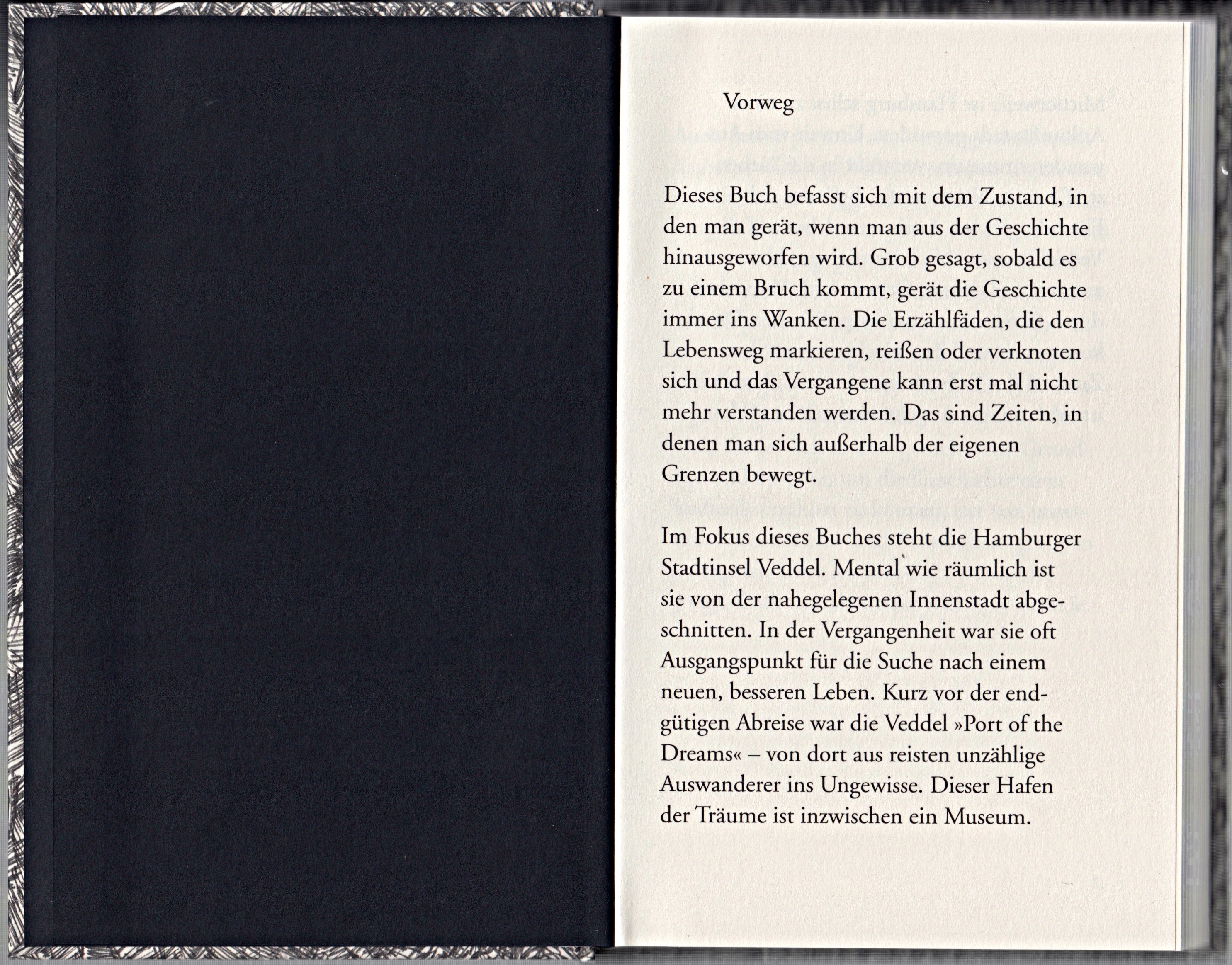

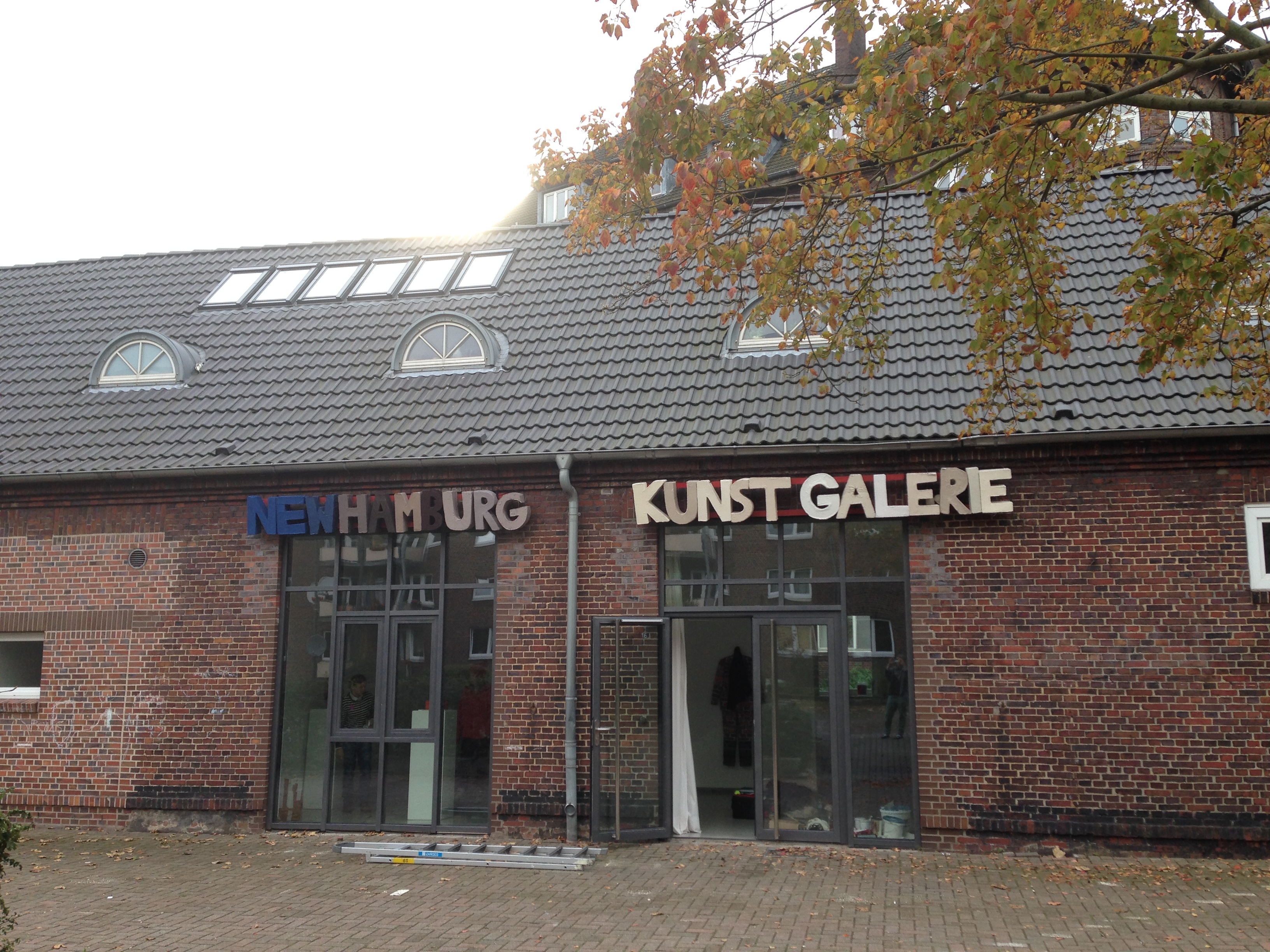

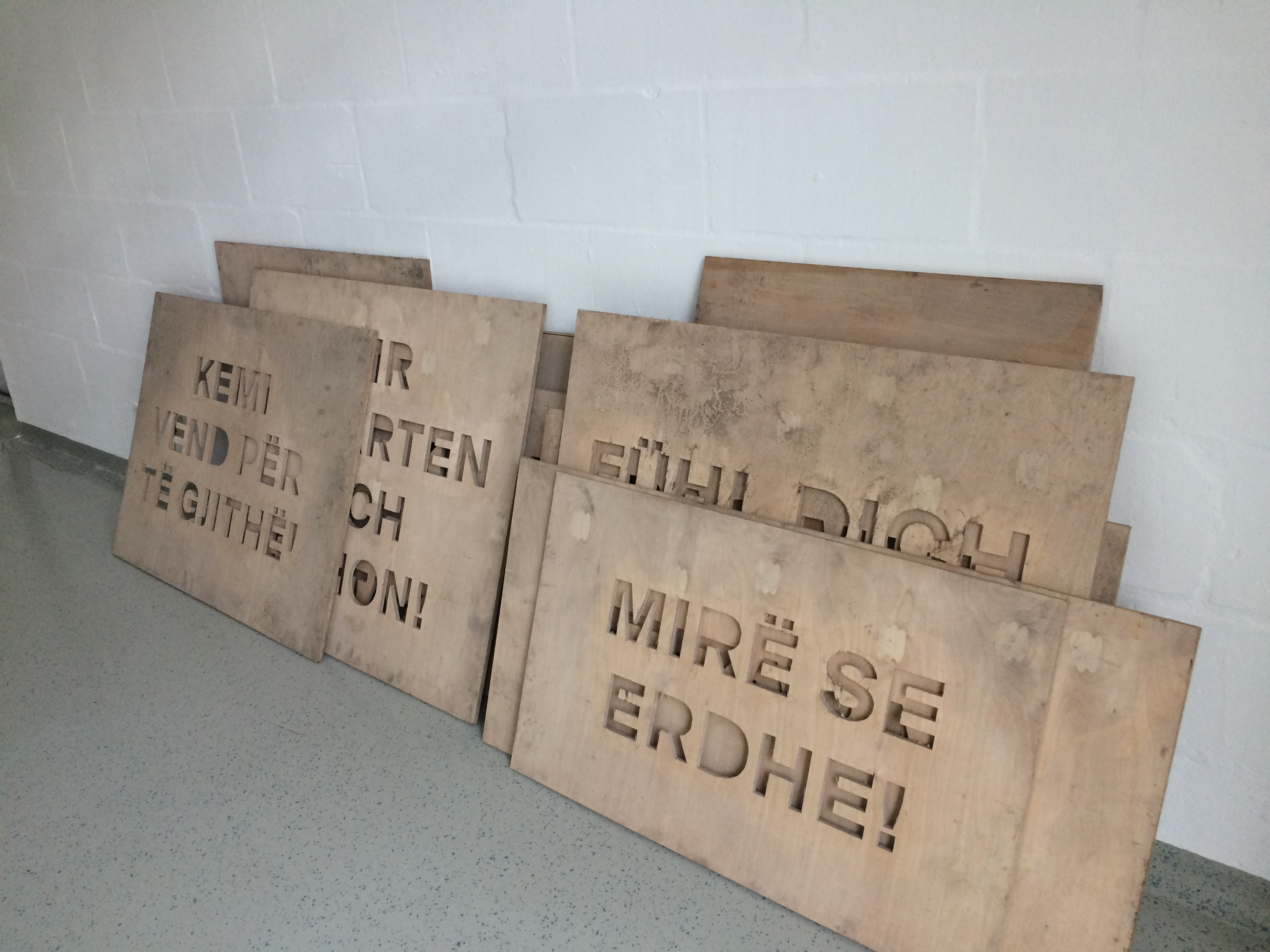

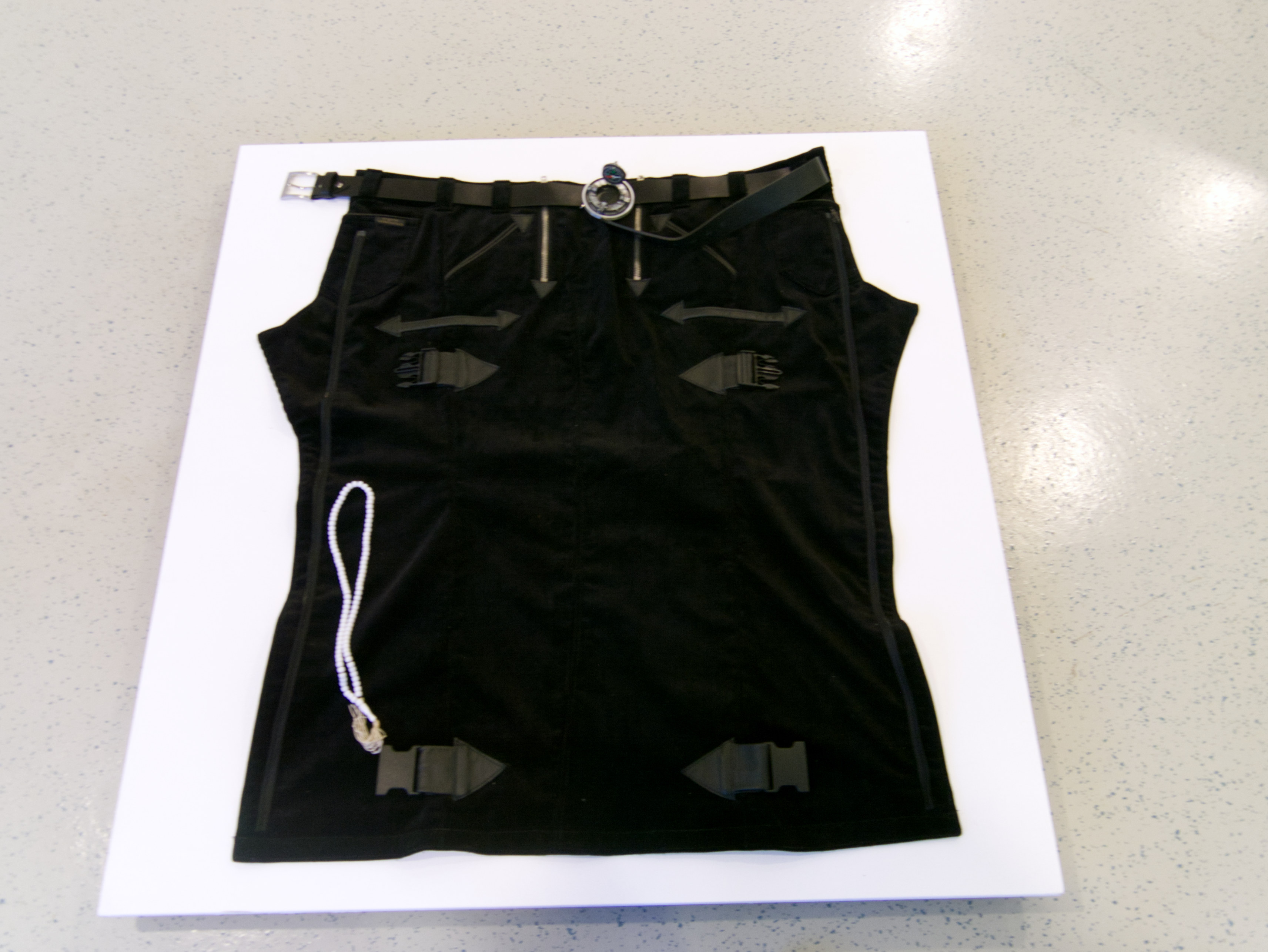
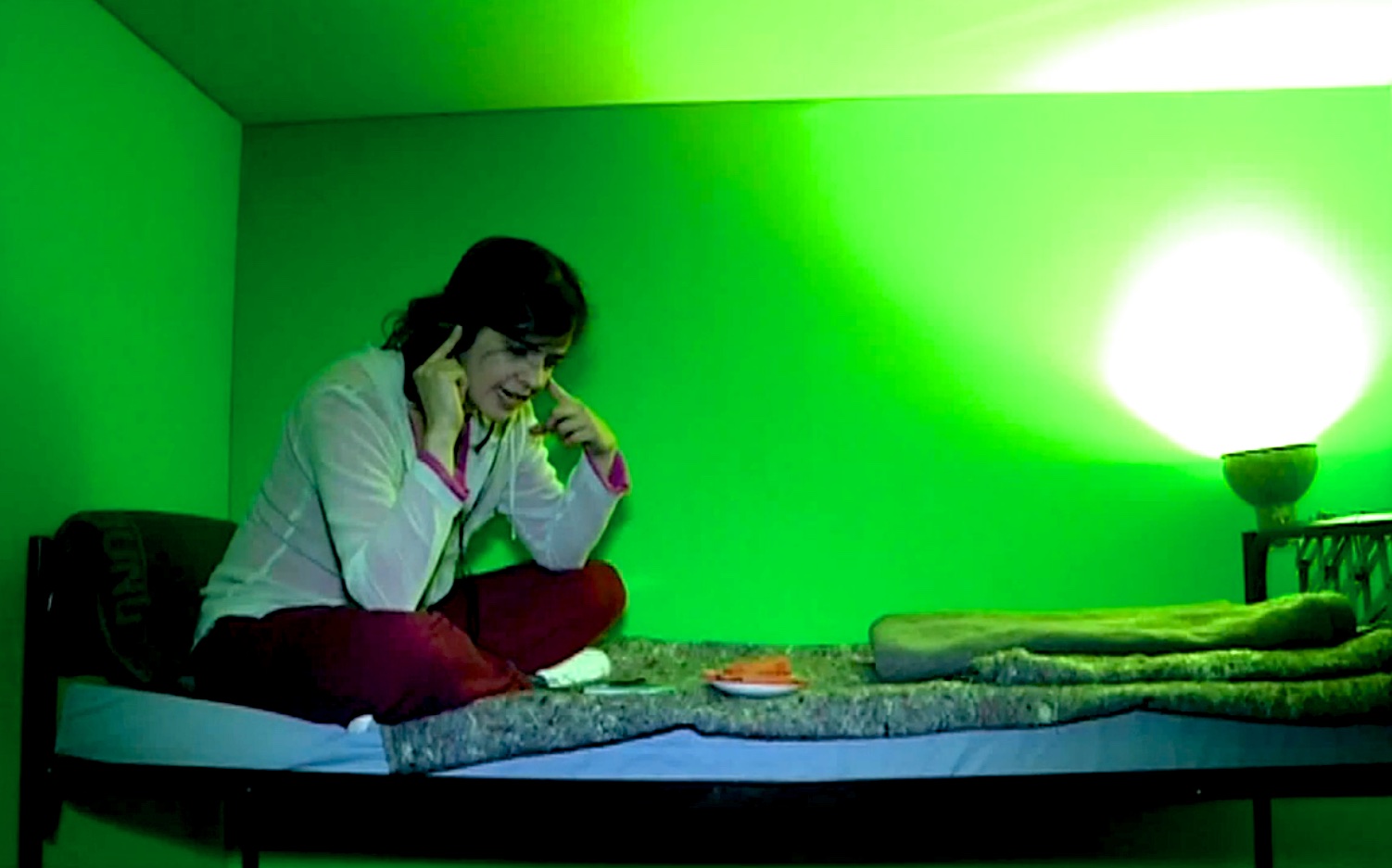
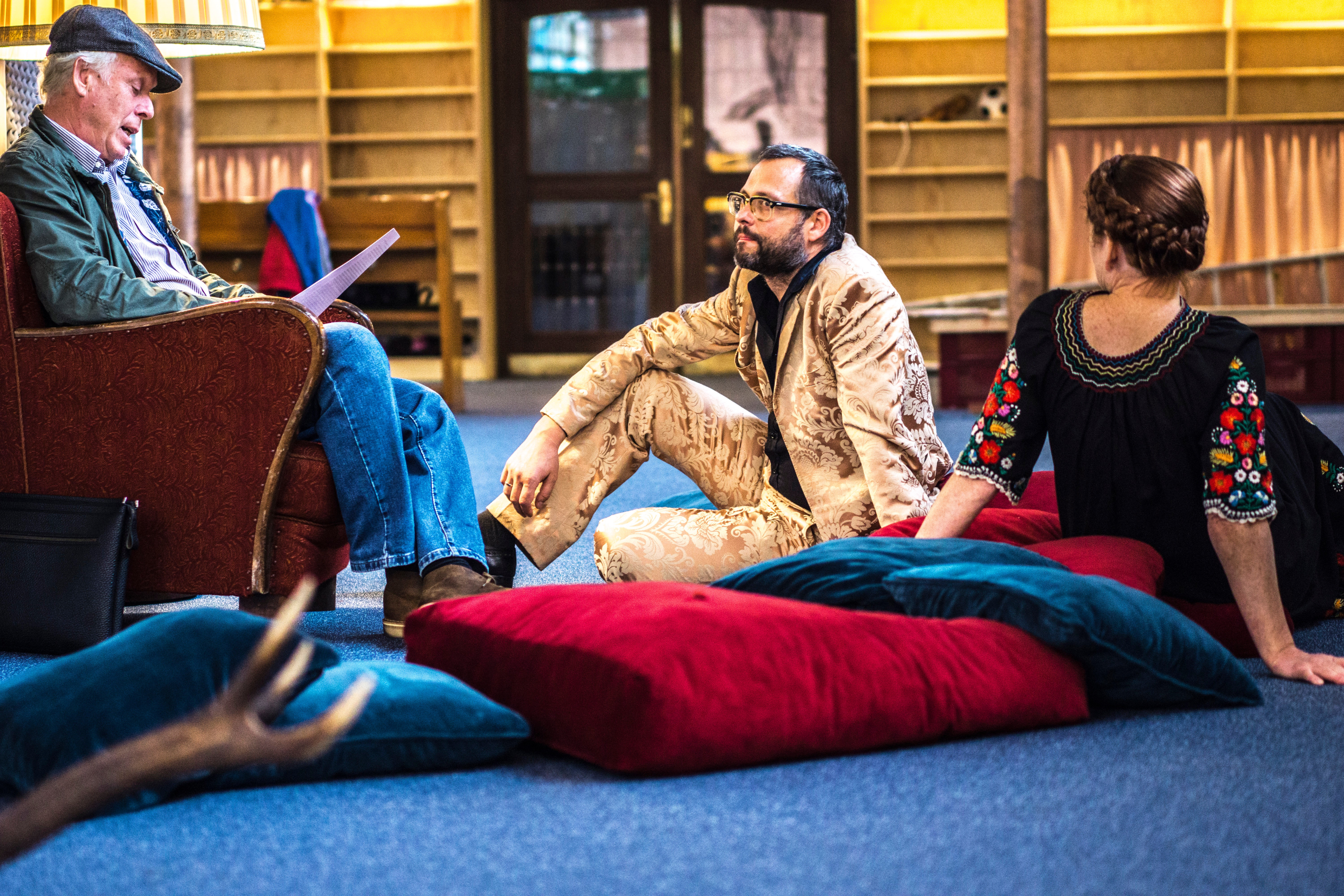
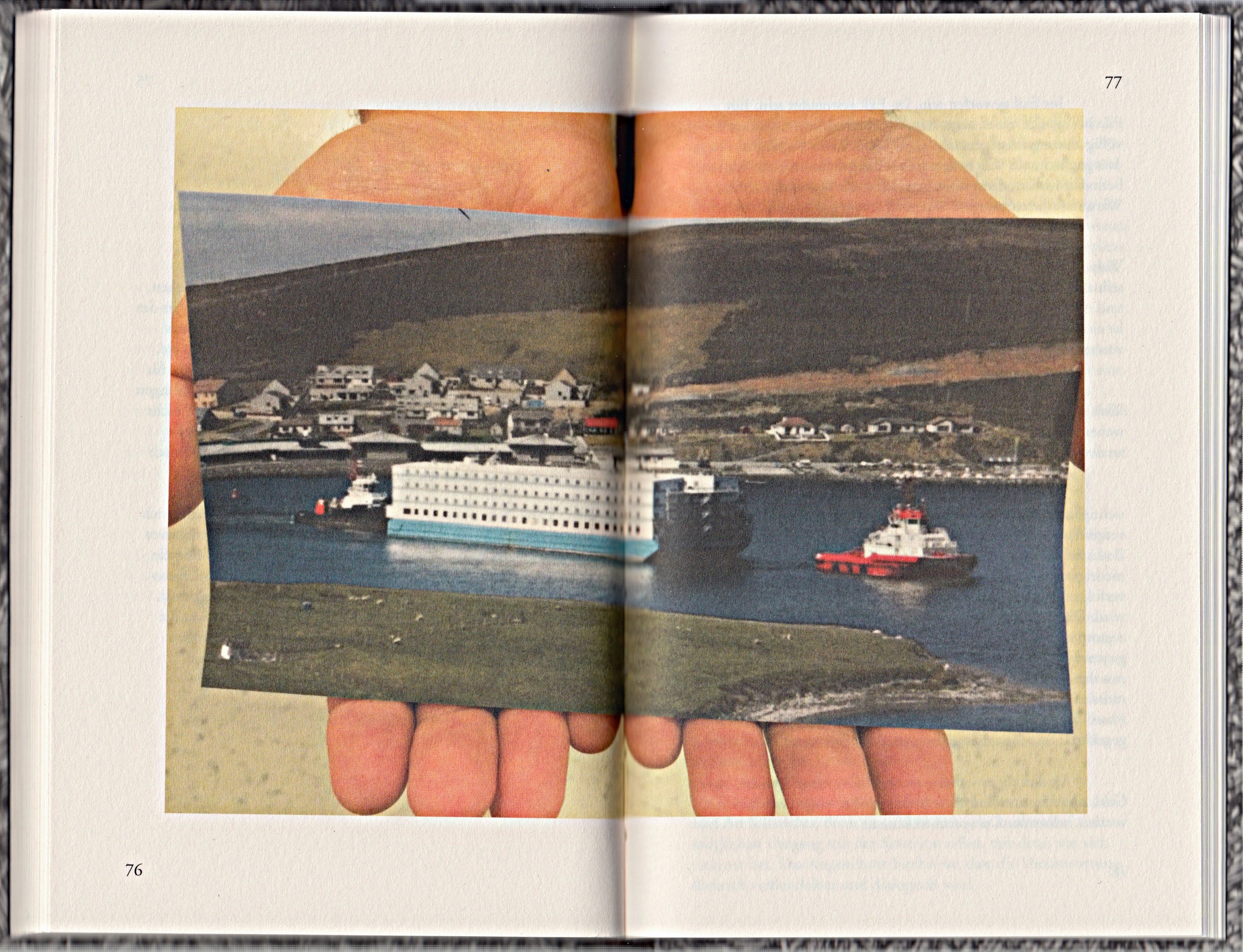


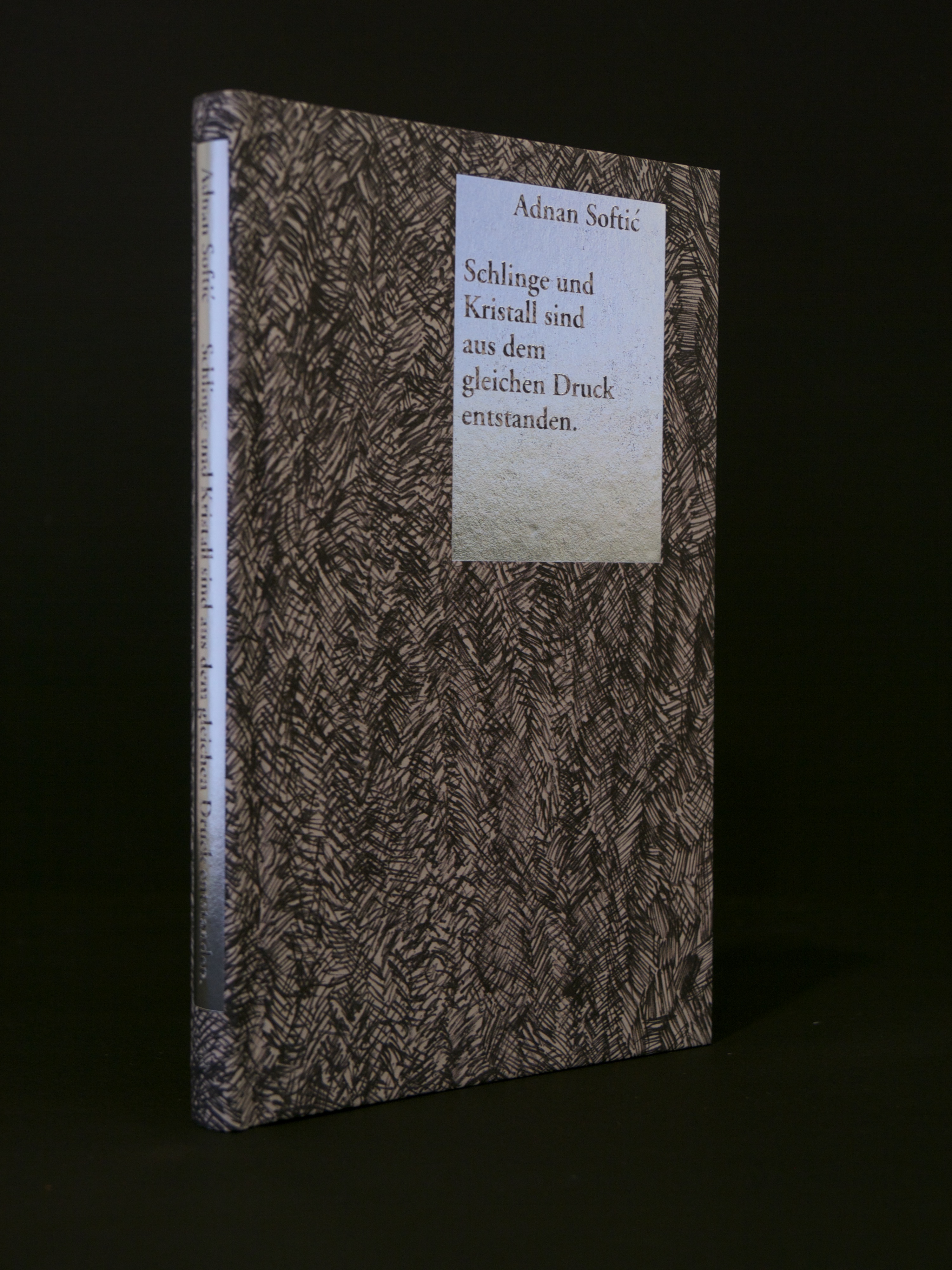
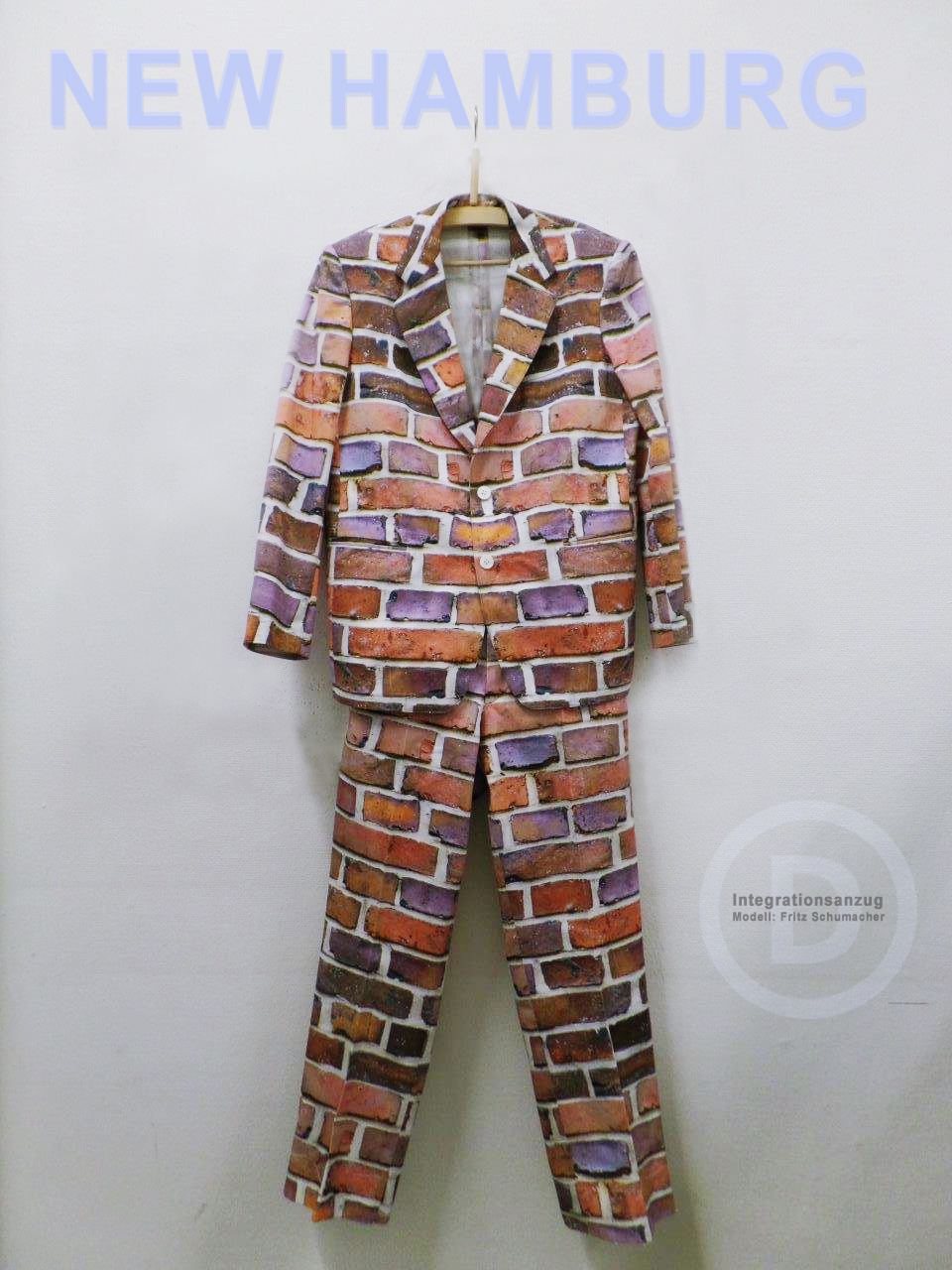
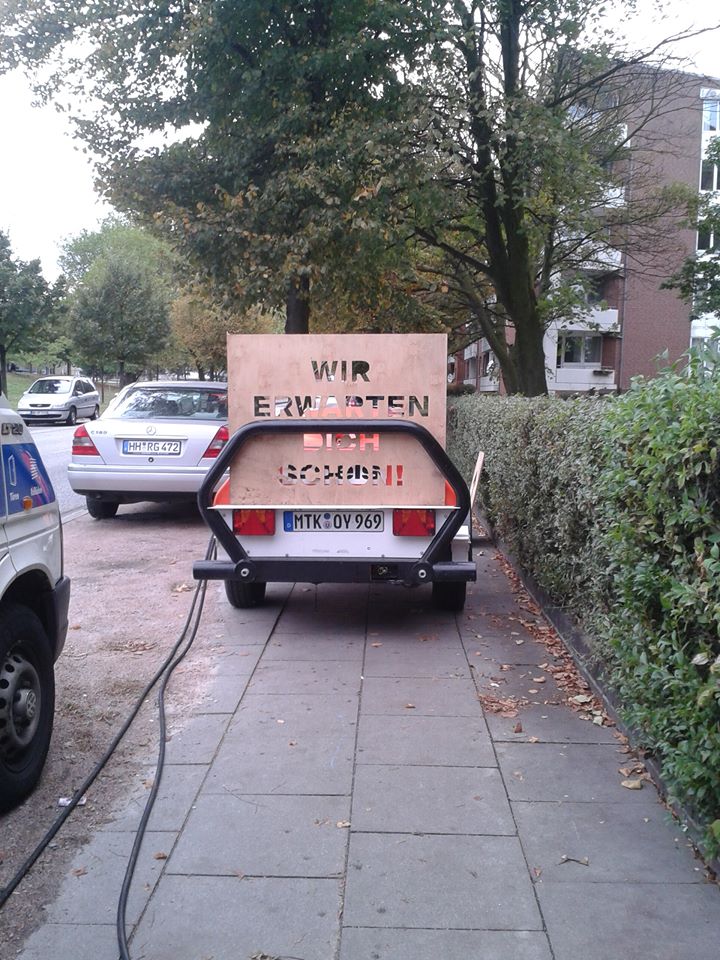
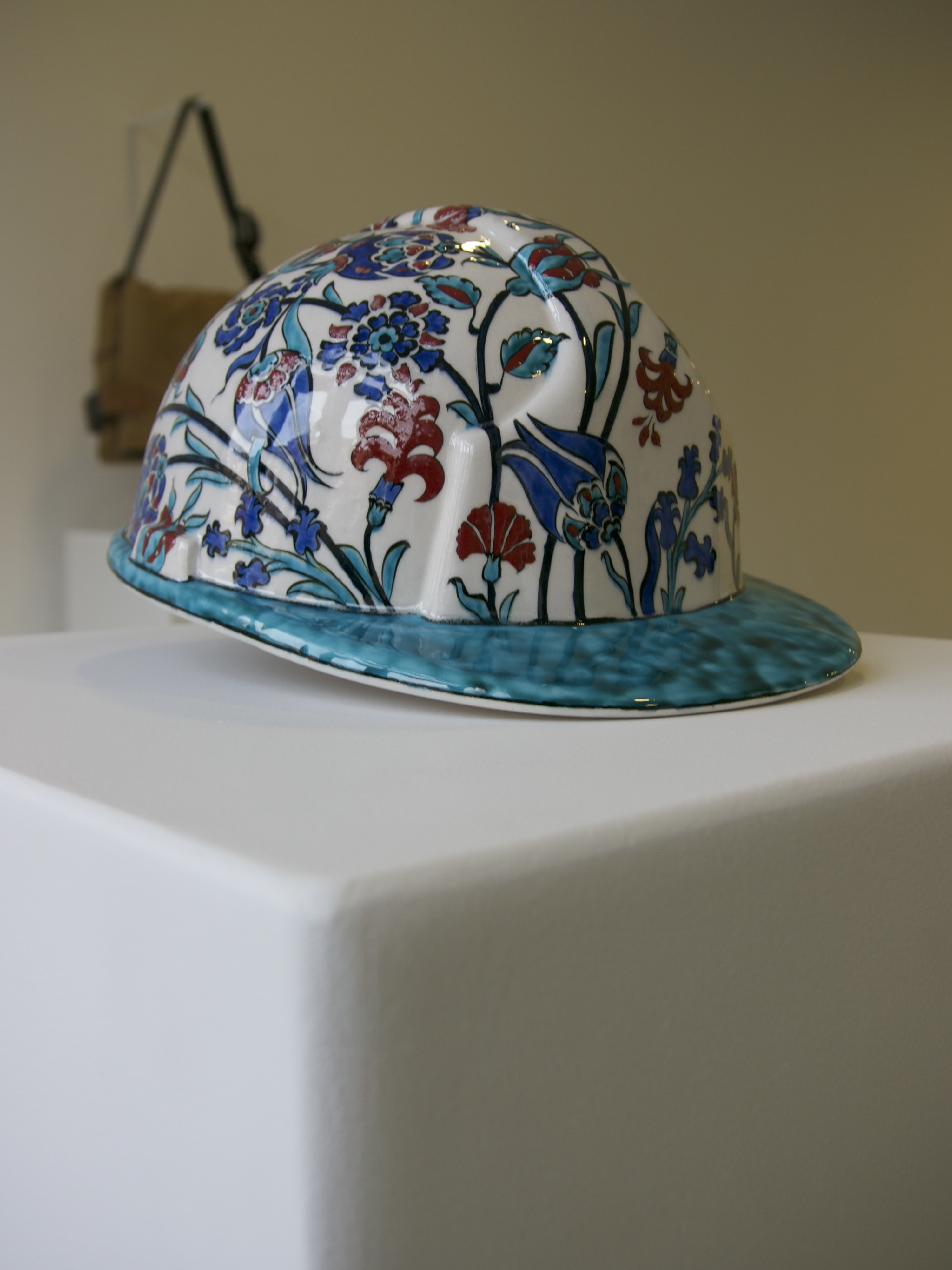
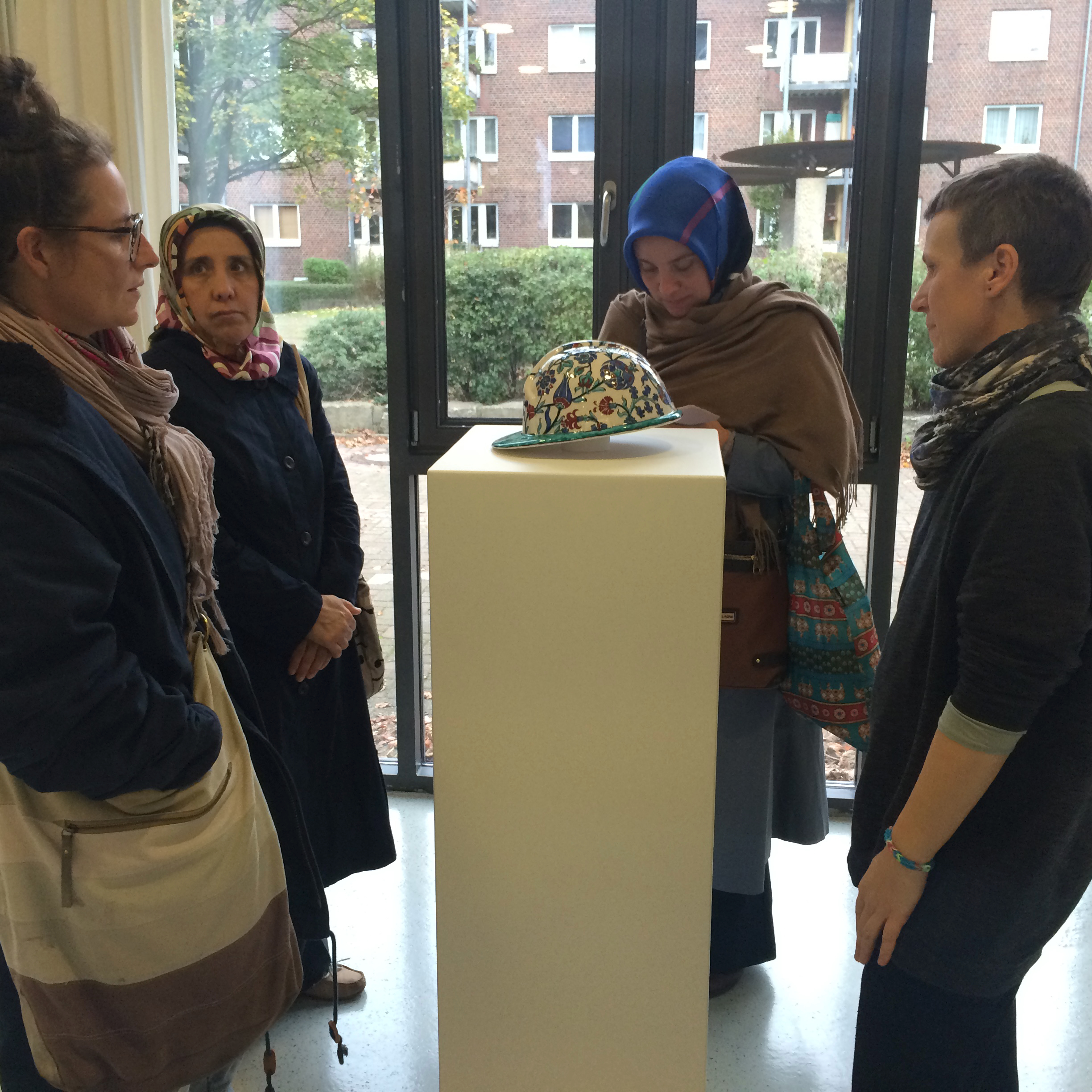
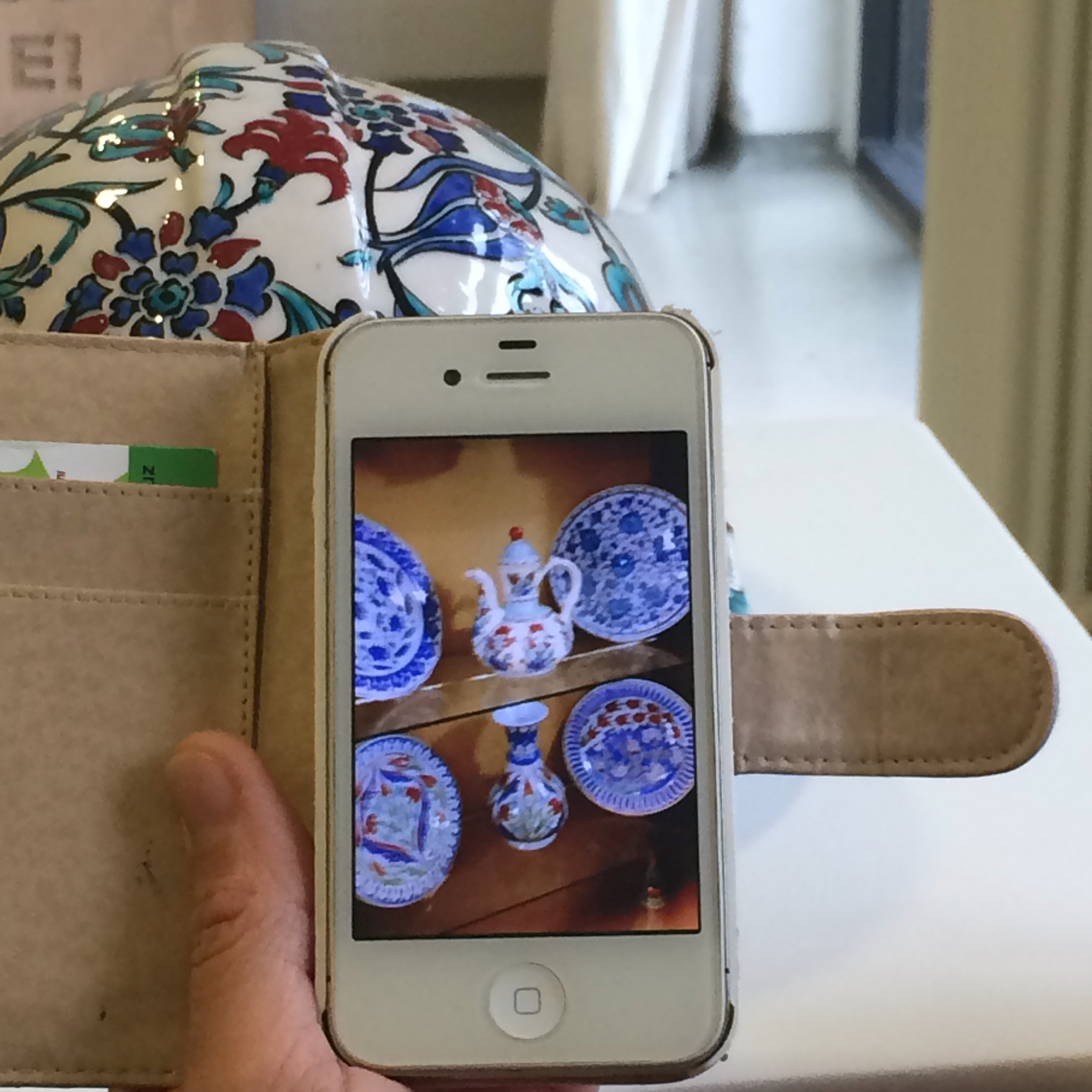
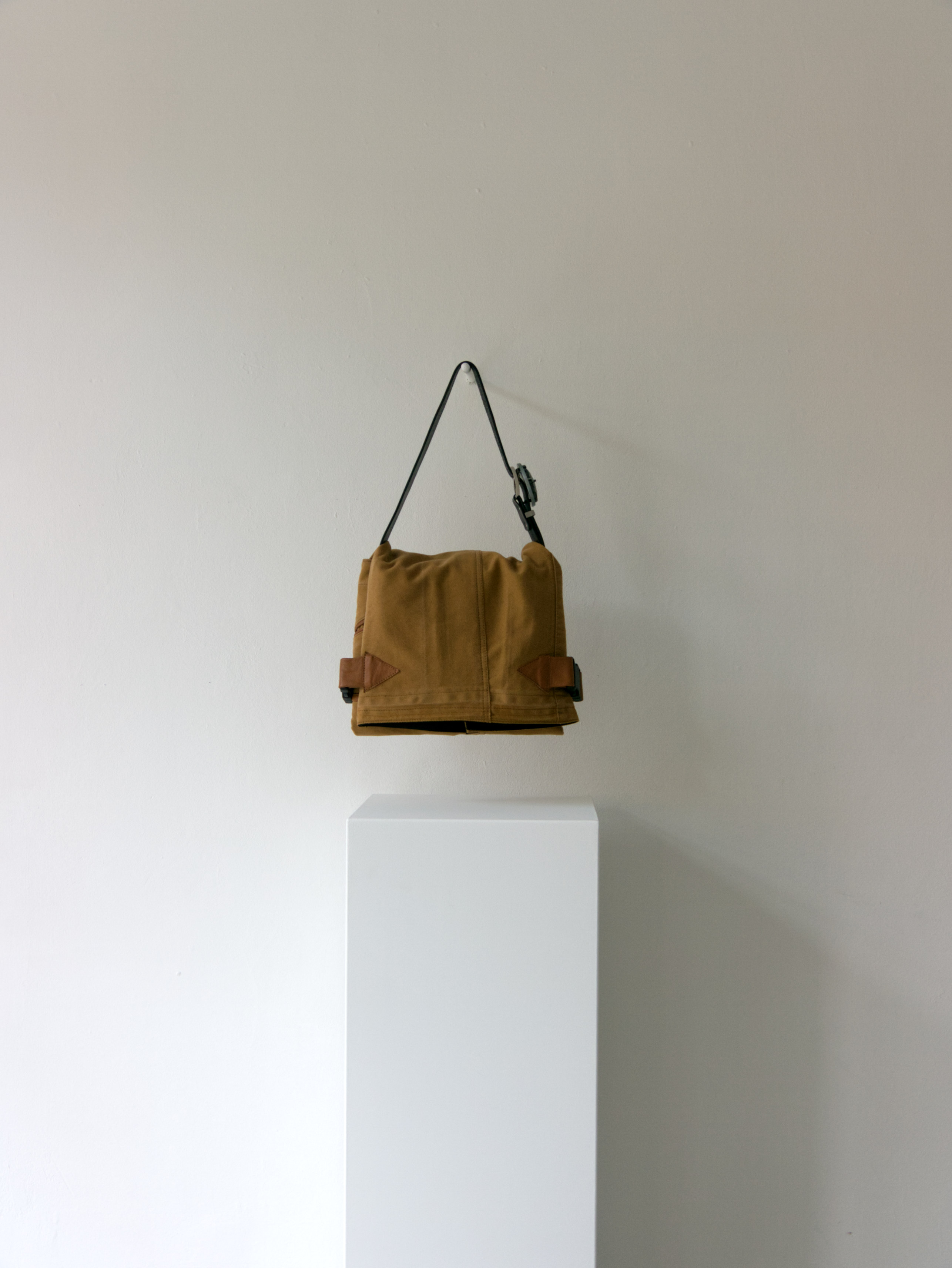
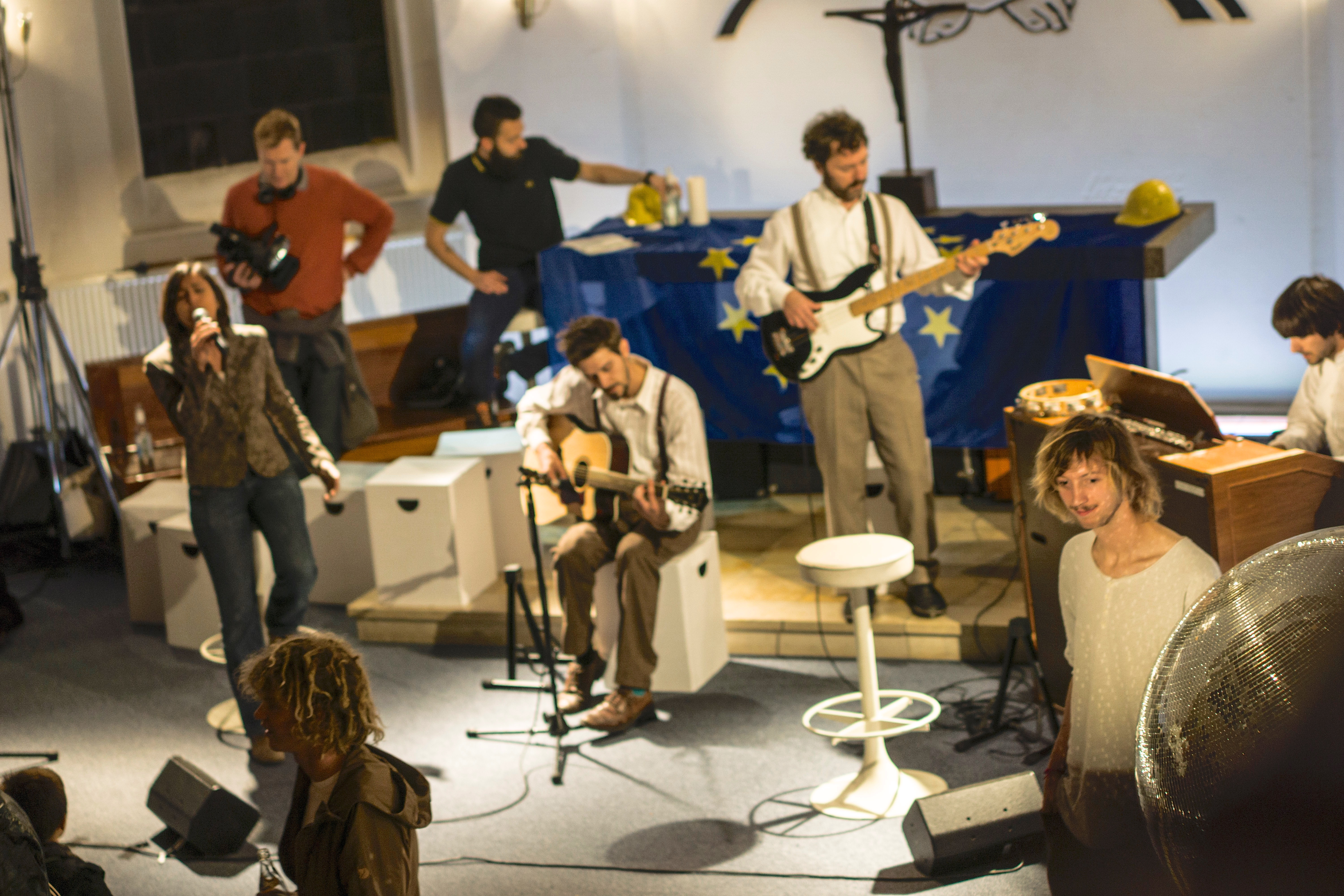


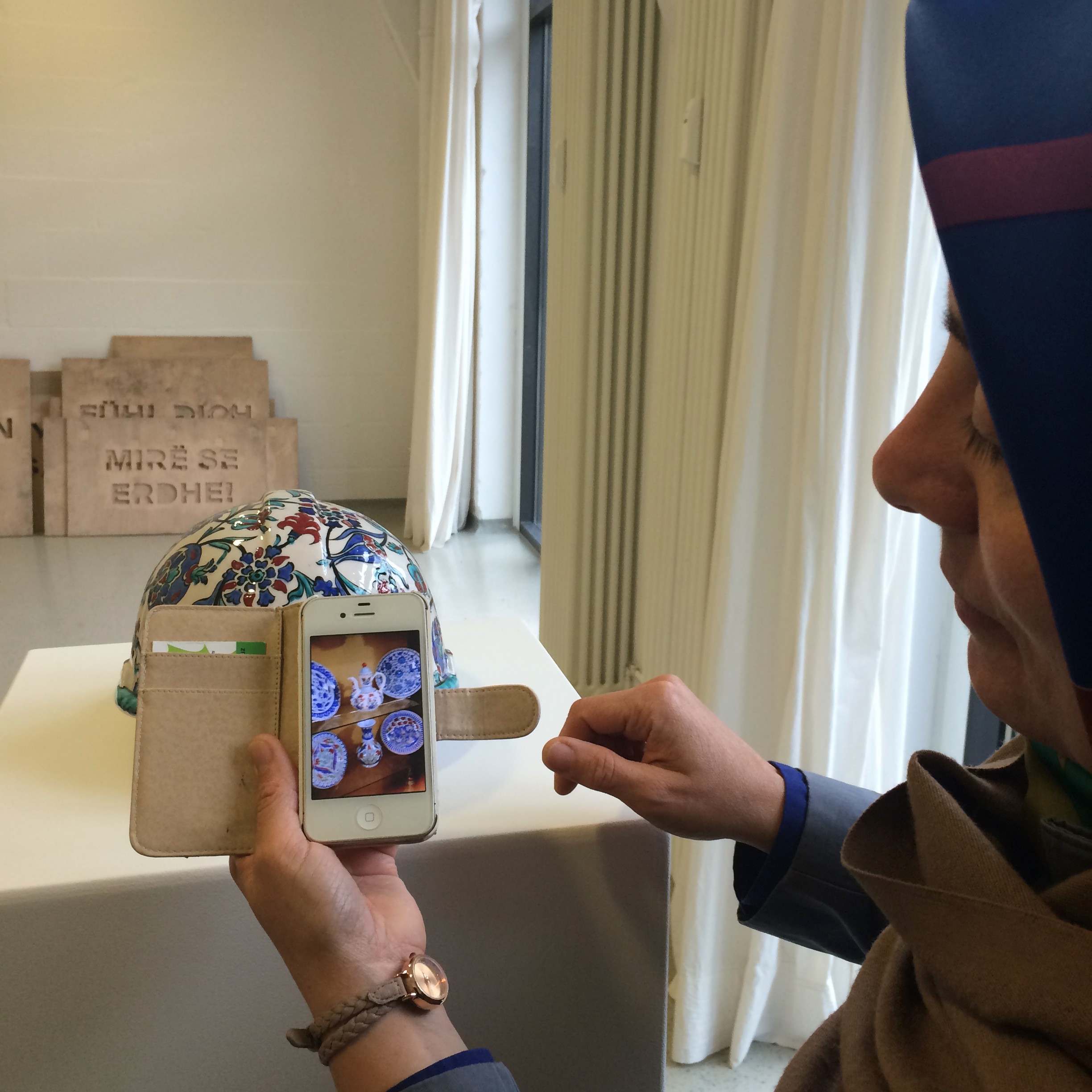


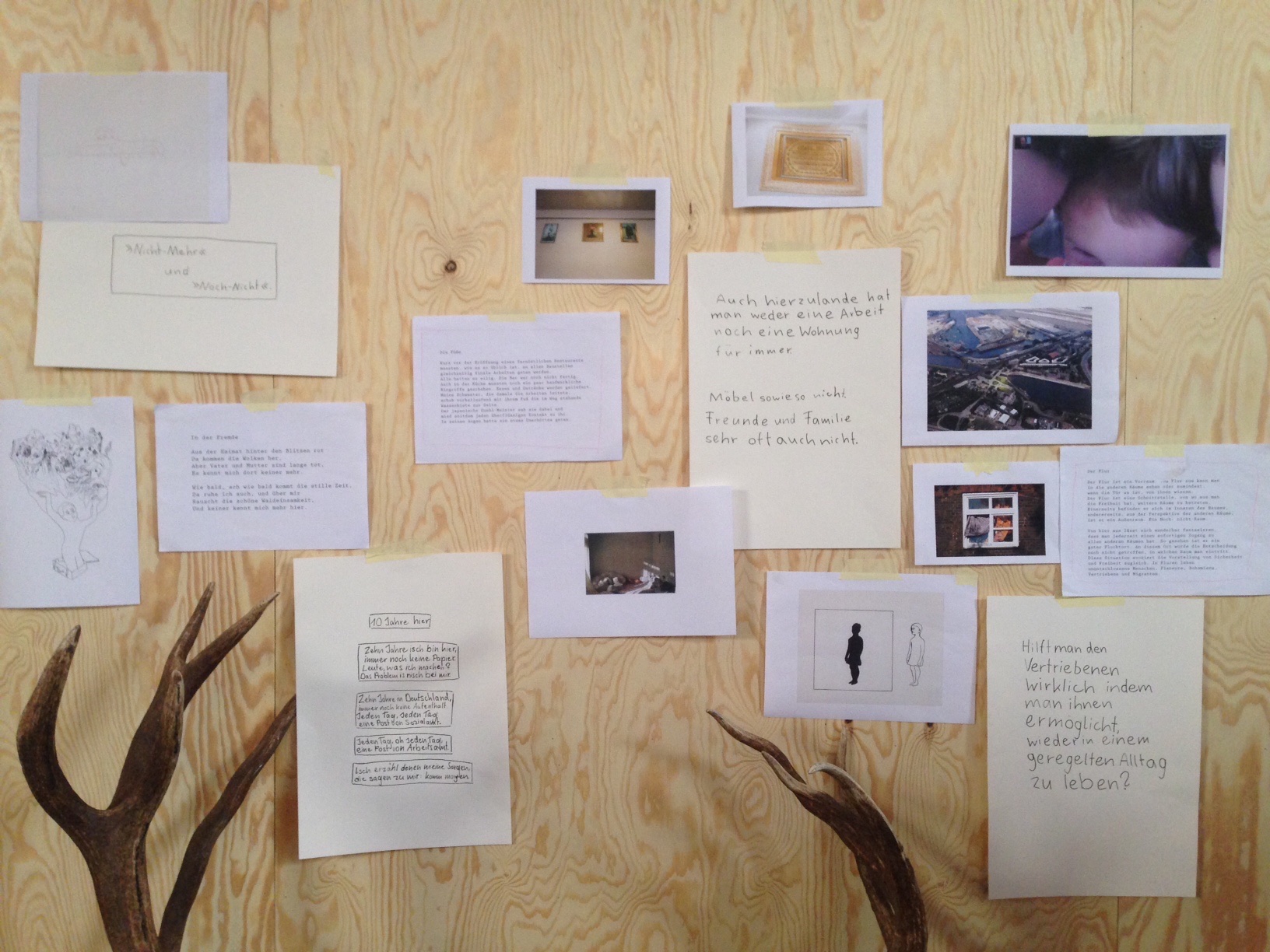


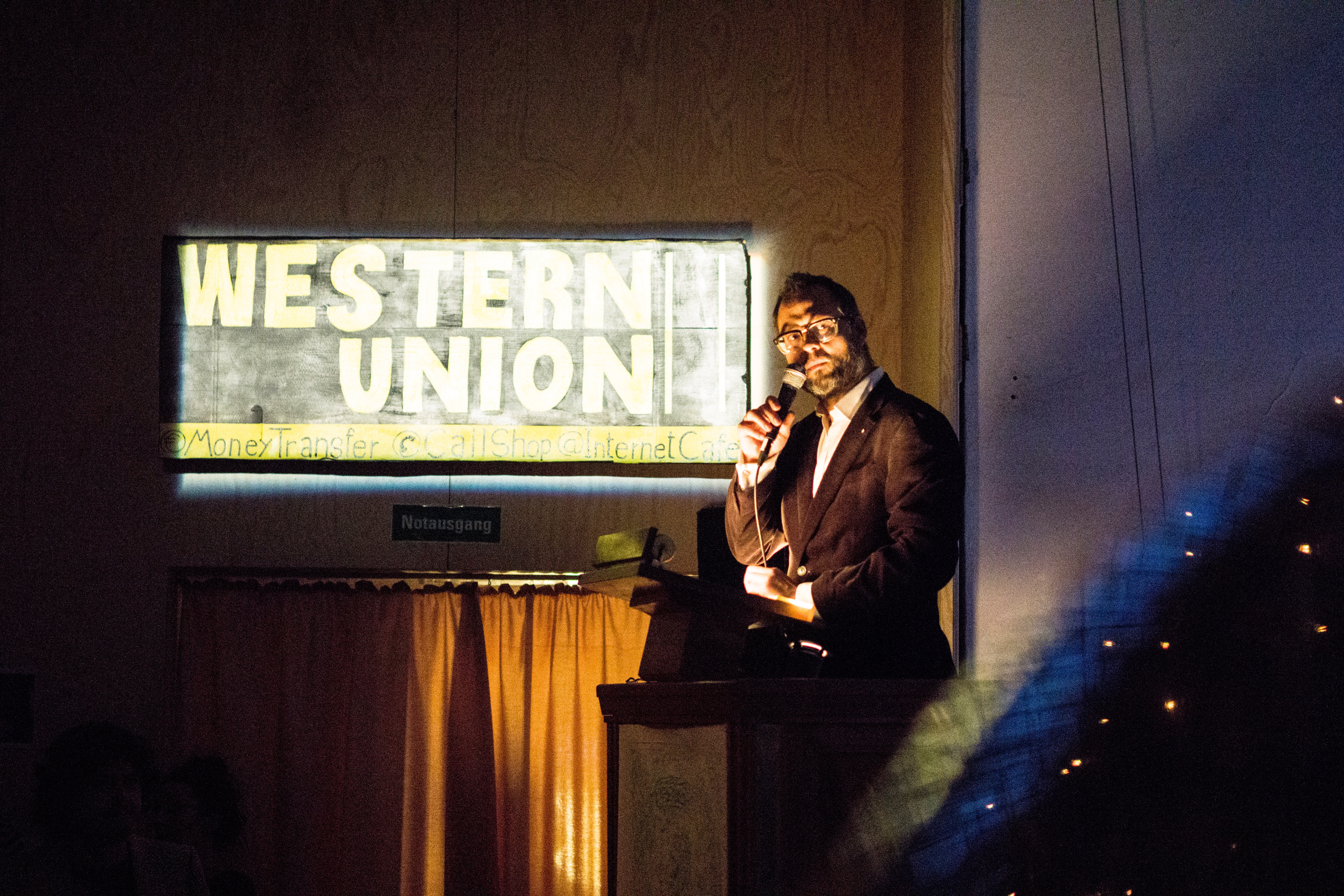
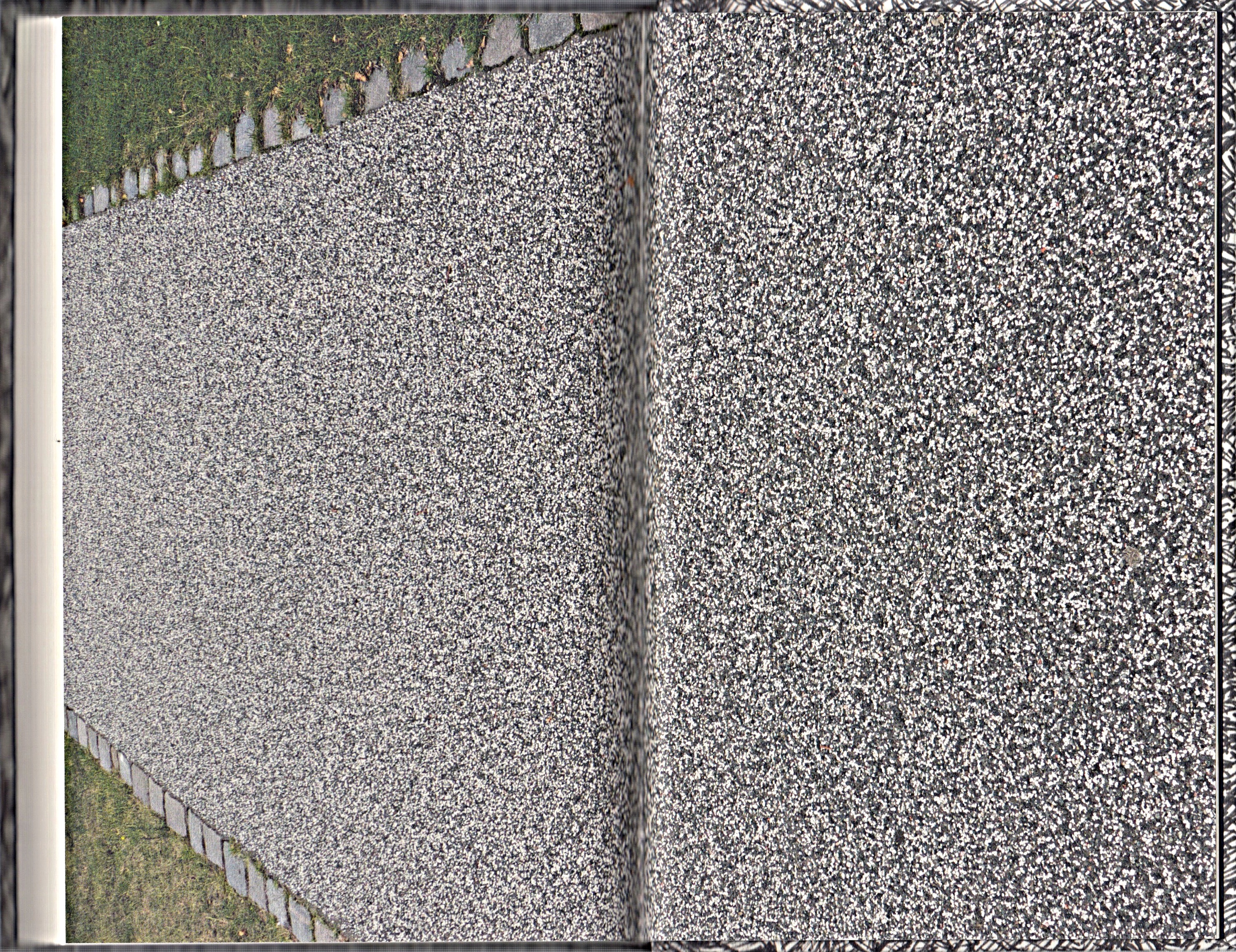
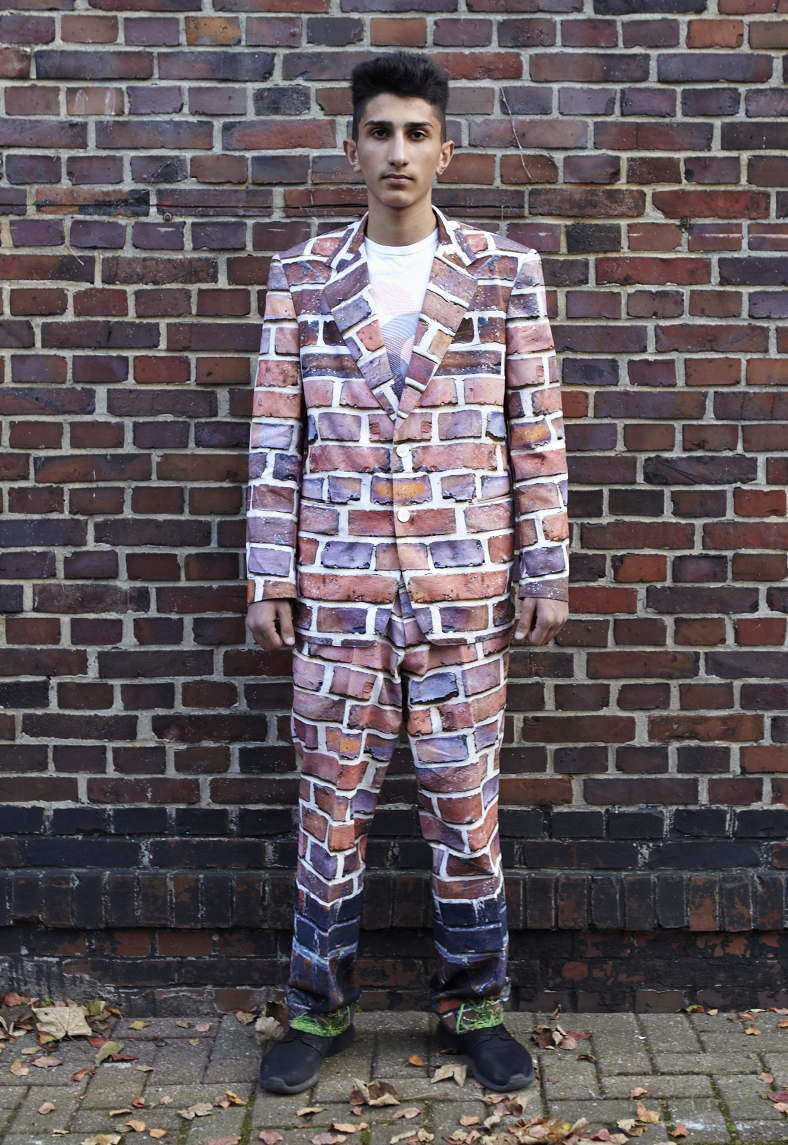

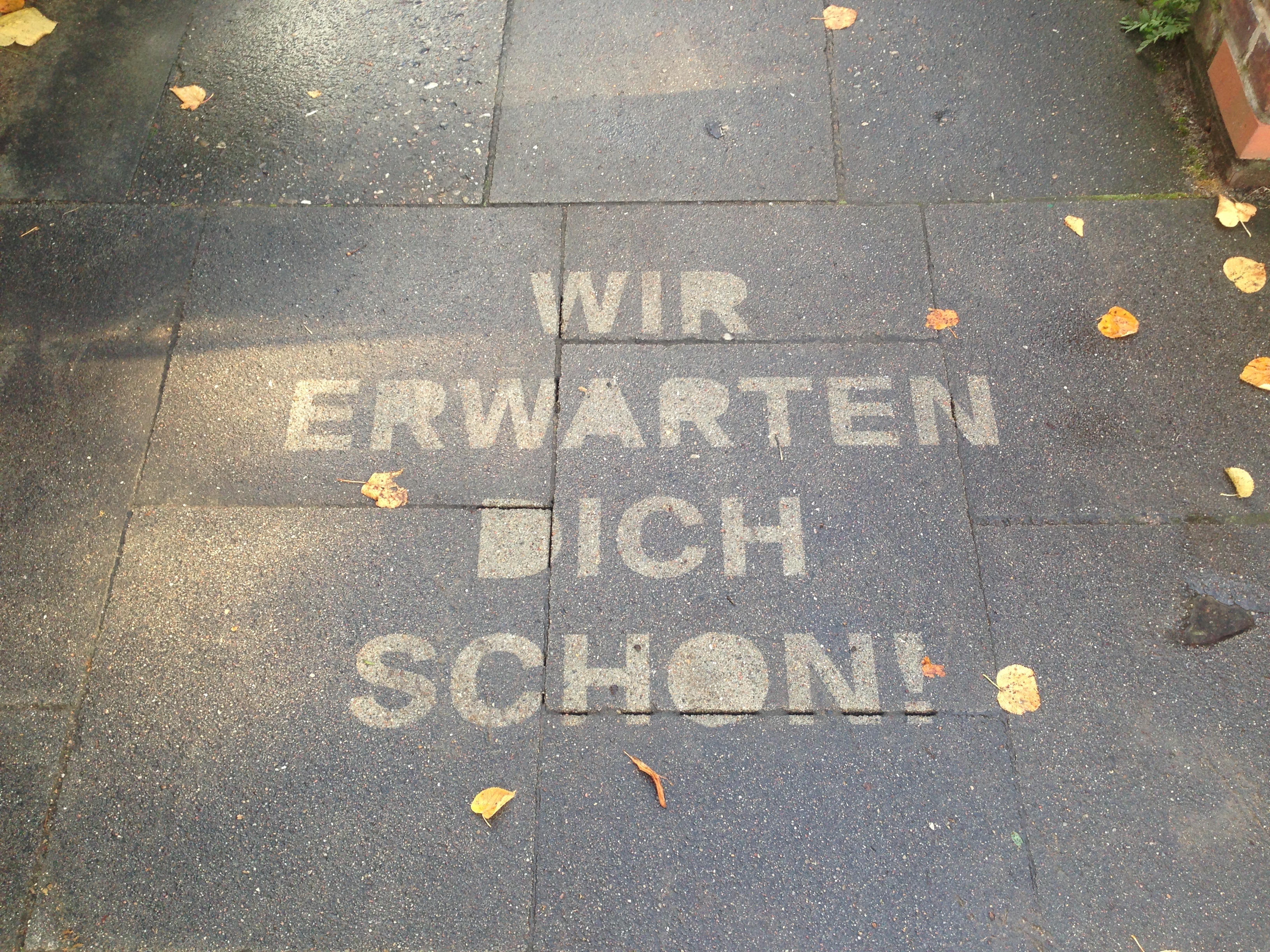

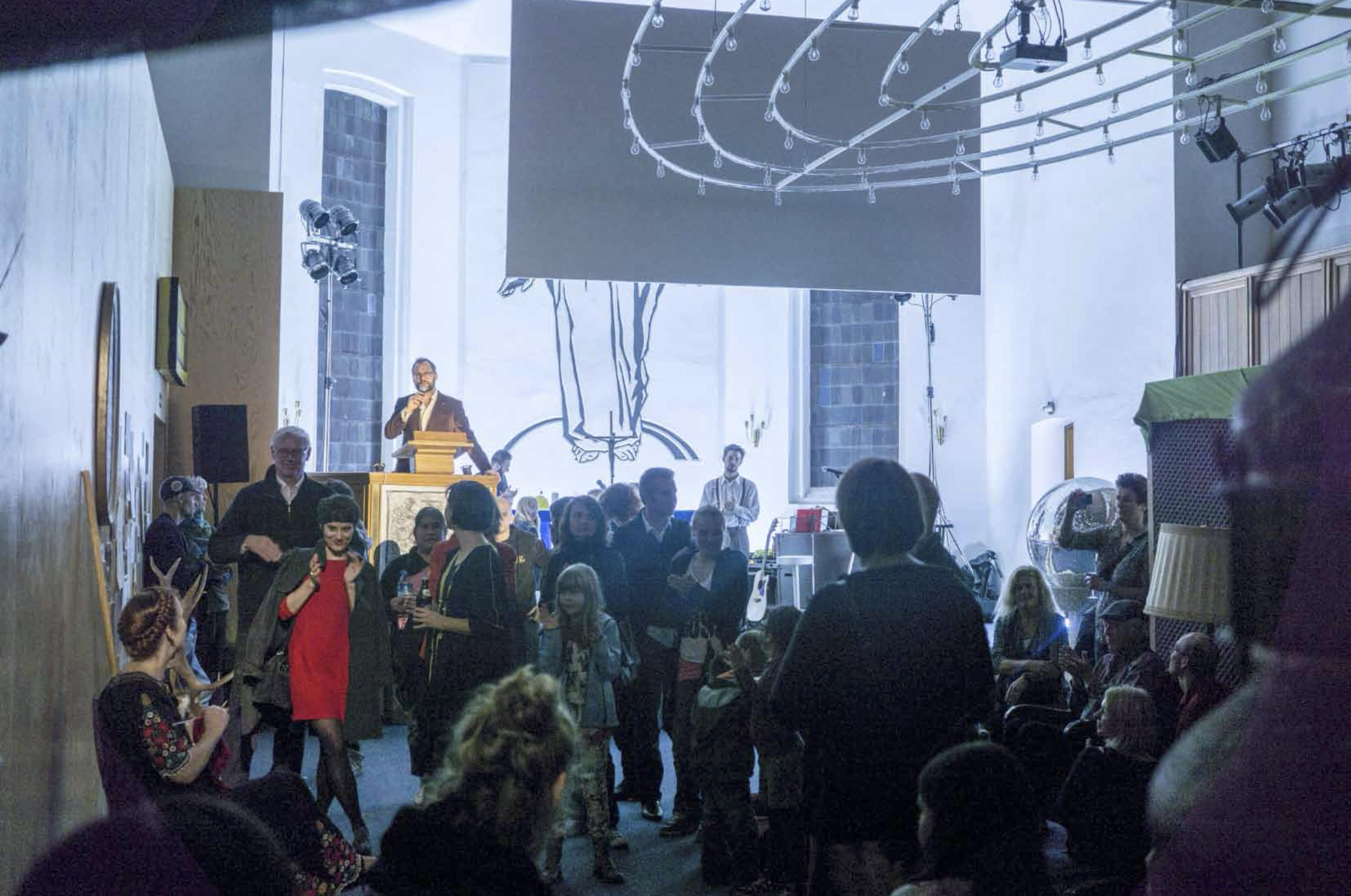
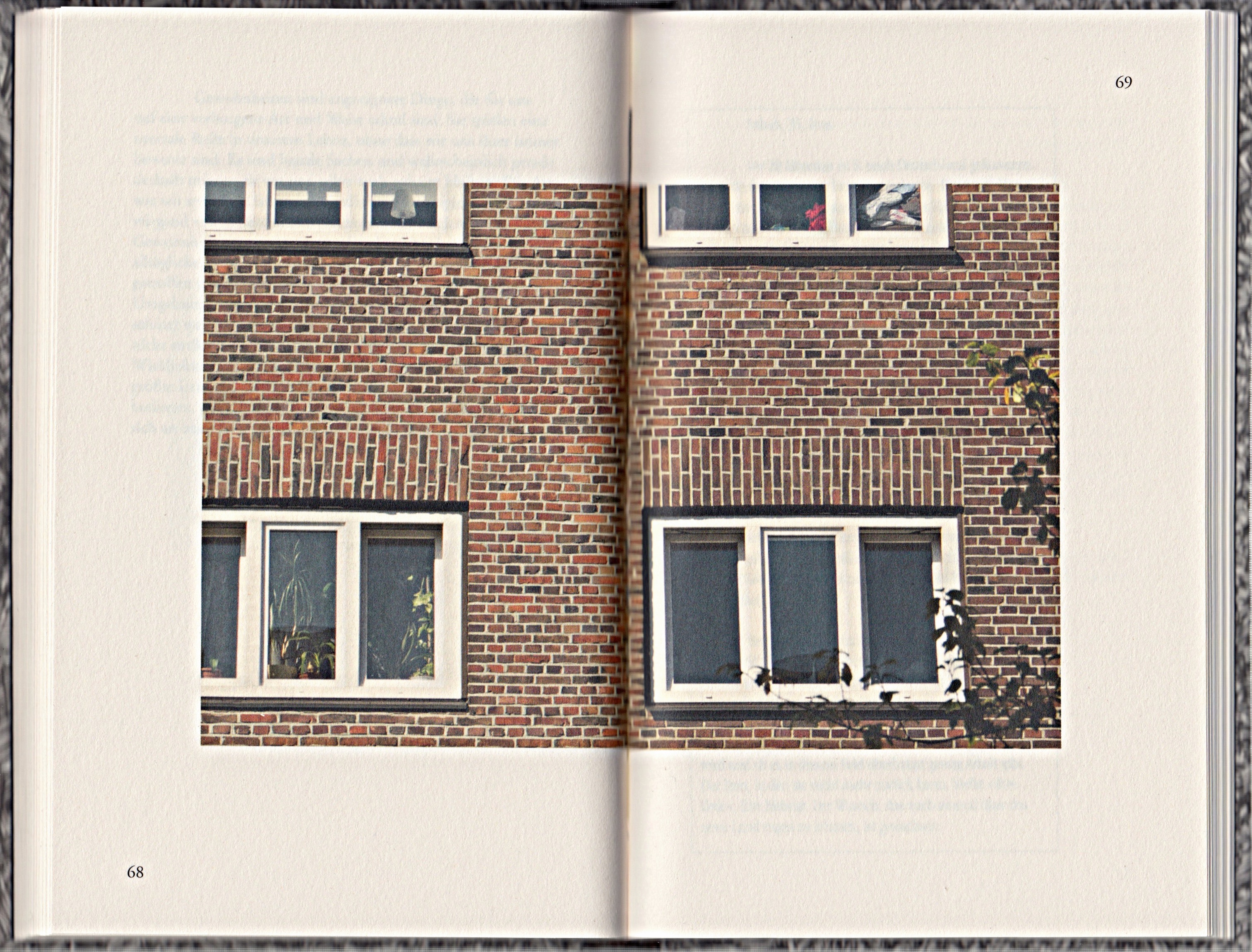
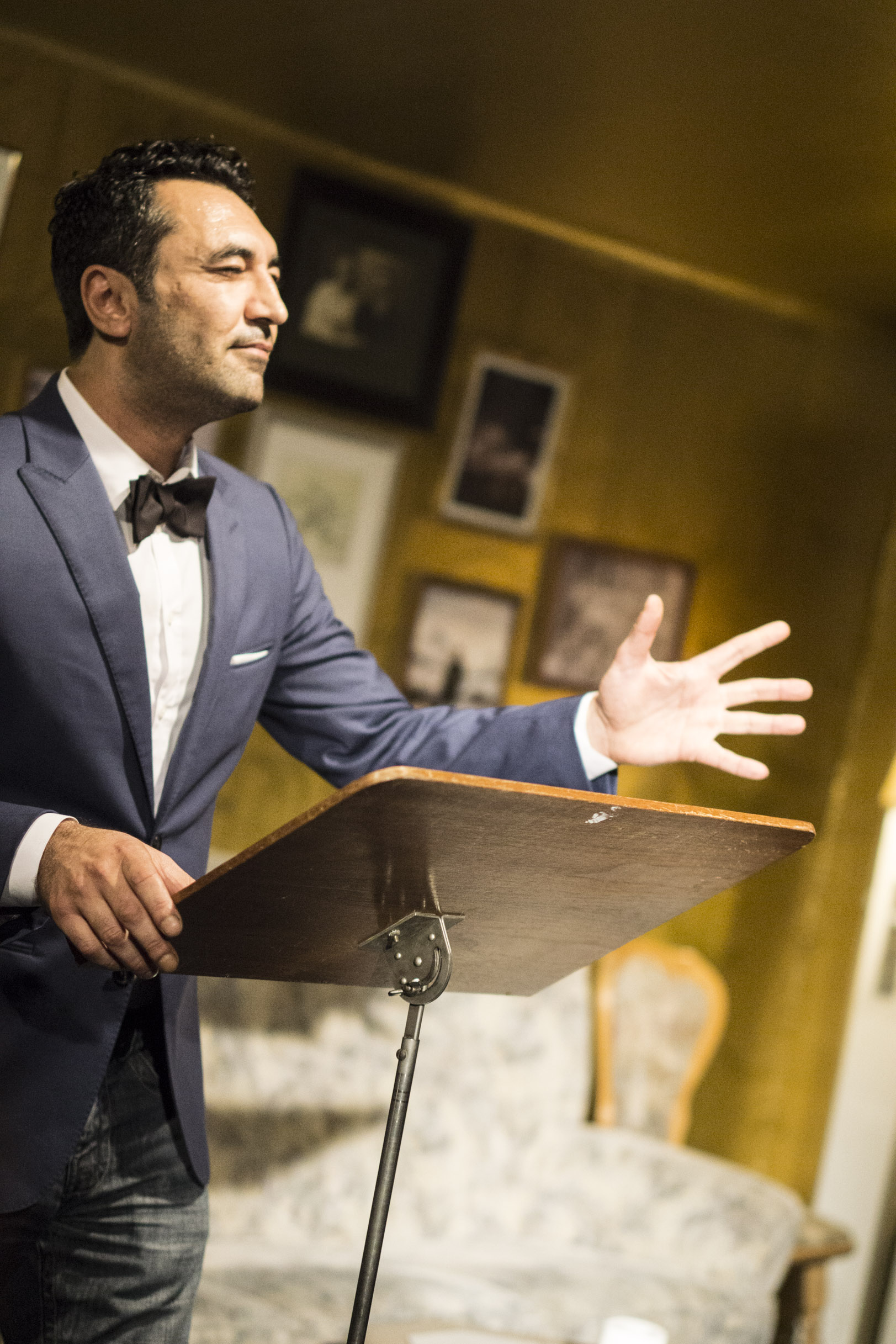

no thing
︎ LUK - ONION - ZWIEBEL
Film
︎ NOTHING, REVEAL YOURSELF!
Installation
︎ TURBO(V)FOLK
Installation
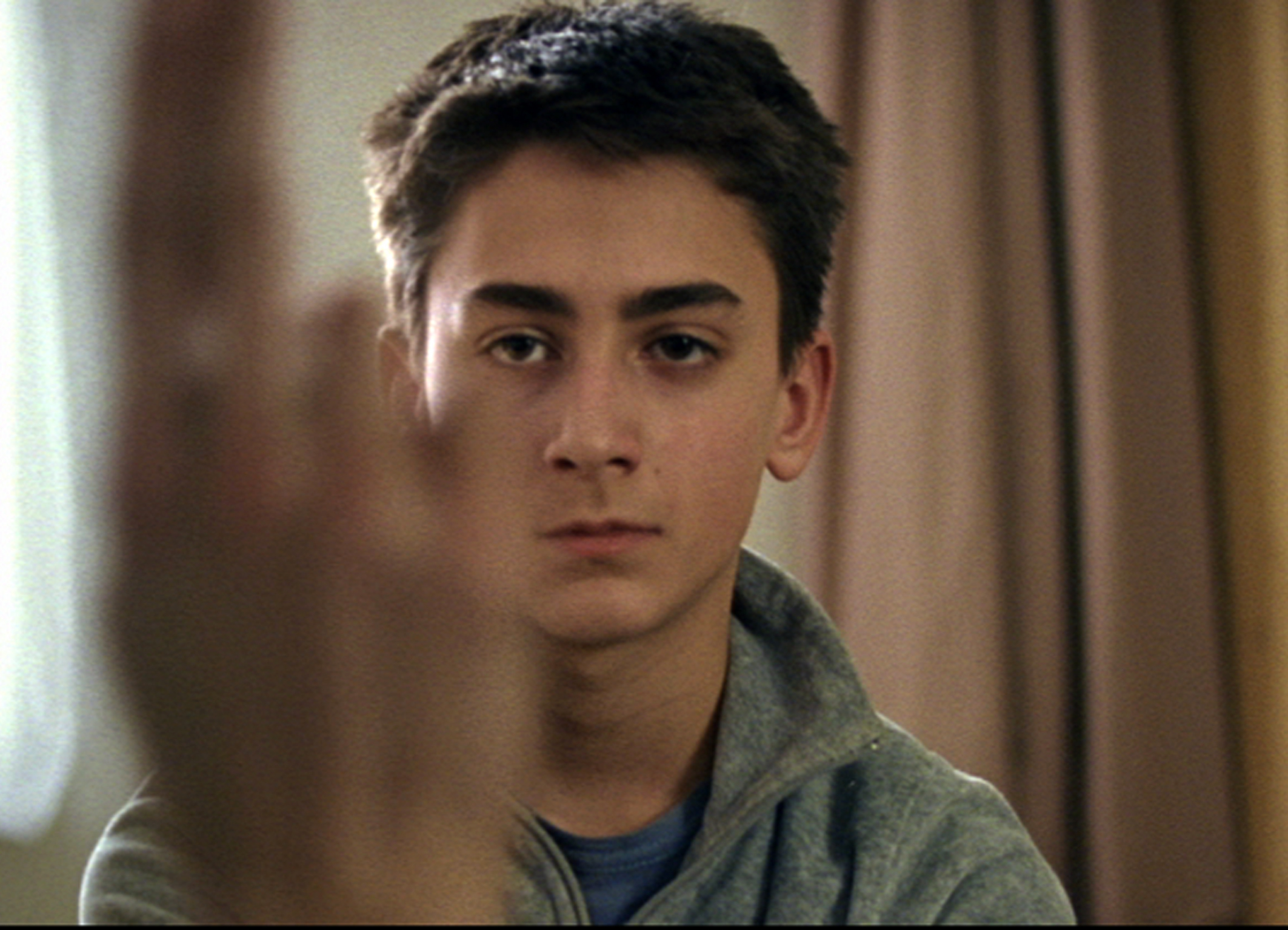
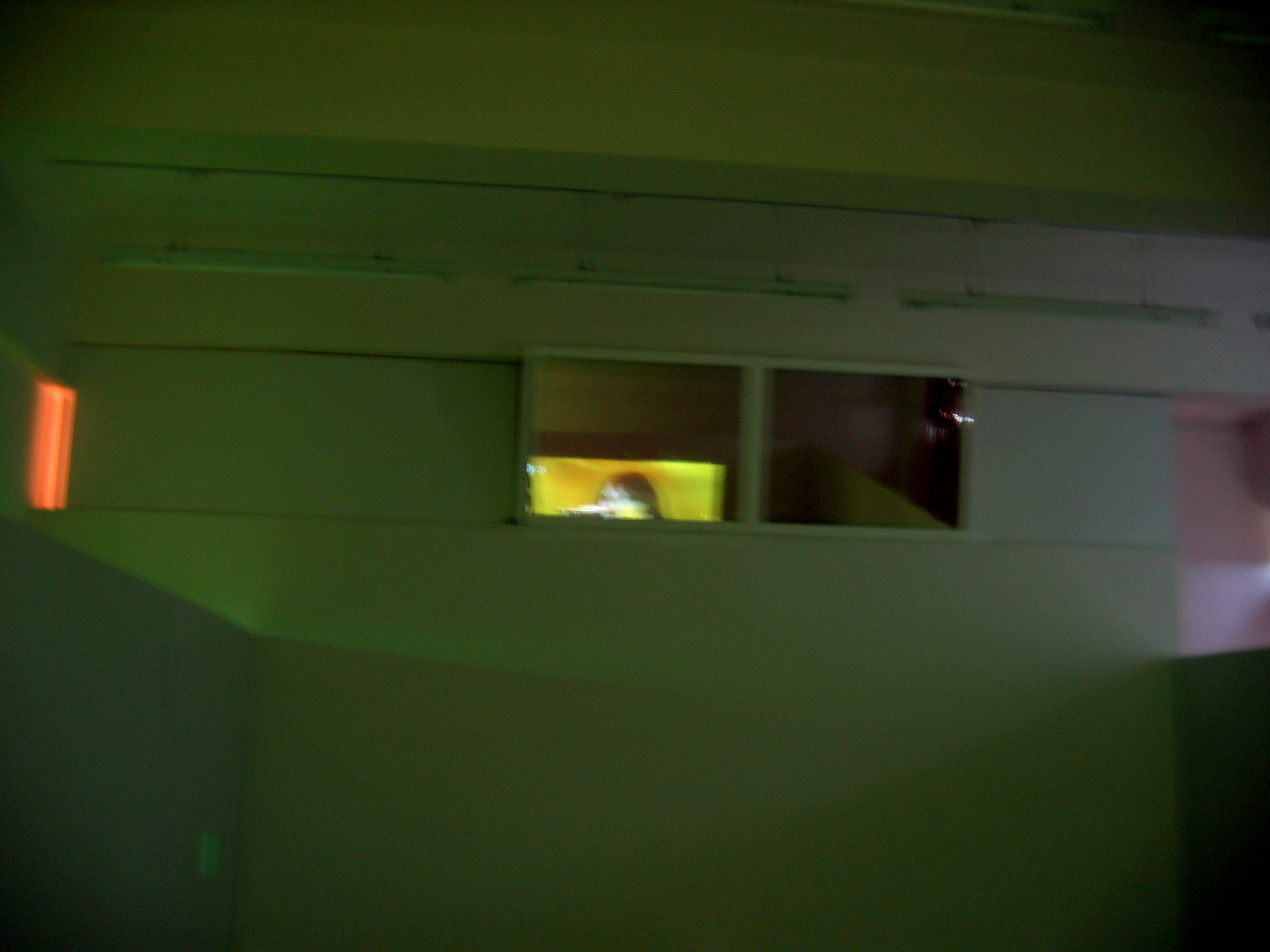
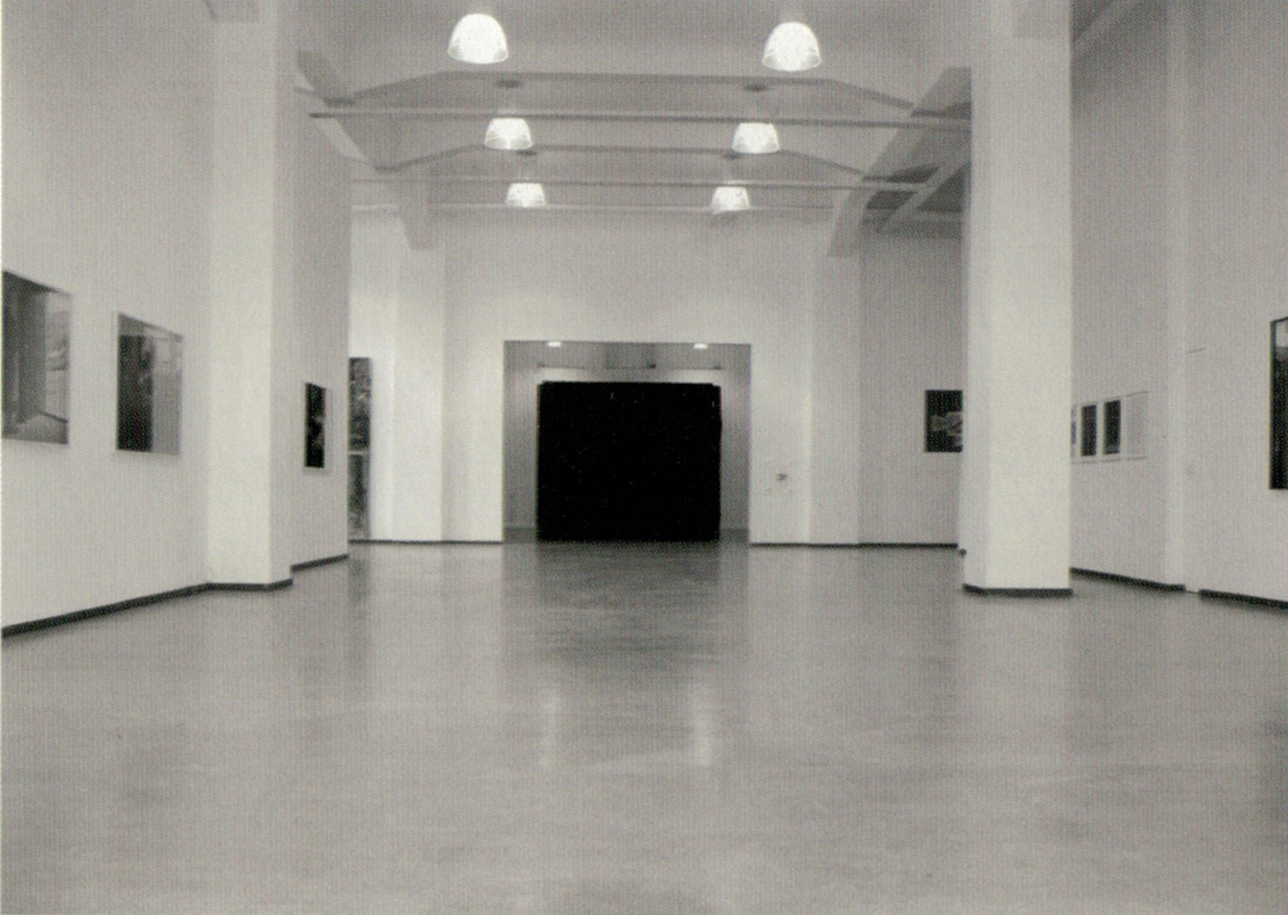
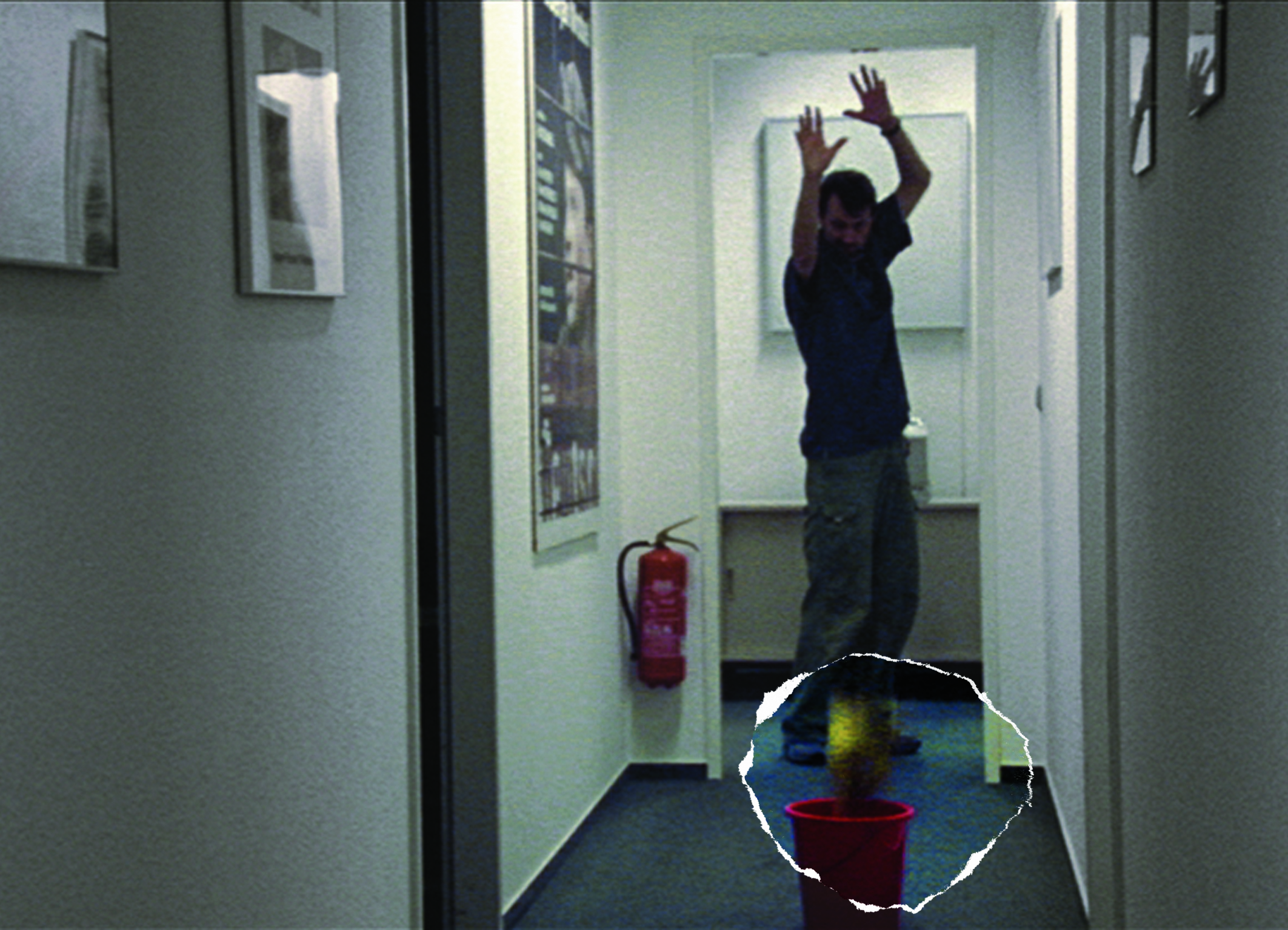

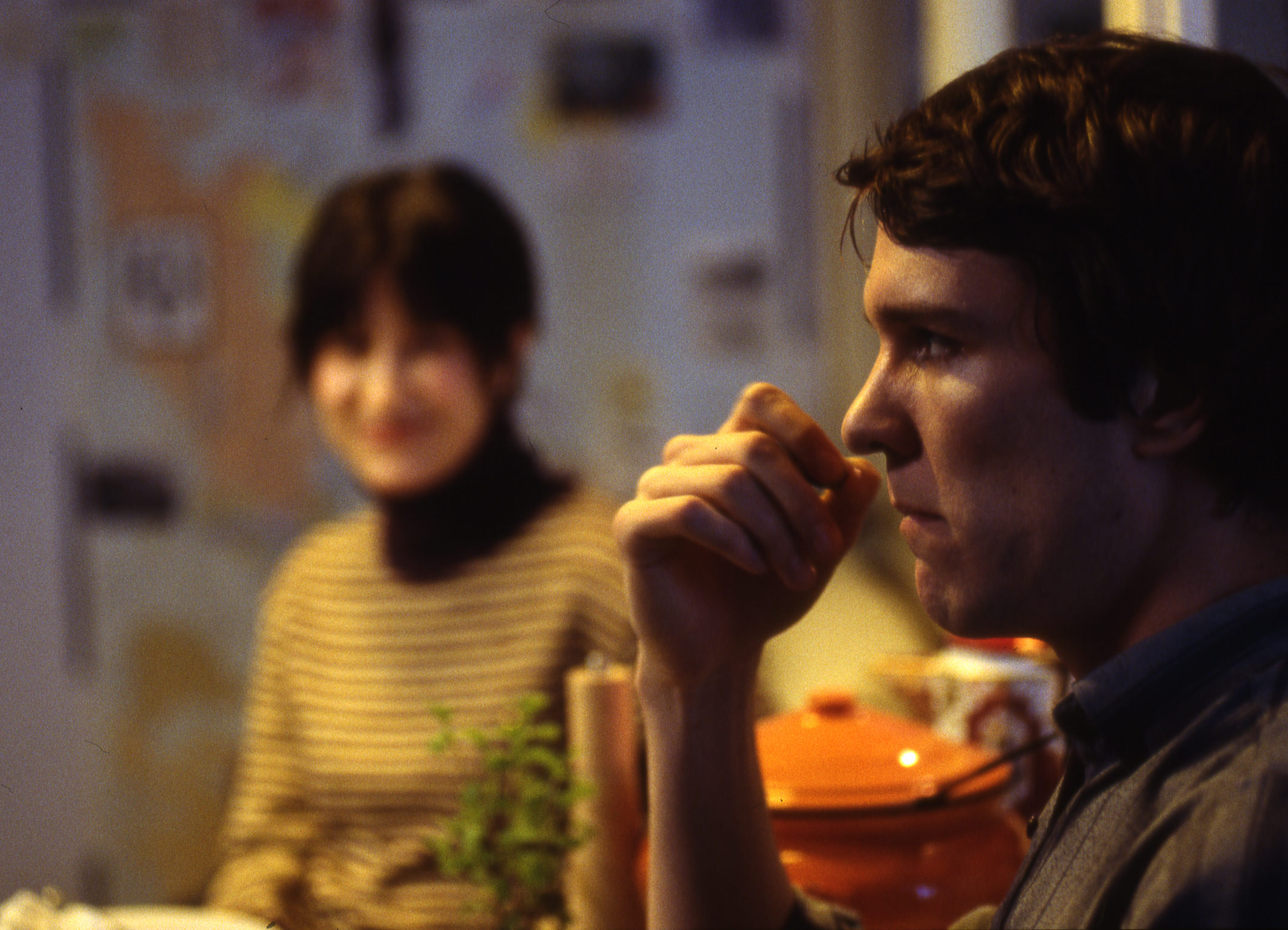

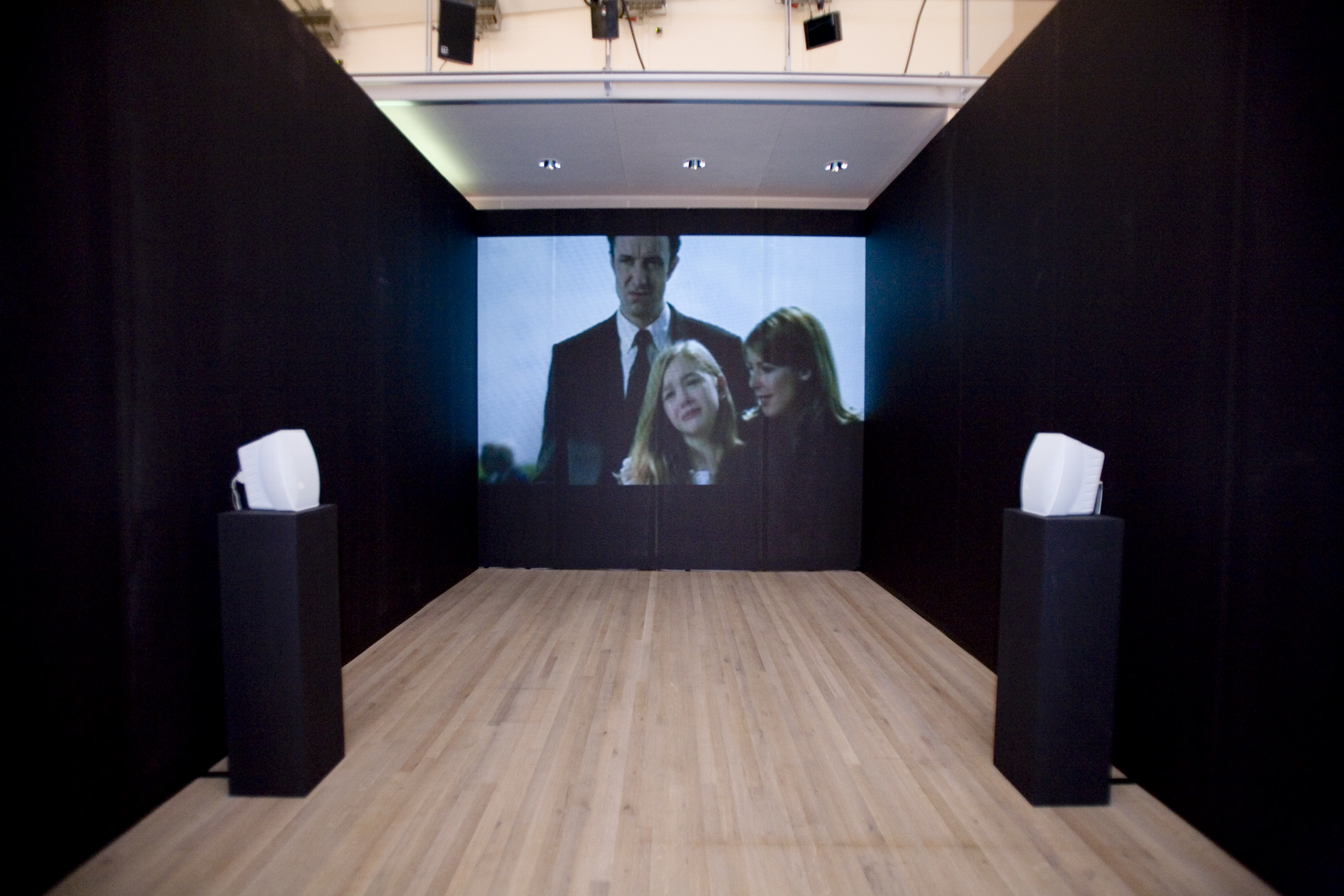
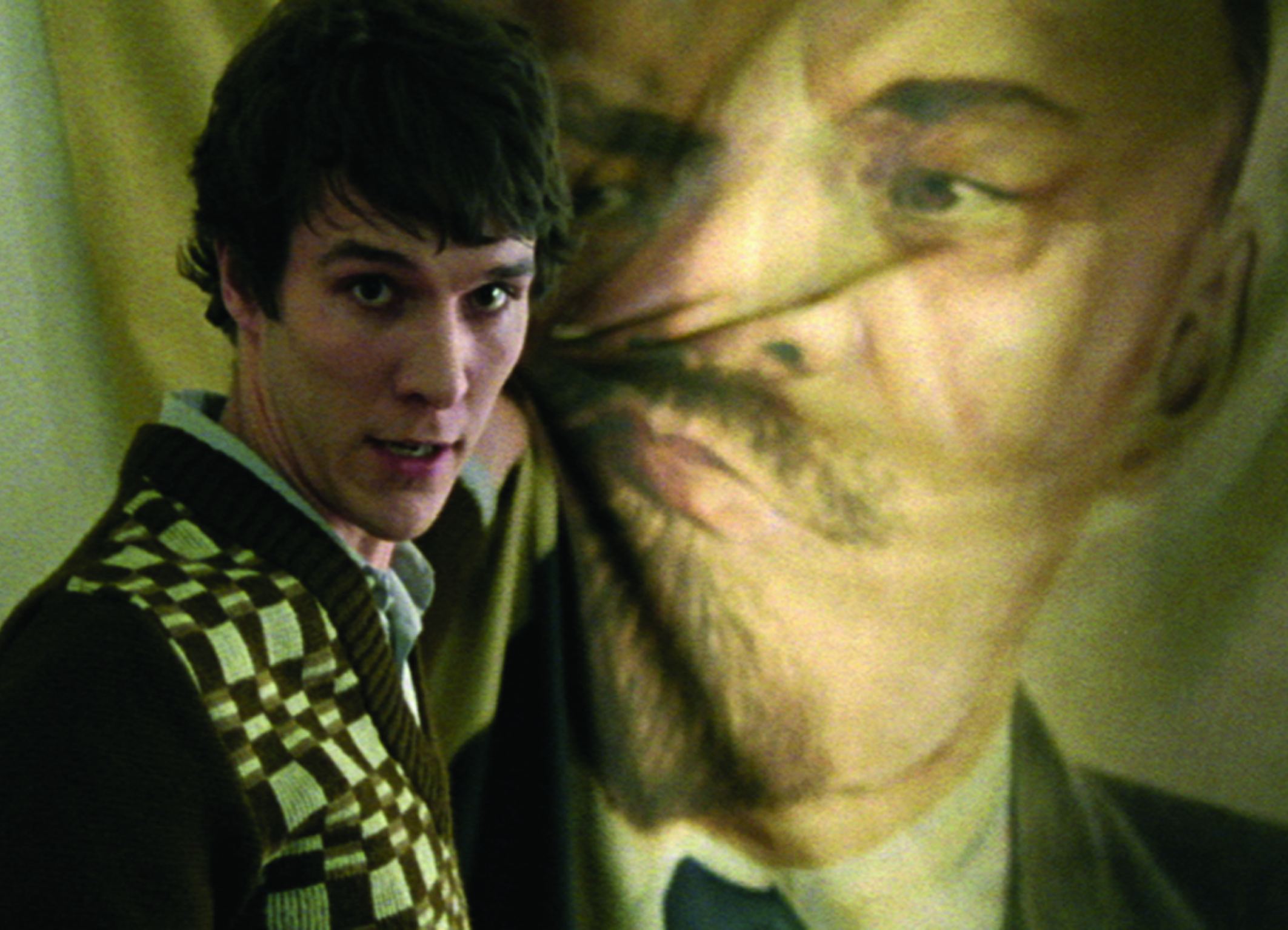

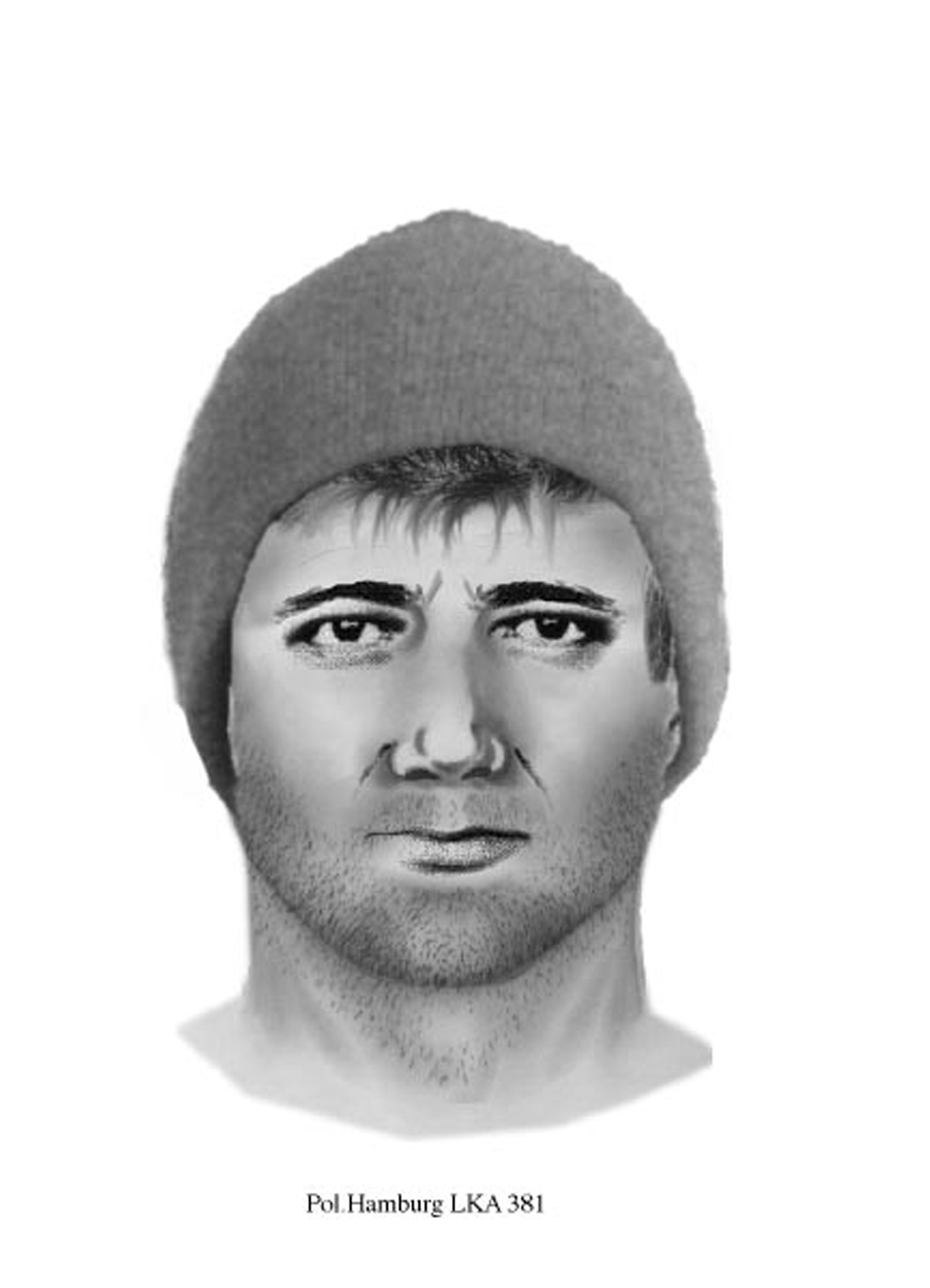
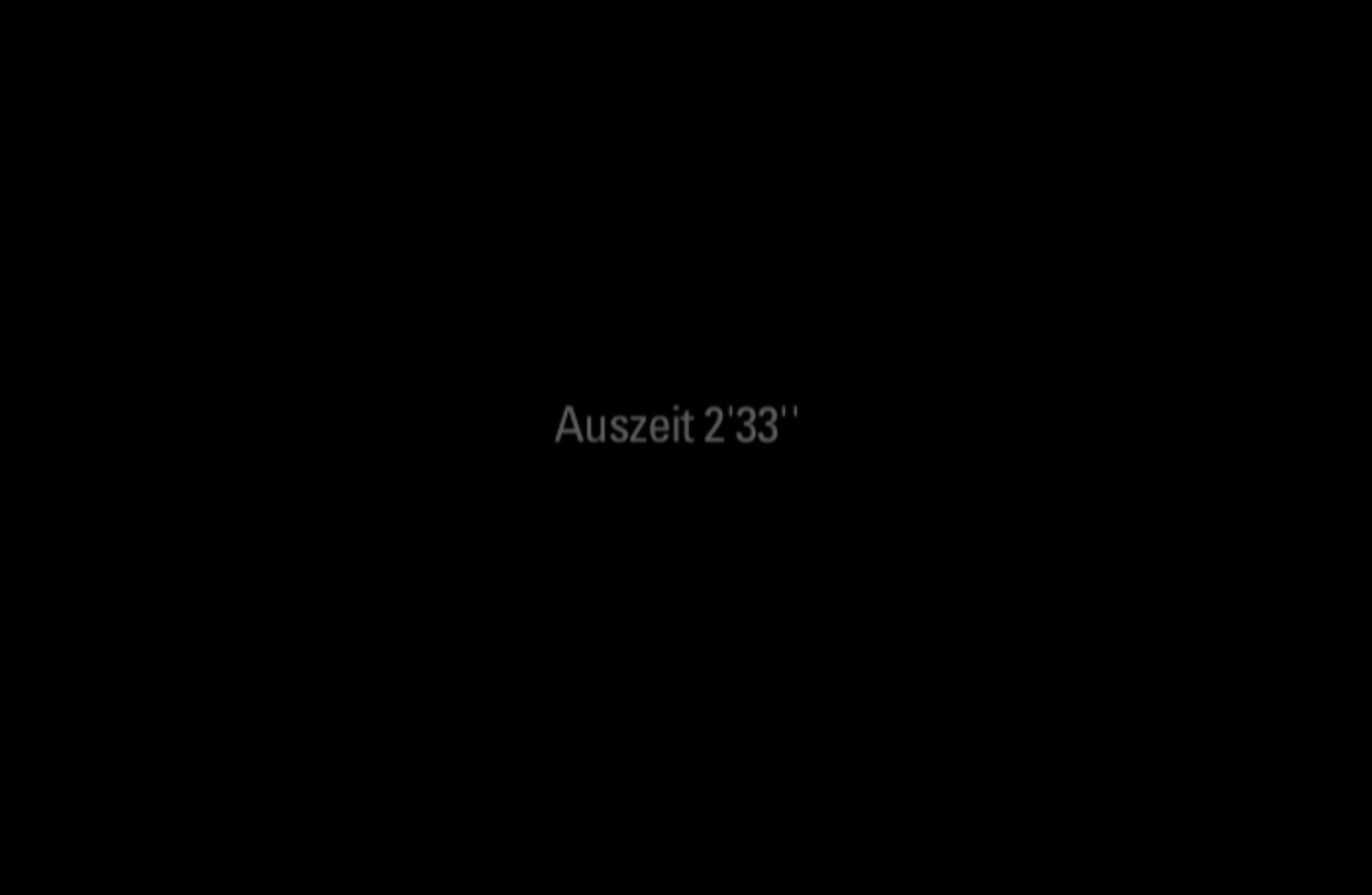
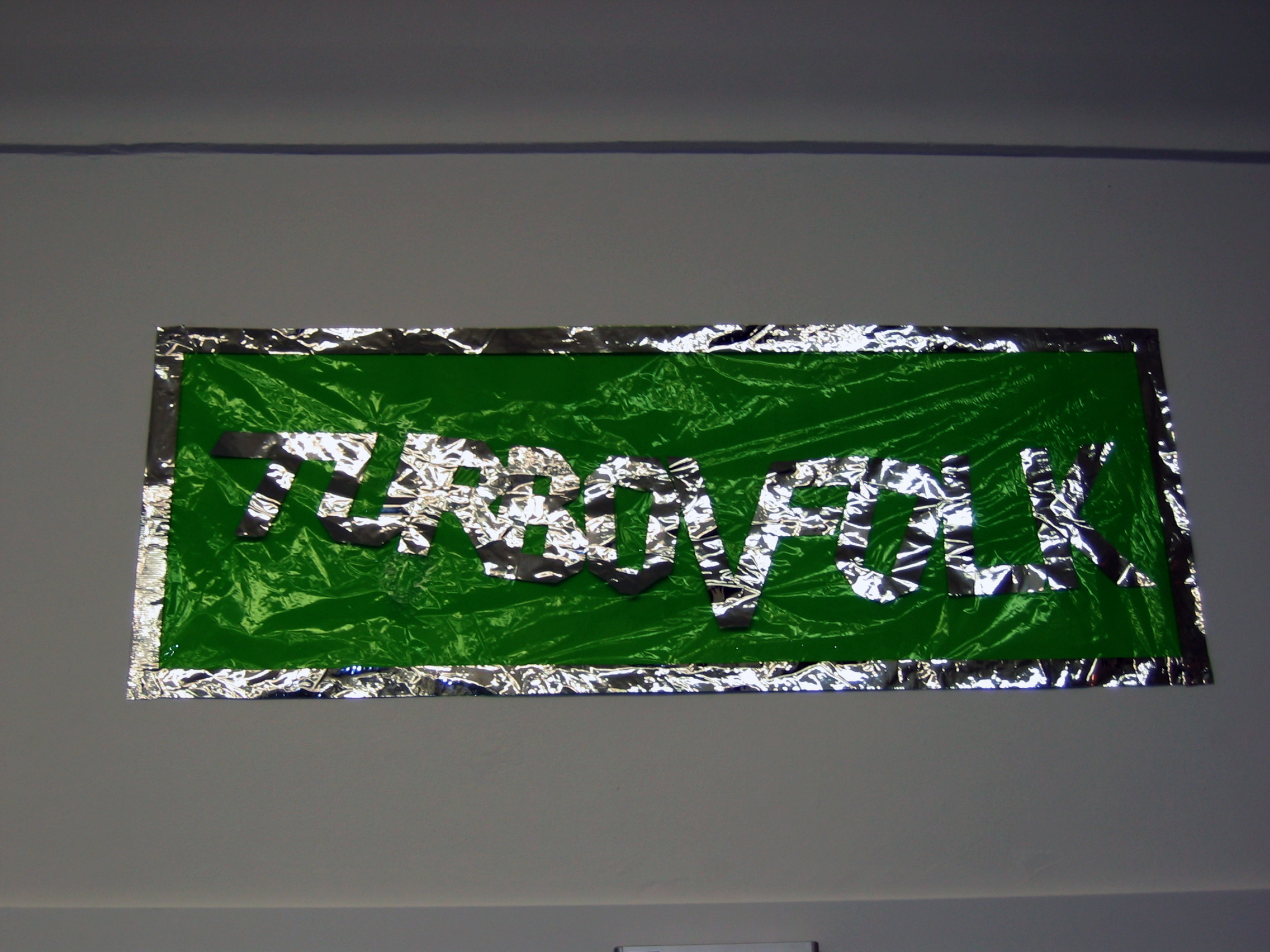
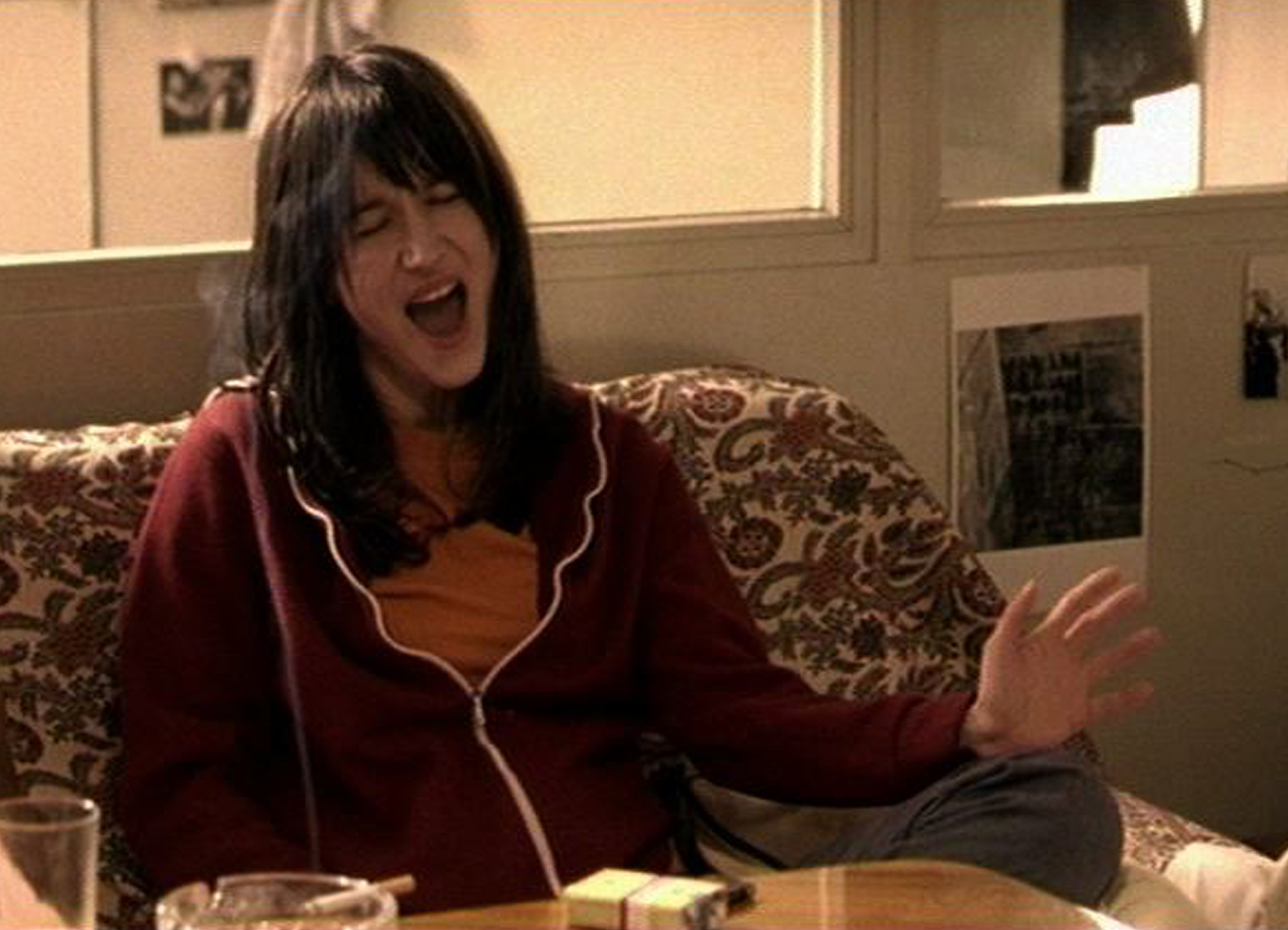
posttraumatic entertainment
︎ POSTTRAUMATIC ENTERTAINMENT
Book
︎ LOMA
Music
︎ GROUND CONTROL
Film
︎ THERE IS NO PROBLEM
Film
︎ FIRM TISSUE OR THE BODY IS MY TEMPLE
Film
︎ THIS WAY AND THAT
Film
︎ LIKE WATER UNDER THE BRIDGE
Film
"Posttraumatic entertainment" marks the first phase of Adnan Softić's artistic work - escaped from the war, unable to overview the great political movements; standing in front of an audience that was perhaps only interested in the spectacle of horror and in his "sacrificial figure“...
"Posttraumatic entertainment" was an attempt to renegotiate everything, in the shadow of an experienced trauma and with a self-mandate to never have to experience it again. And at the same time not to have any expectations in terms of success. For this you also have to have a sense of humor.
The insecurity and the intentional loss of control were the beginning of a language of one's own in which the trauma and above all the unspeakable are cultivated.
